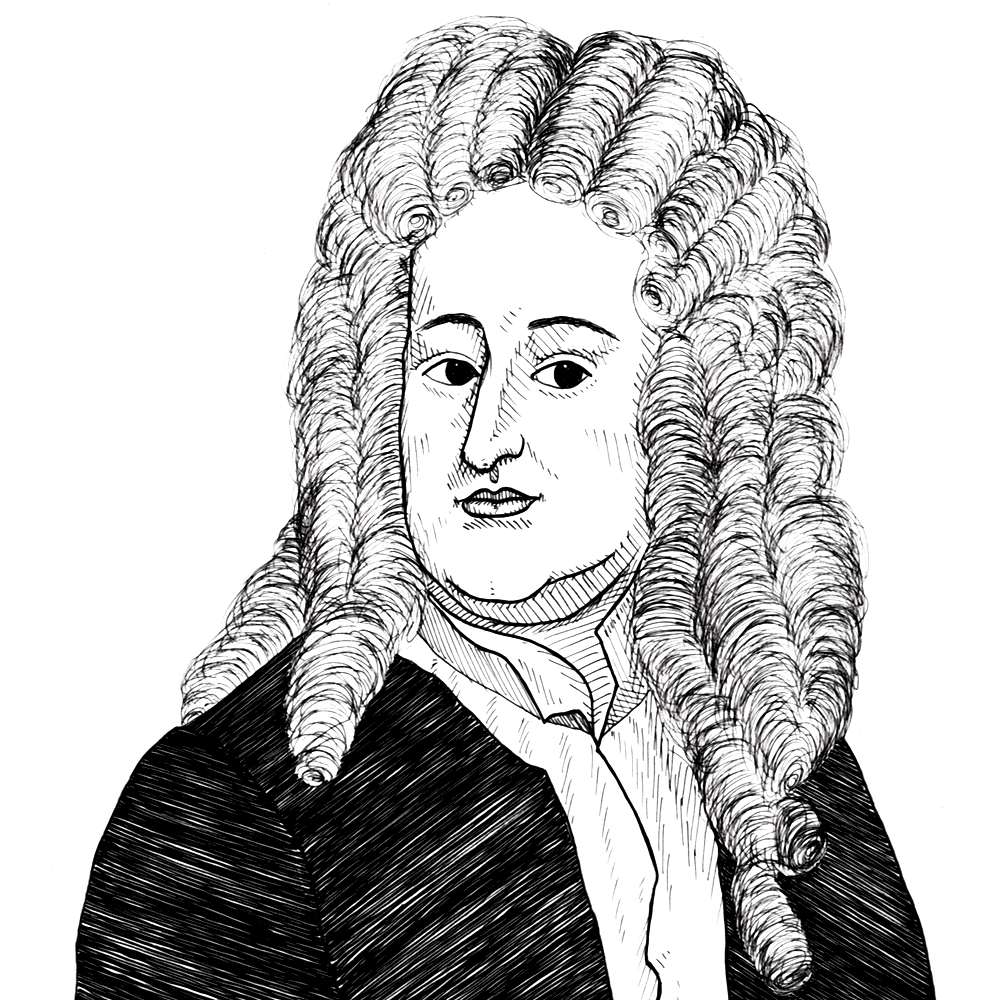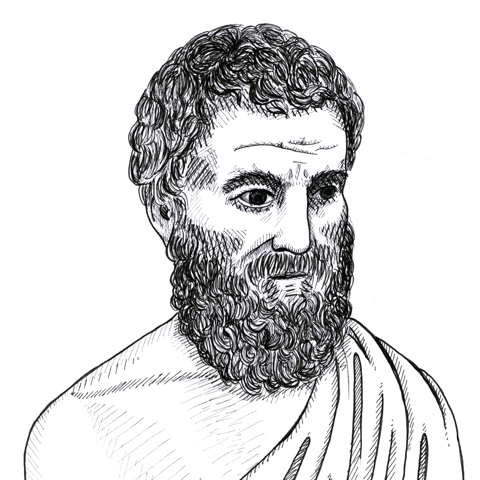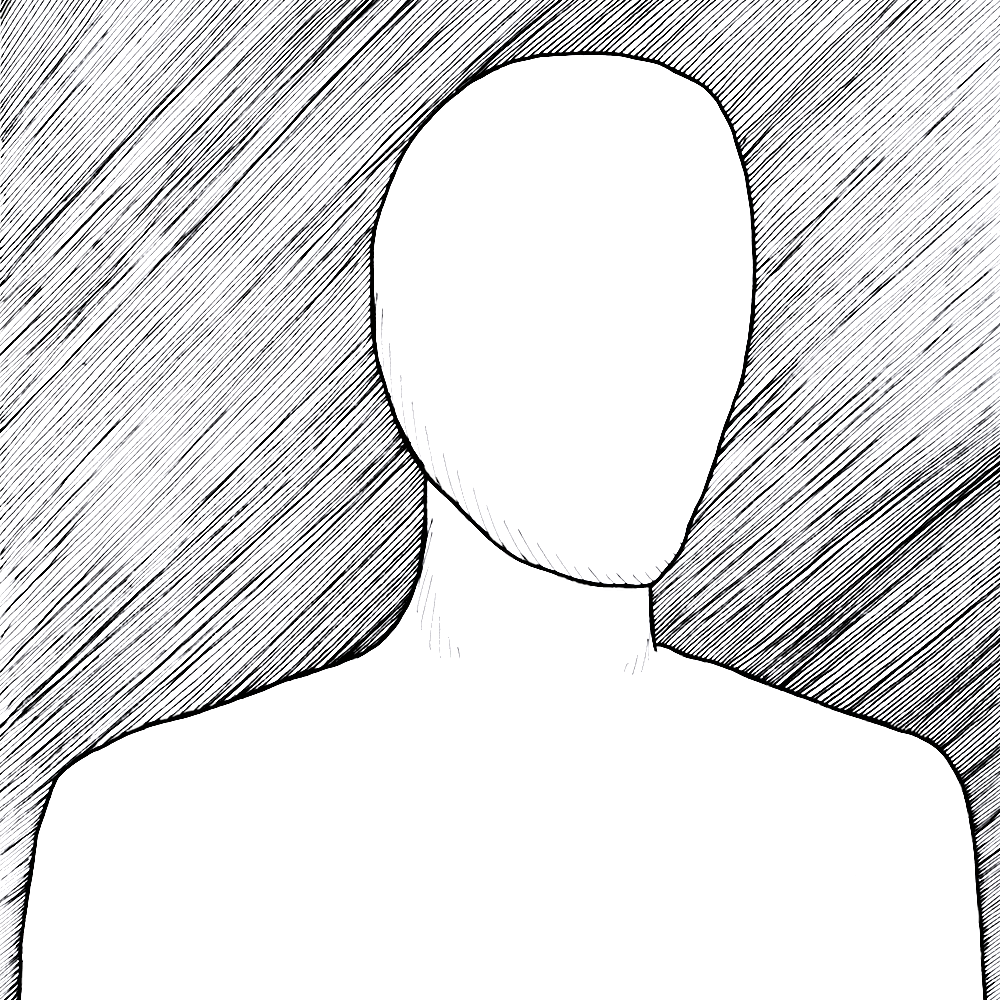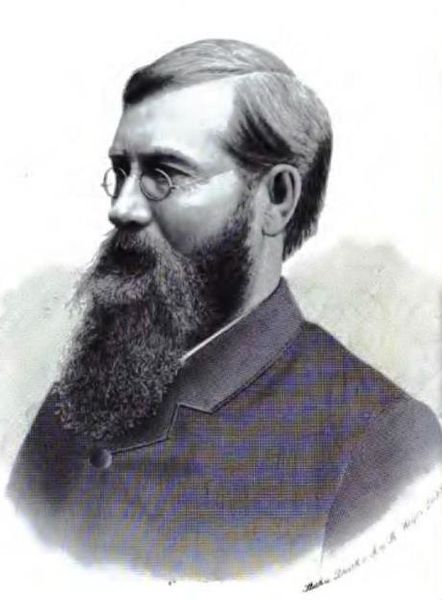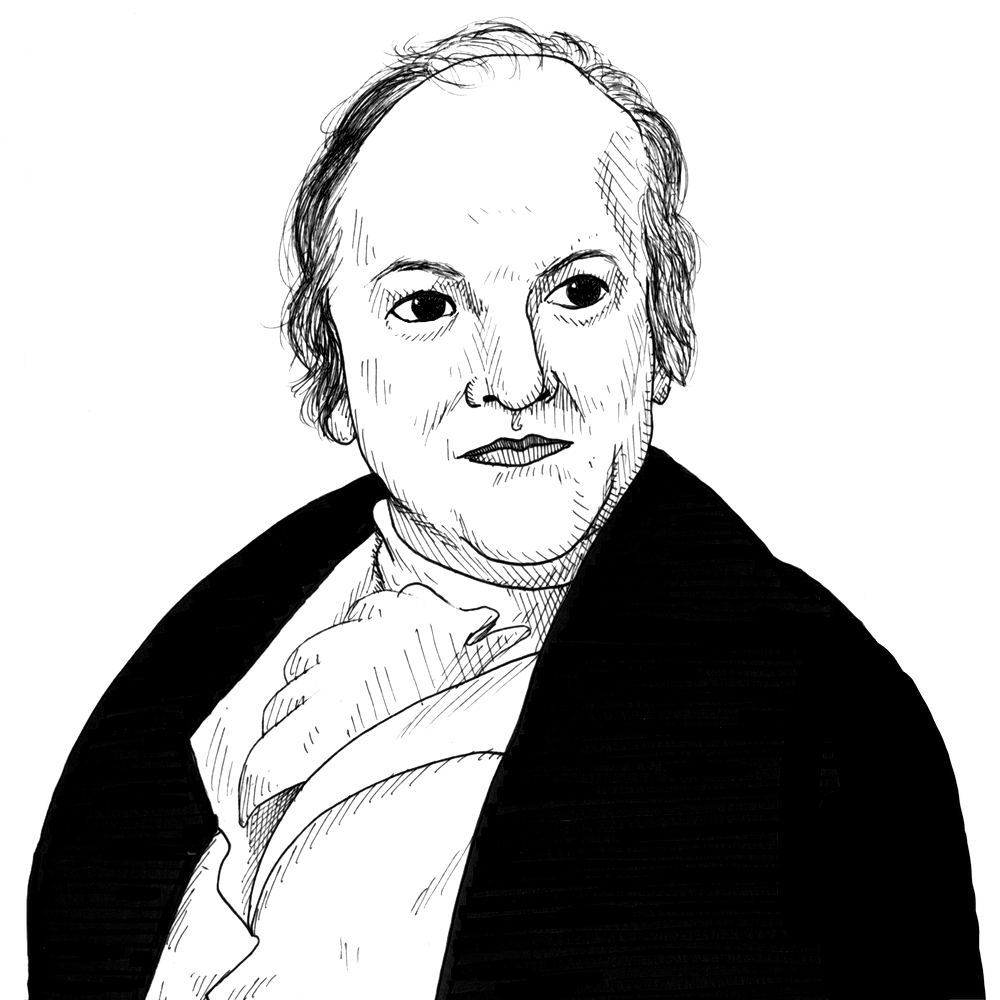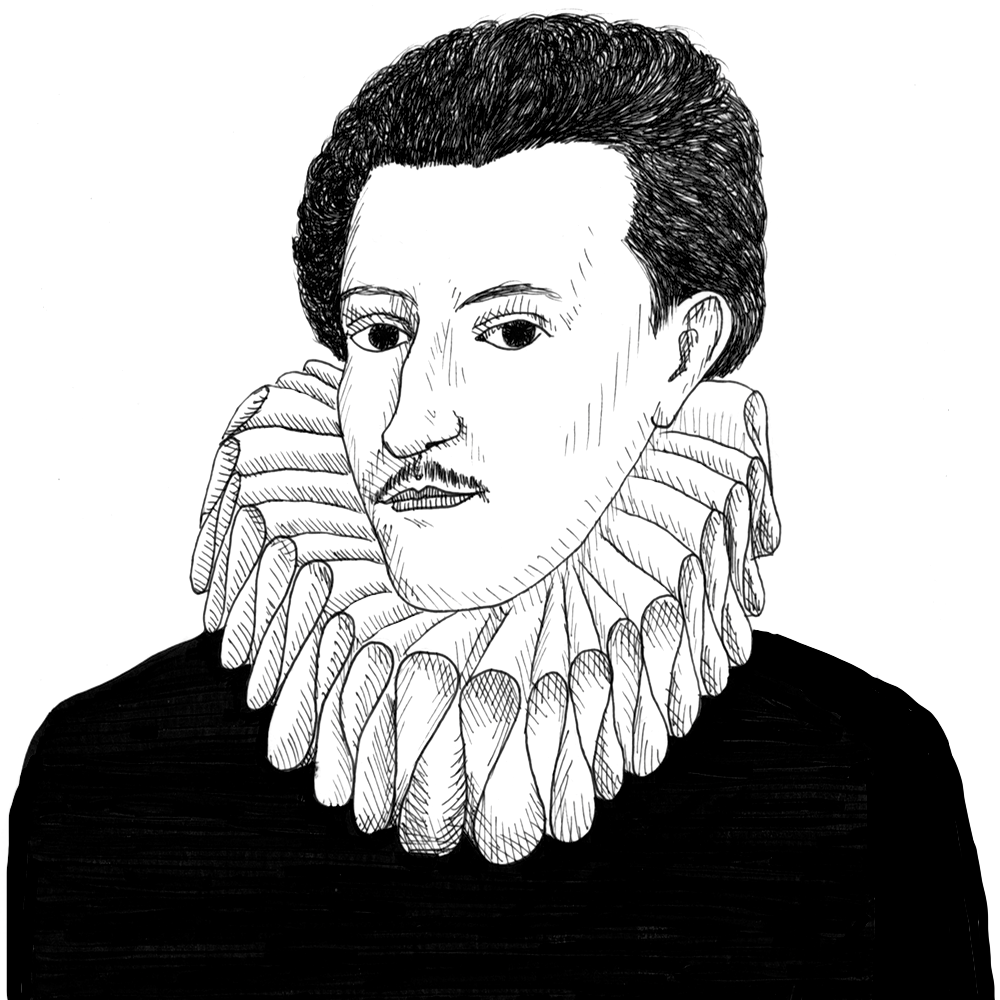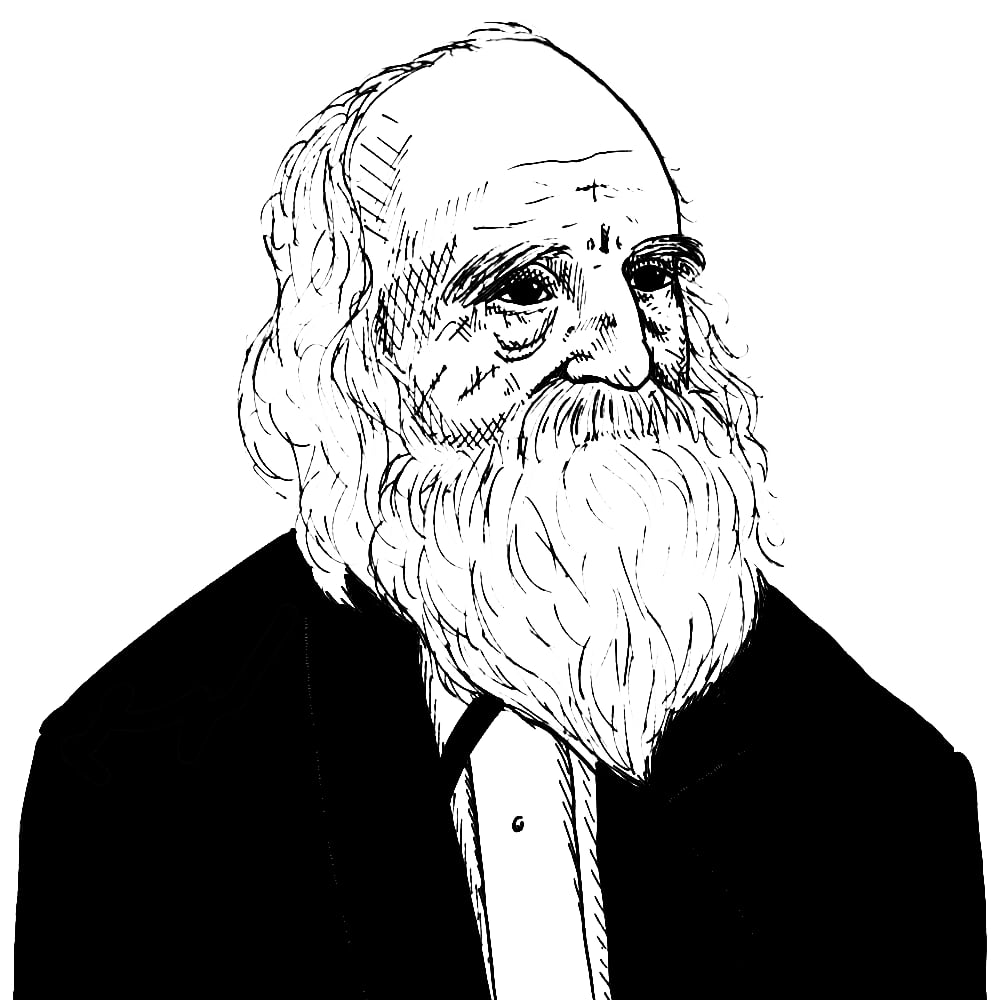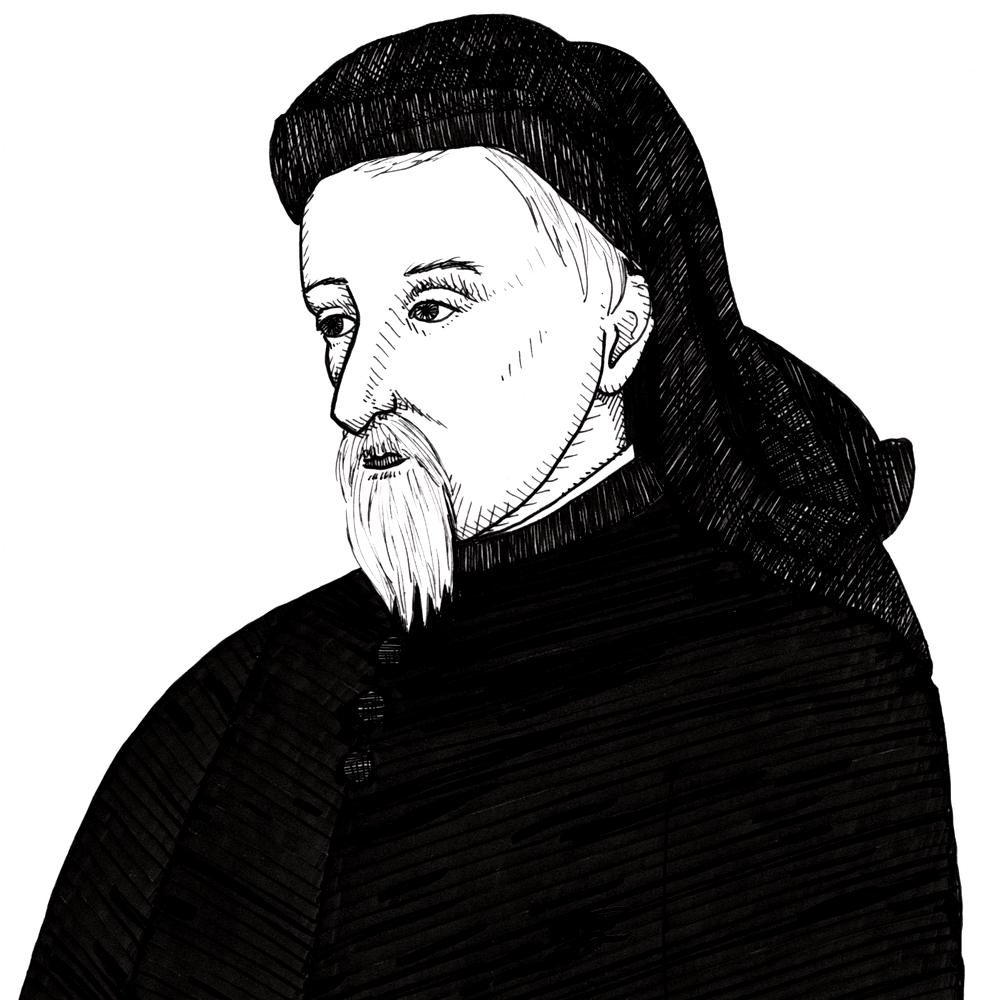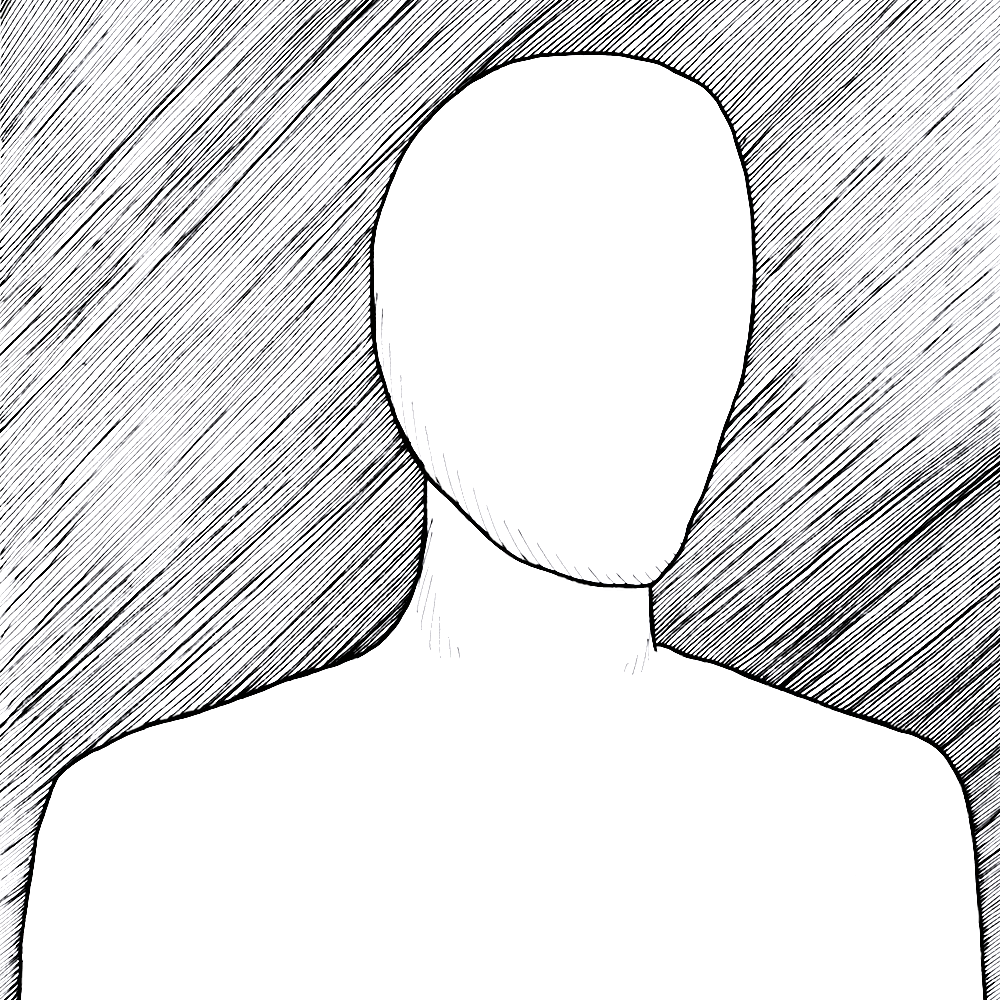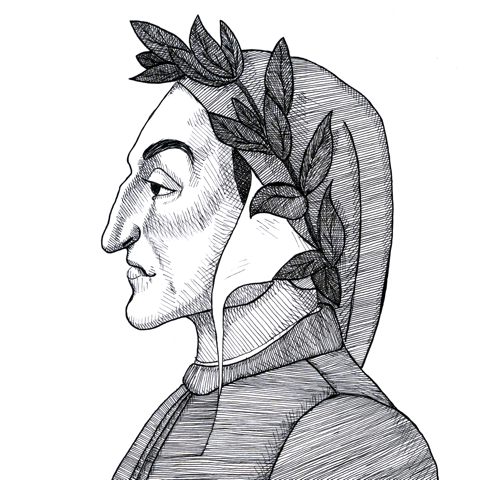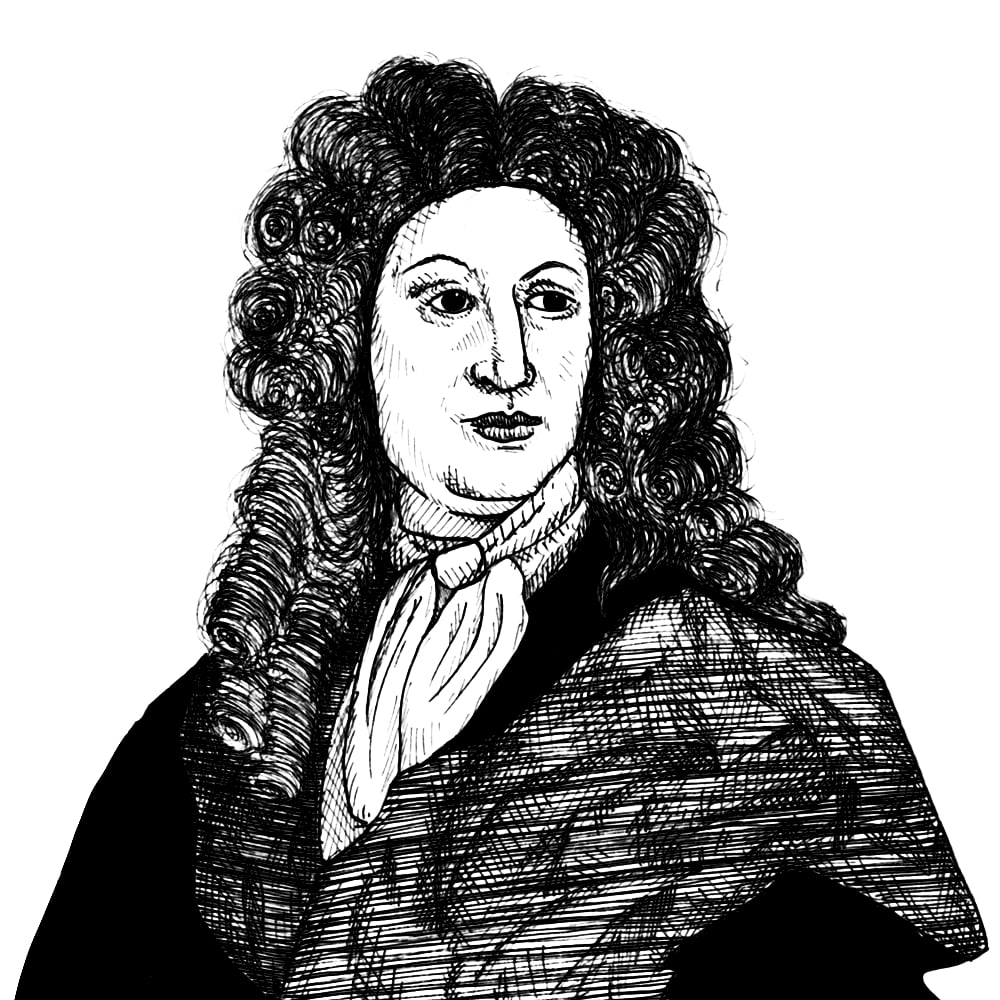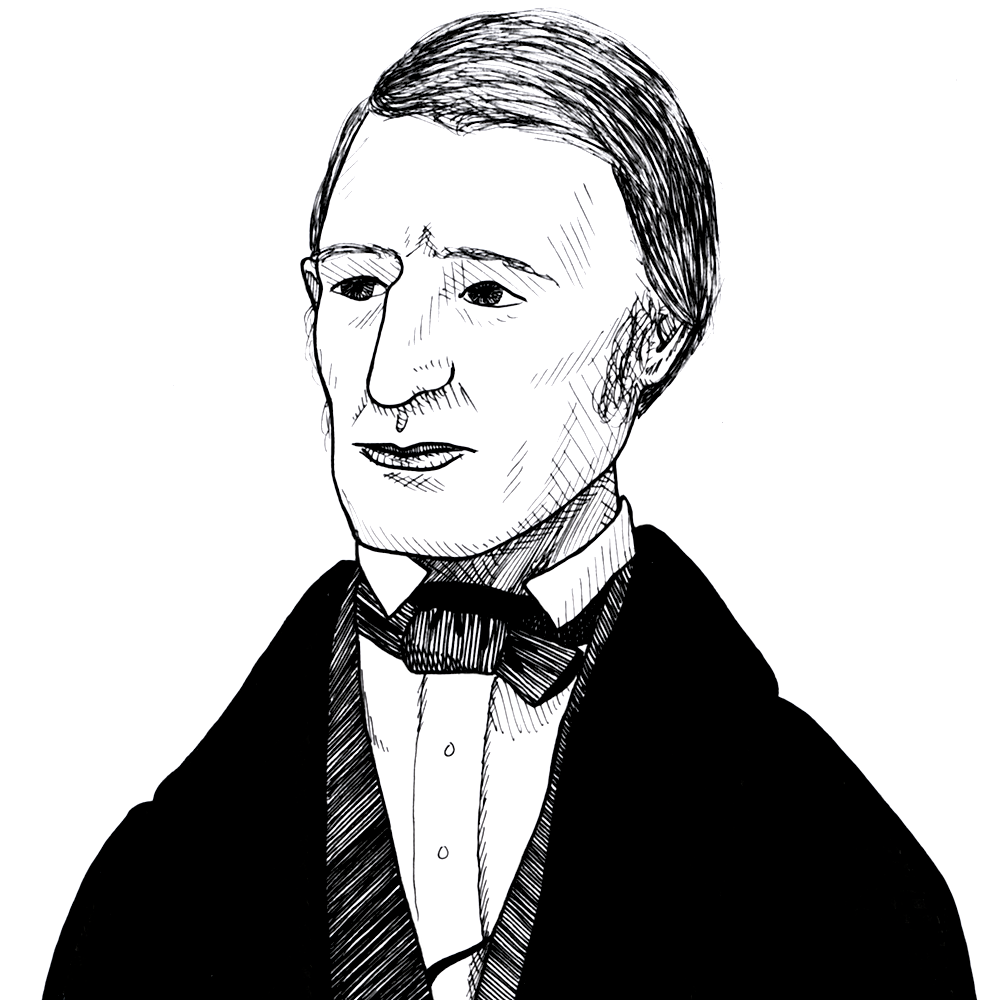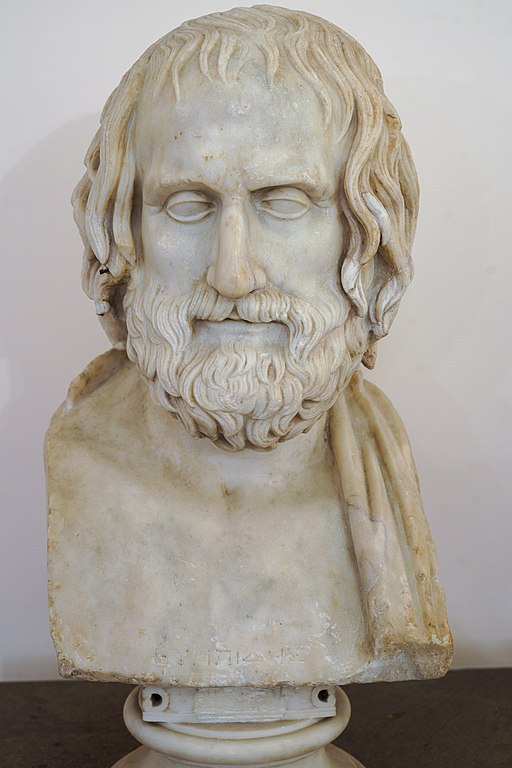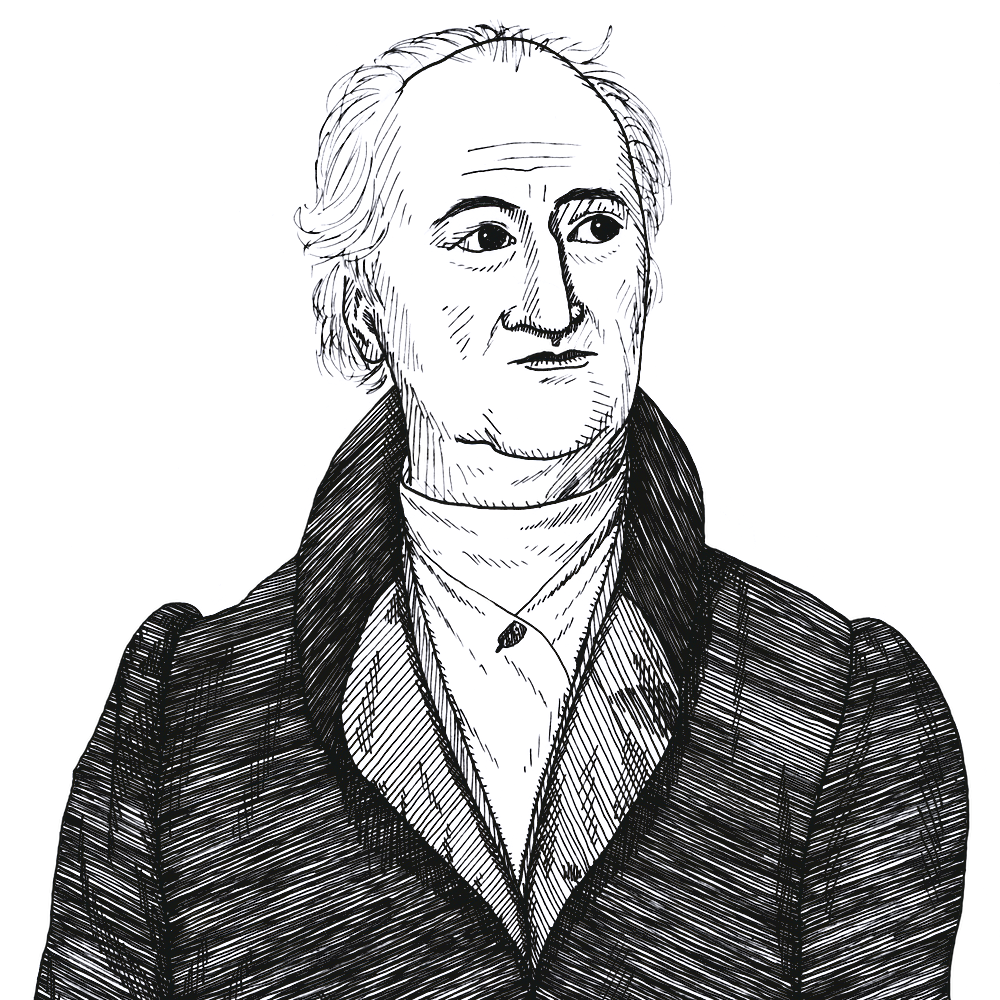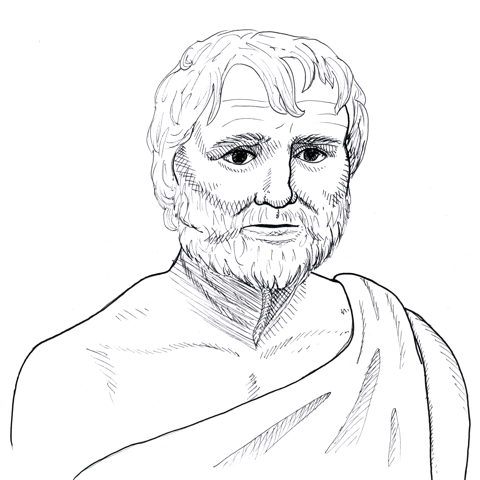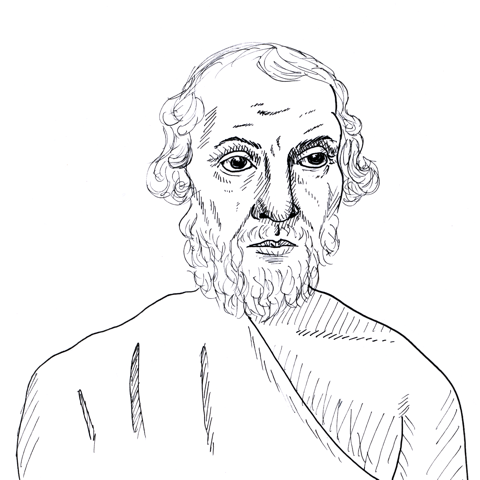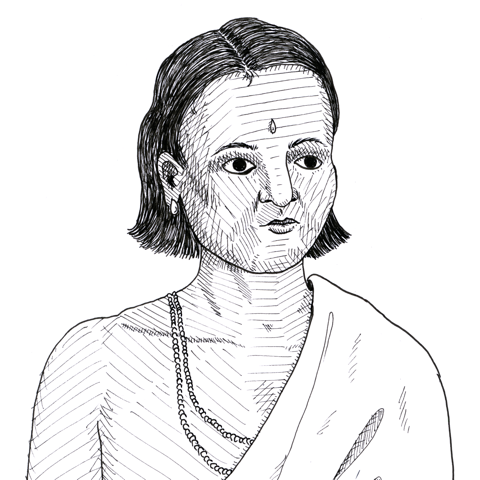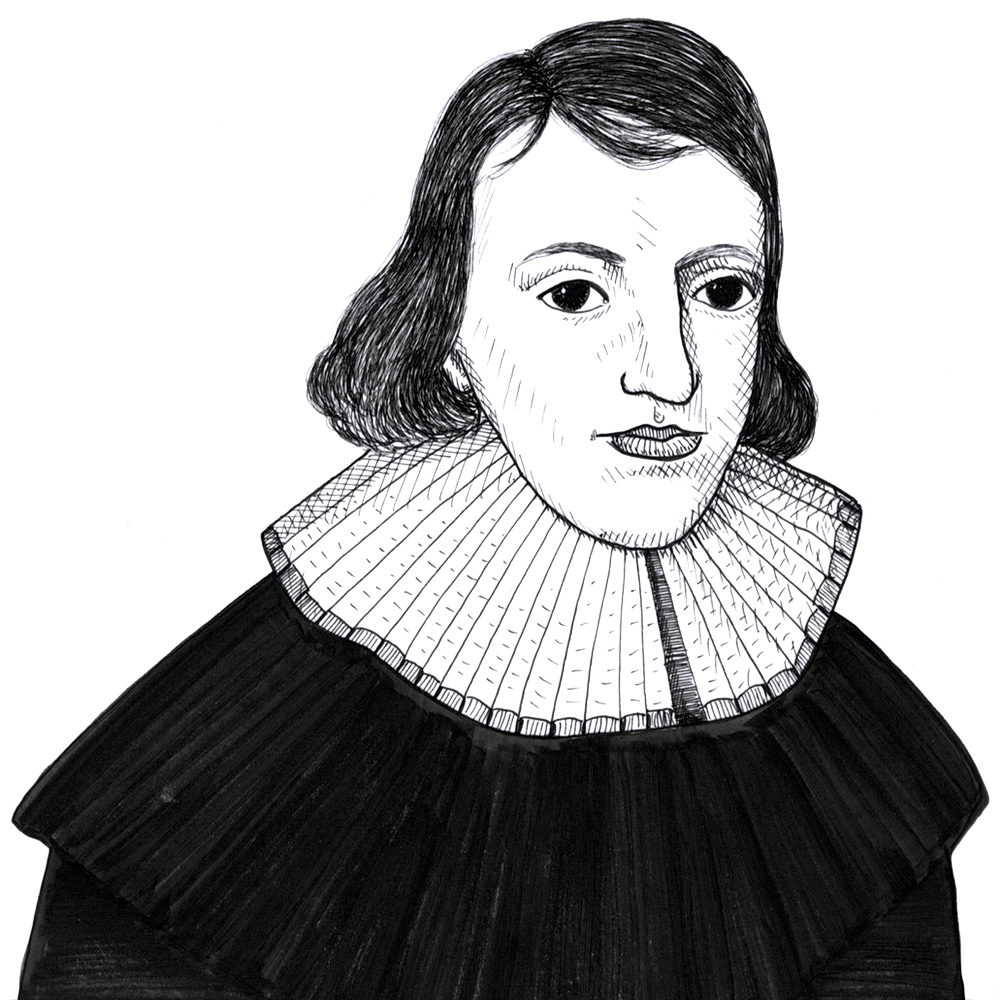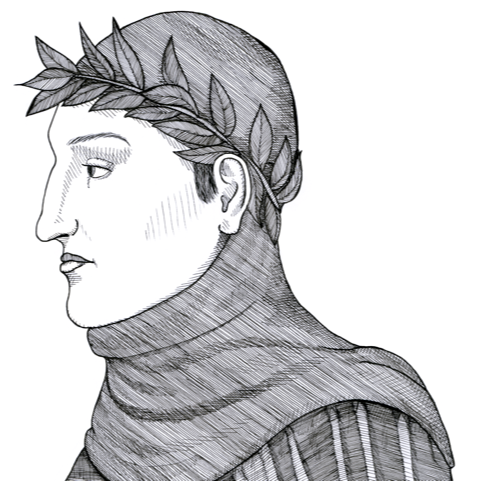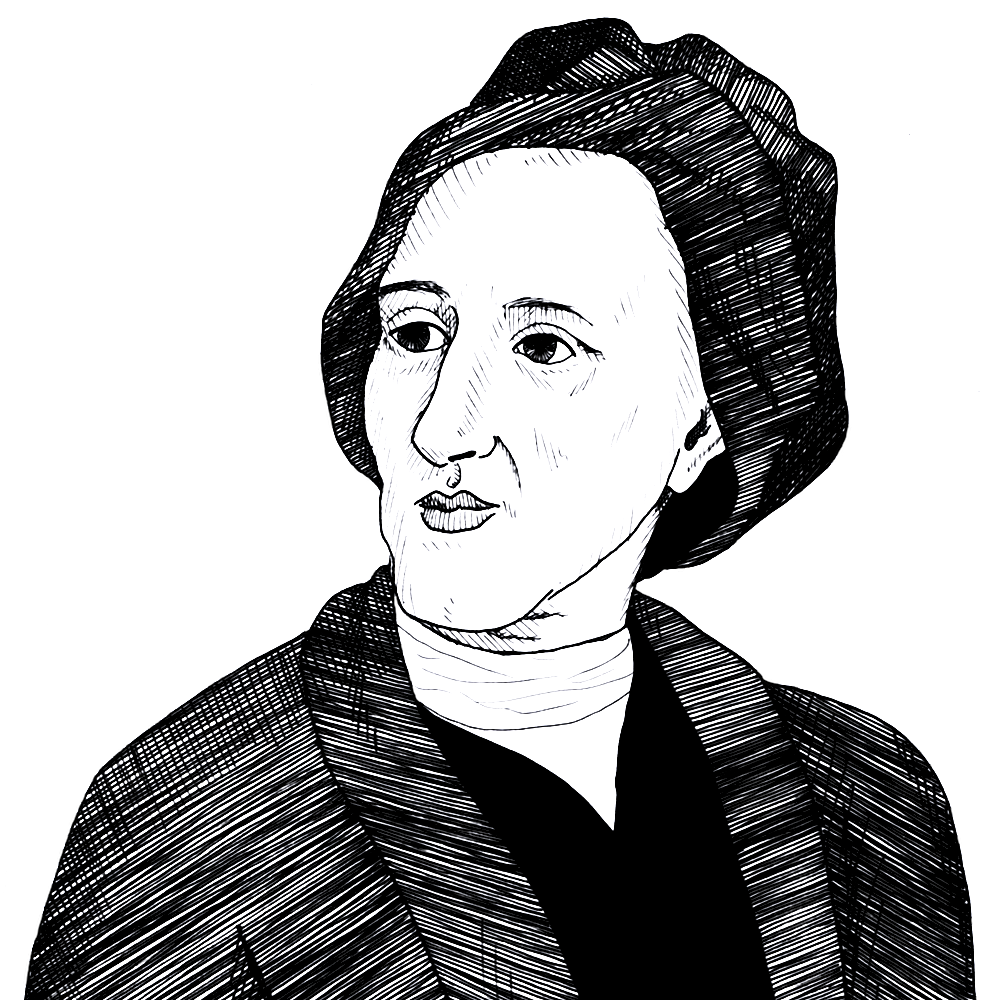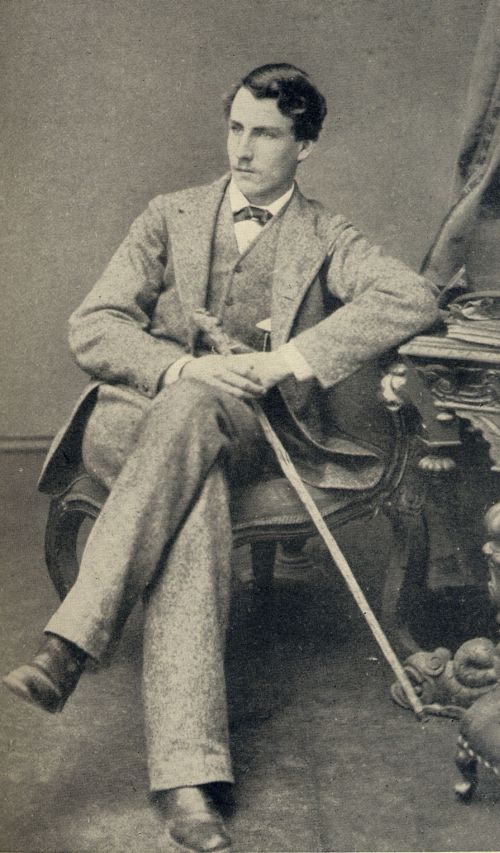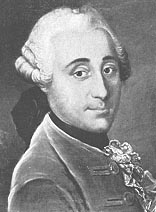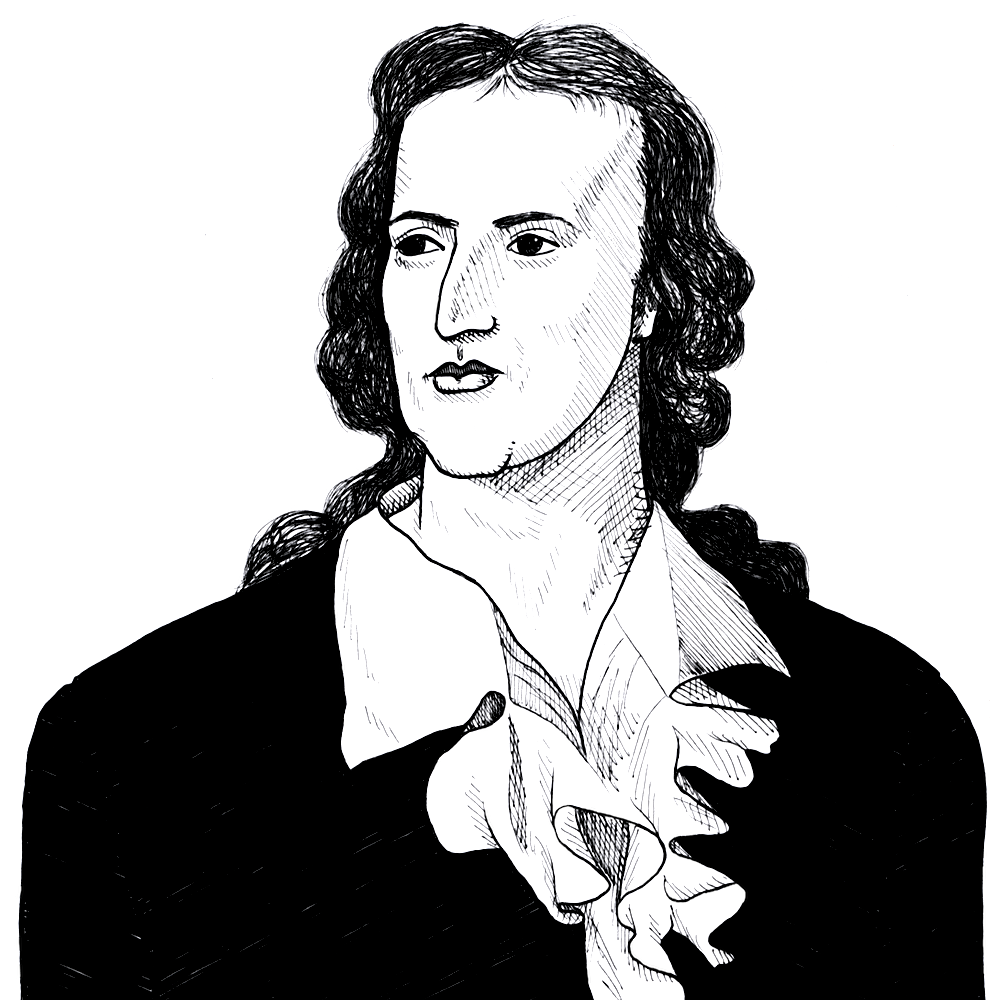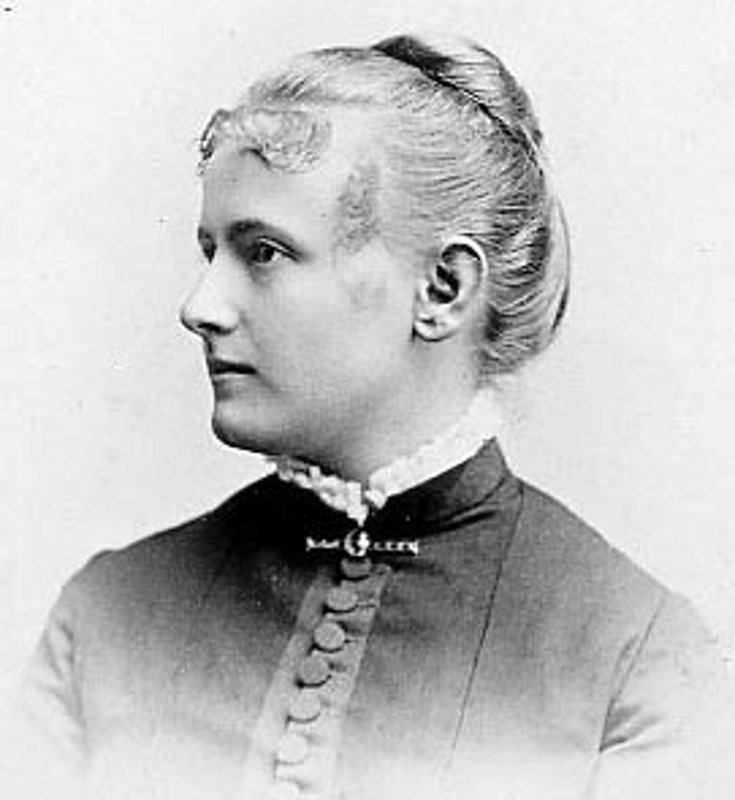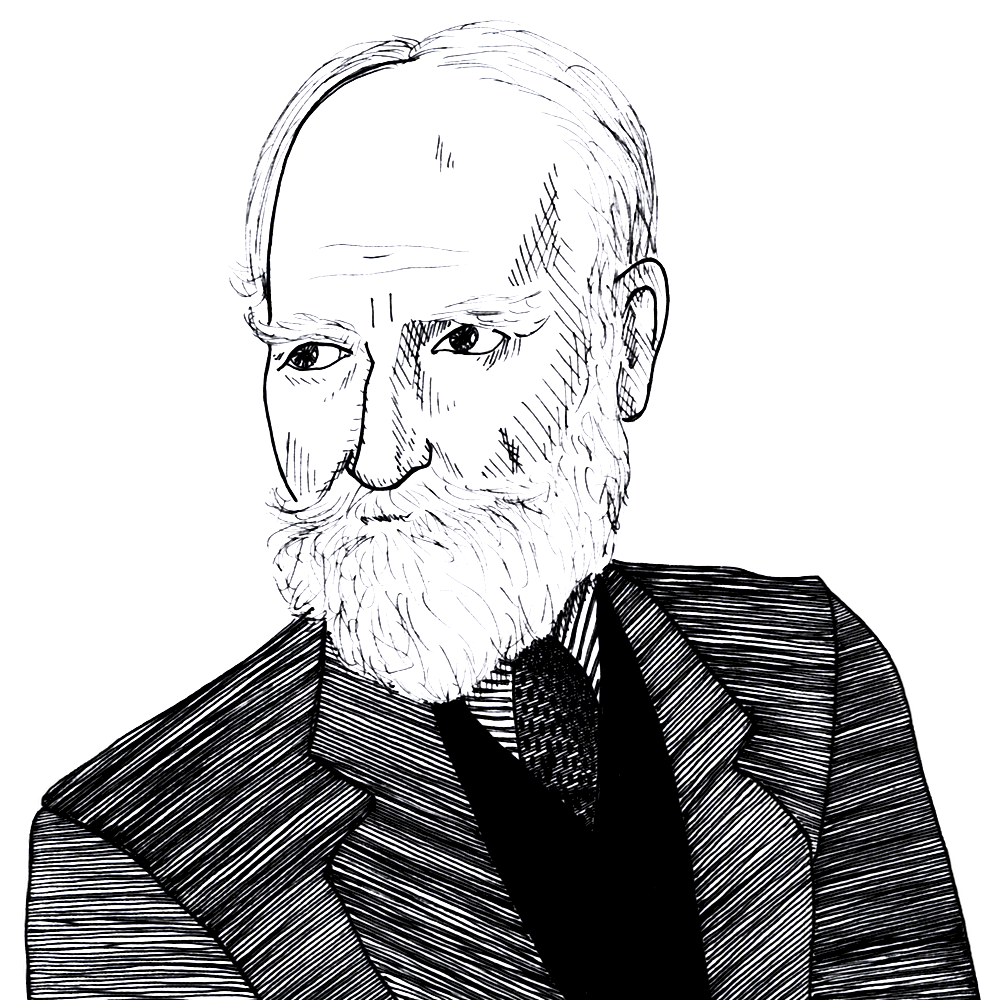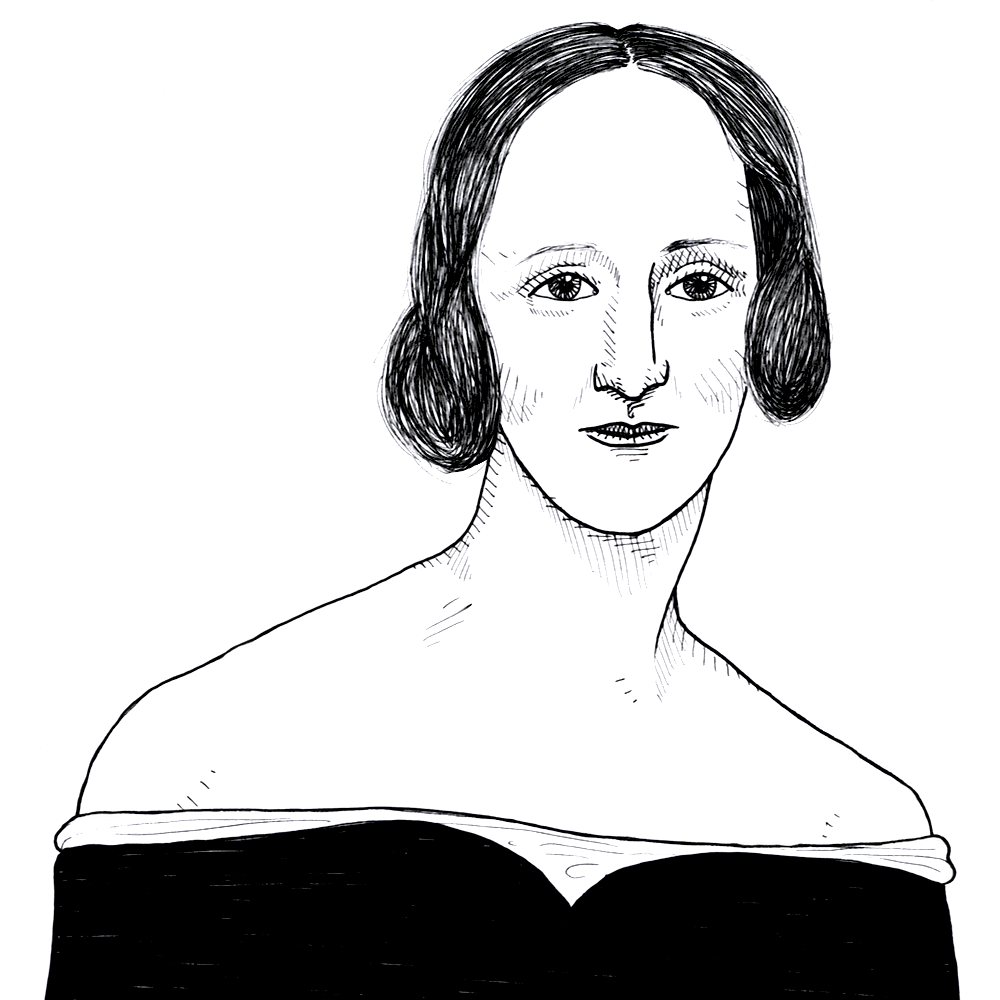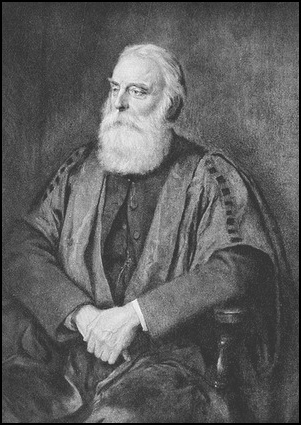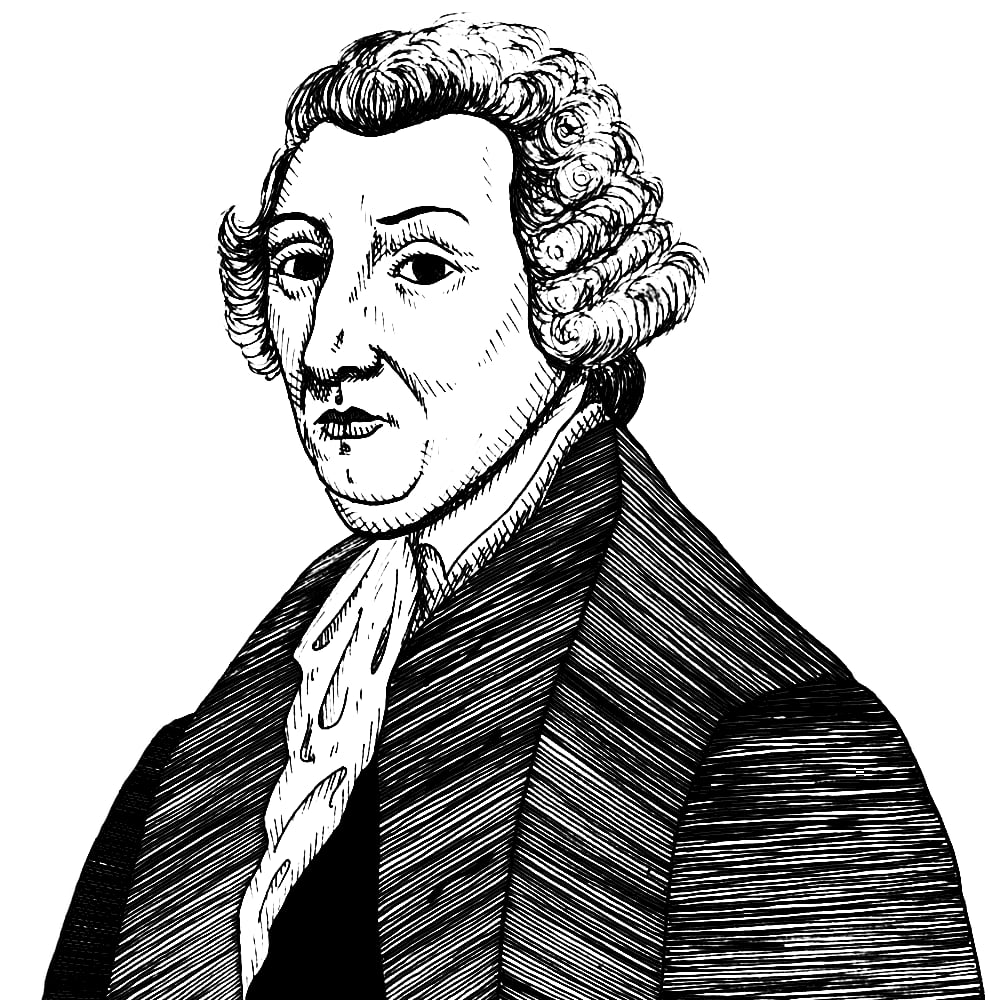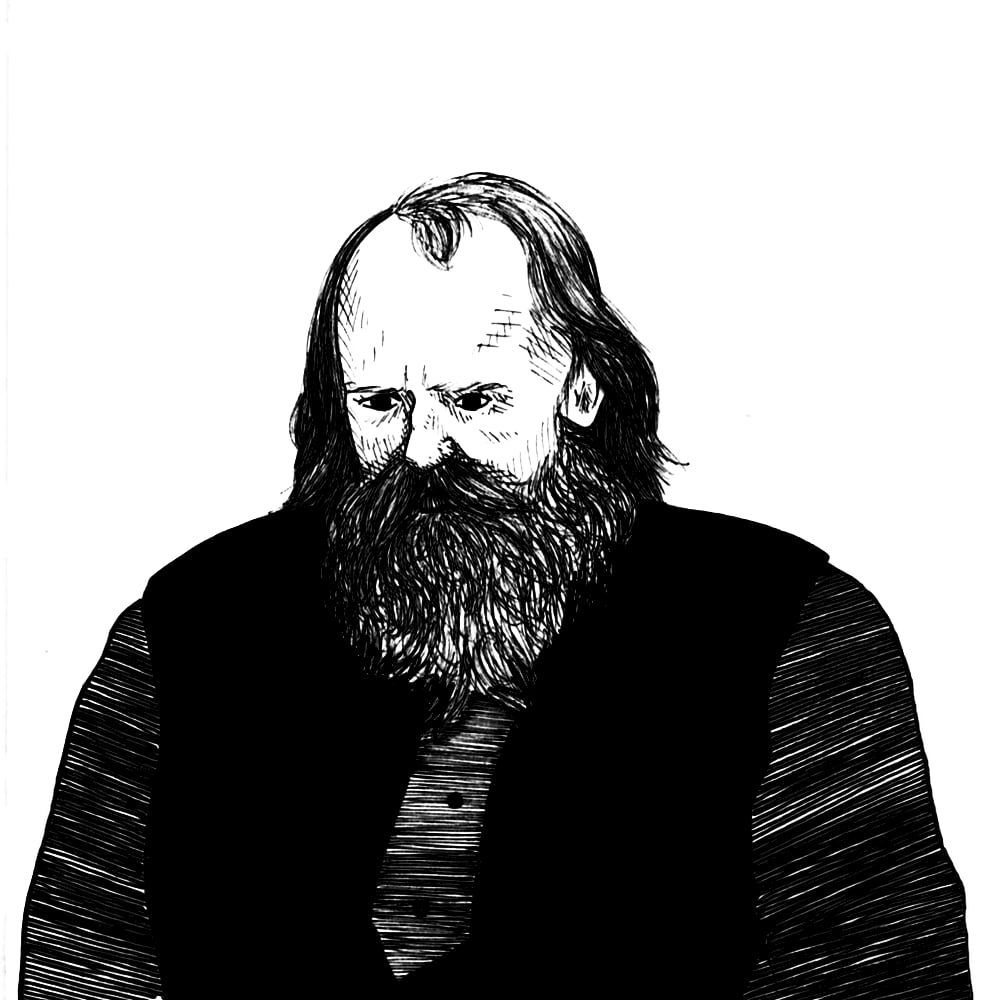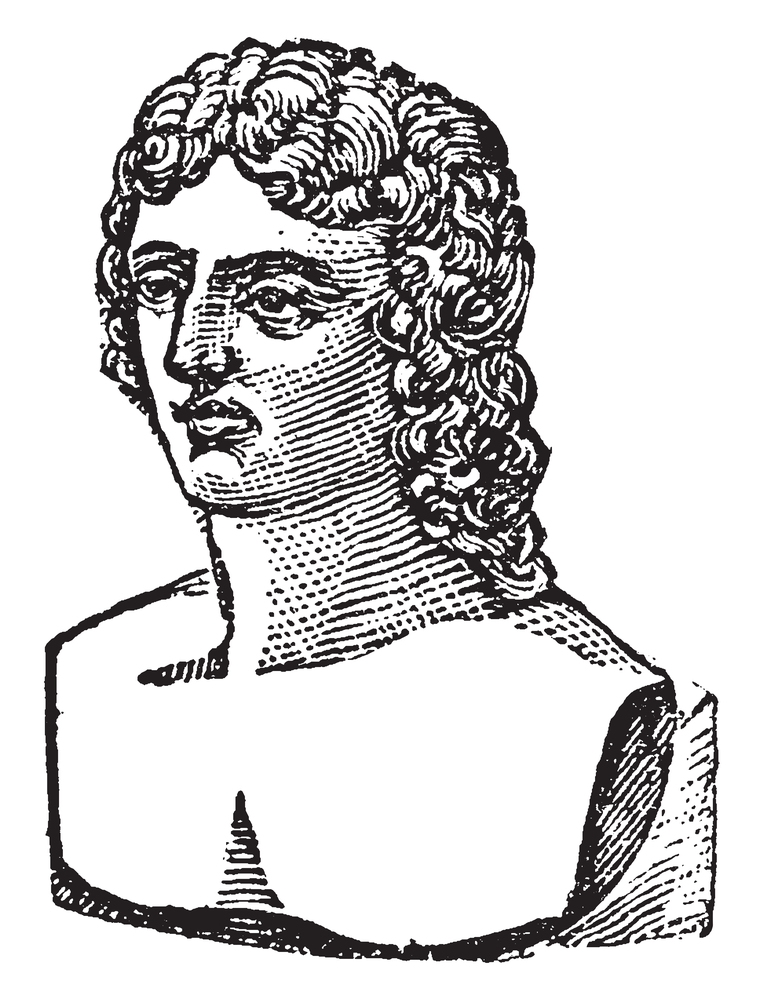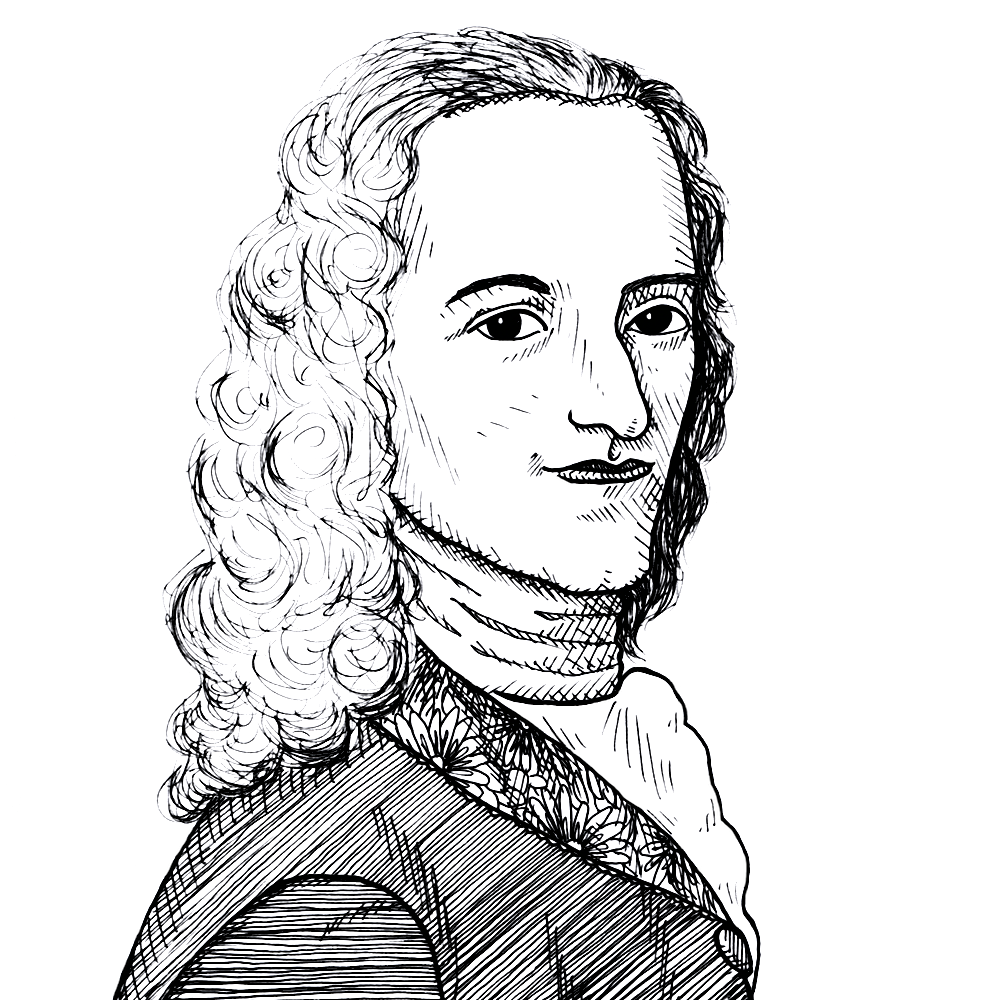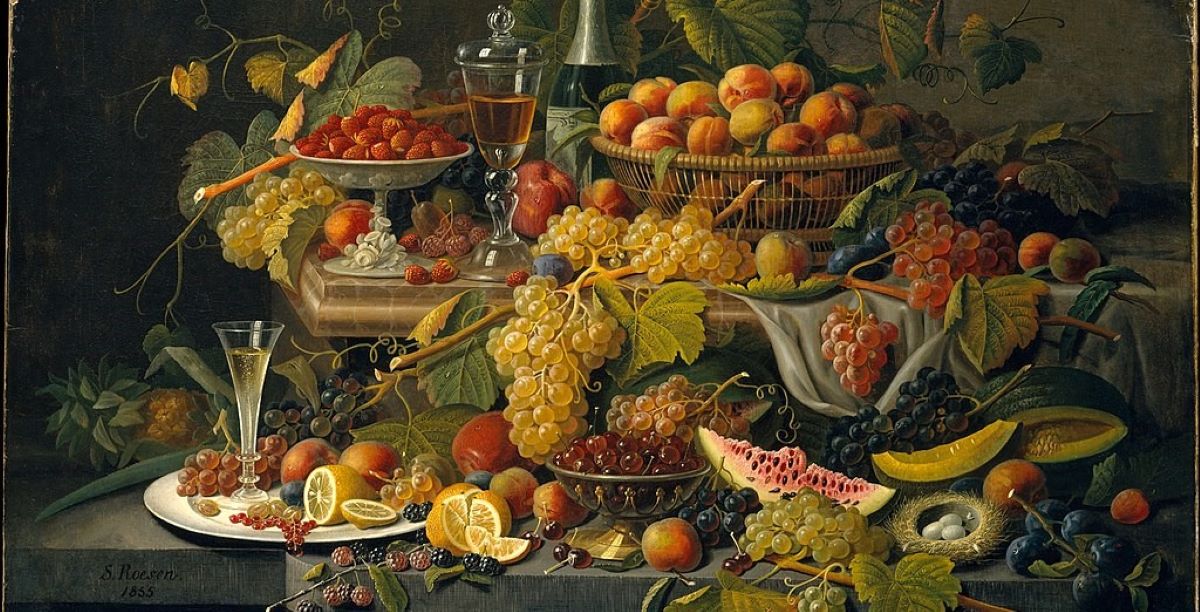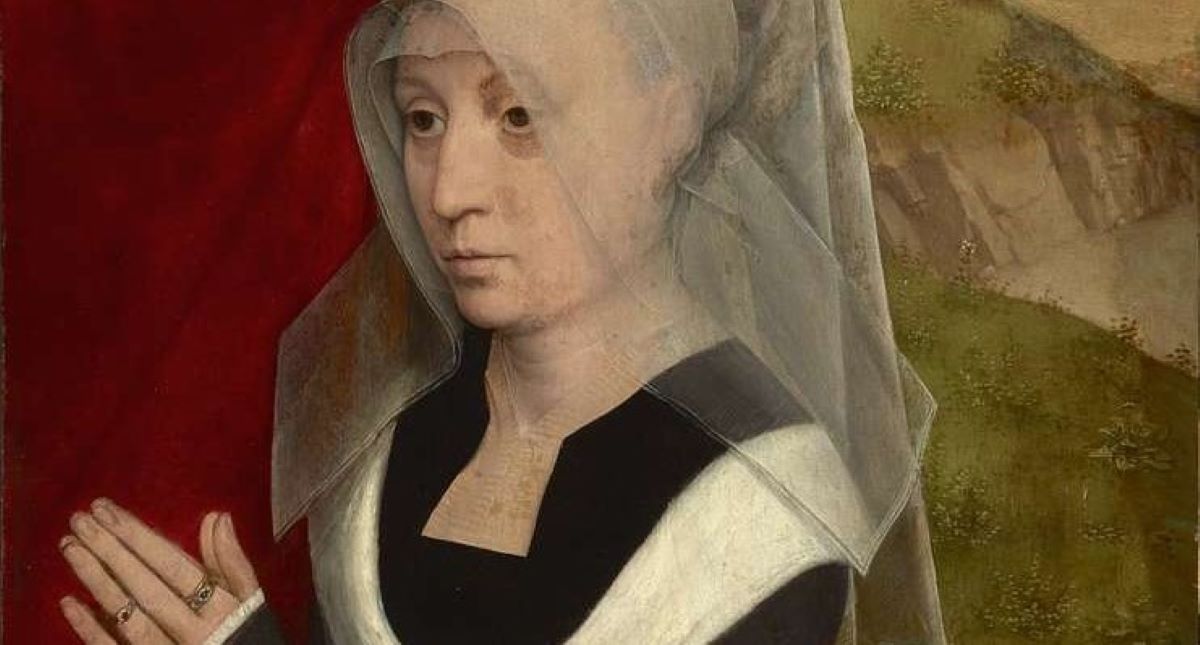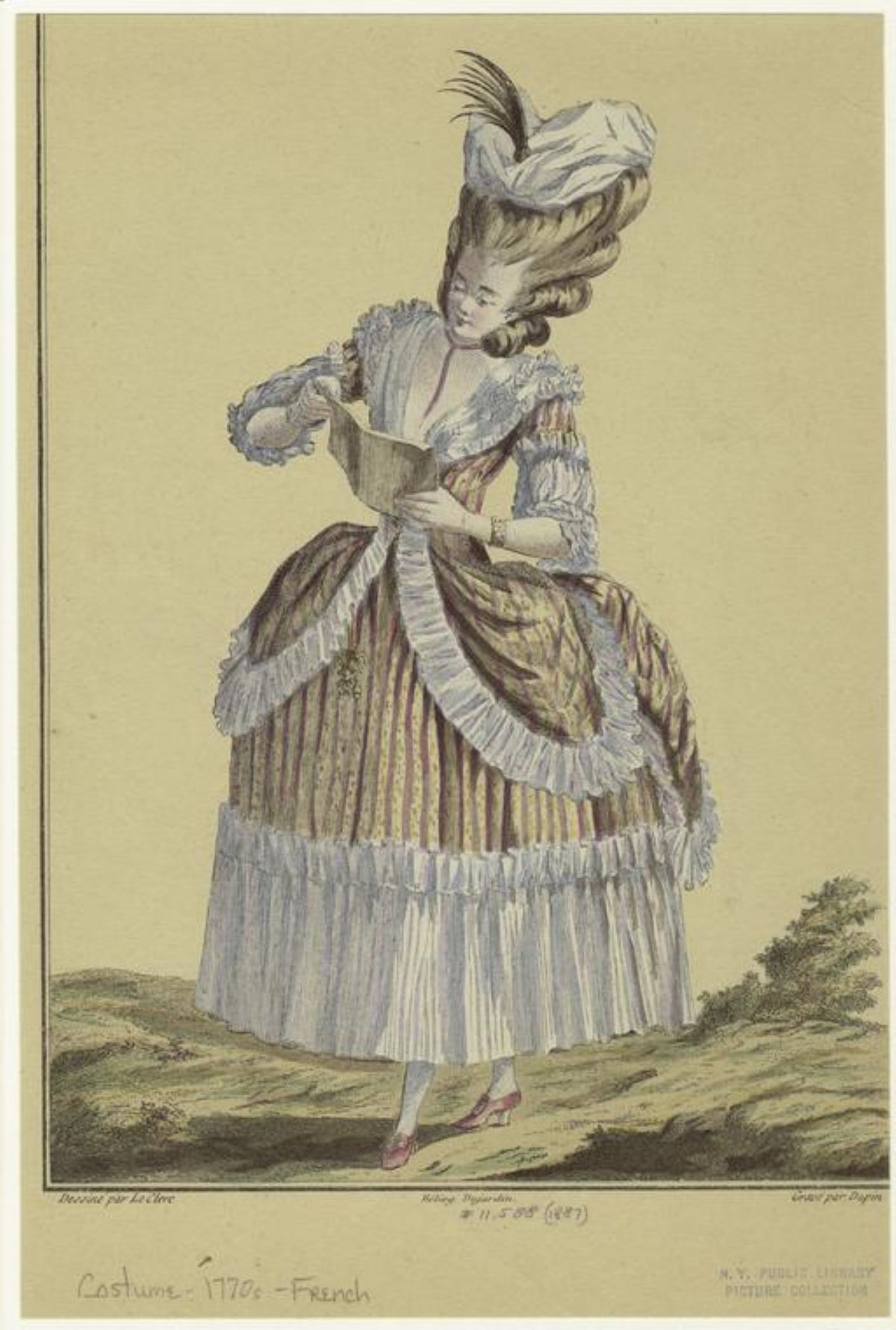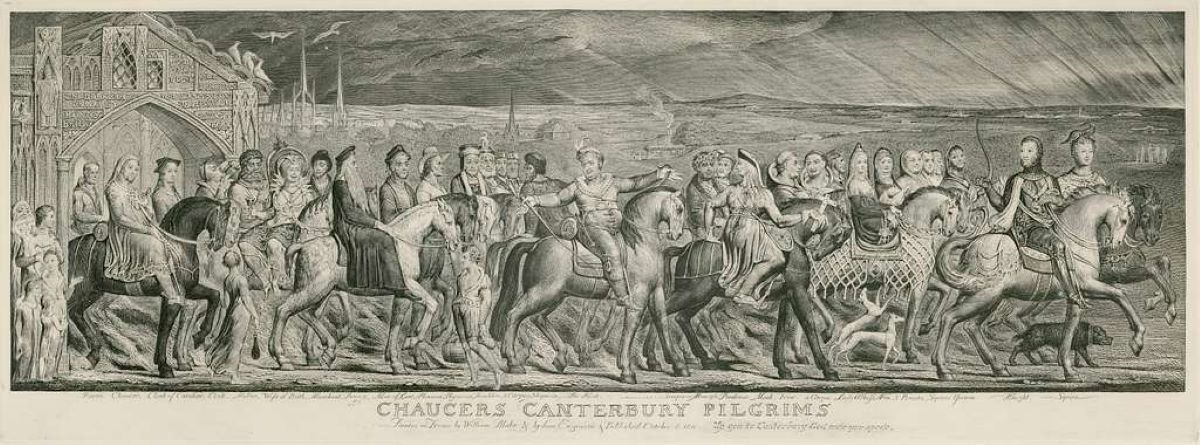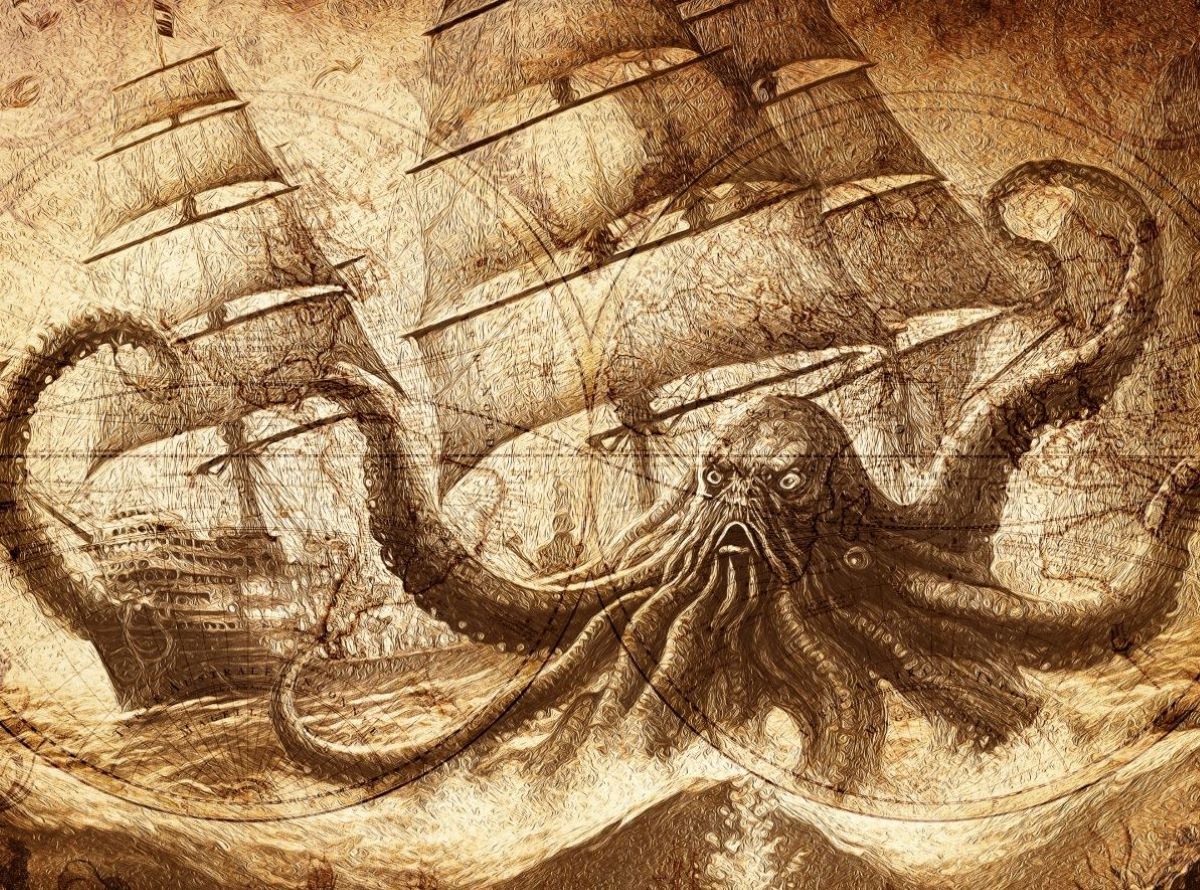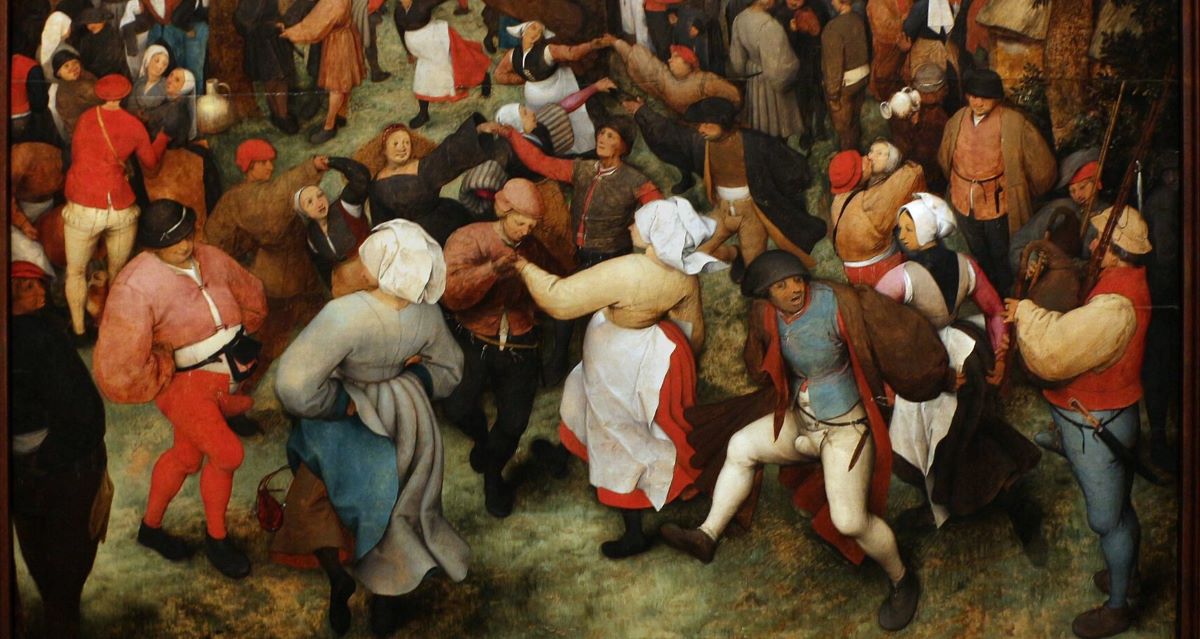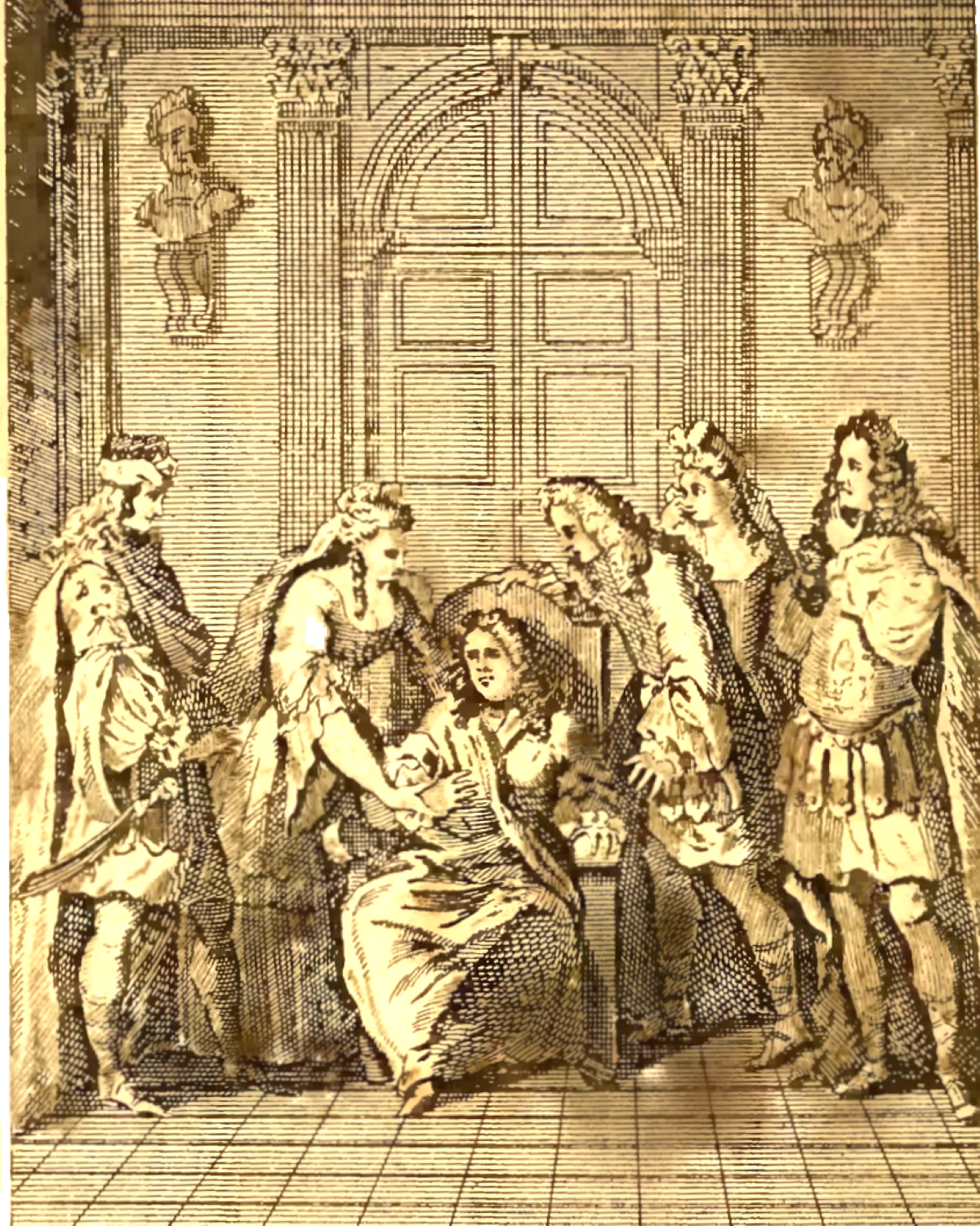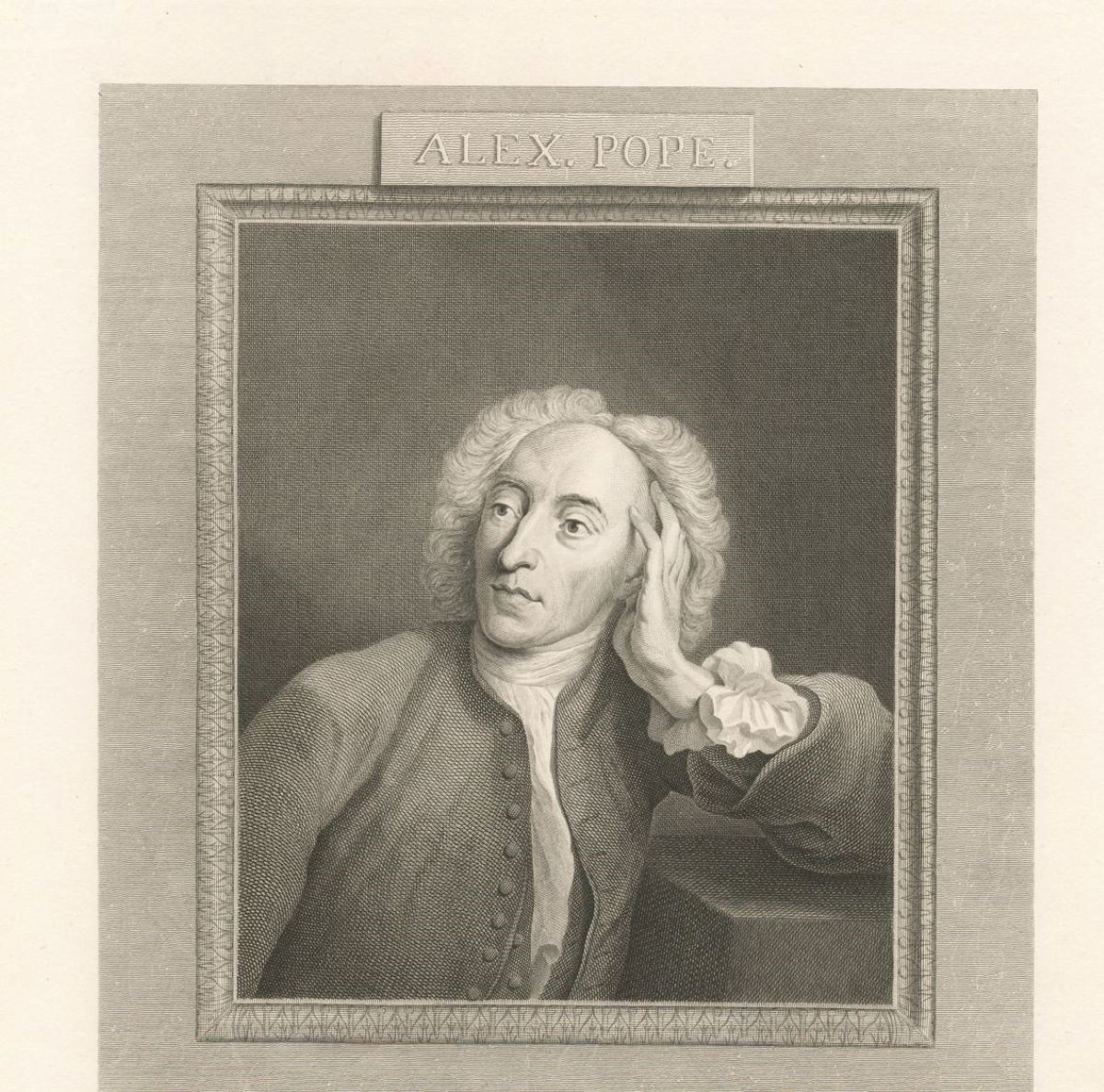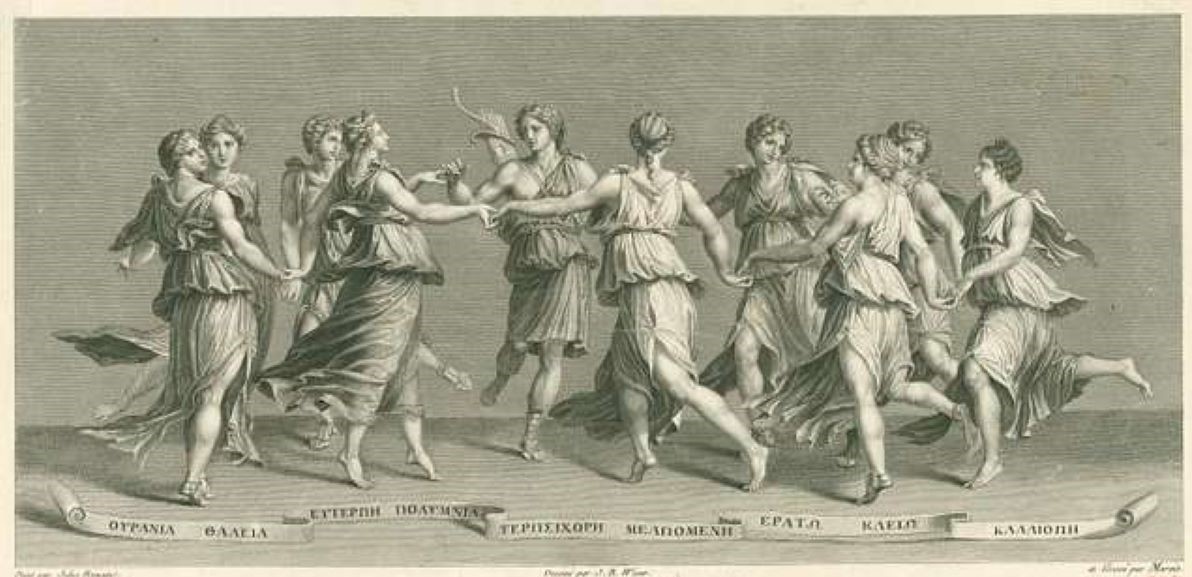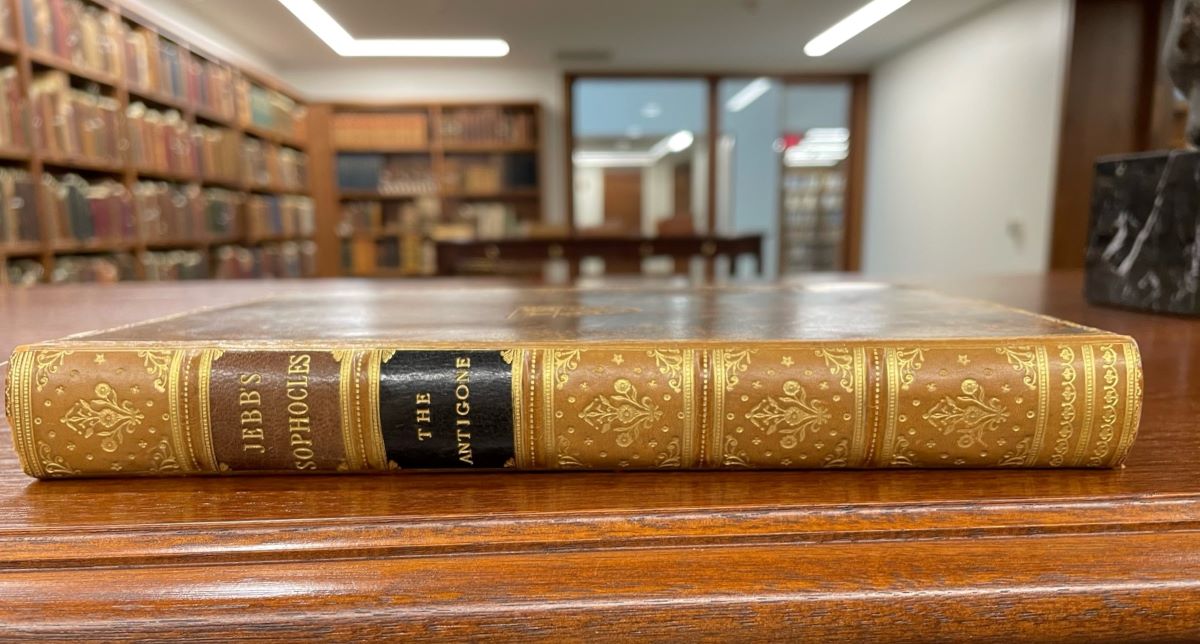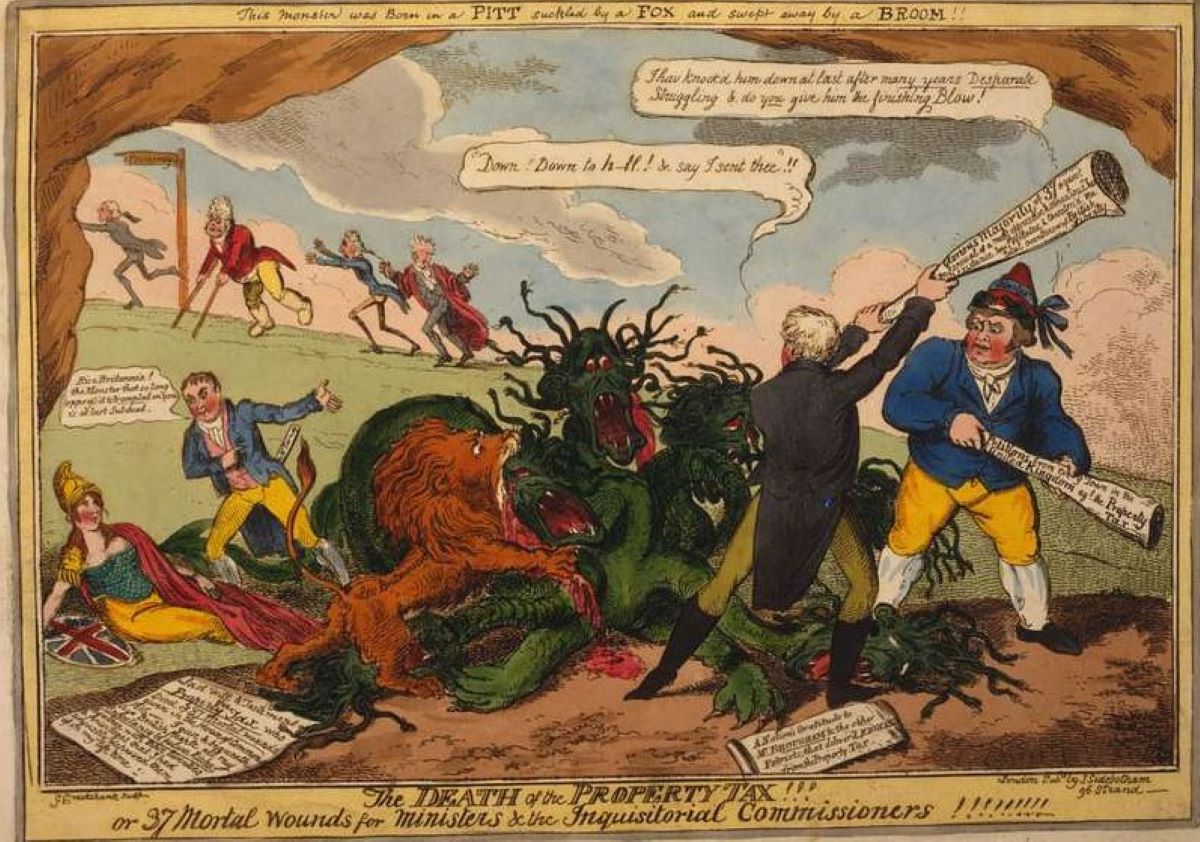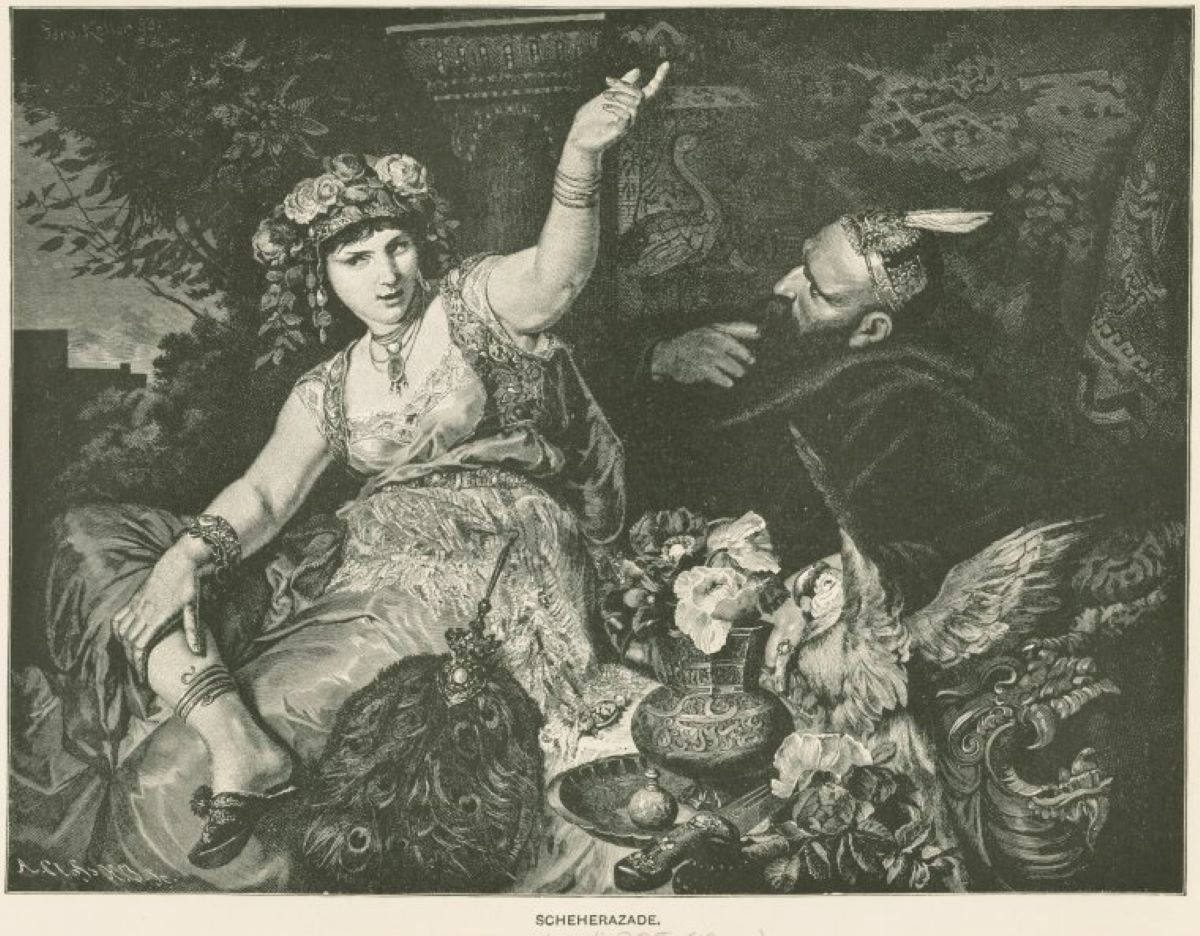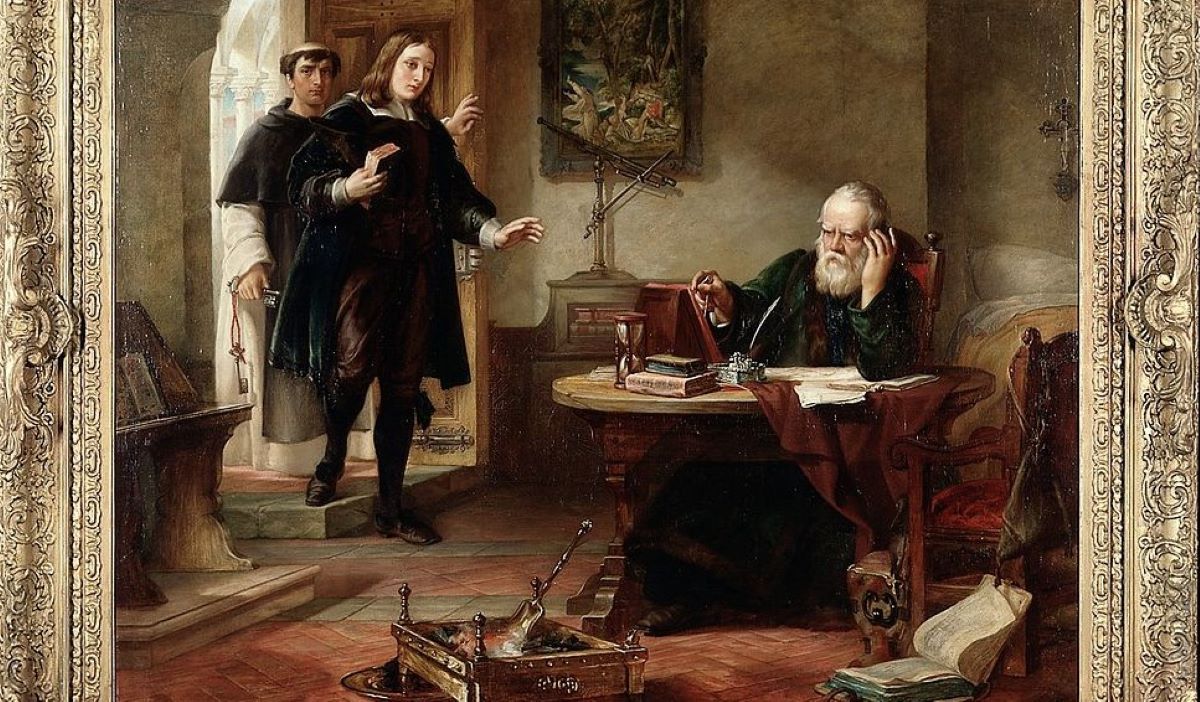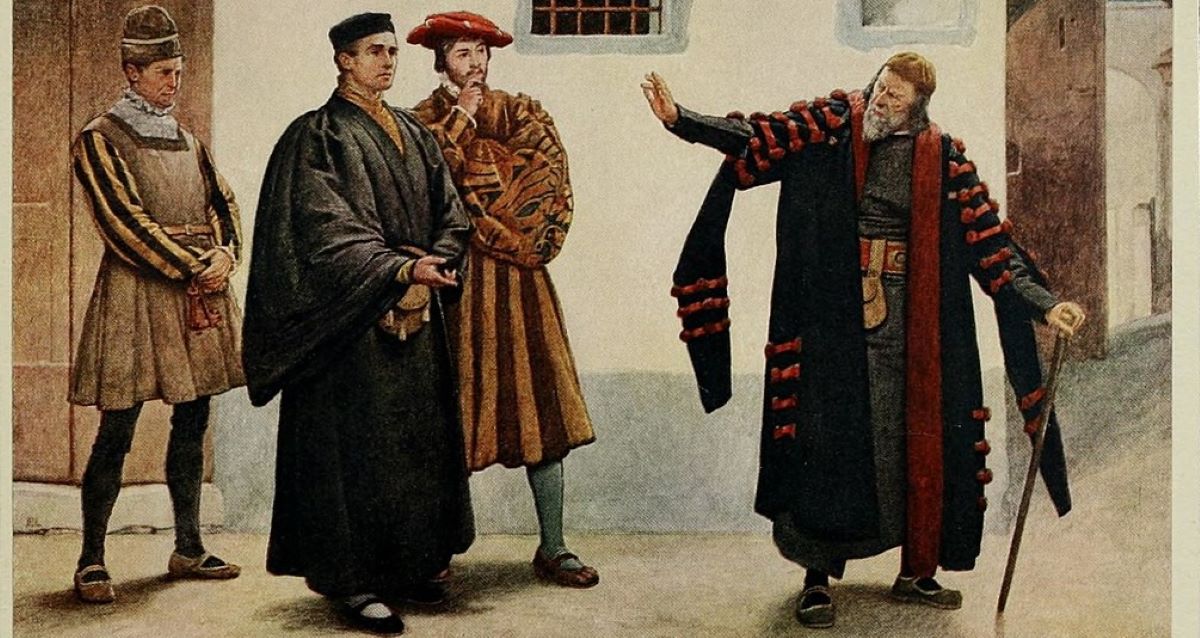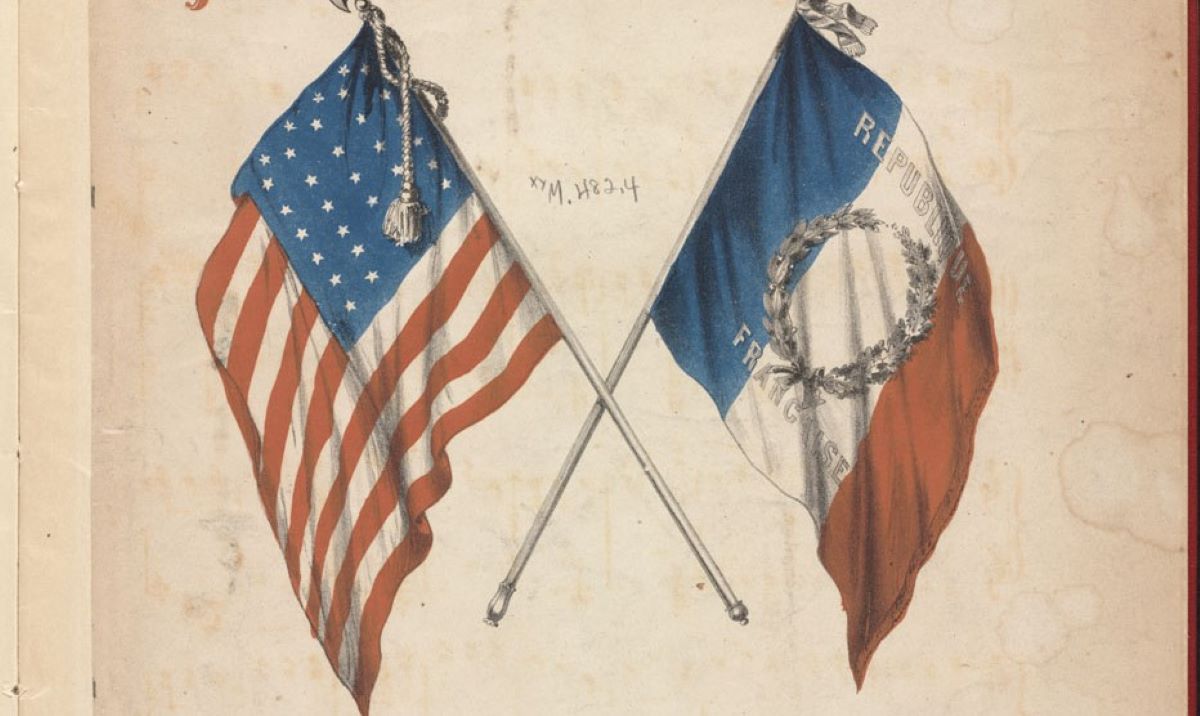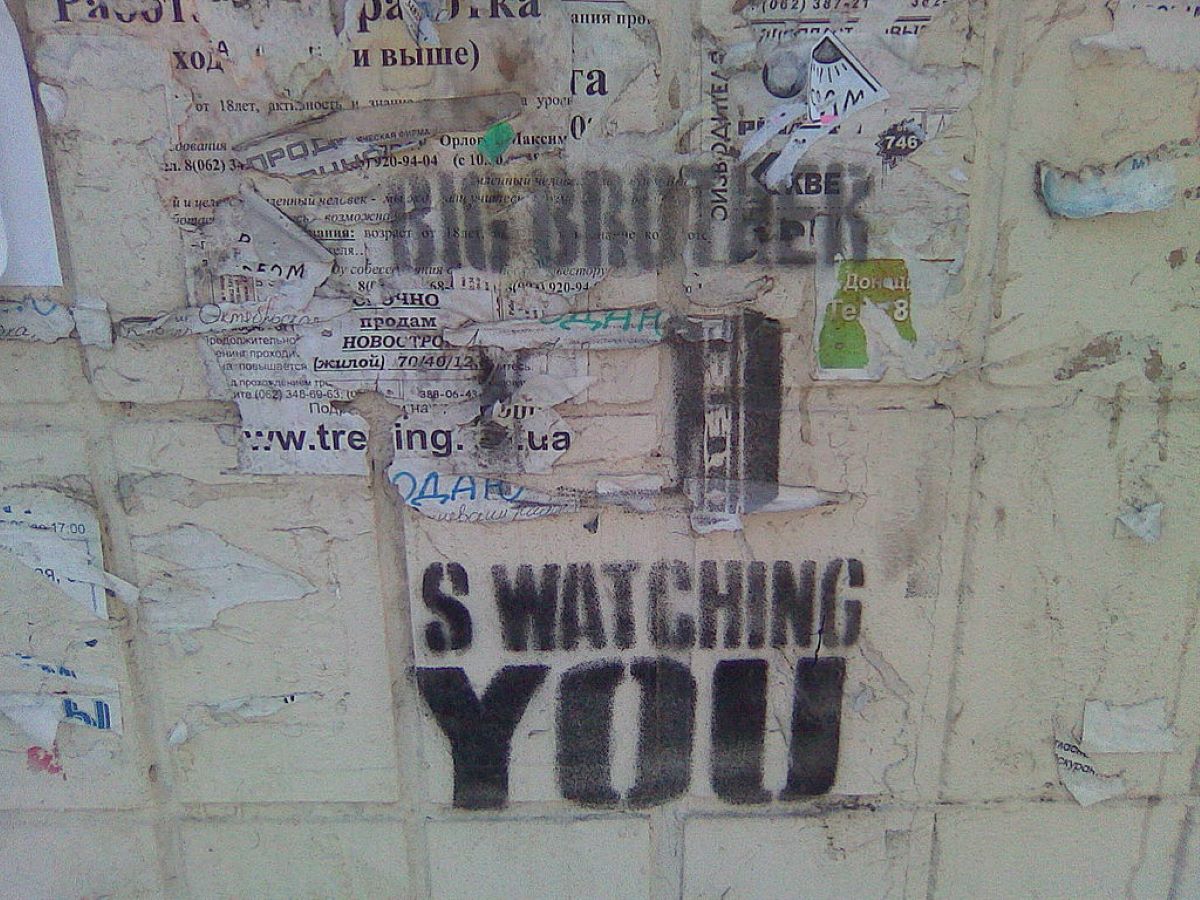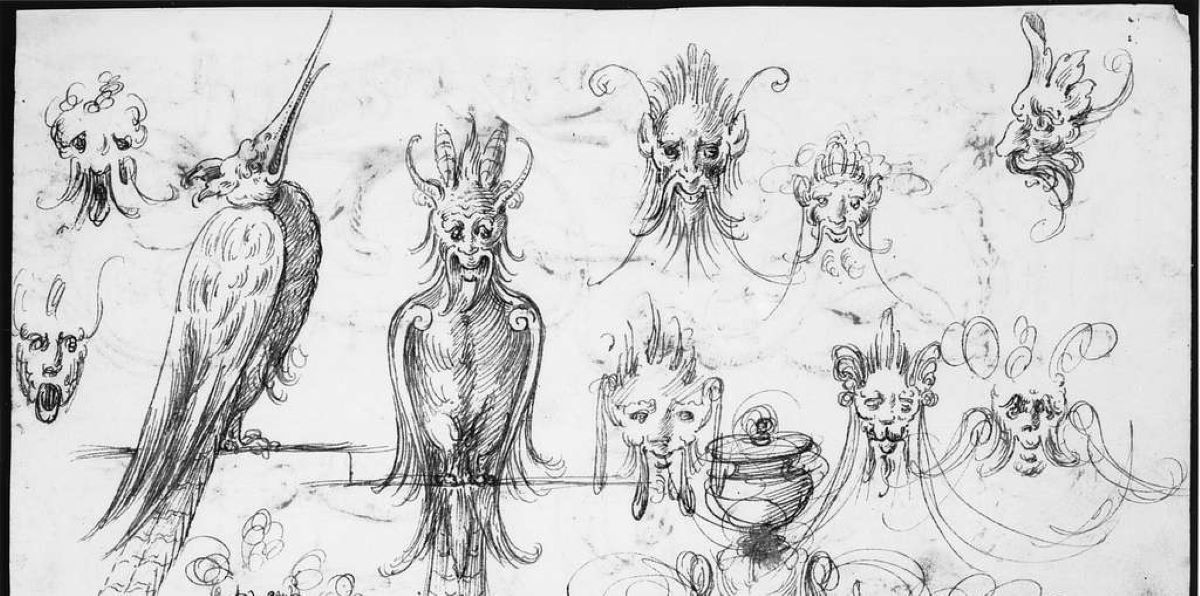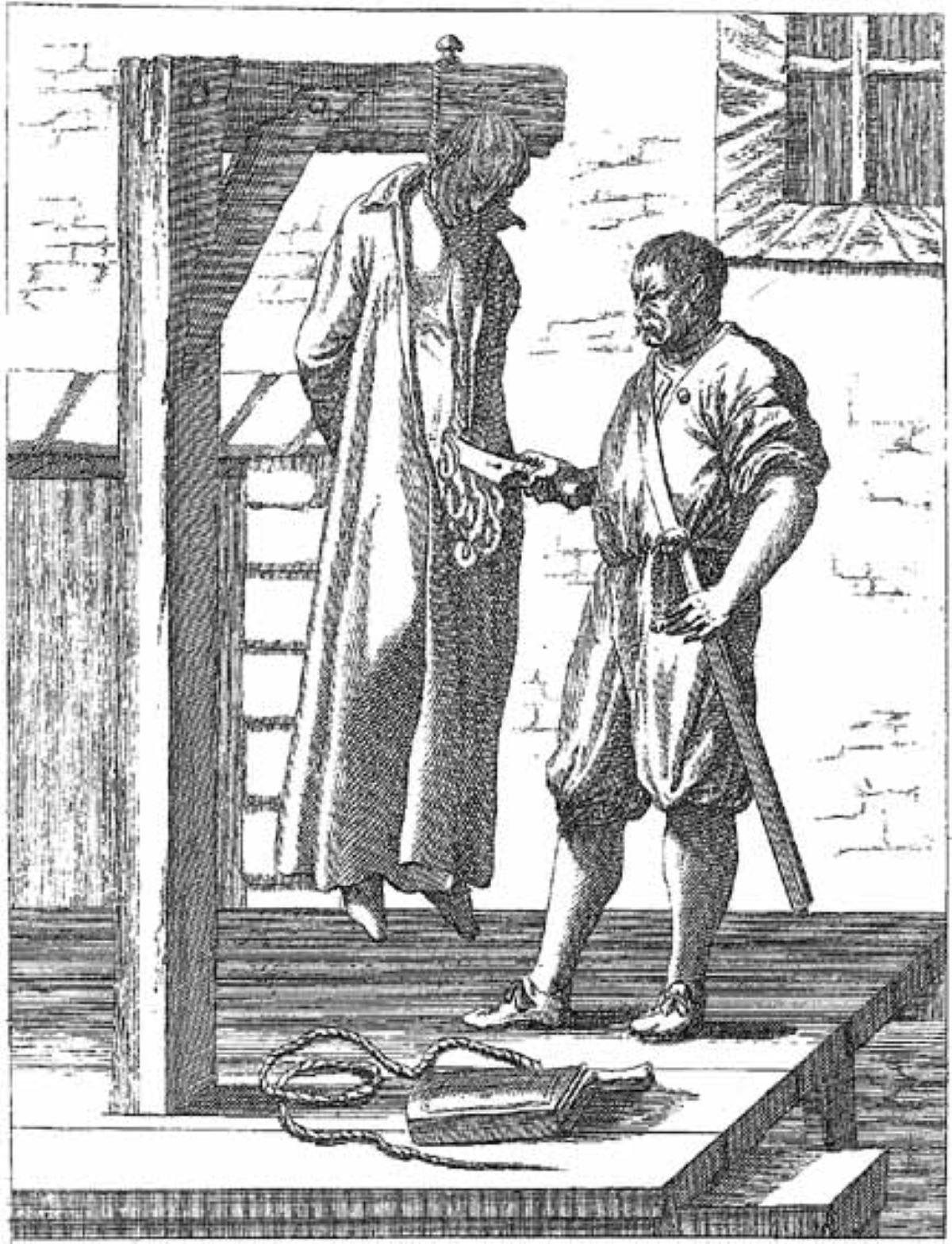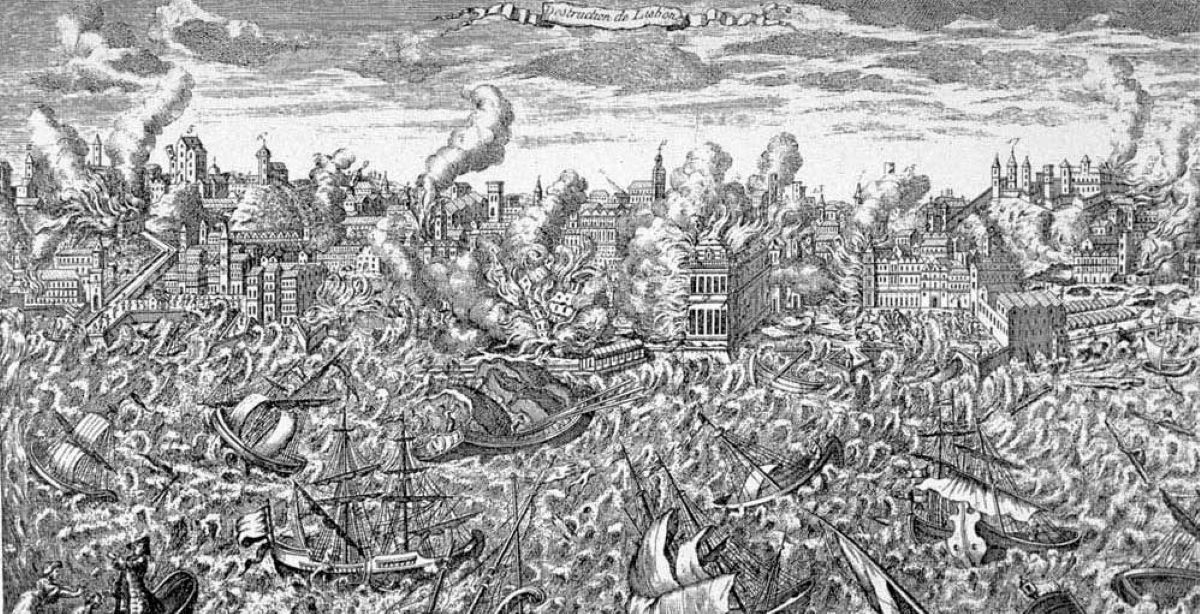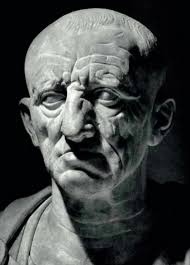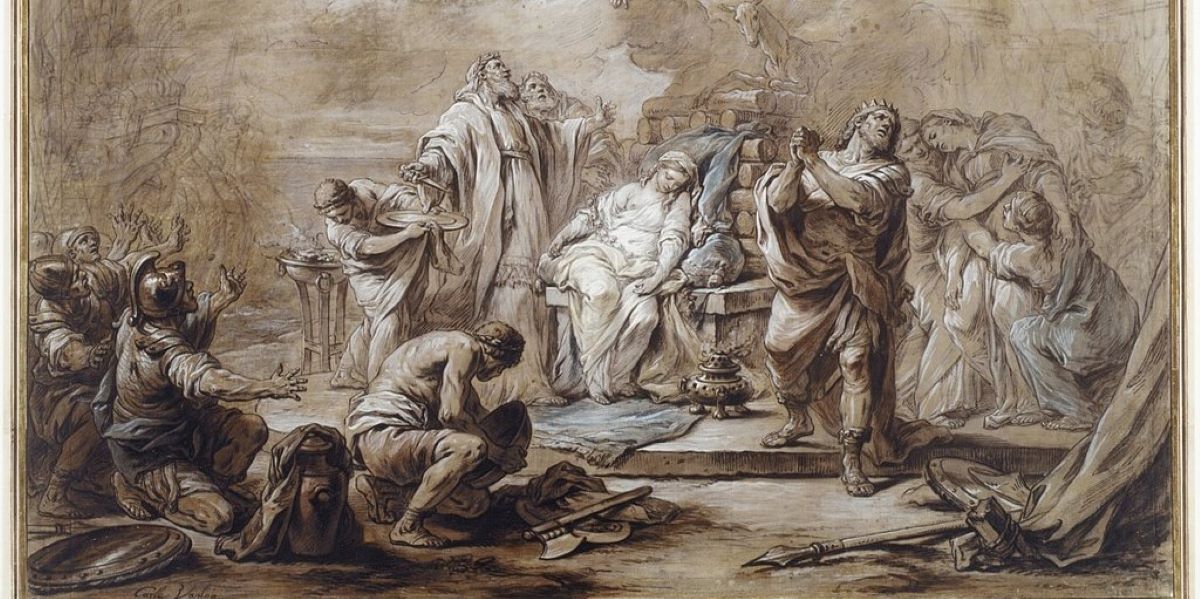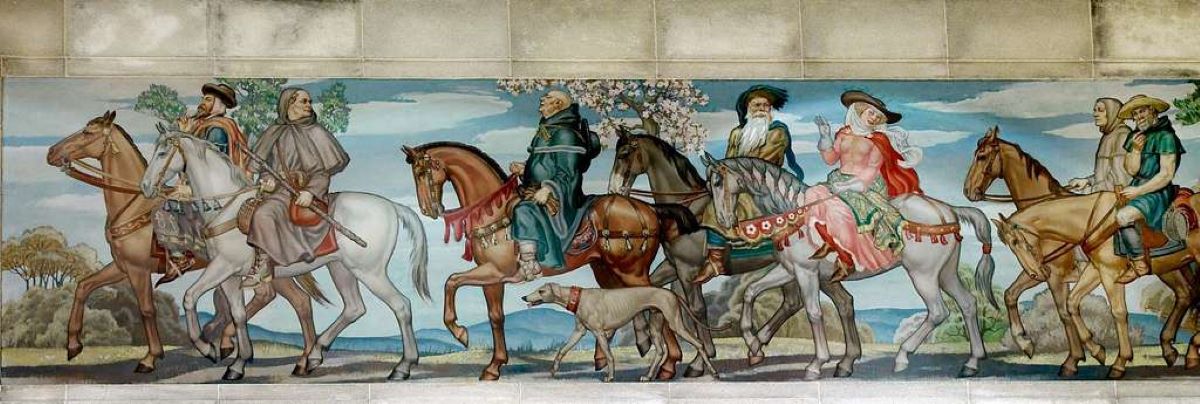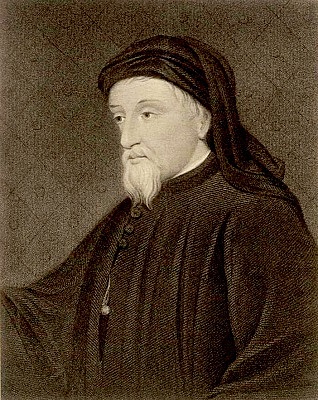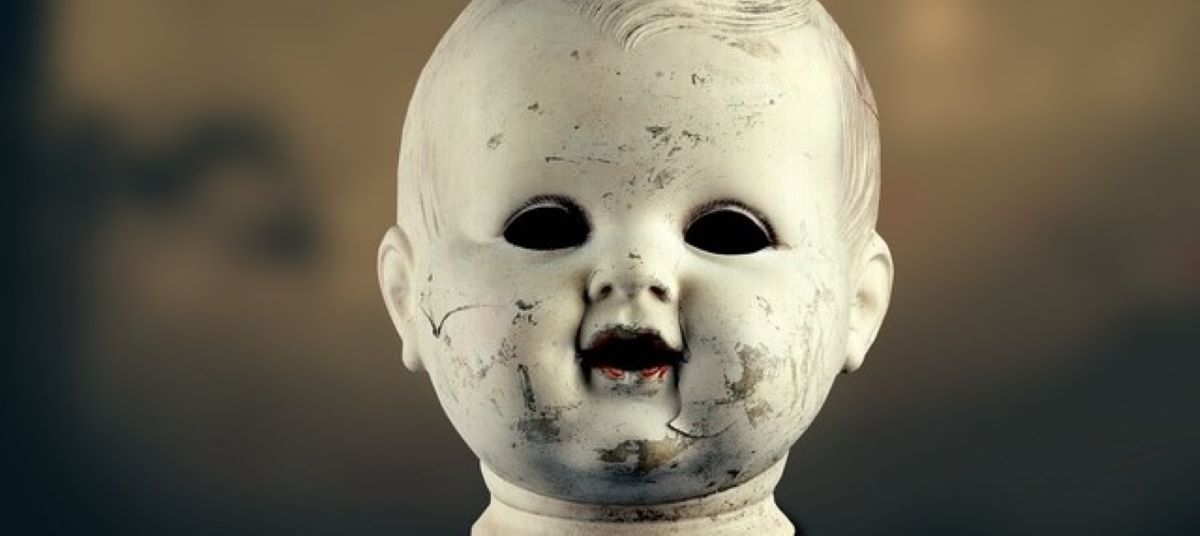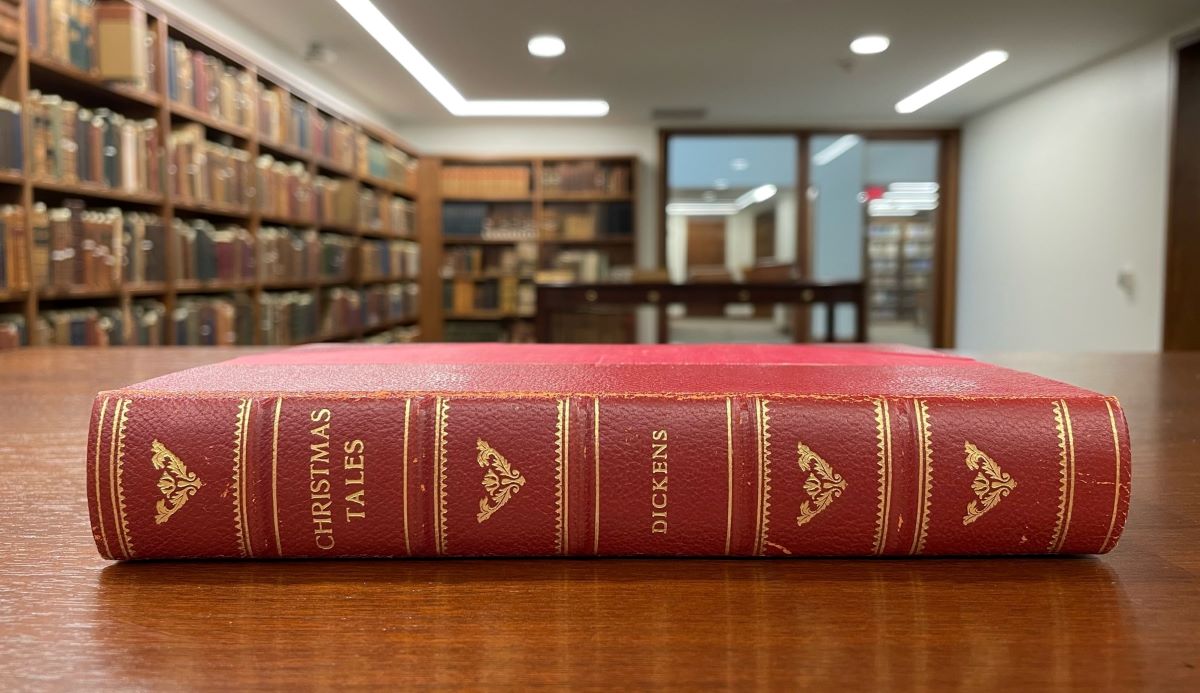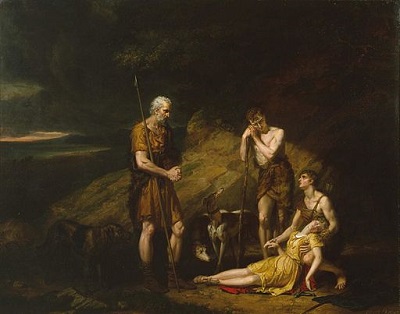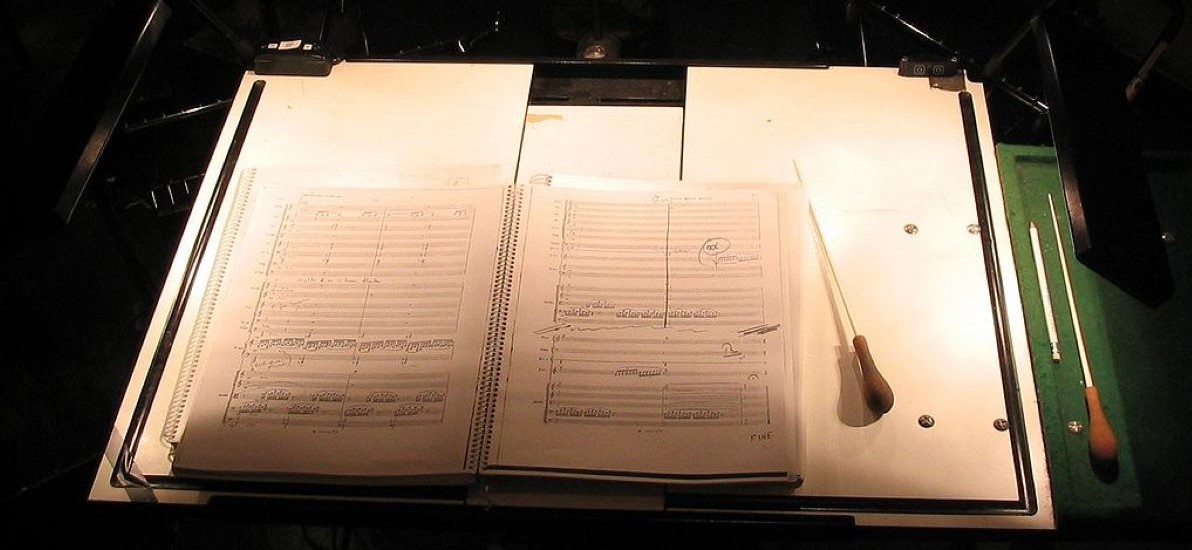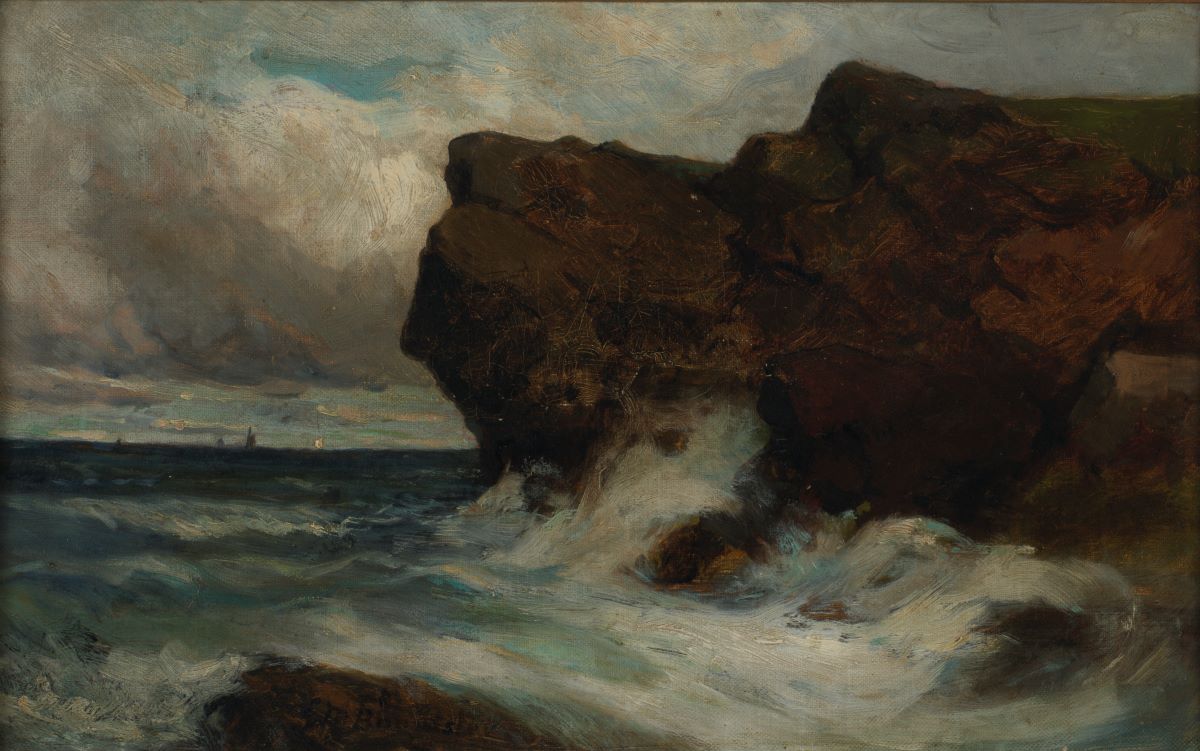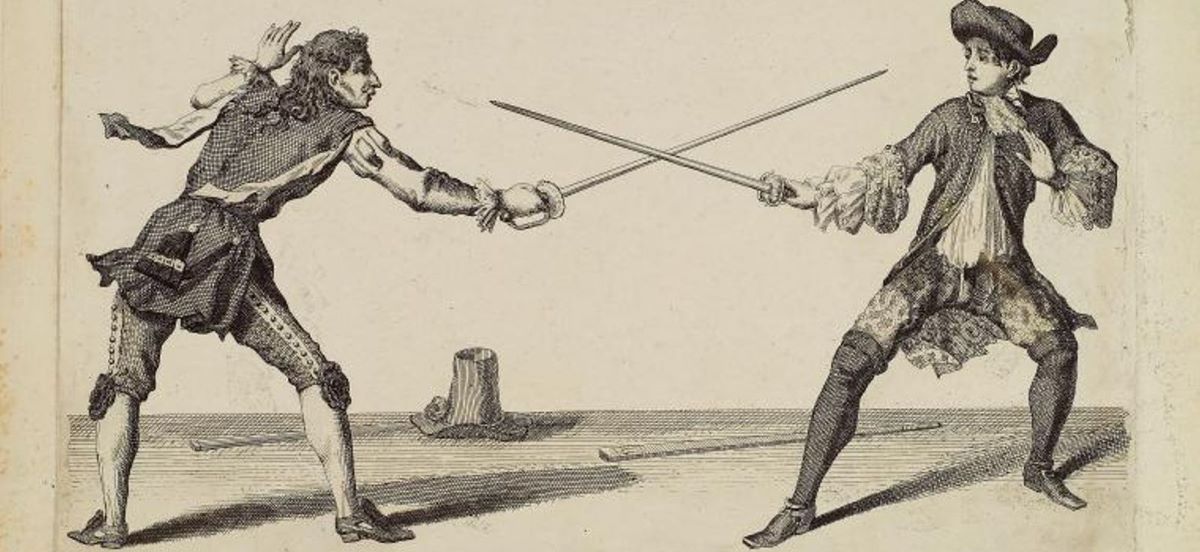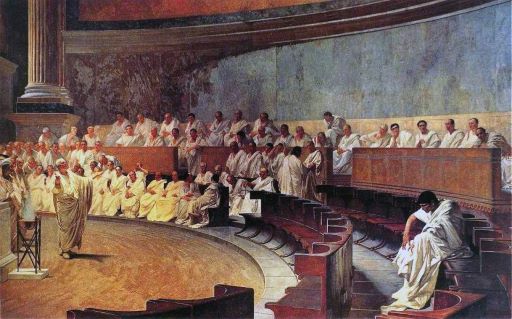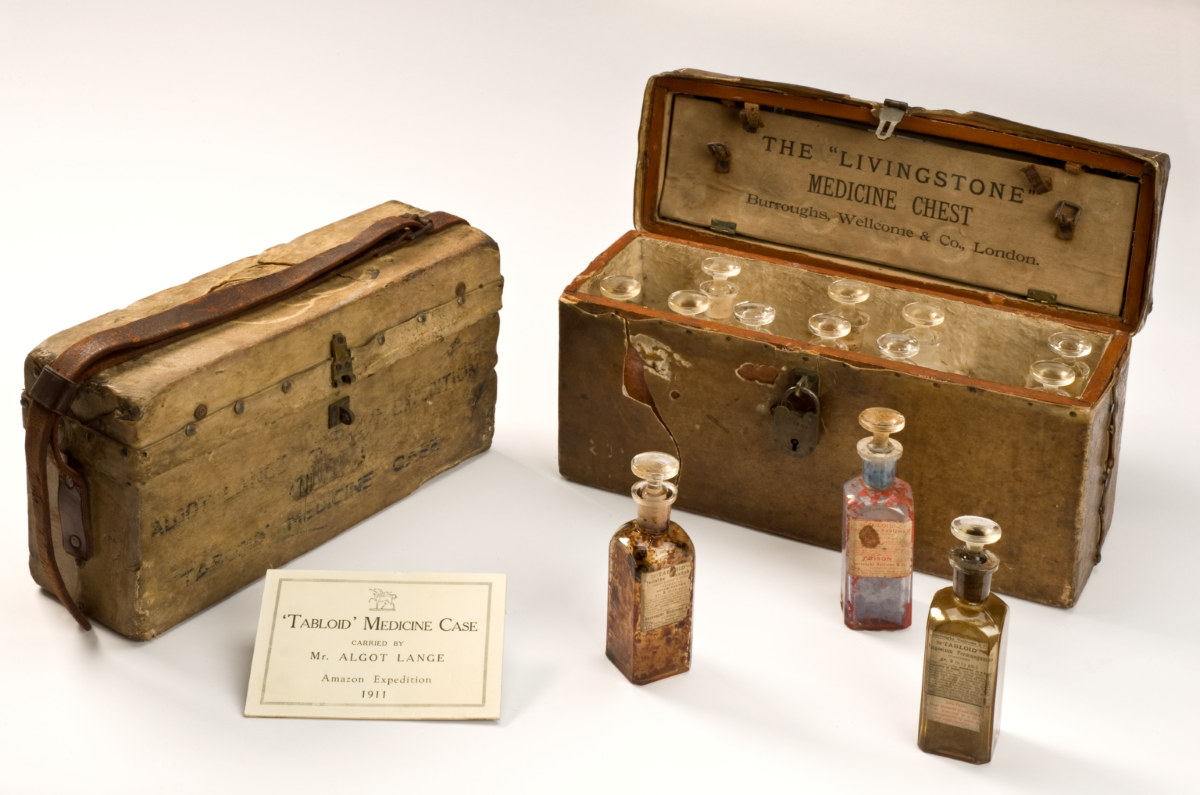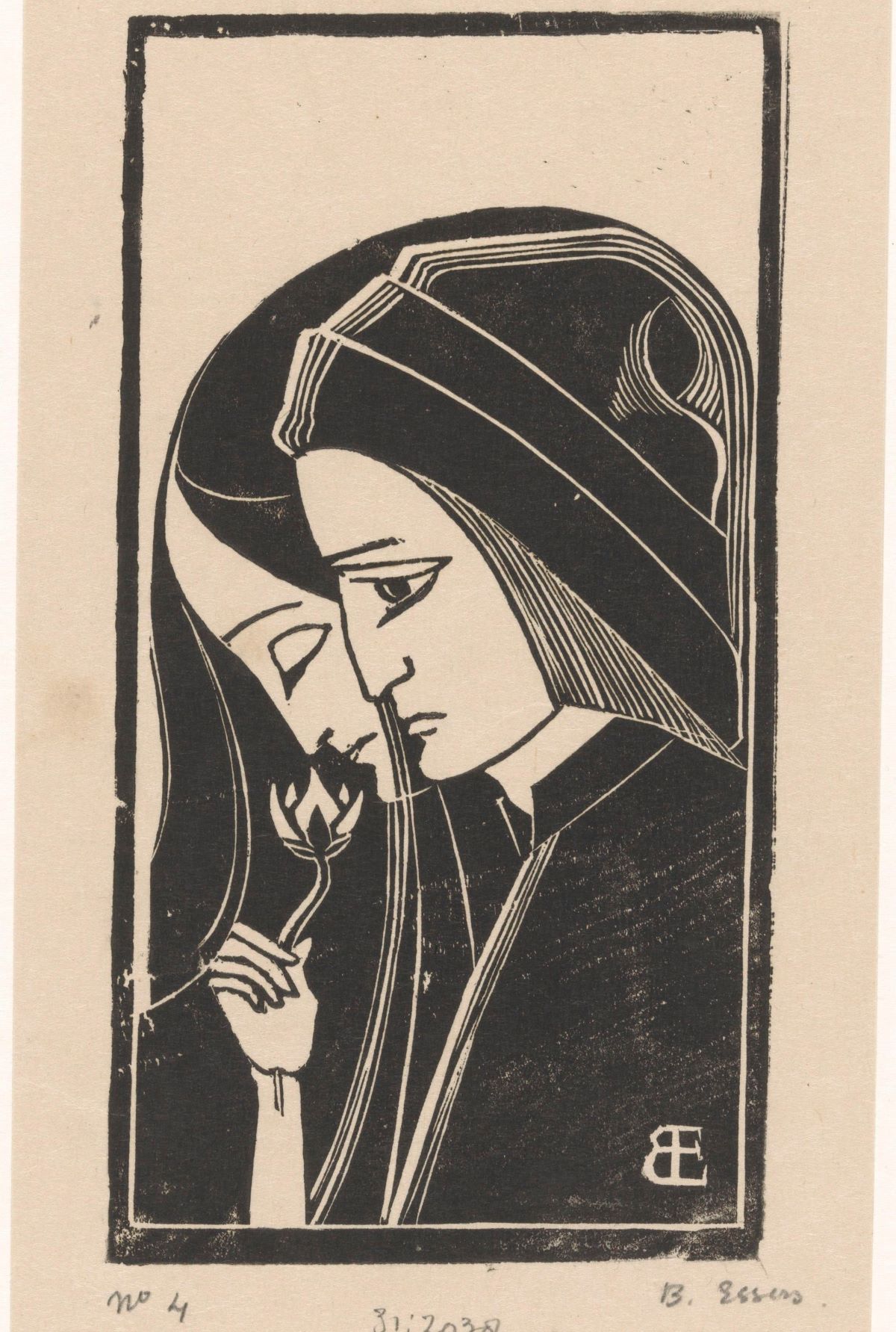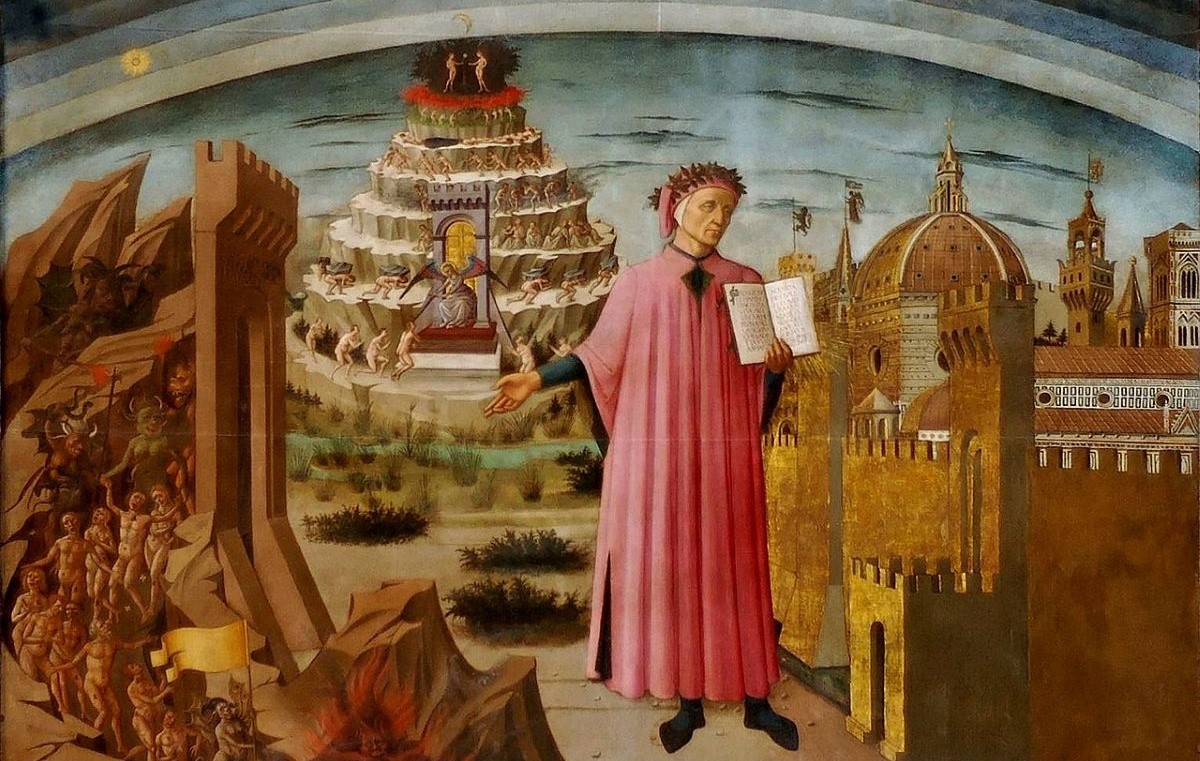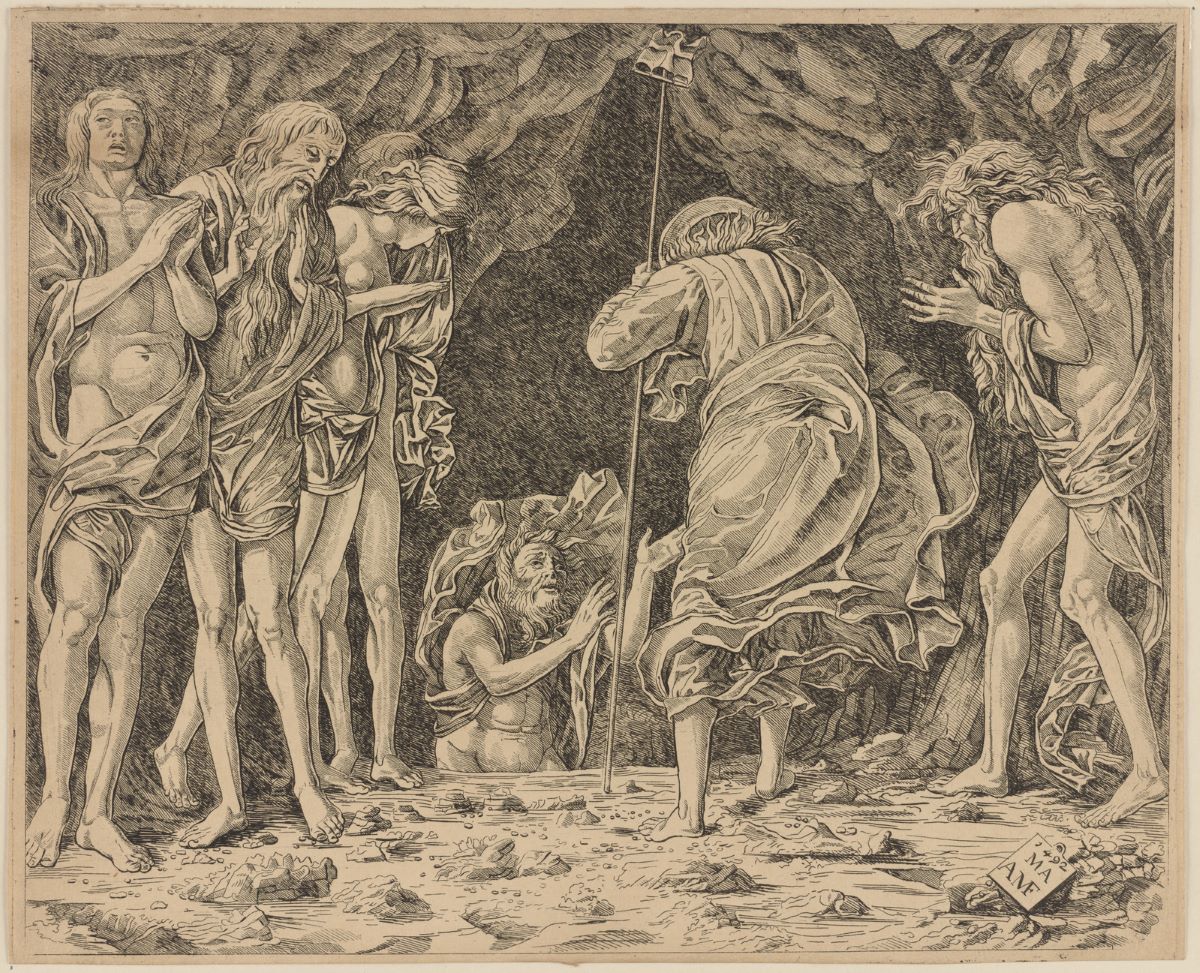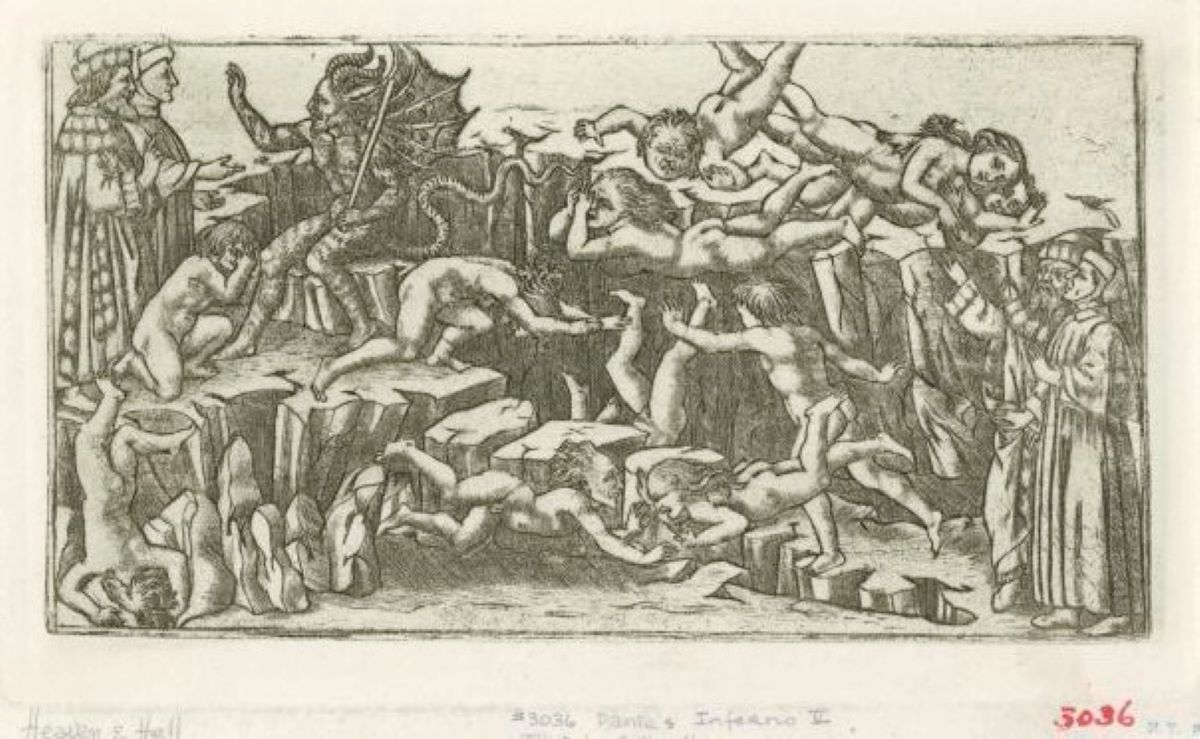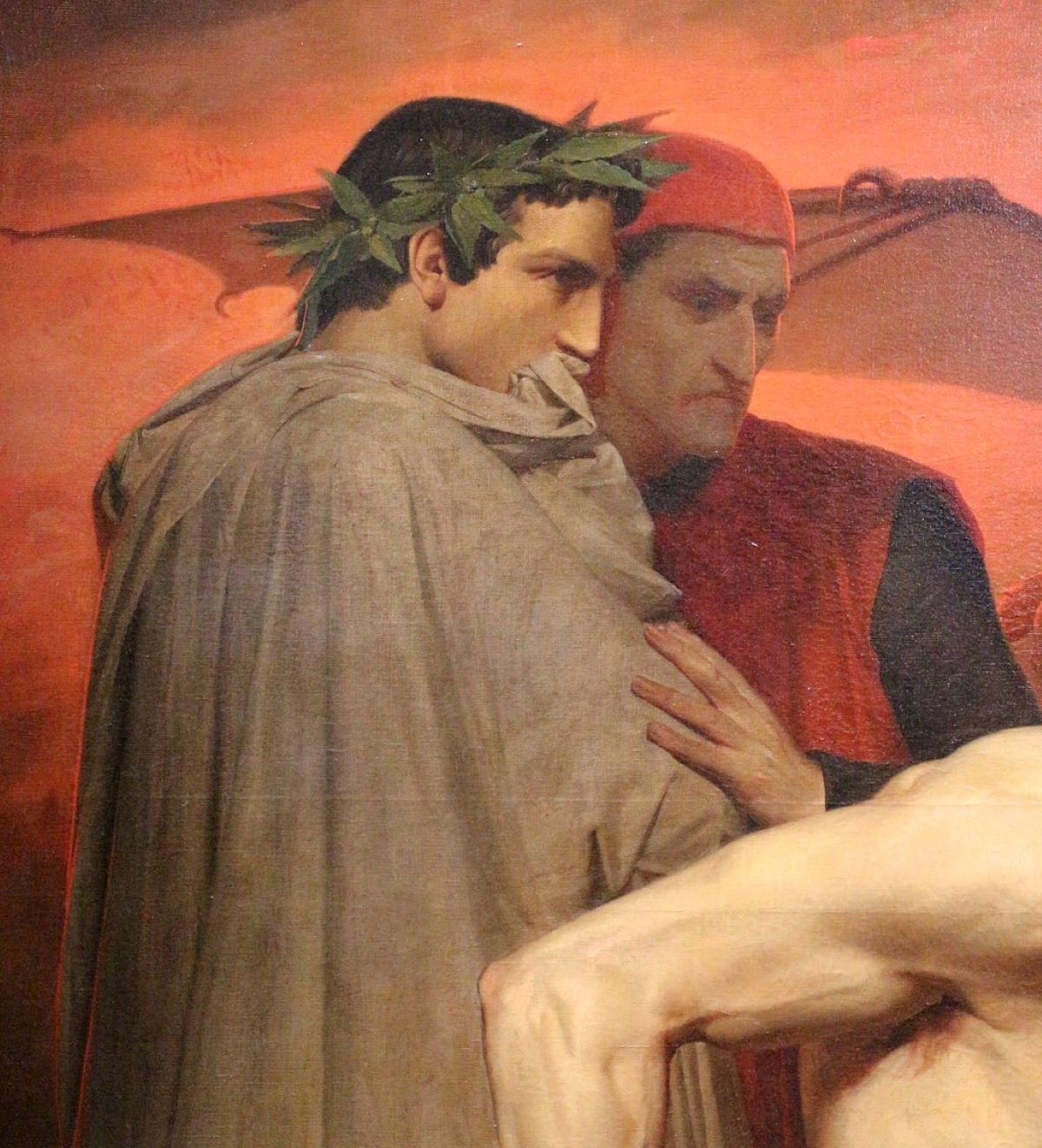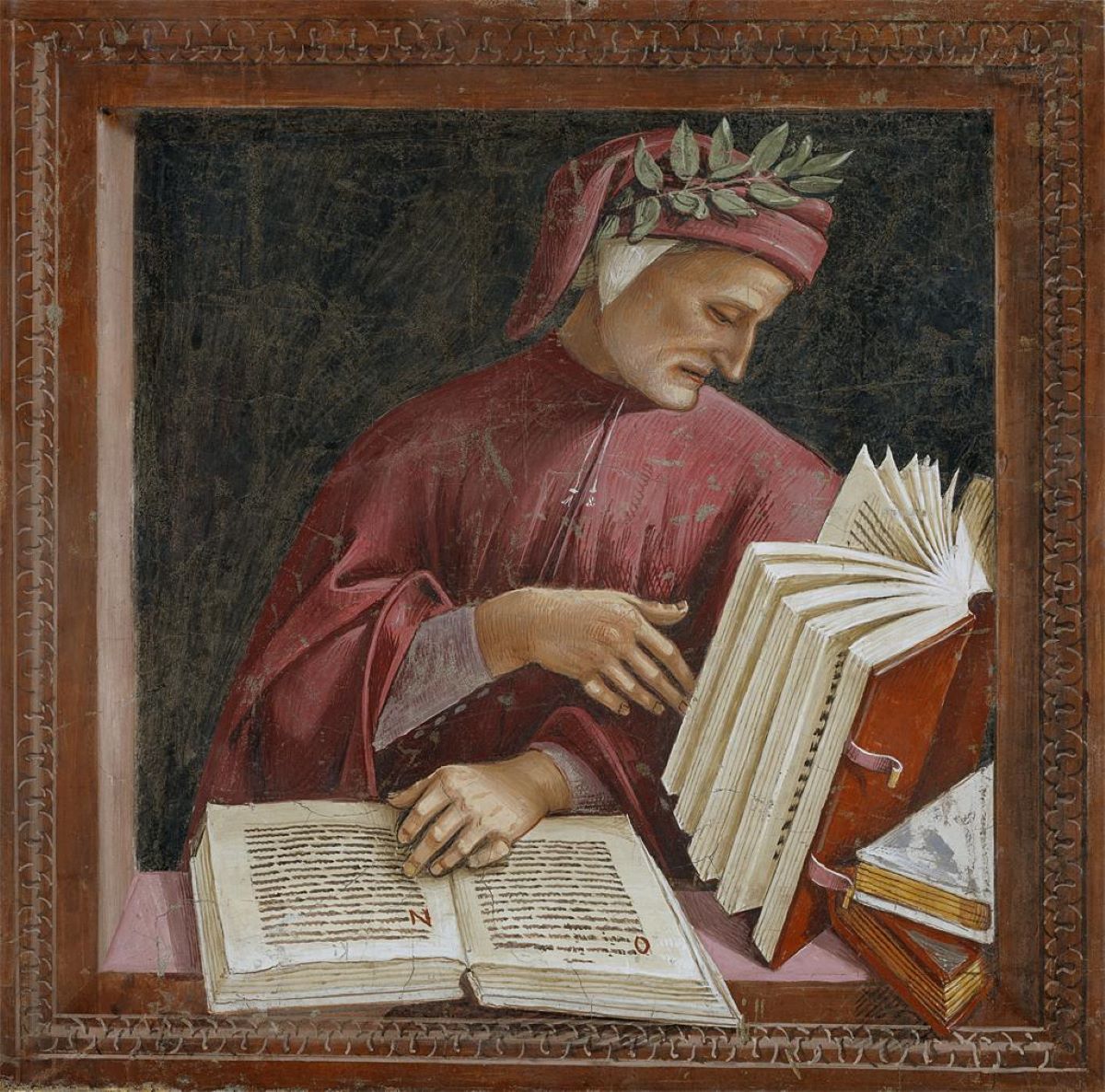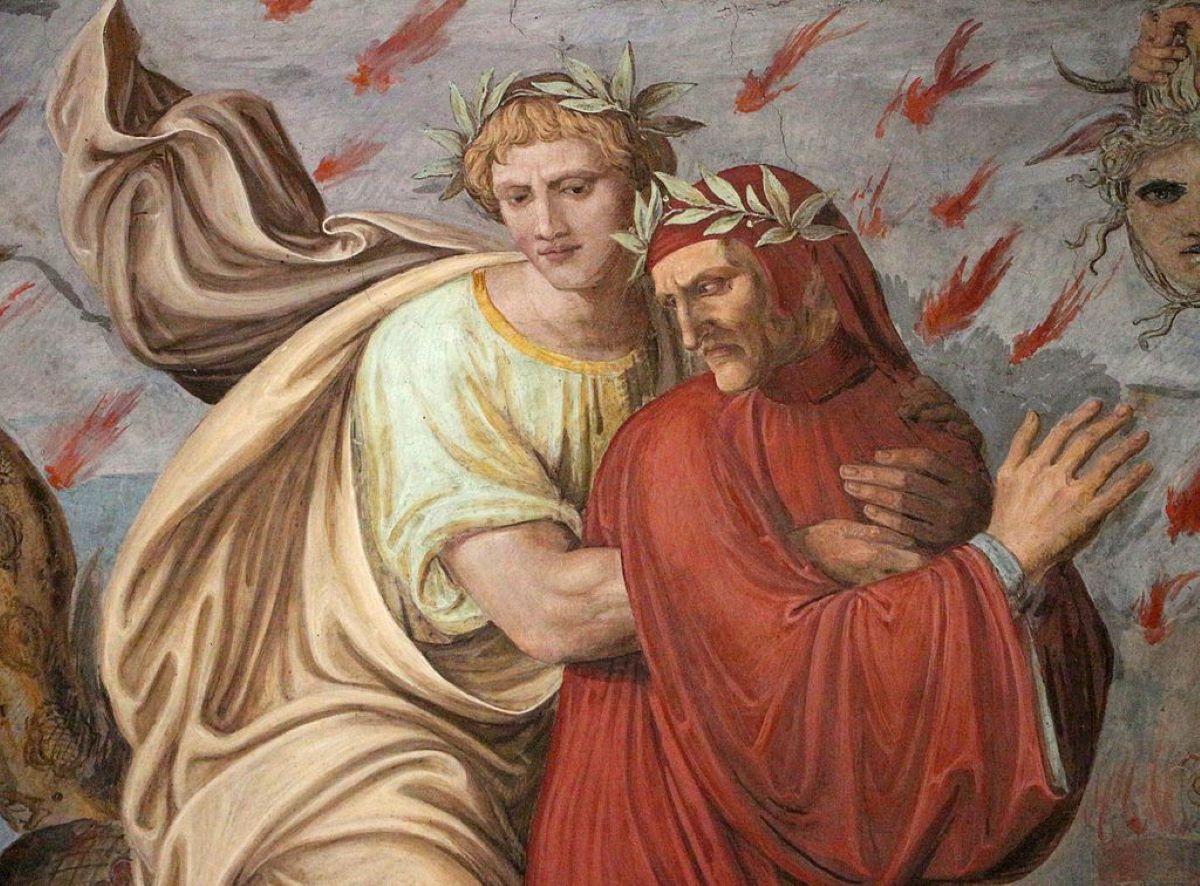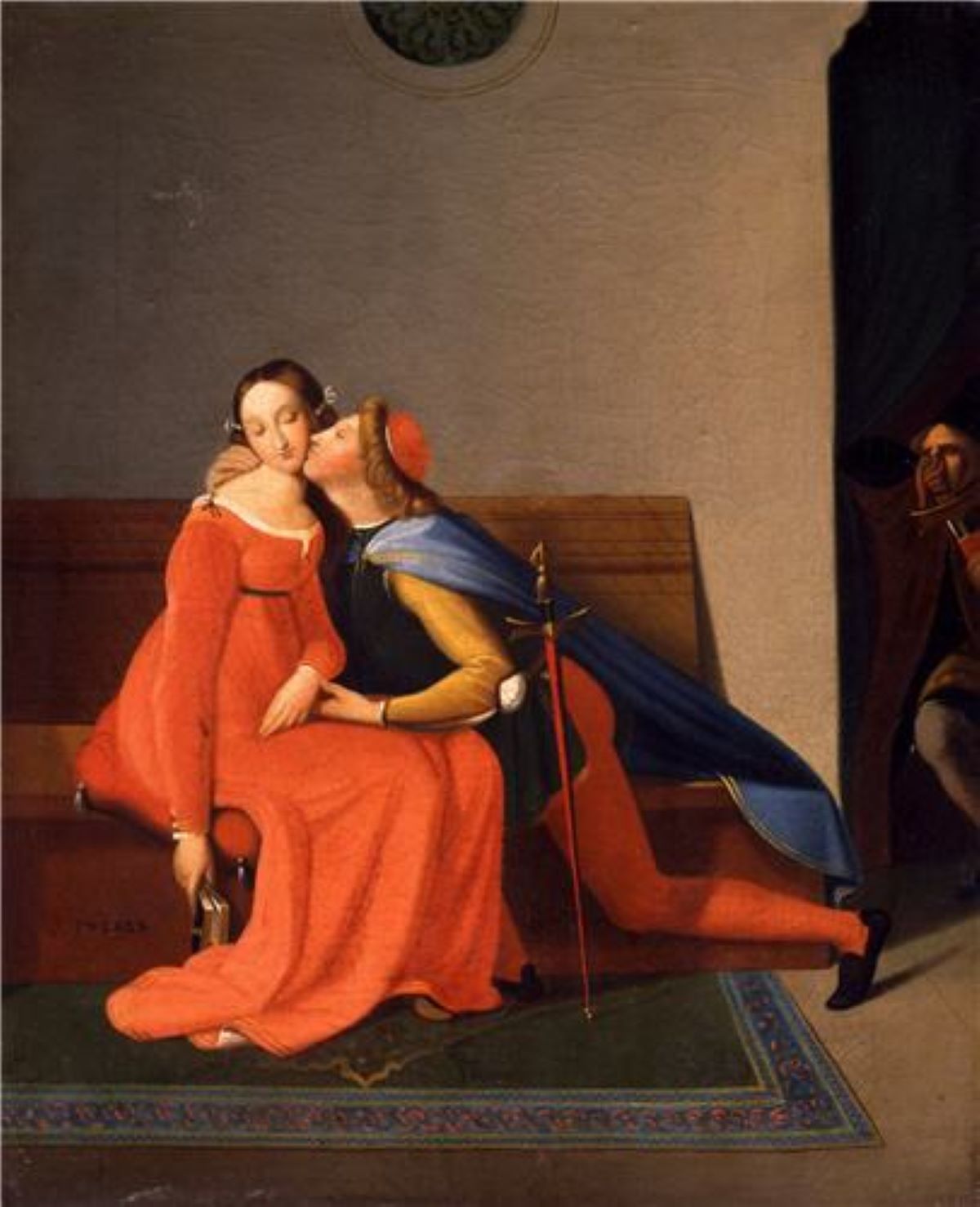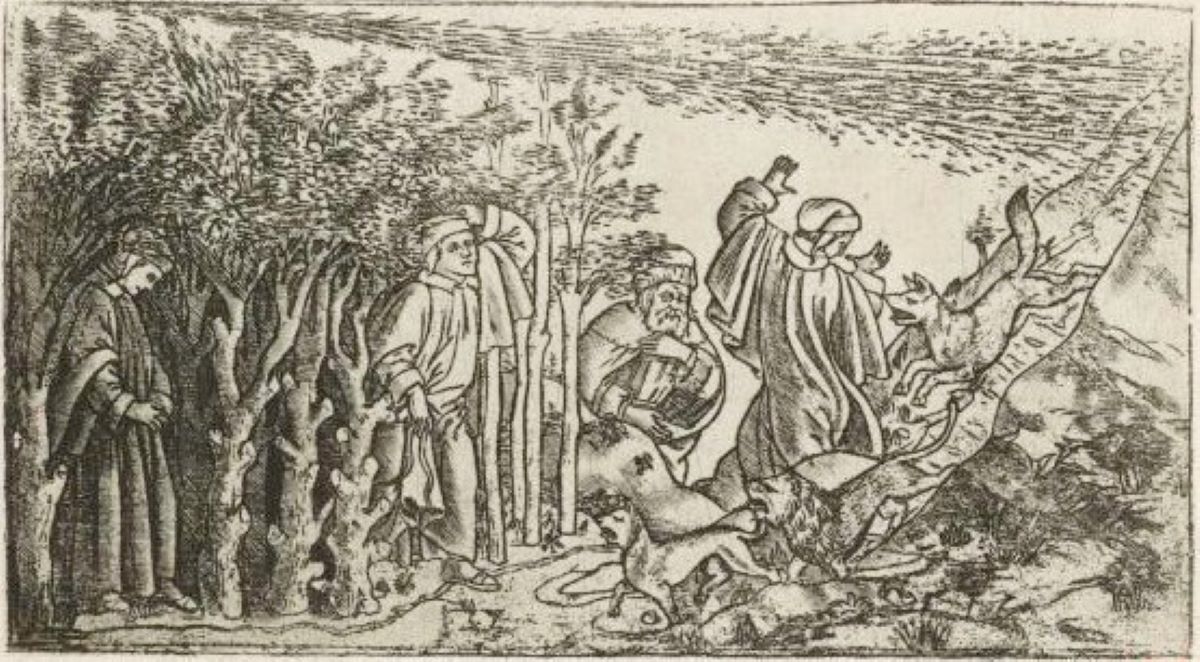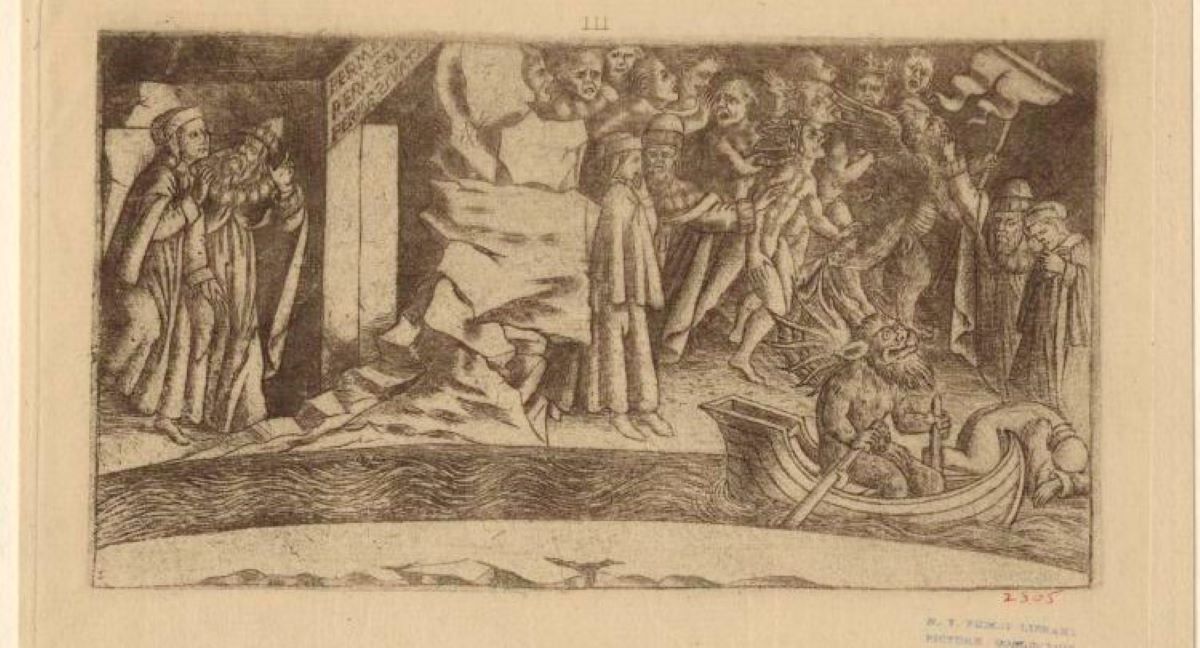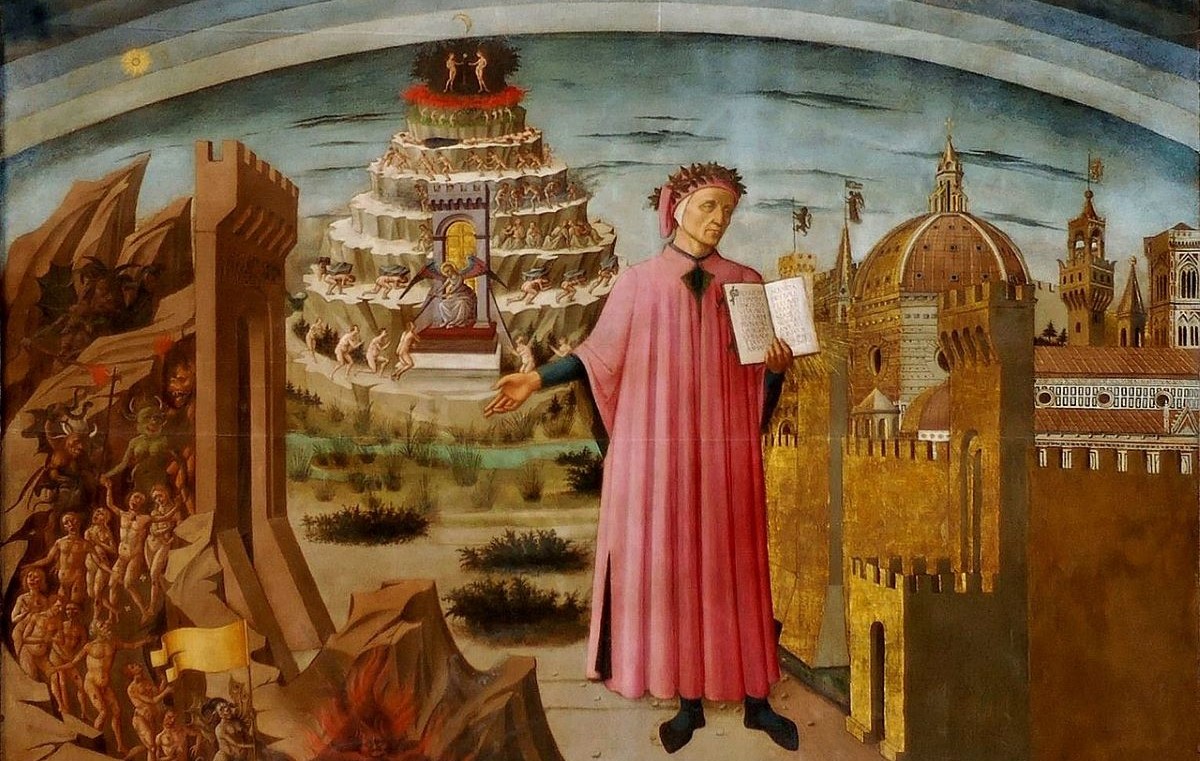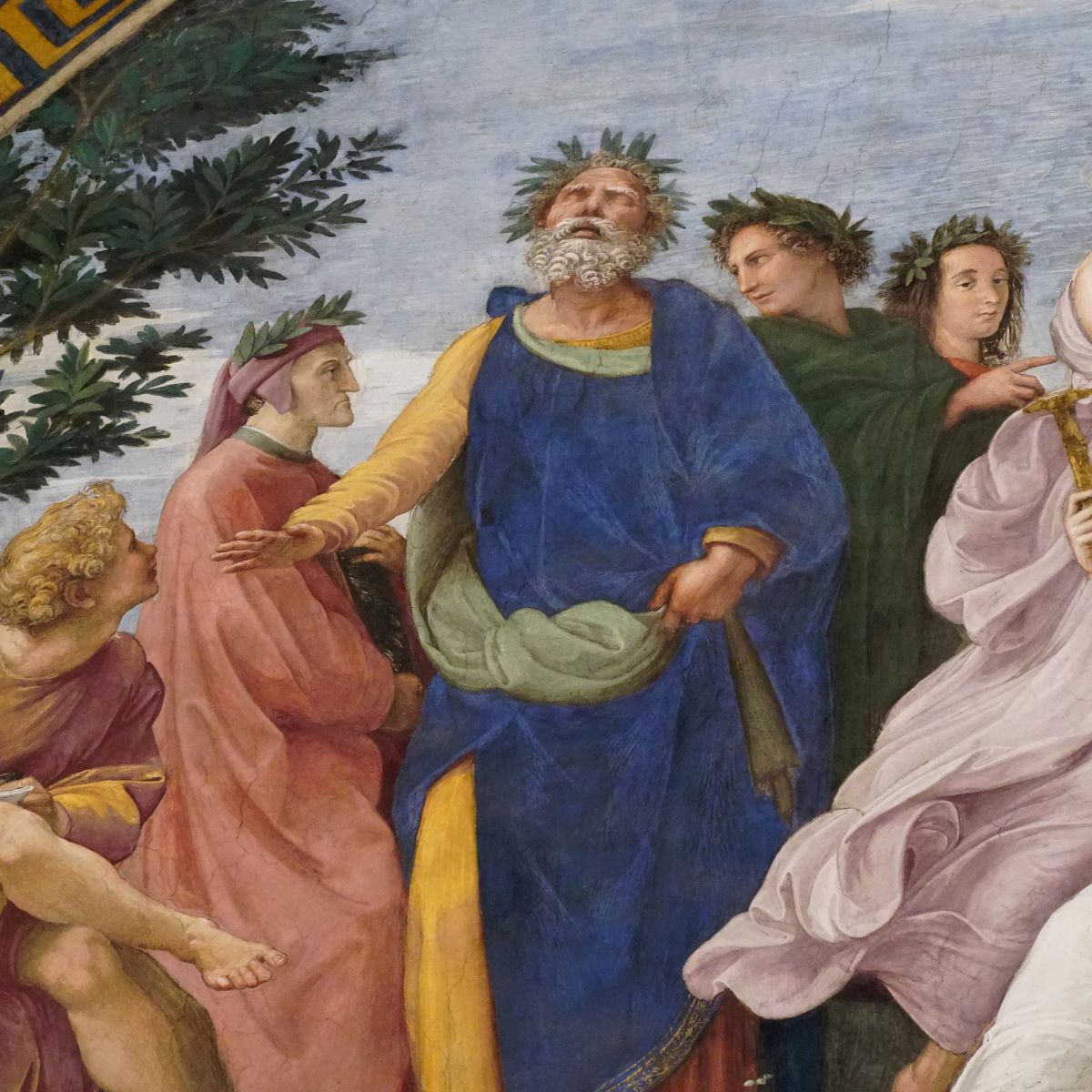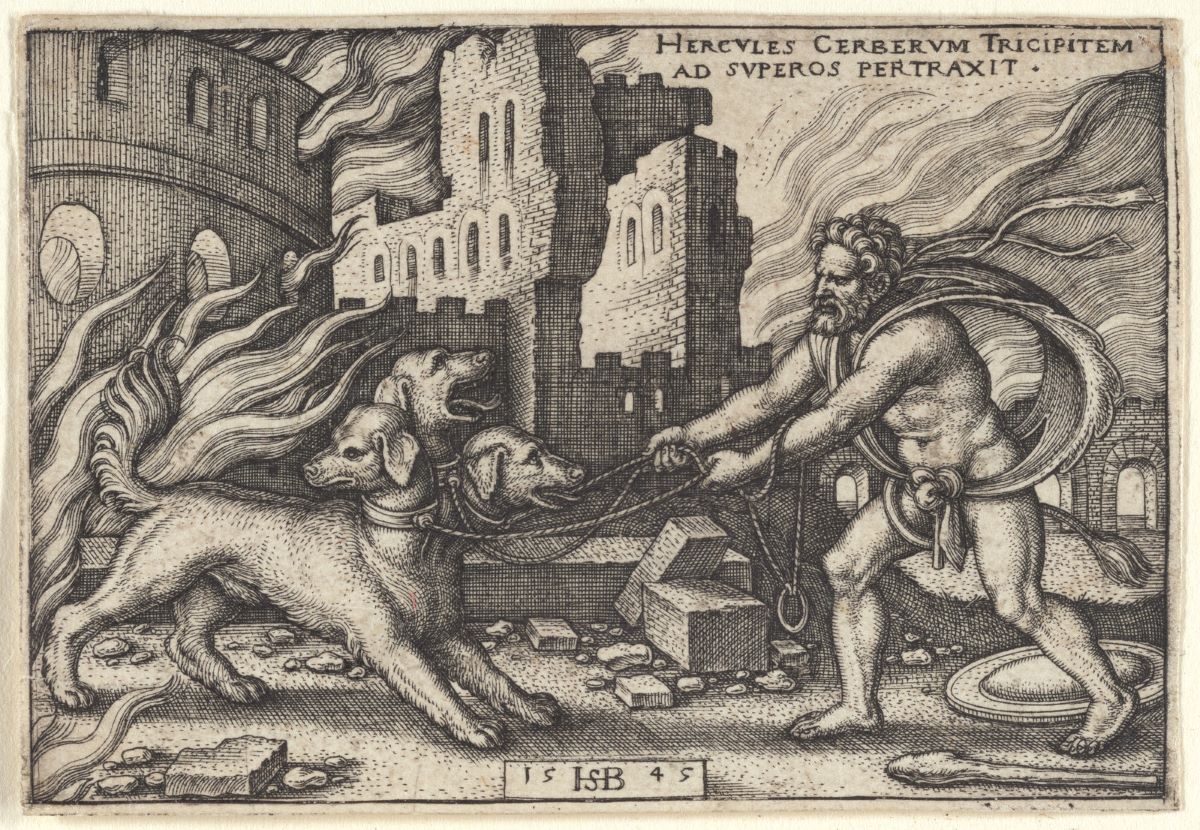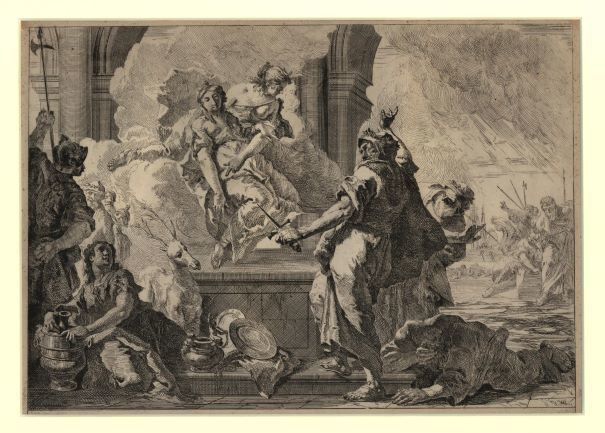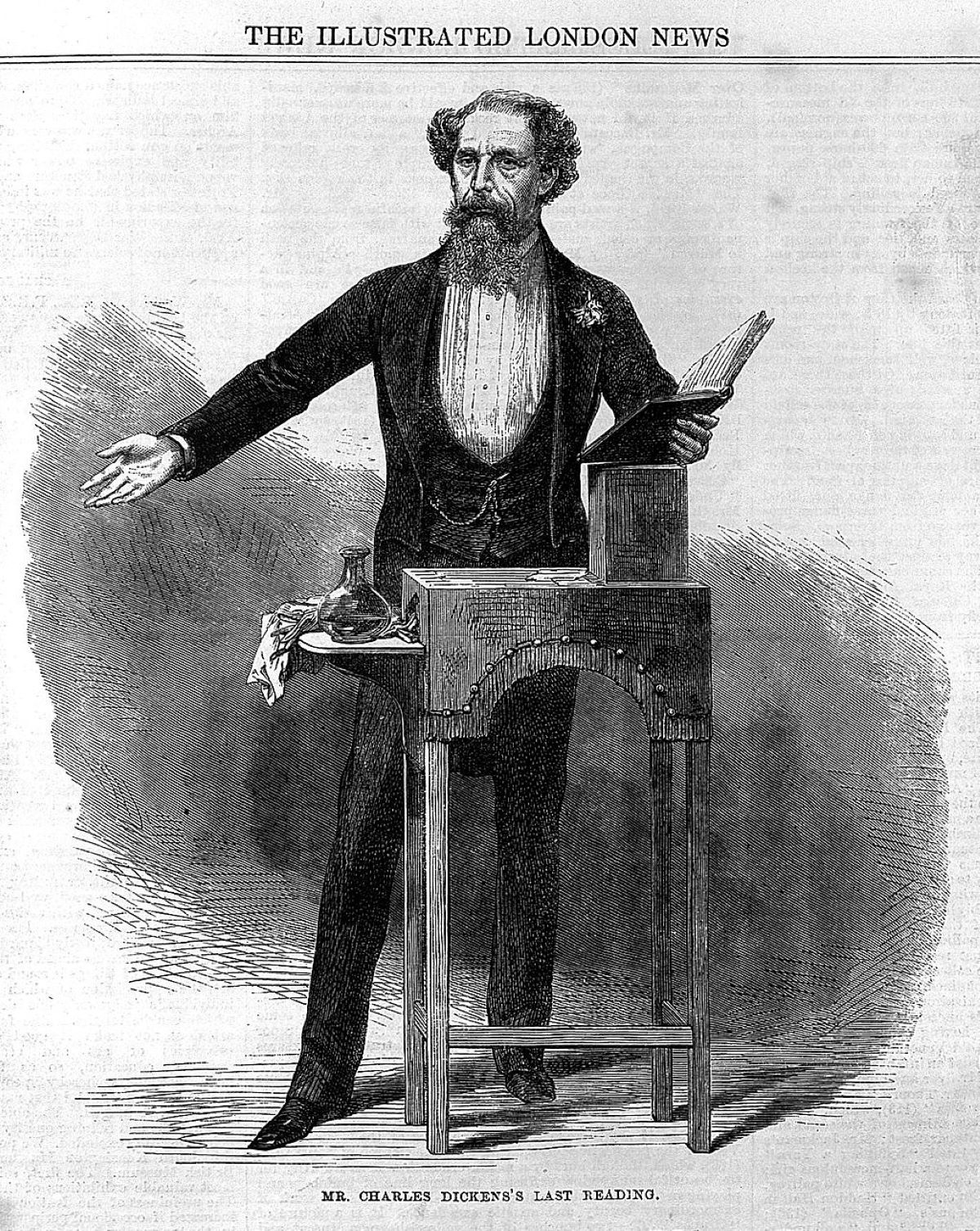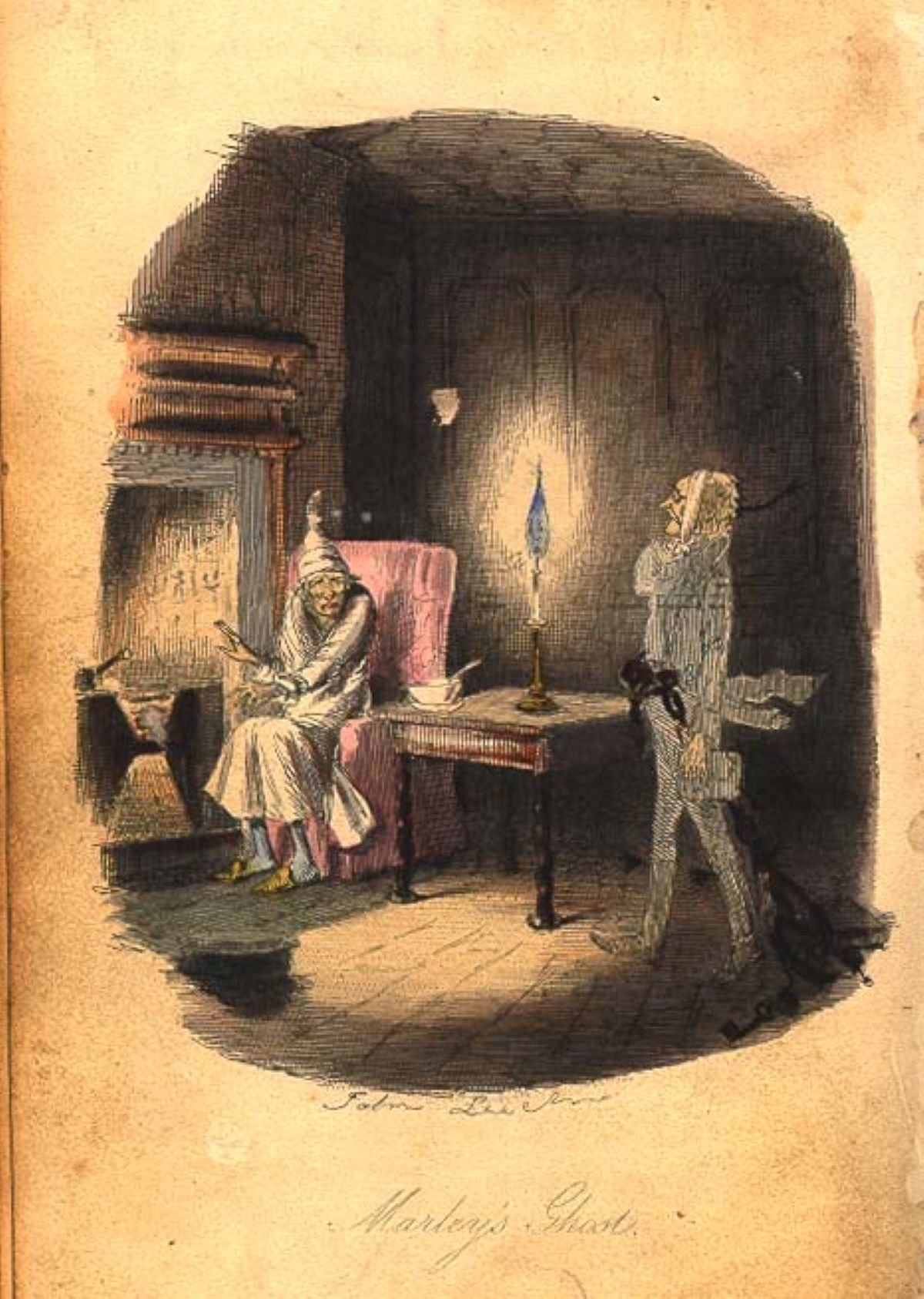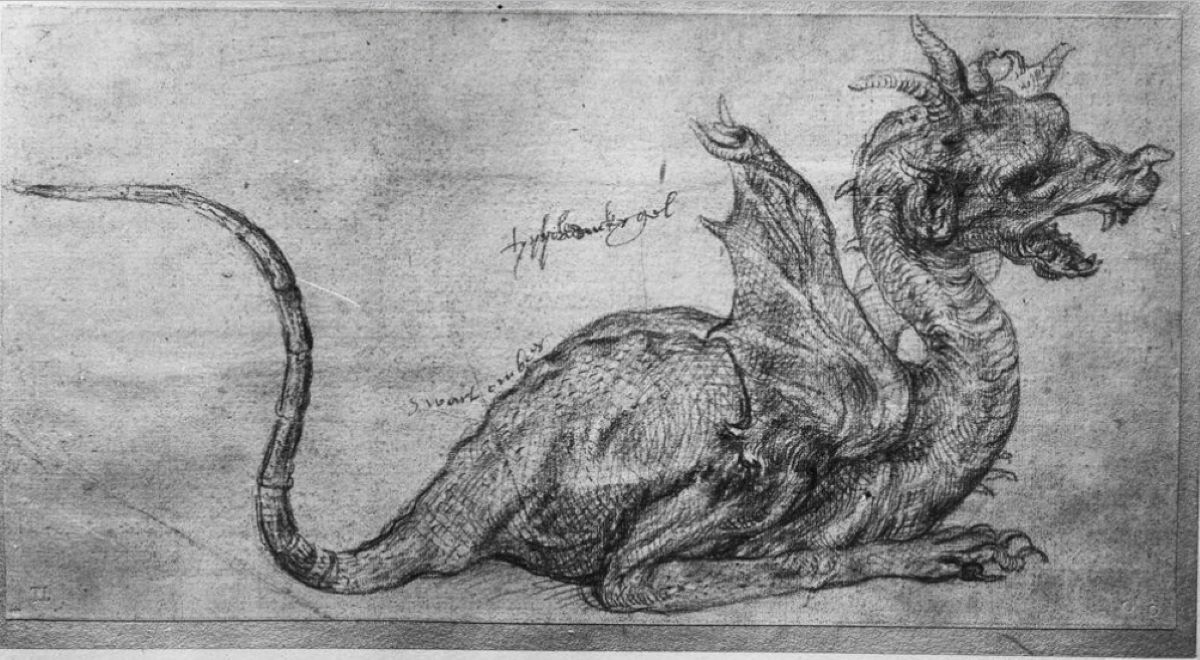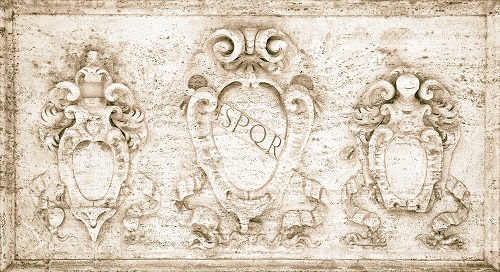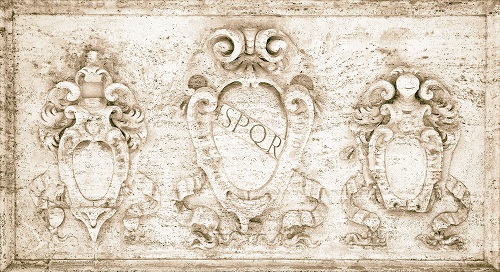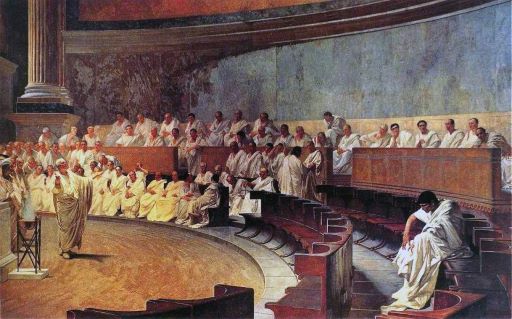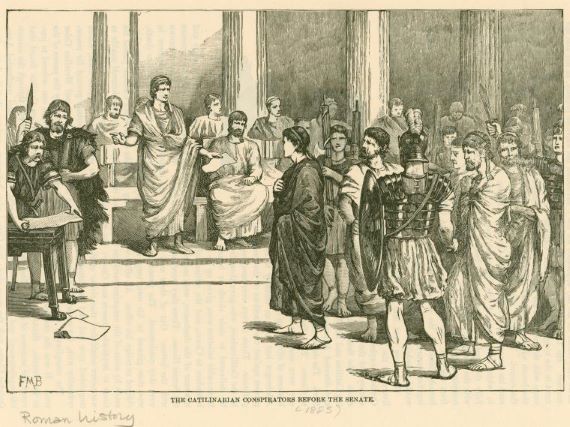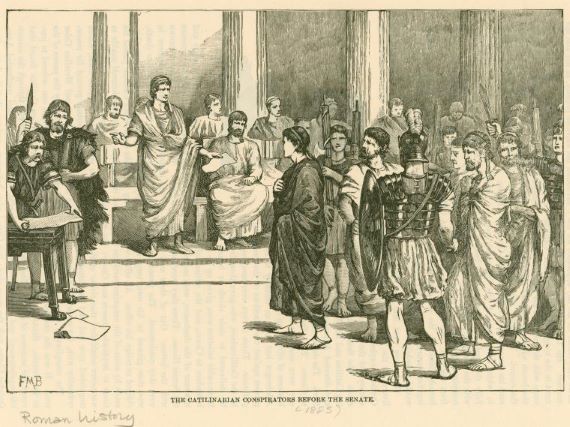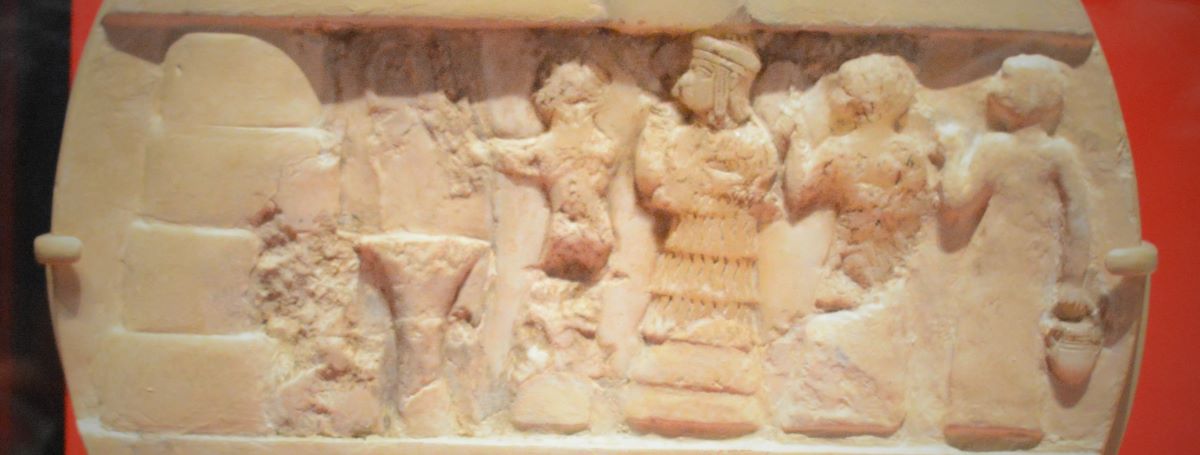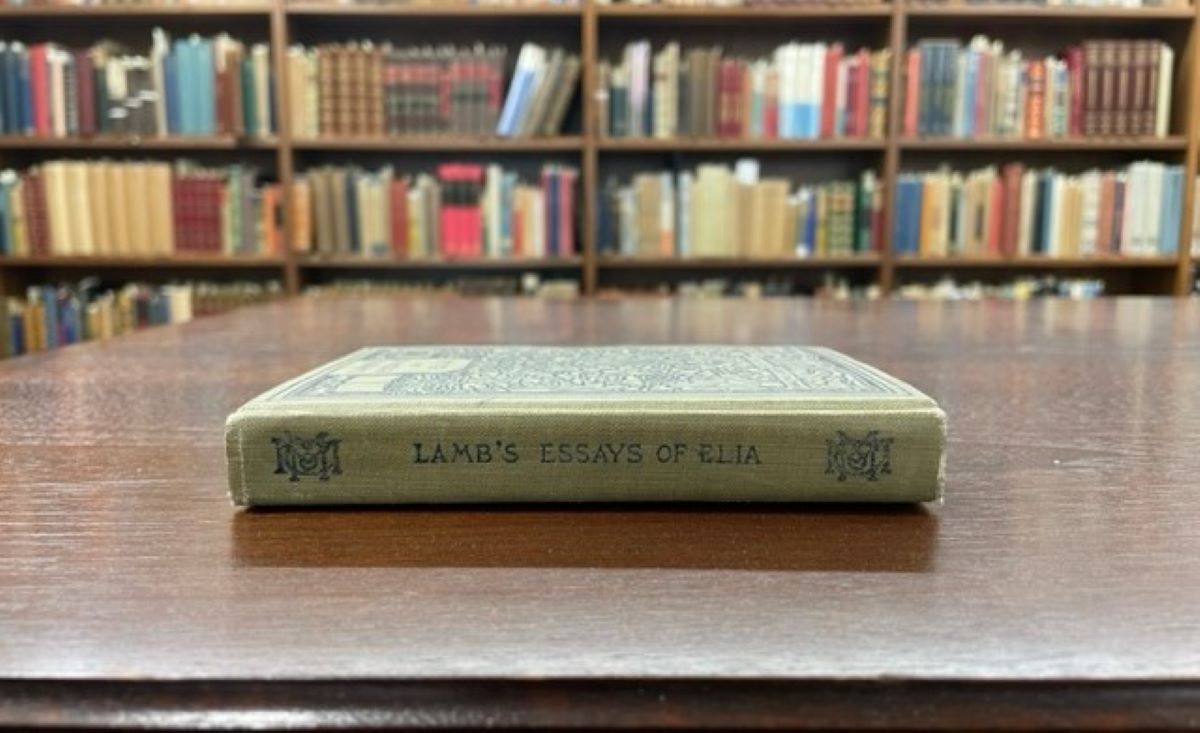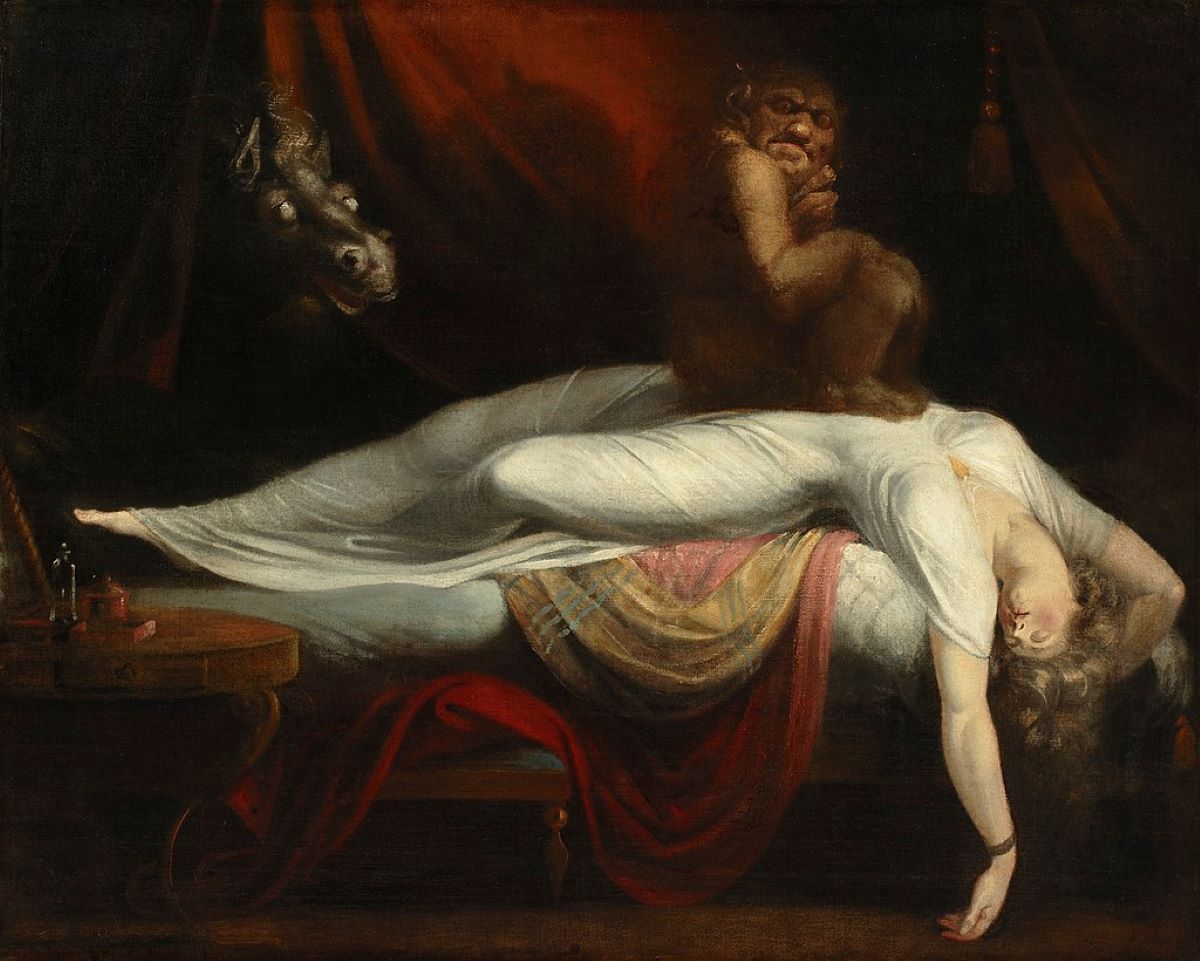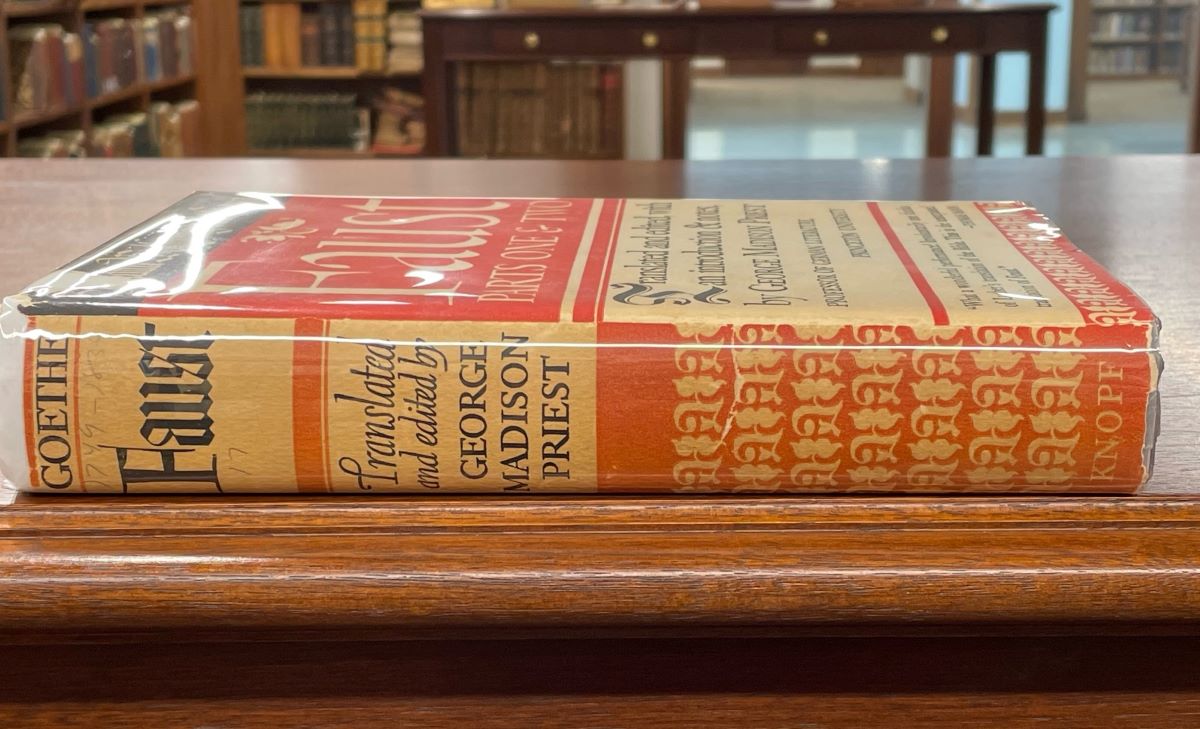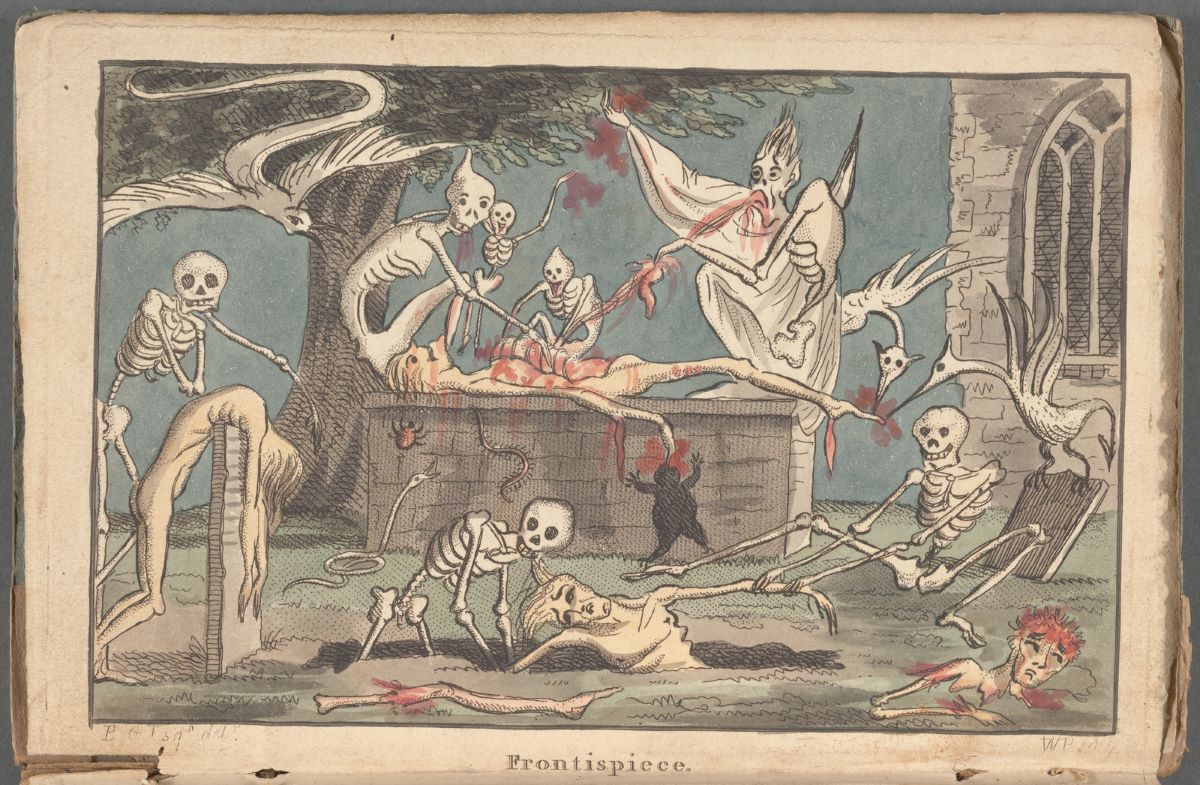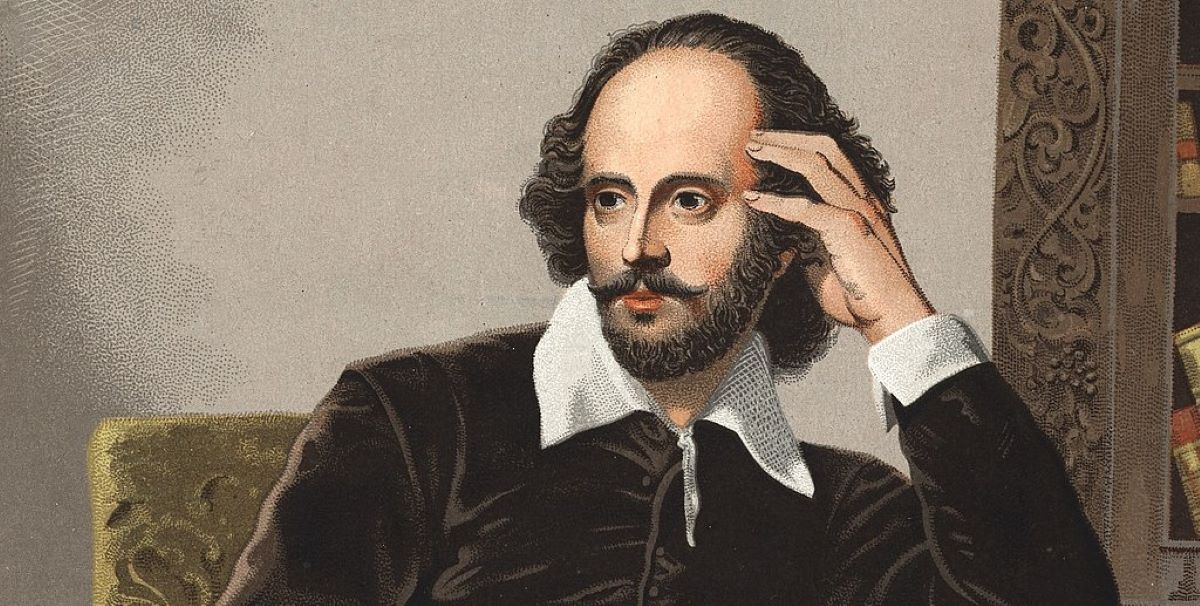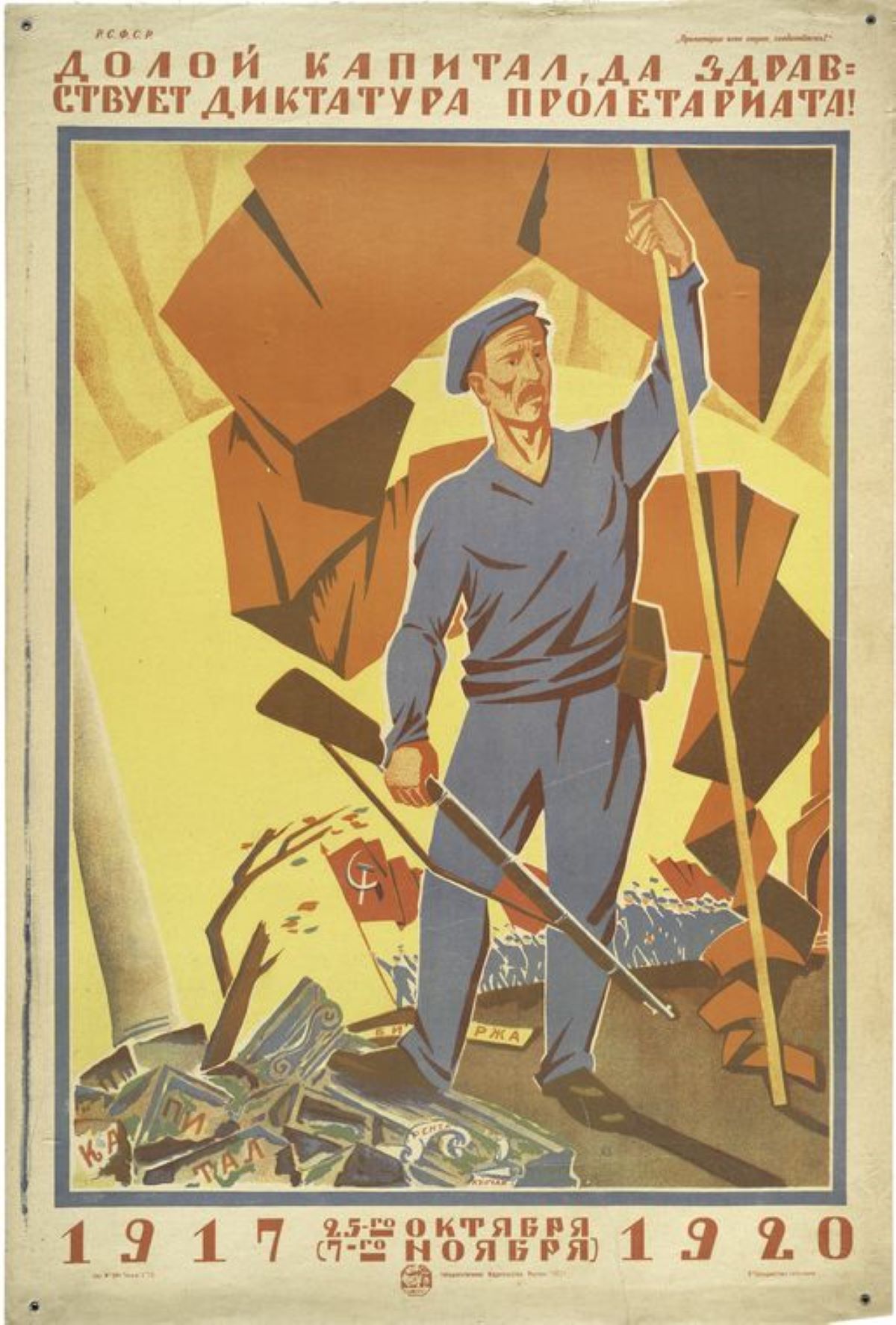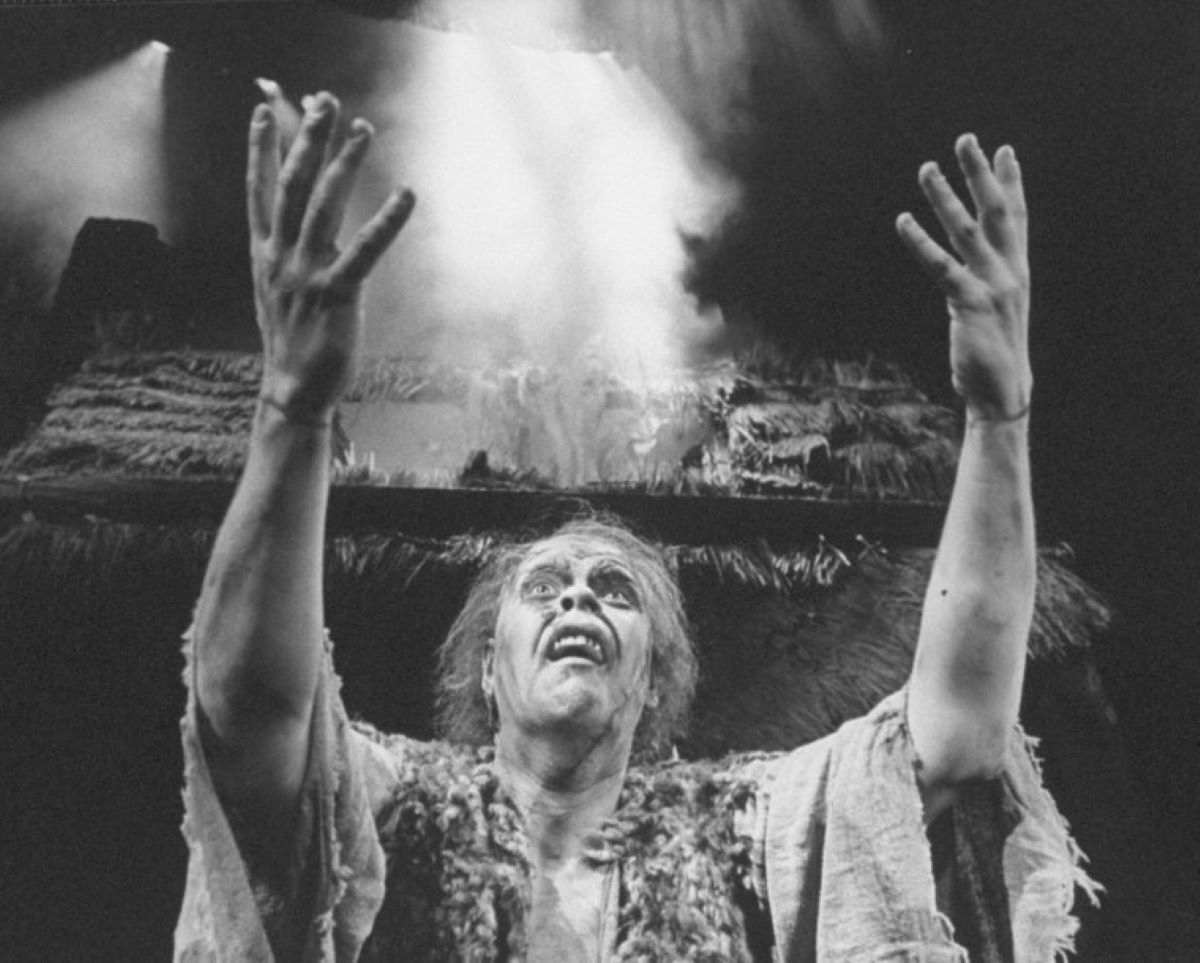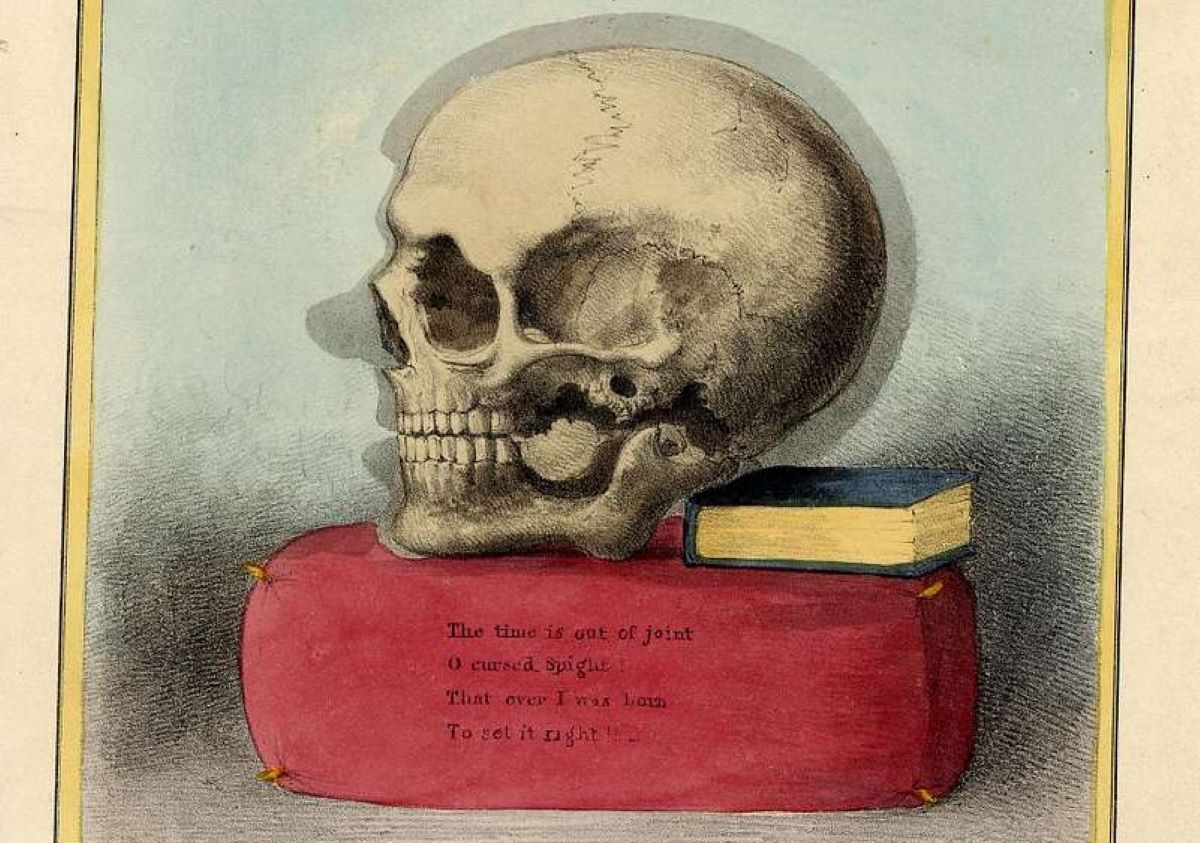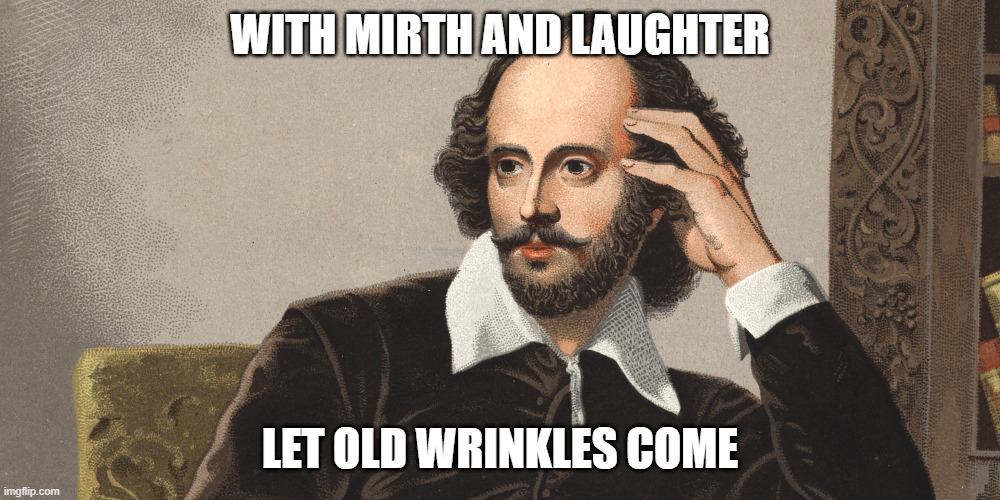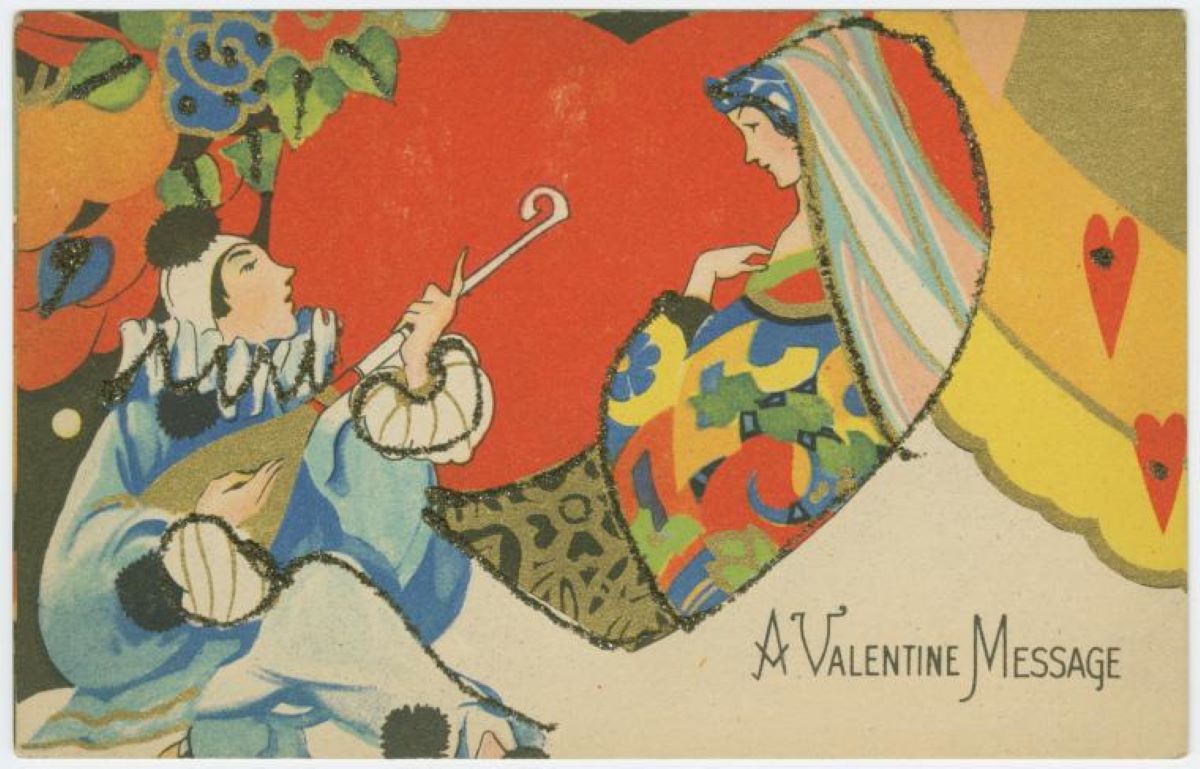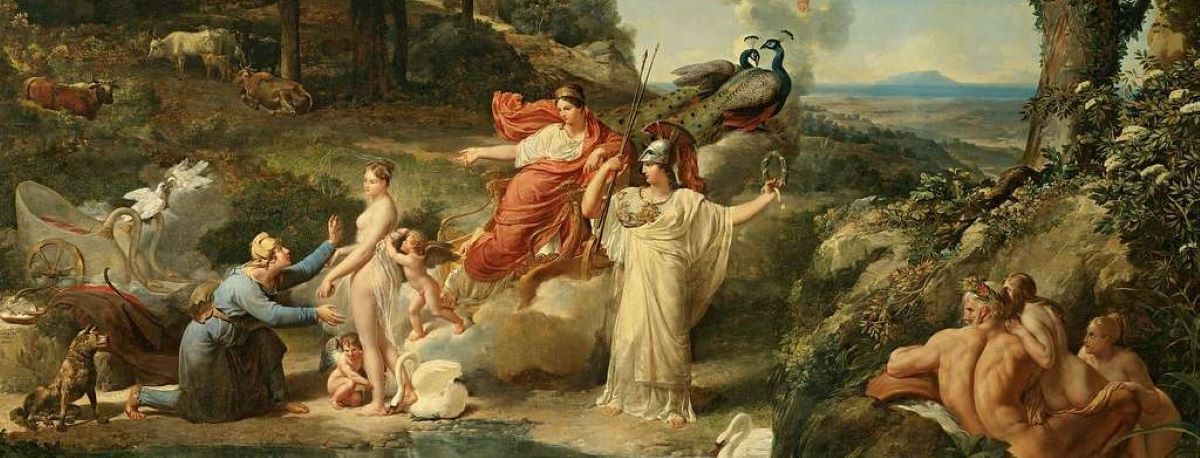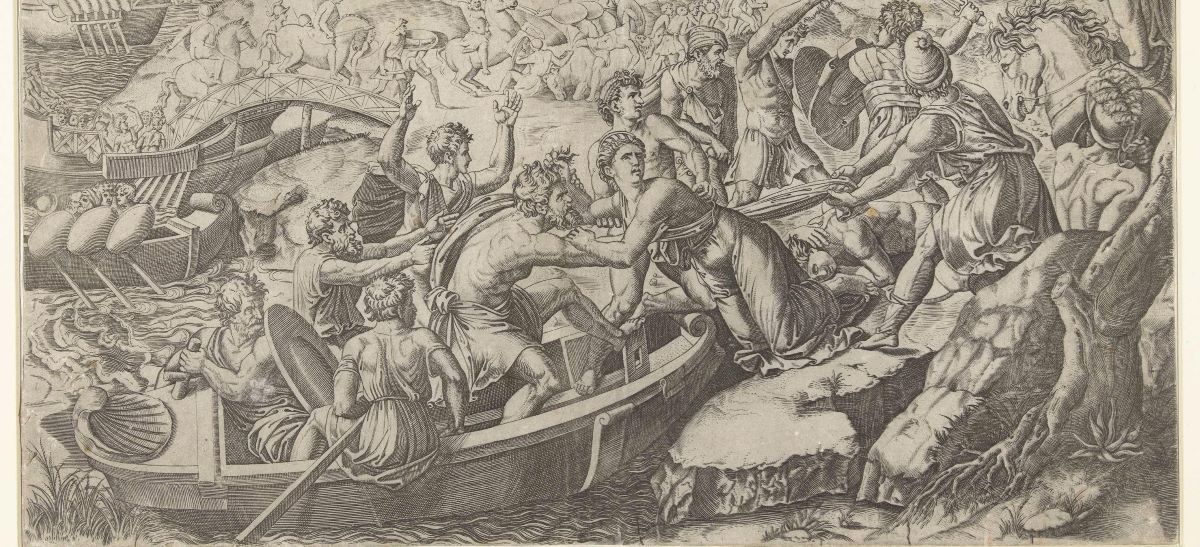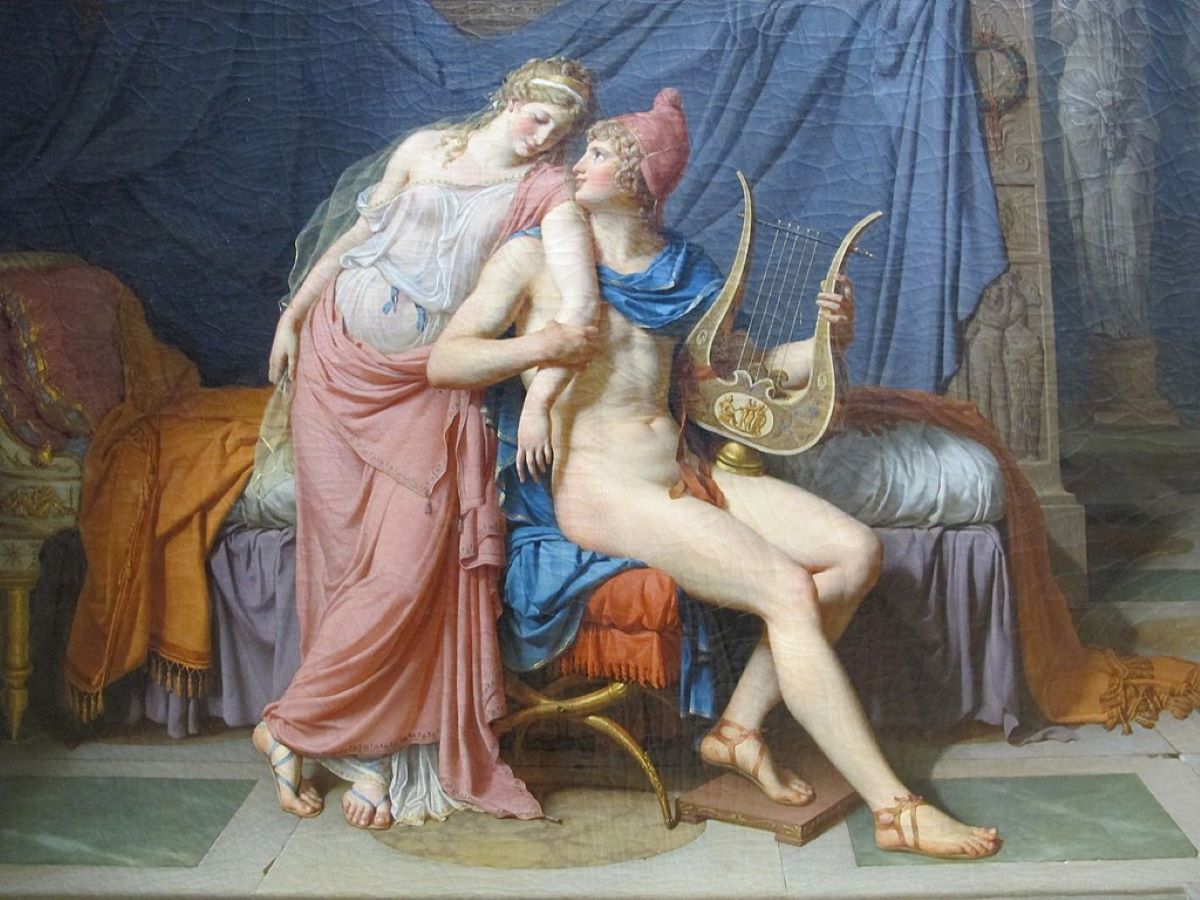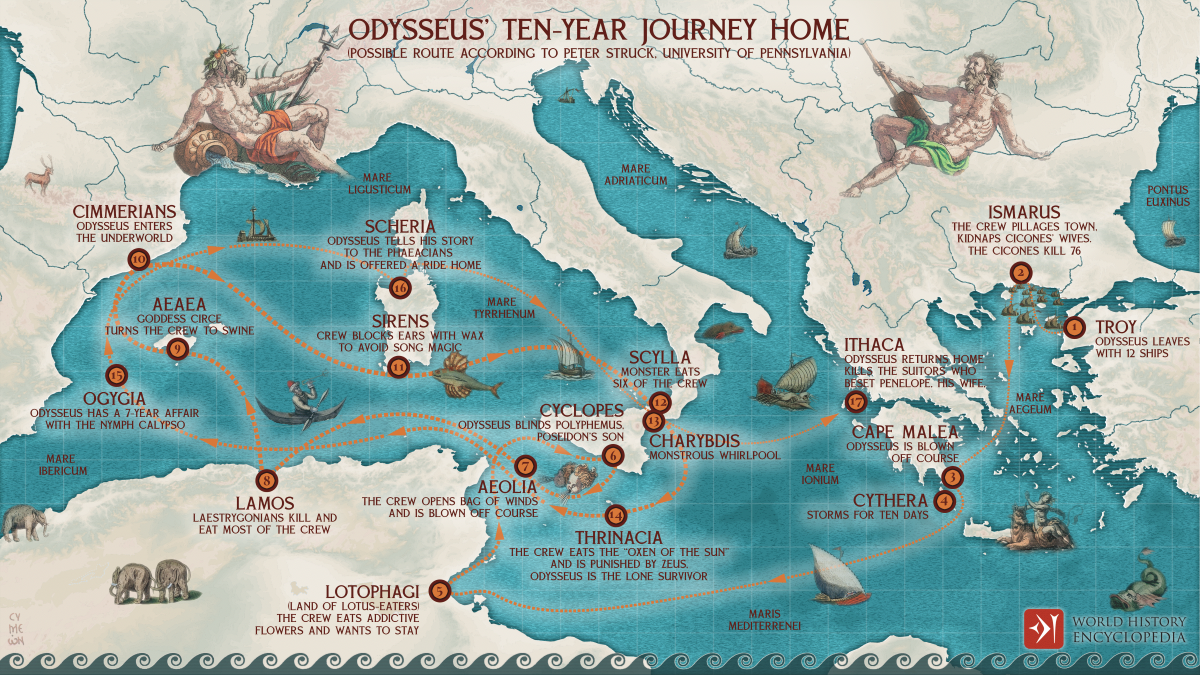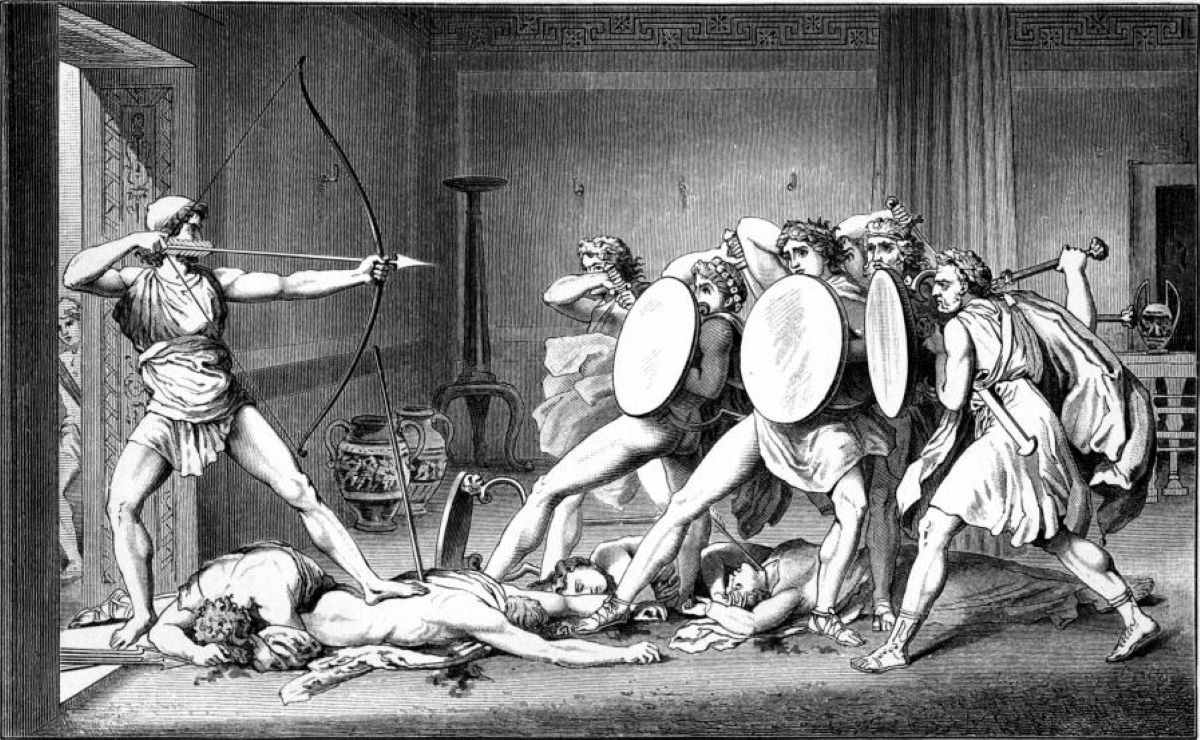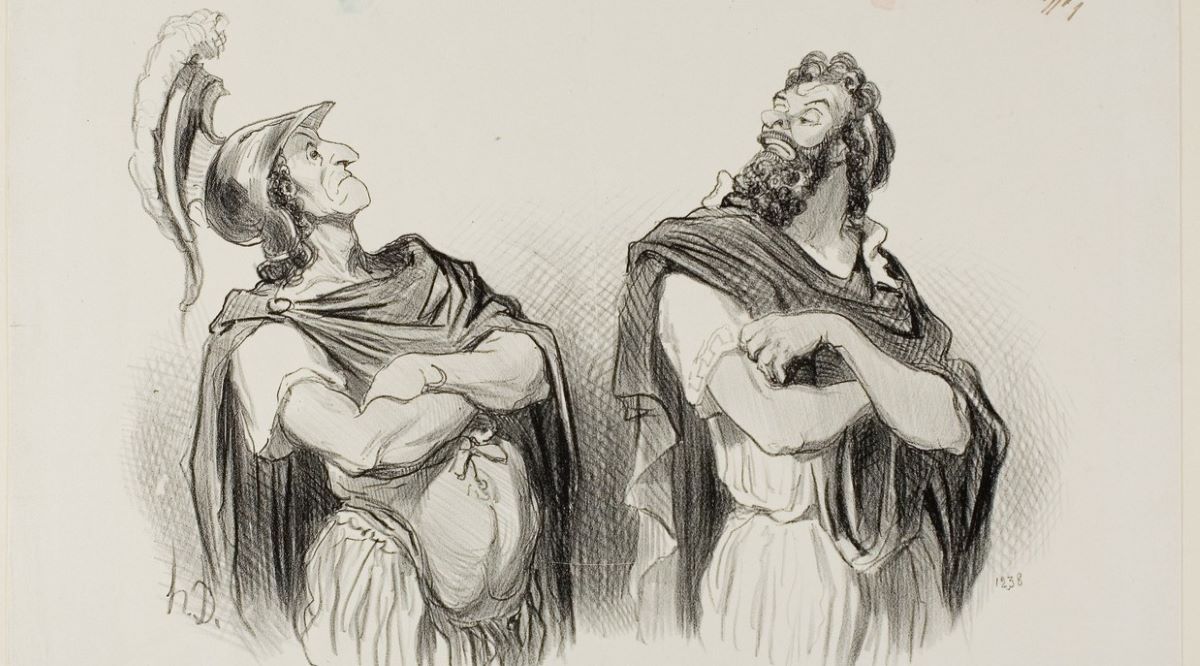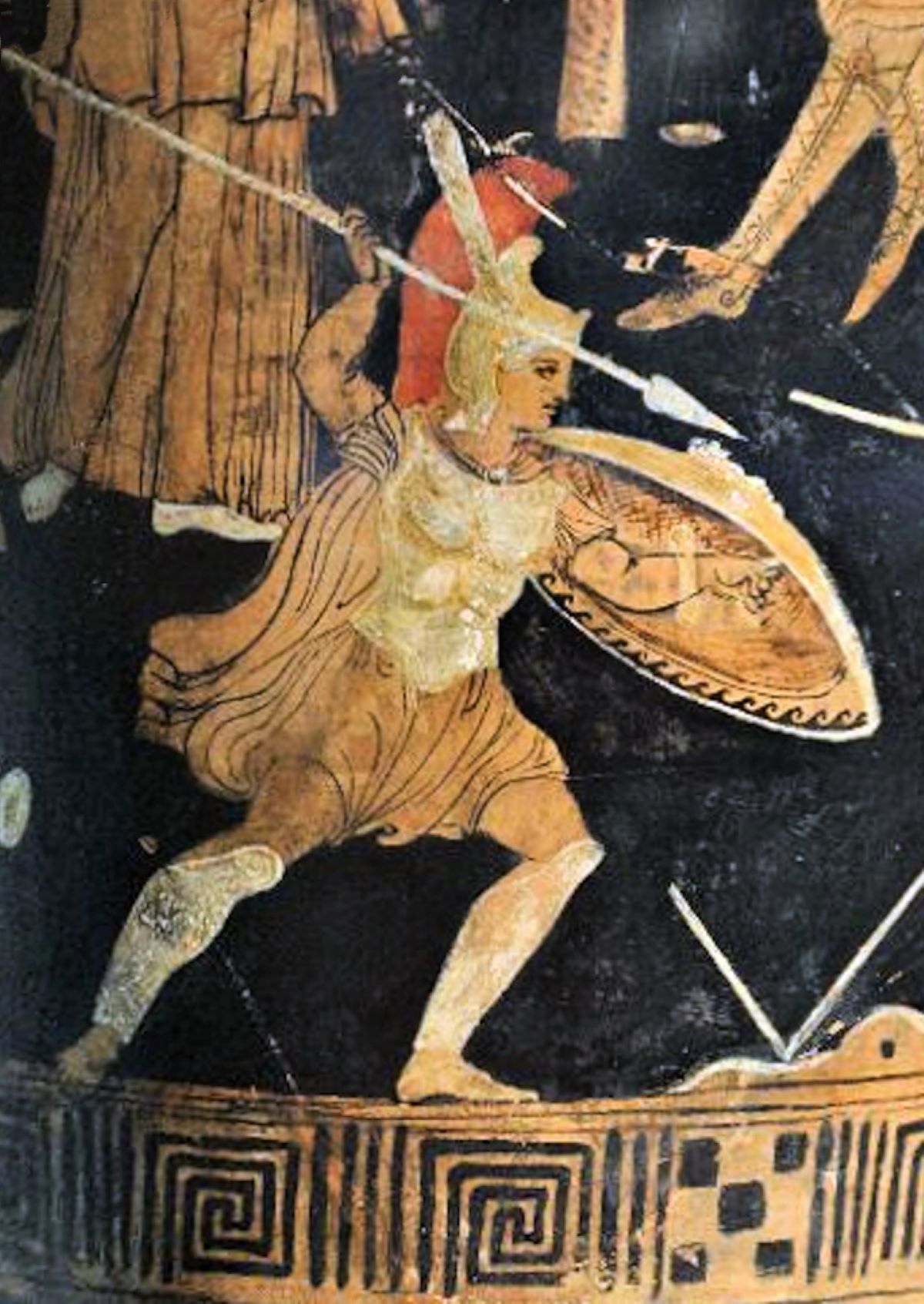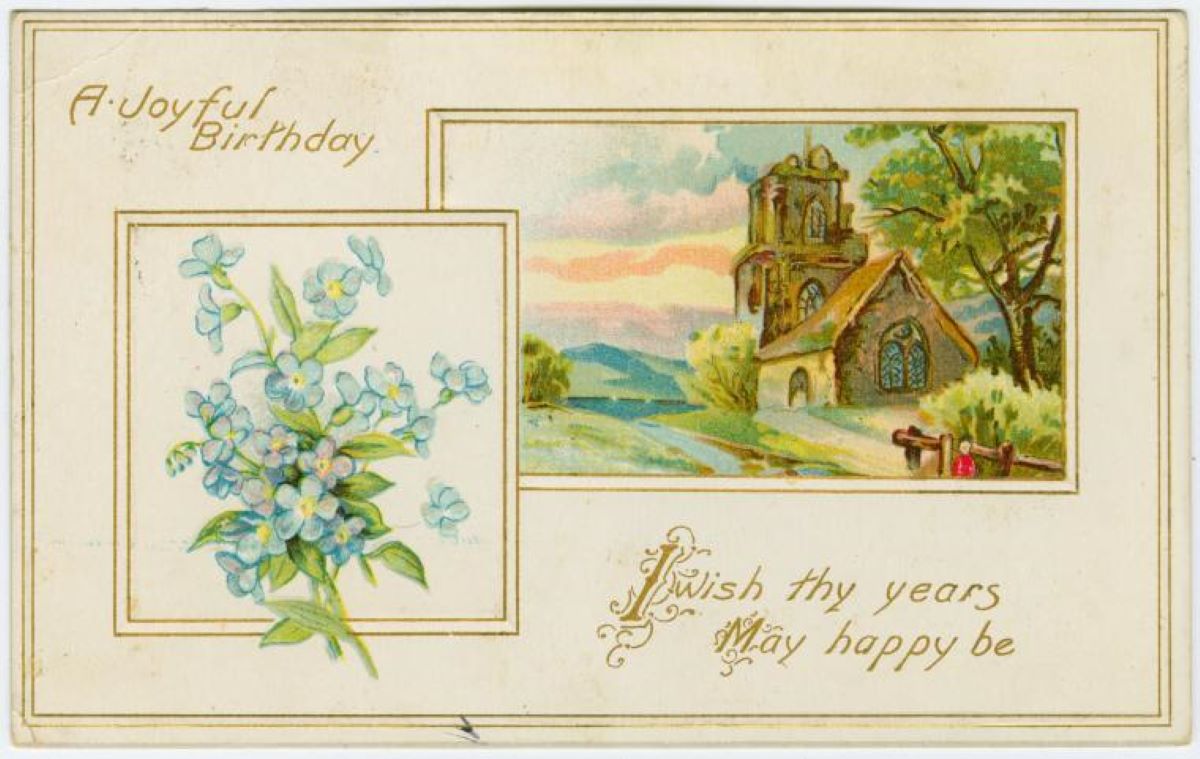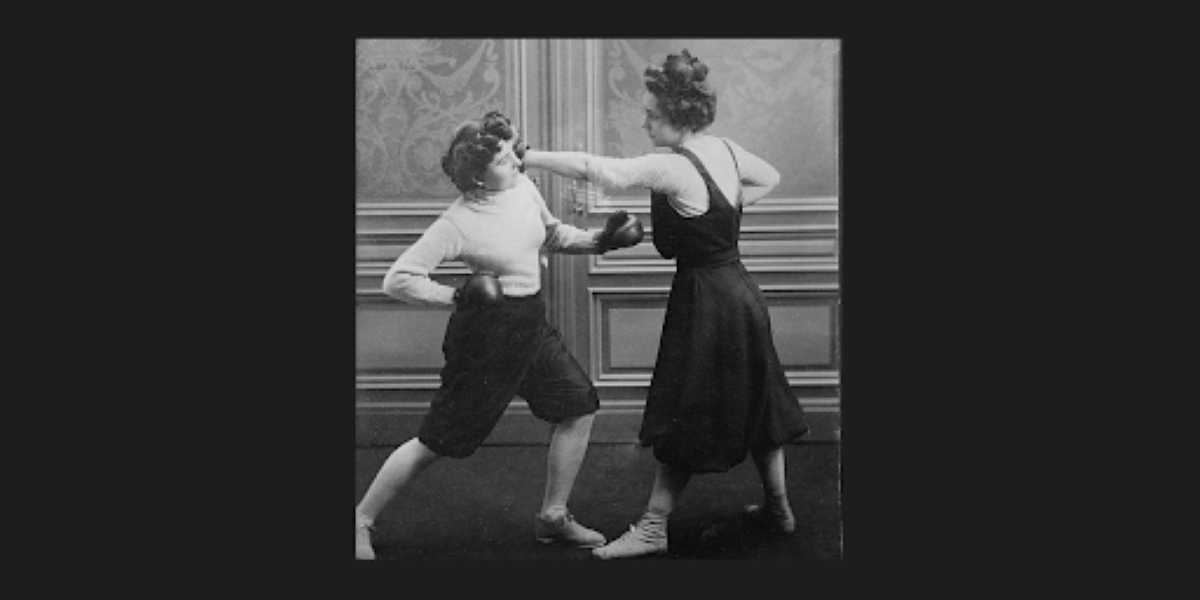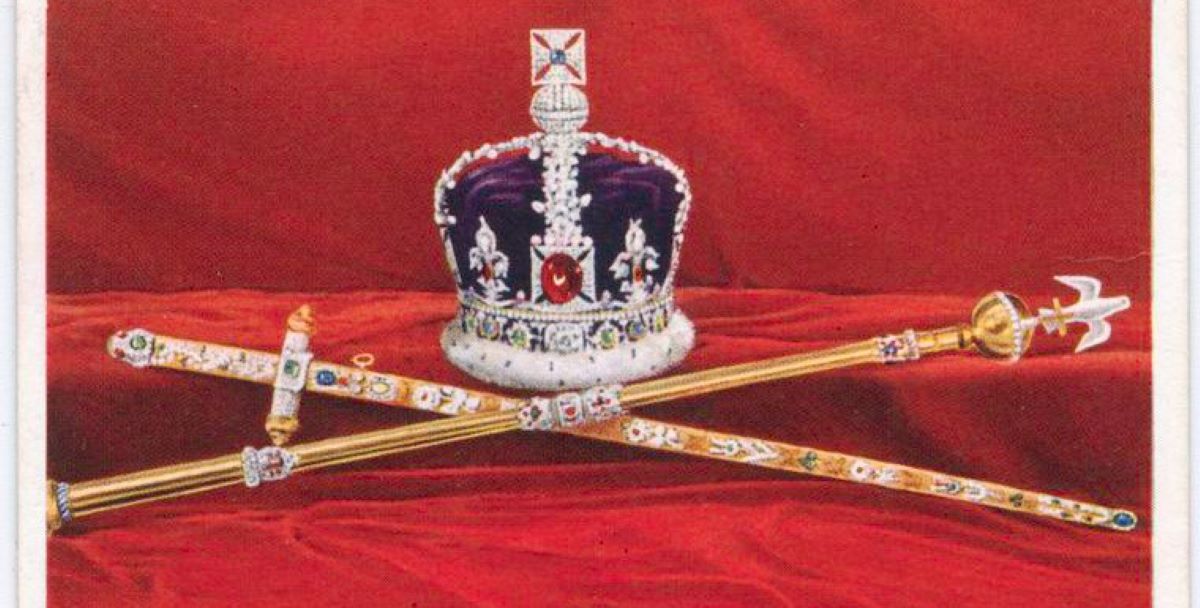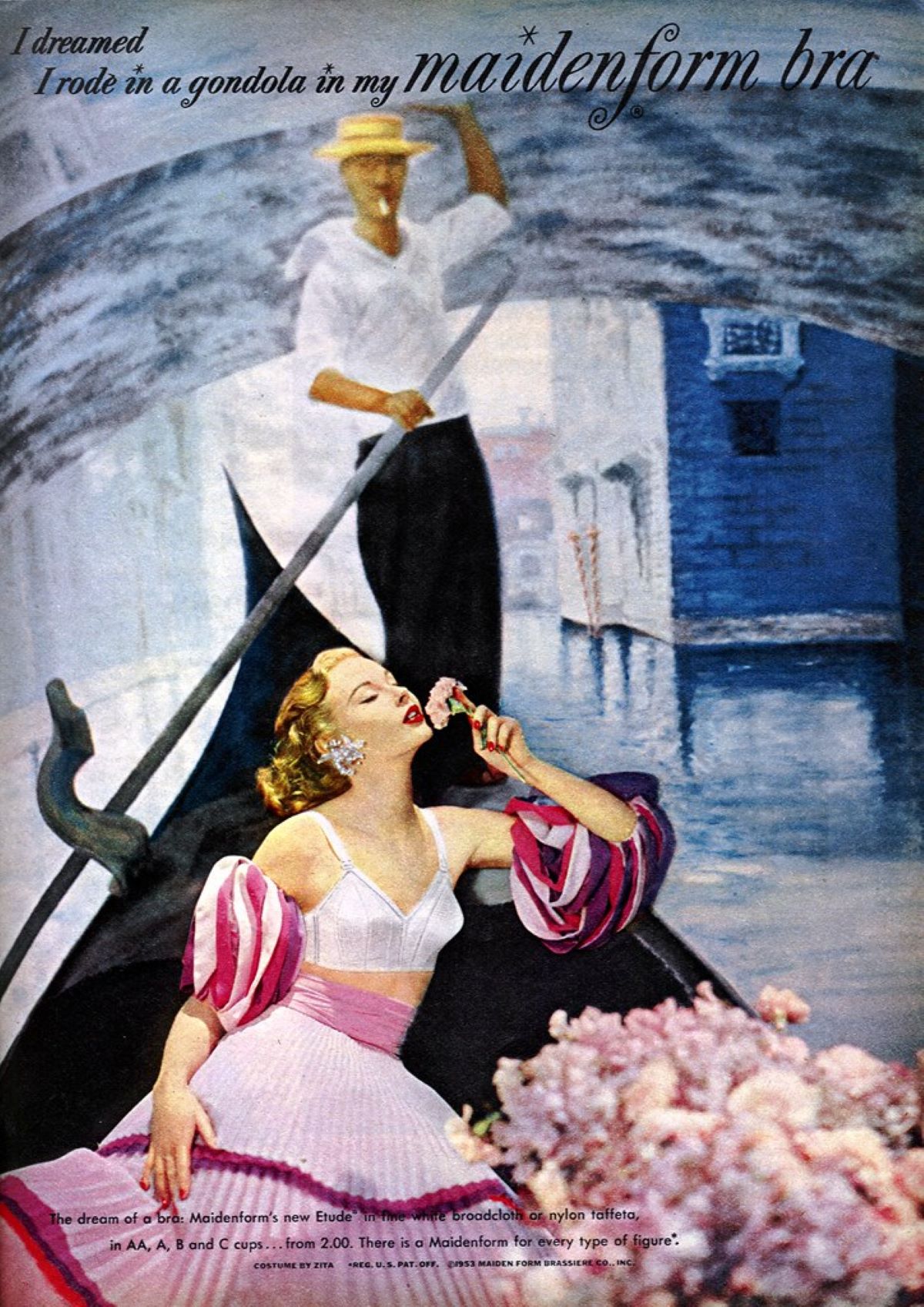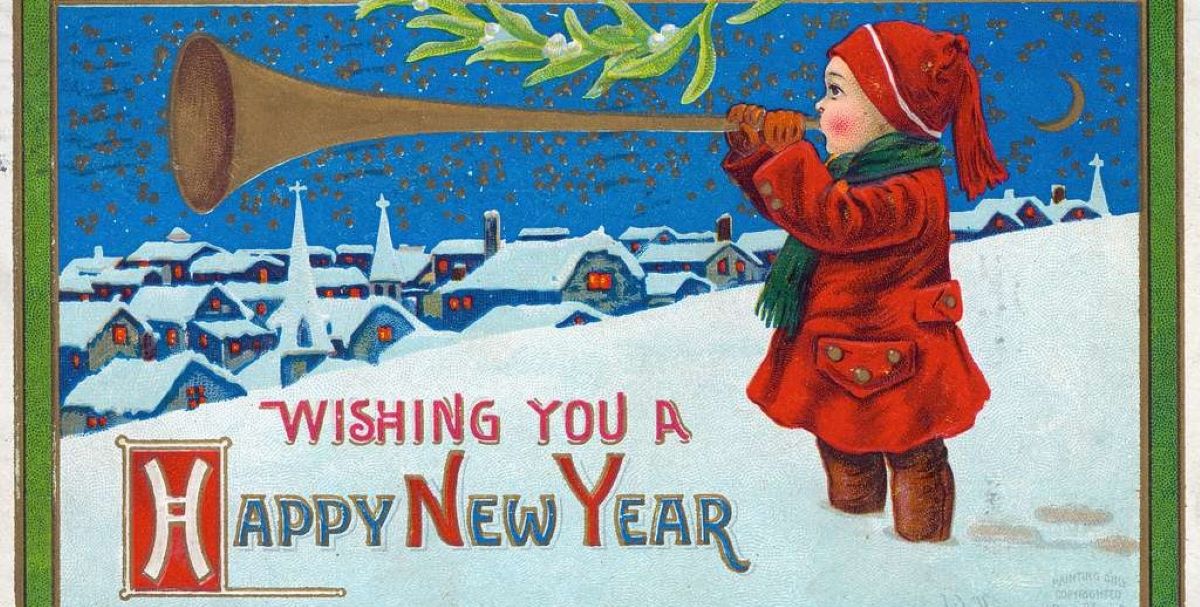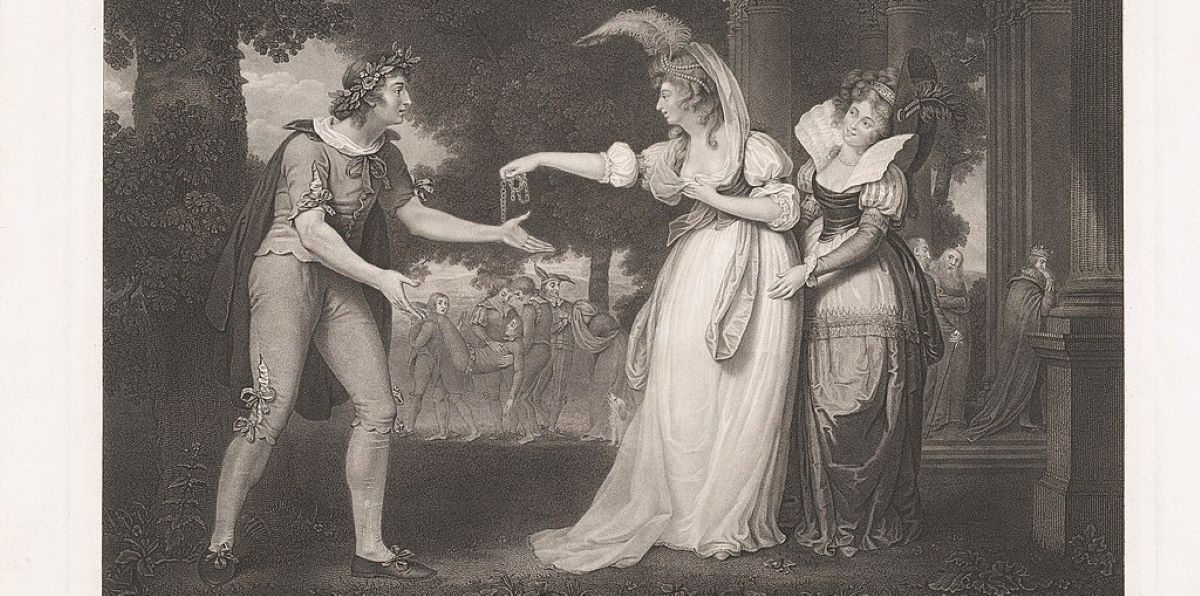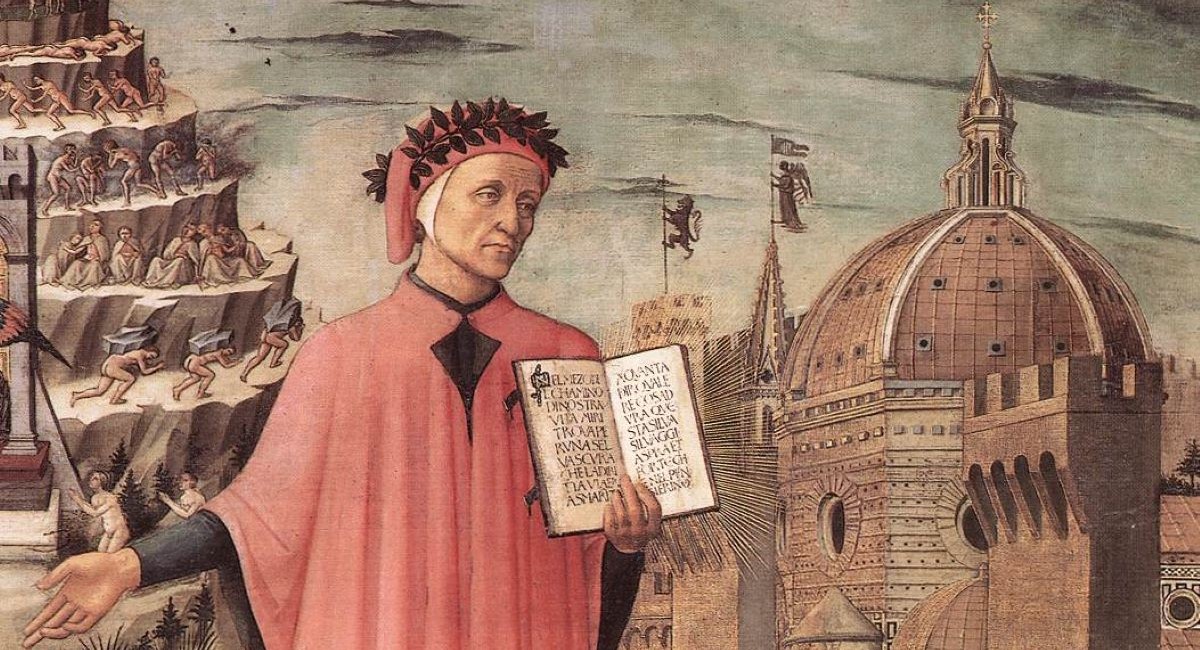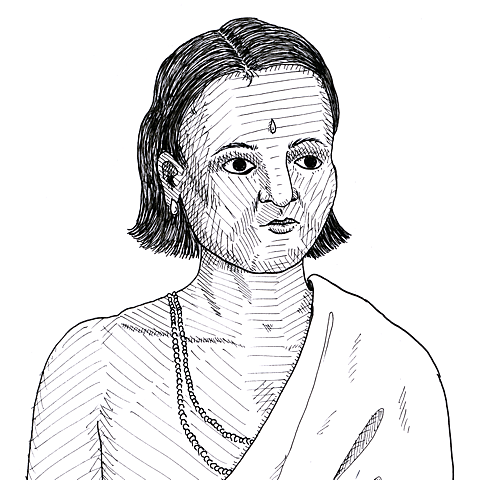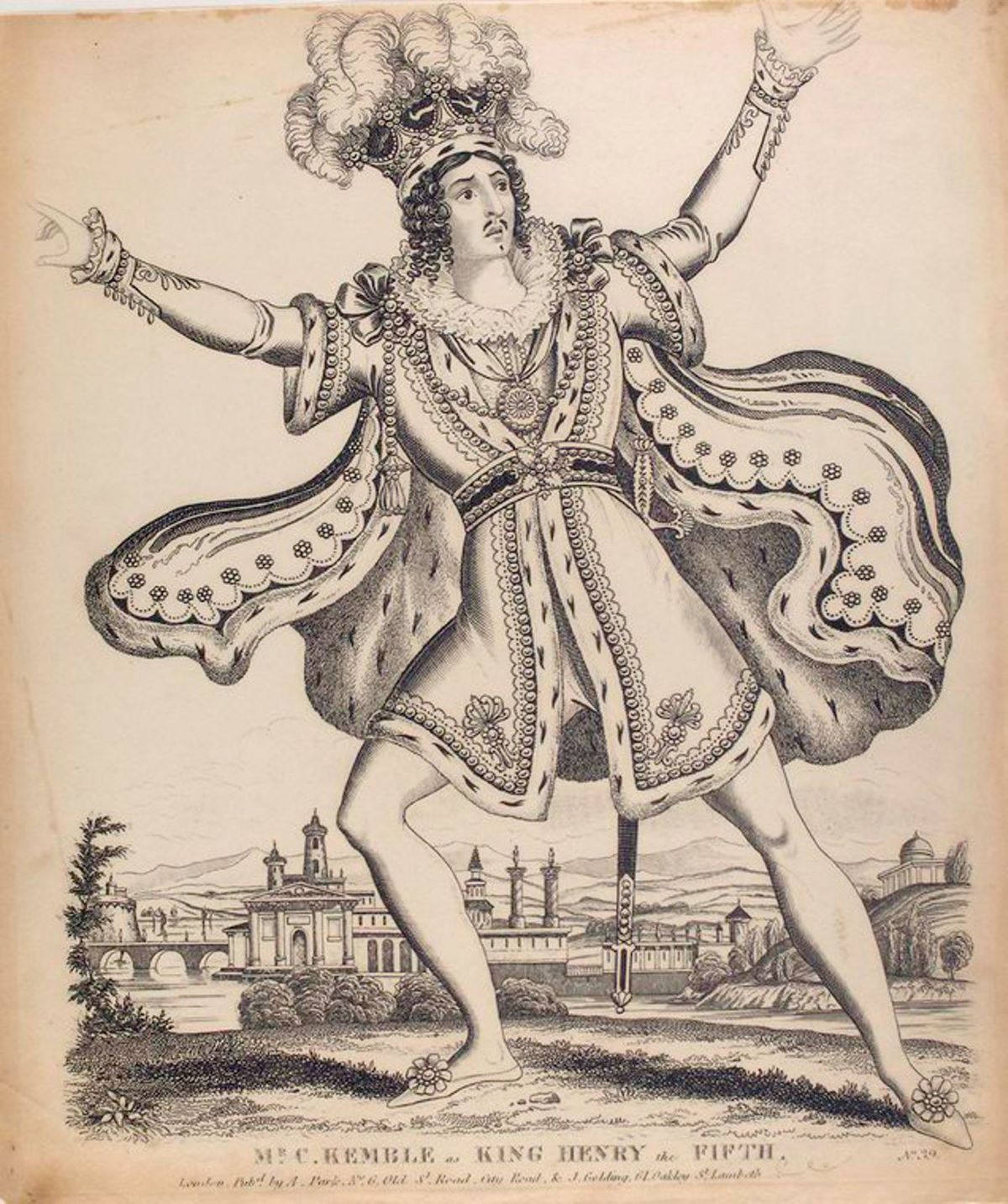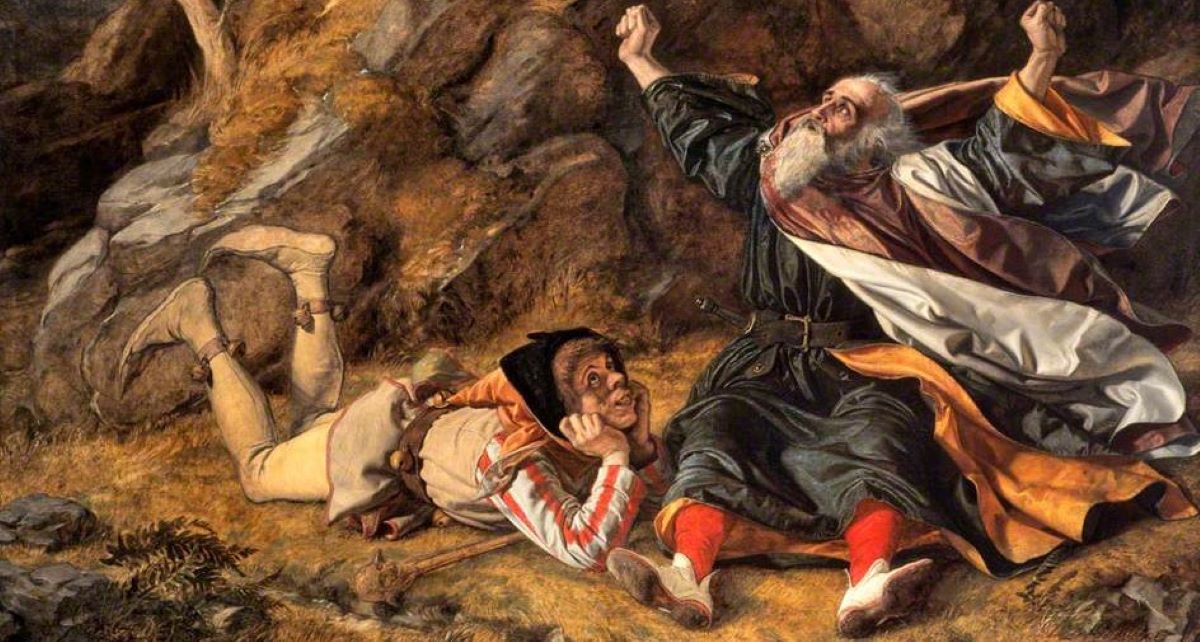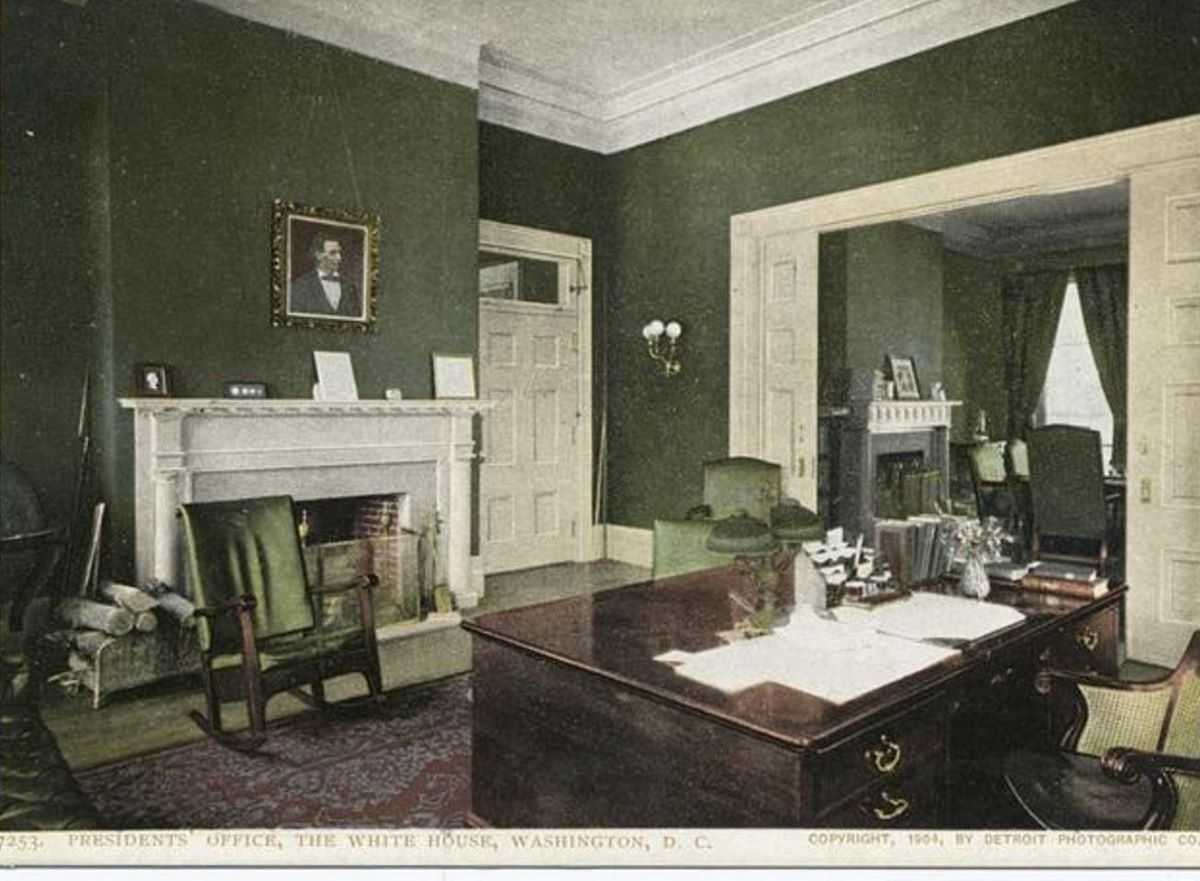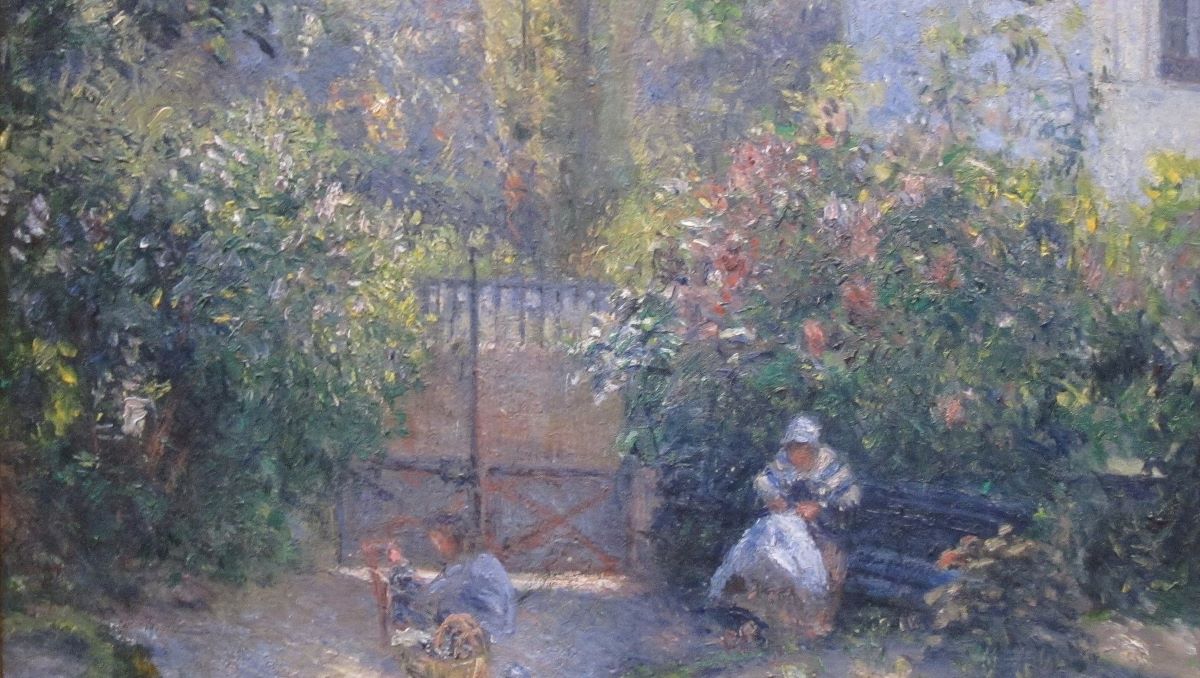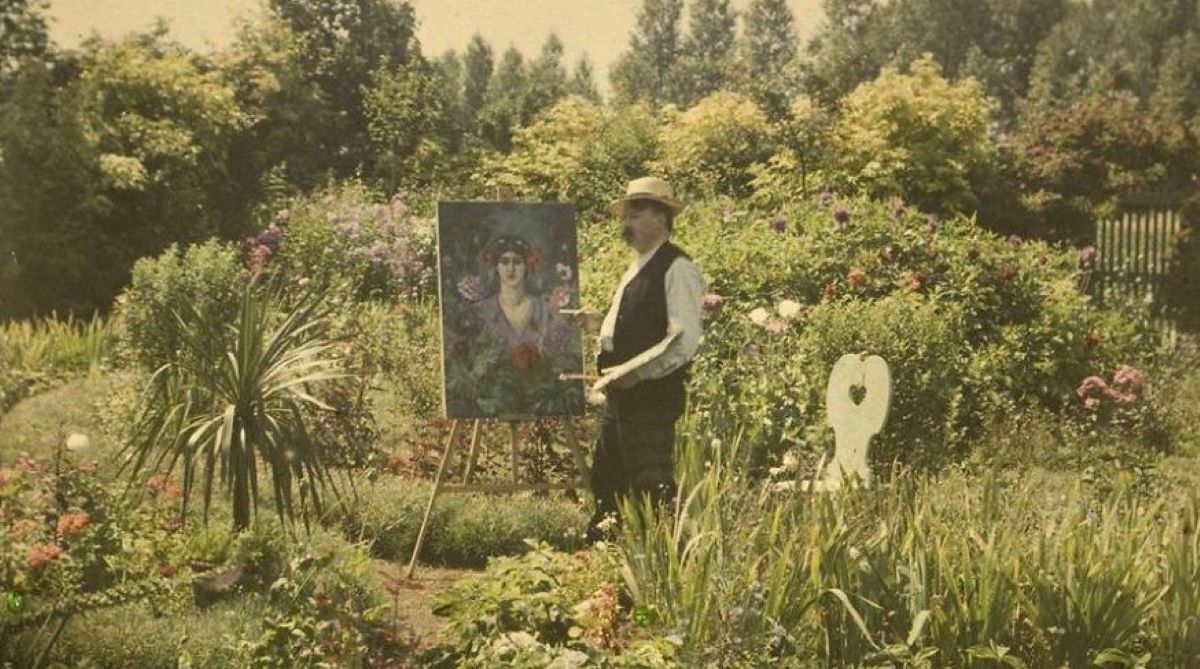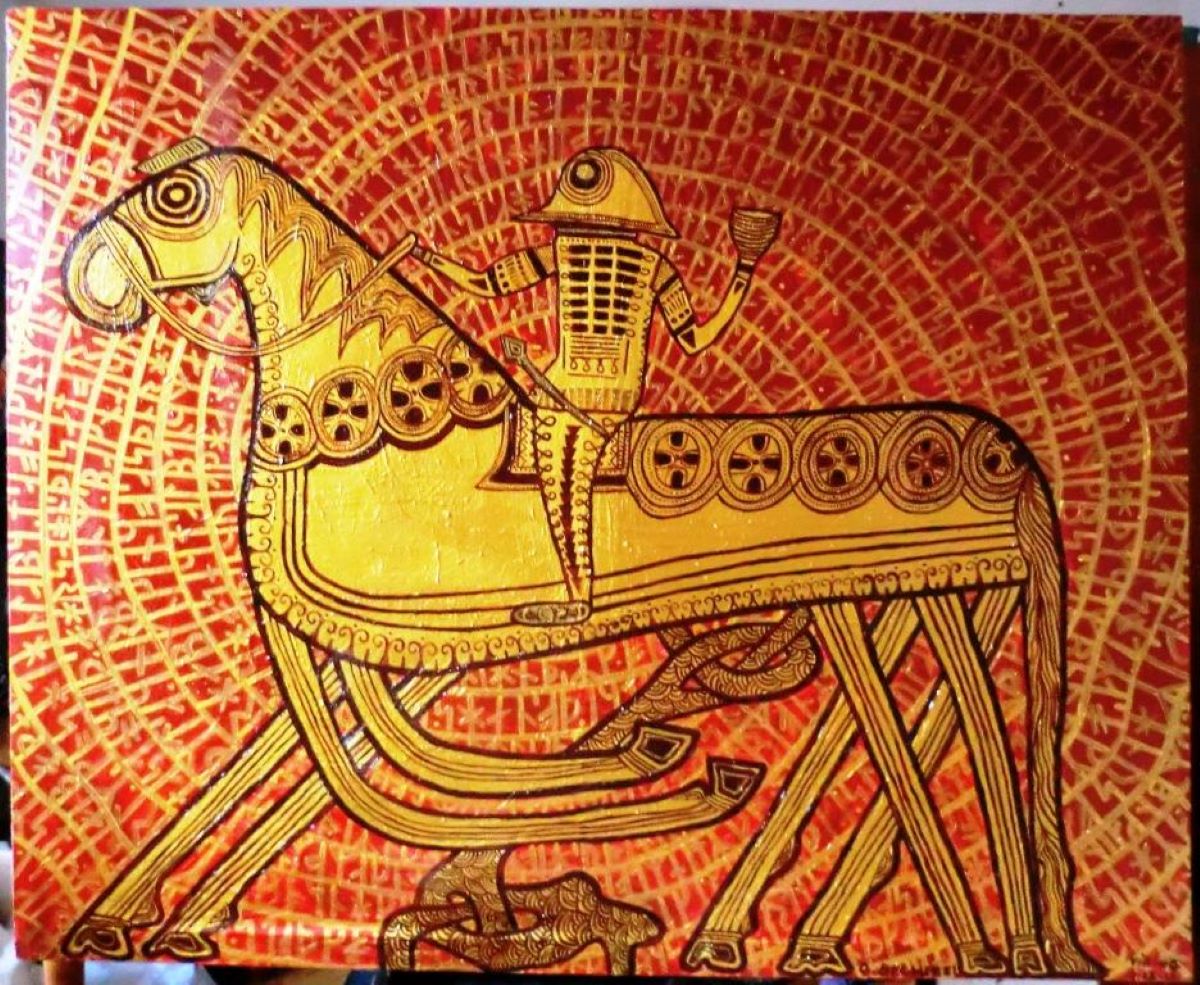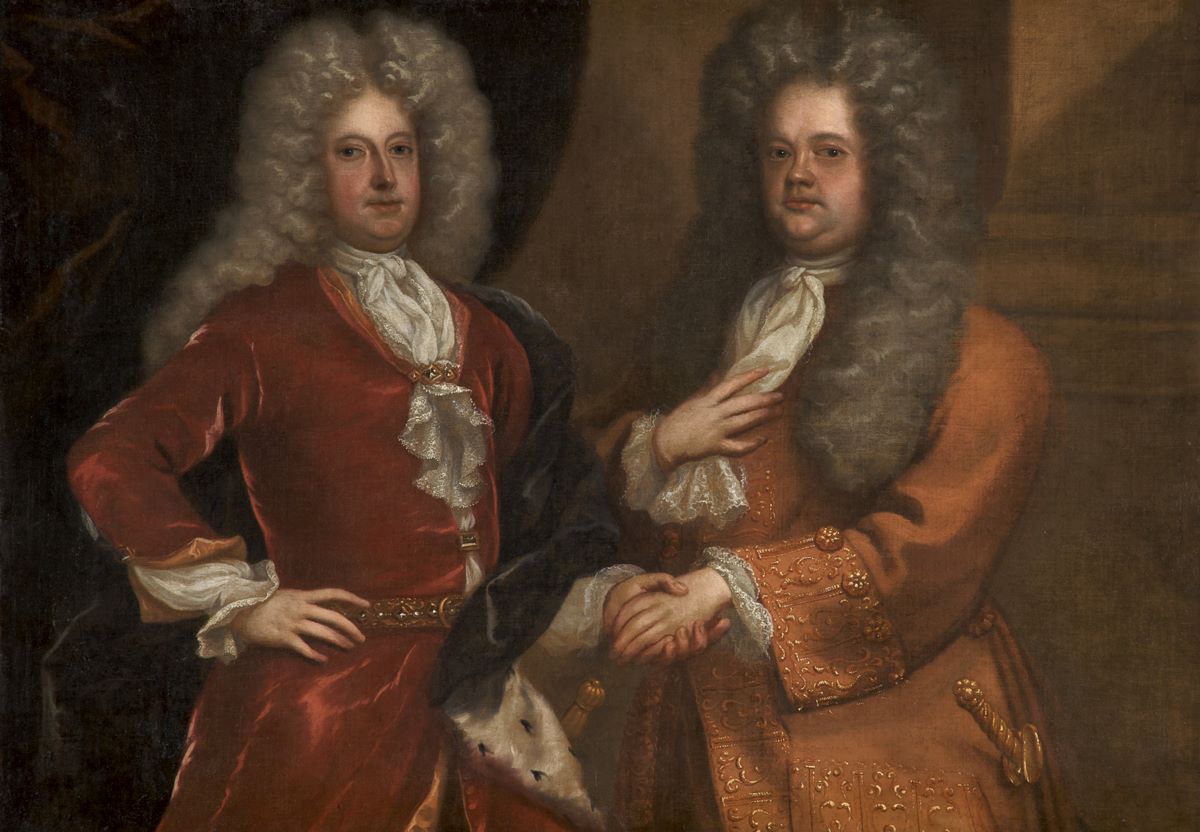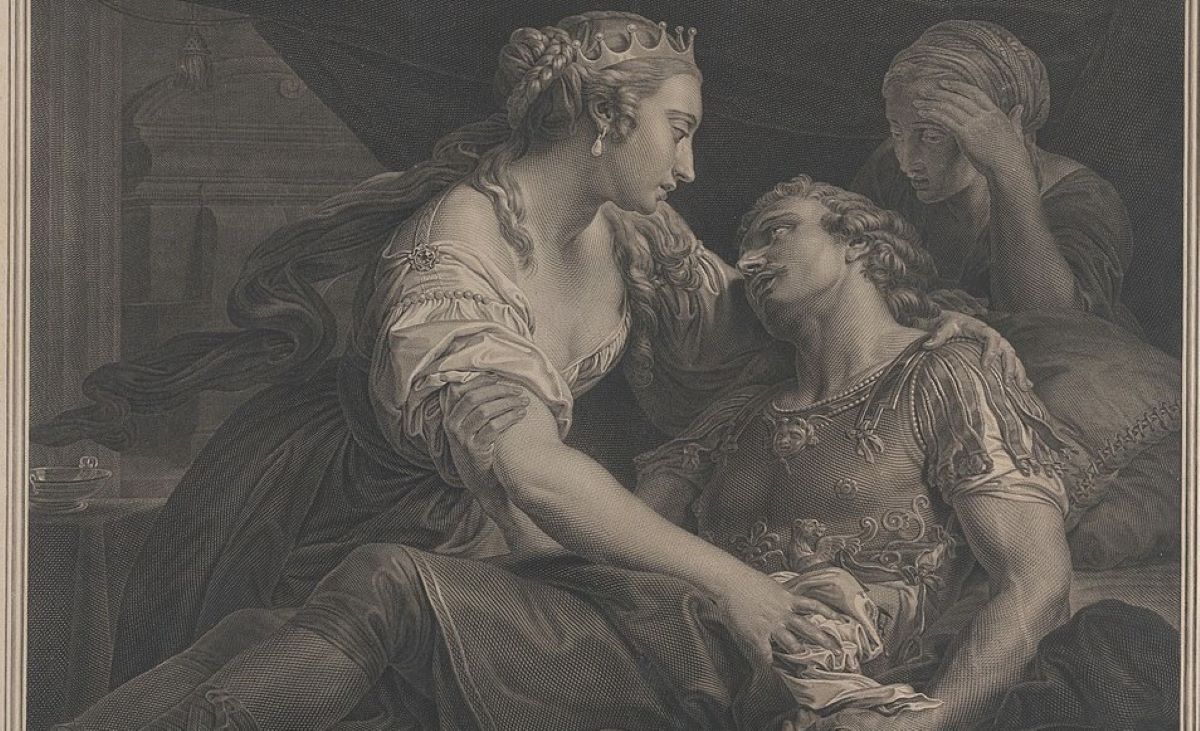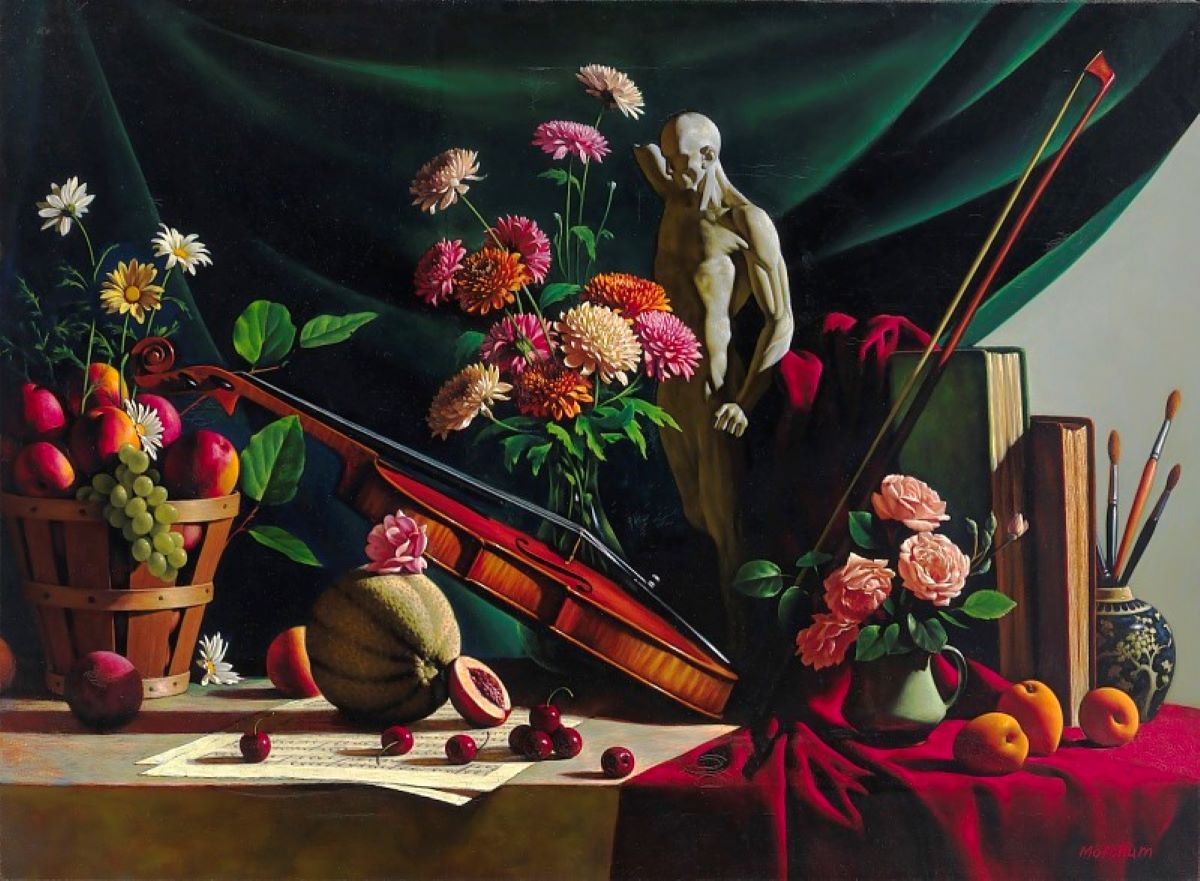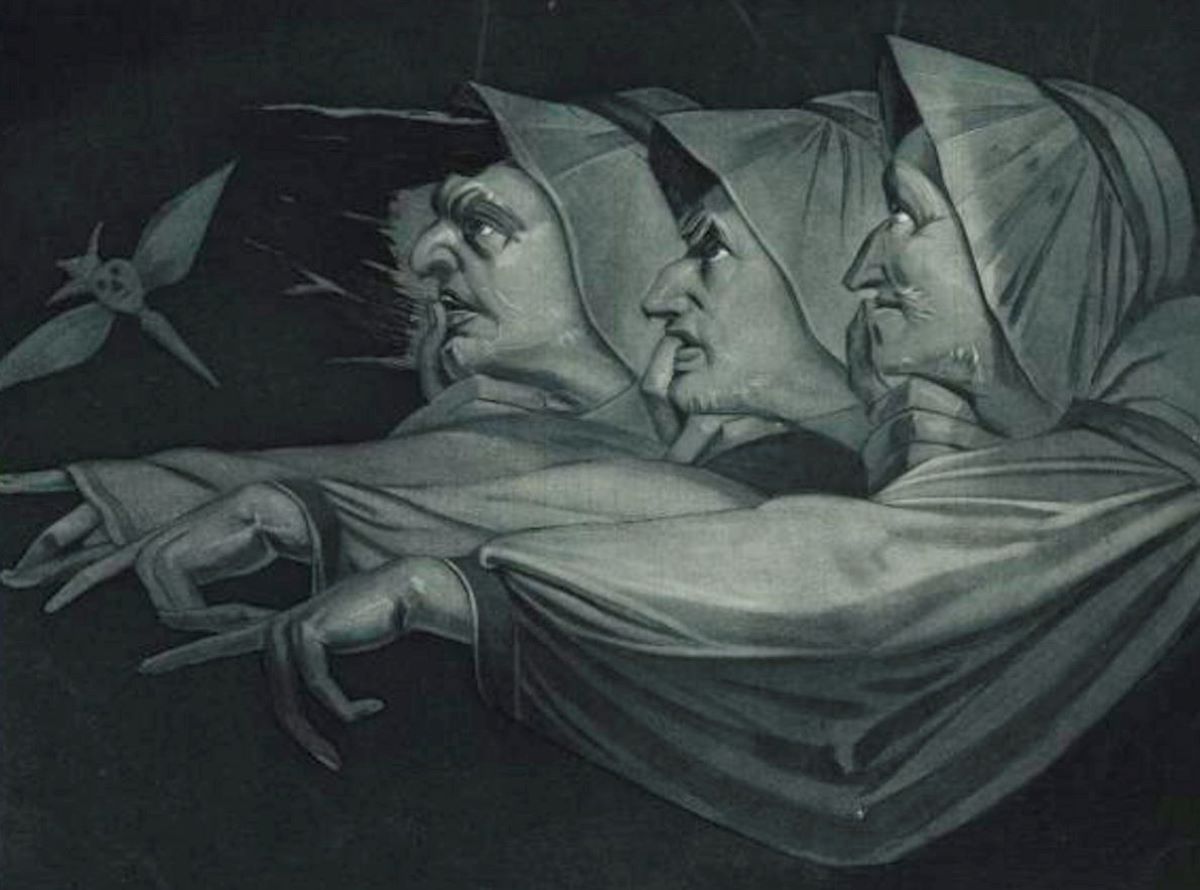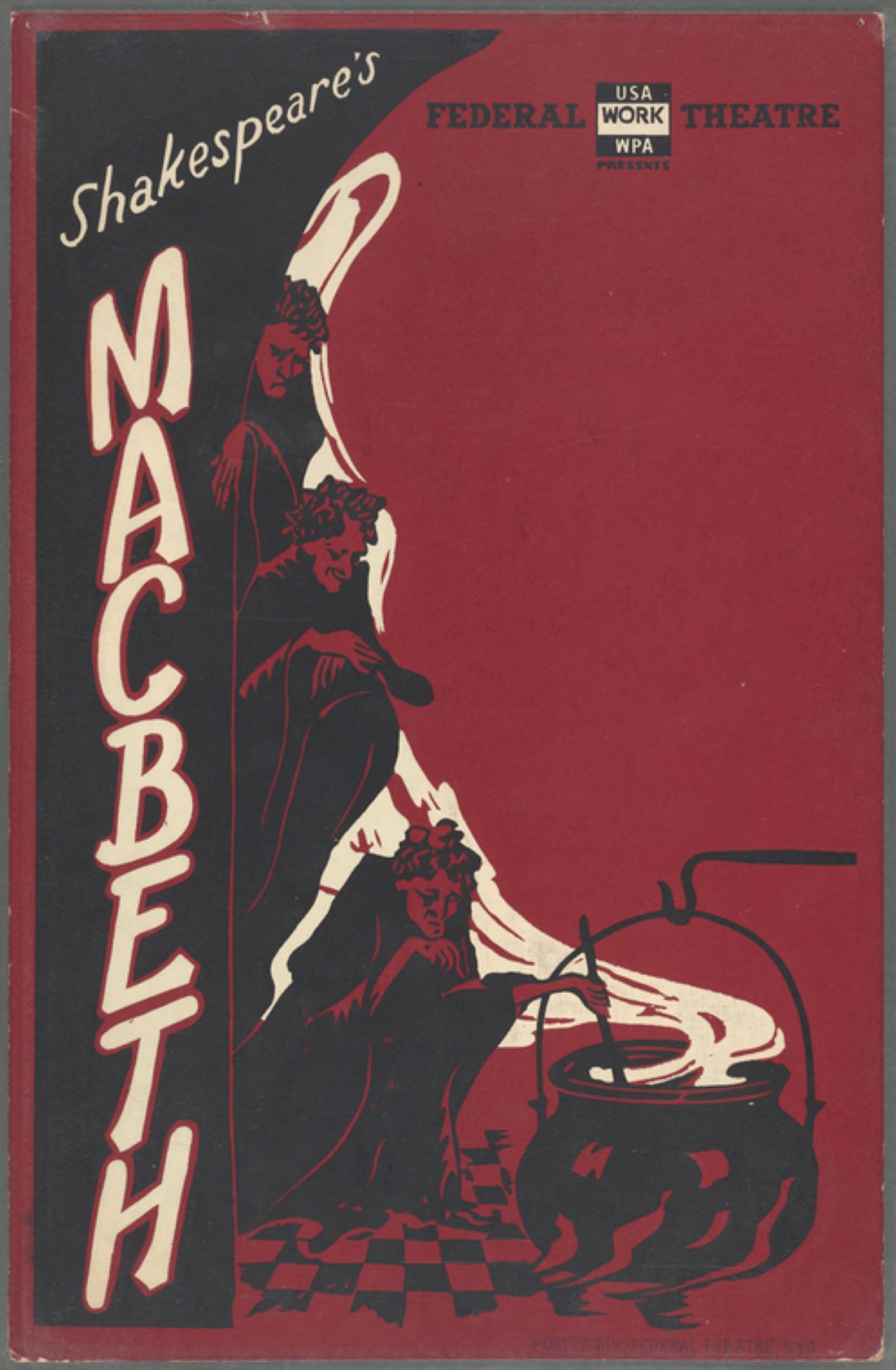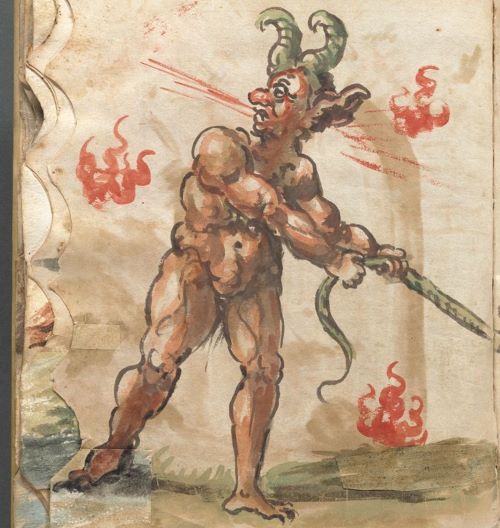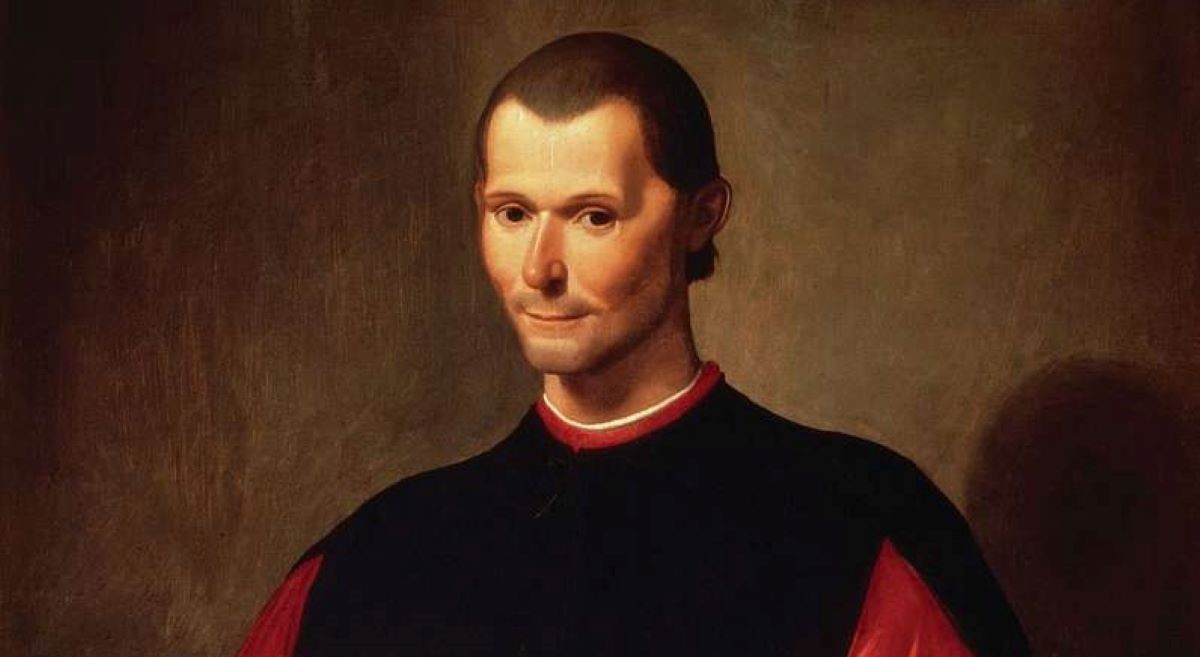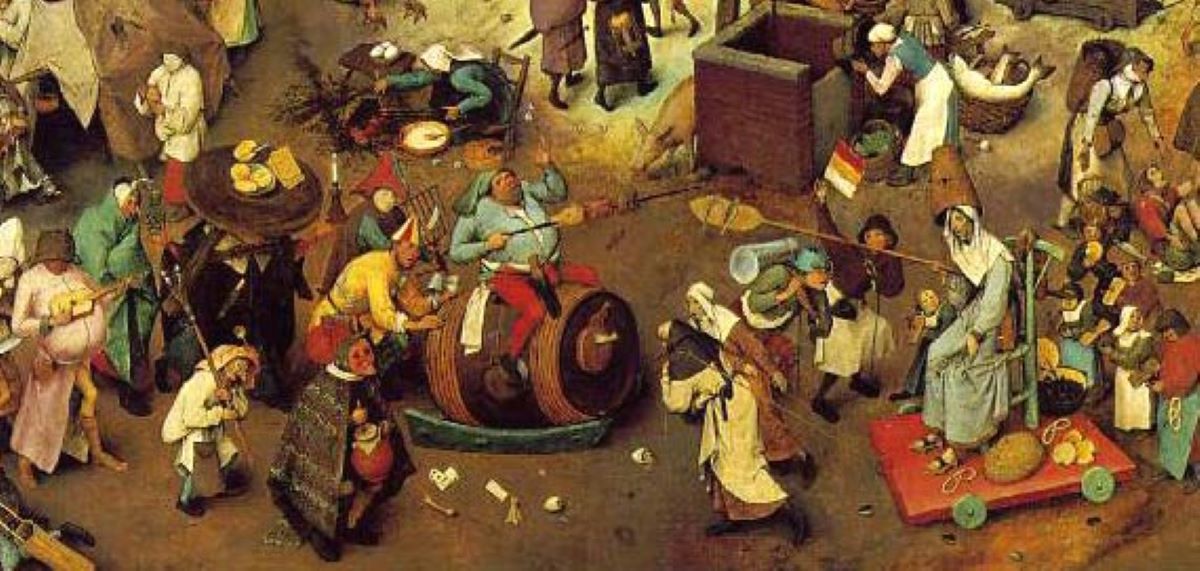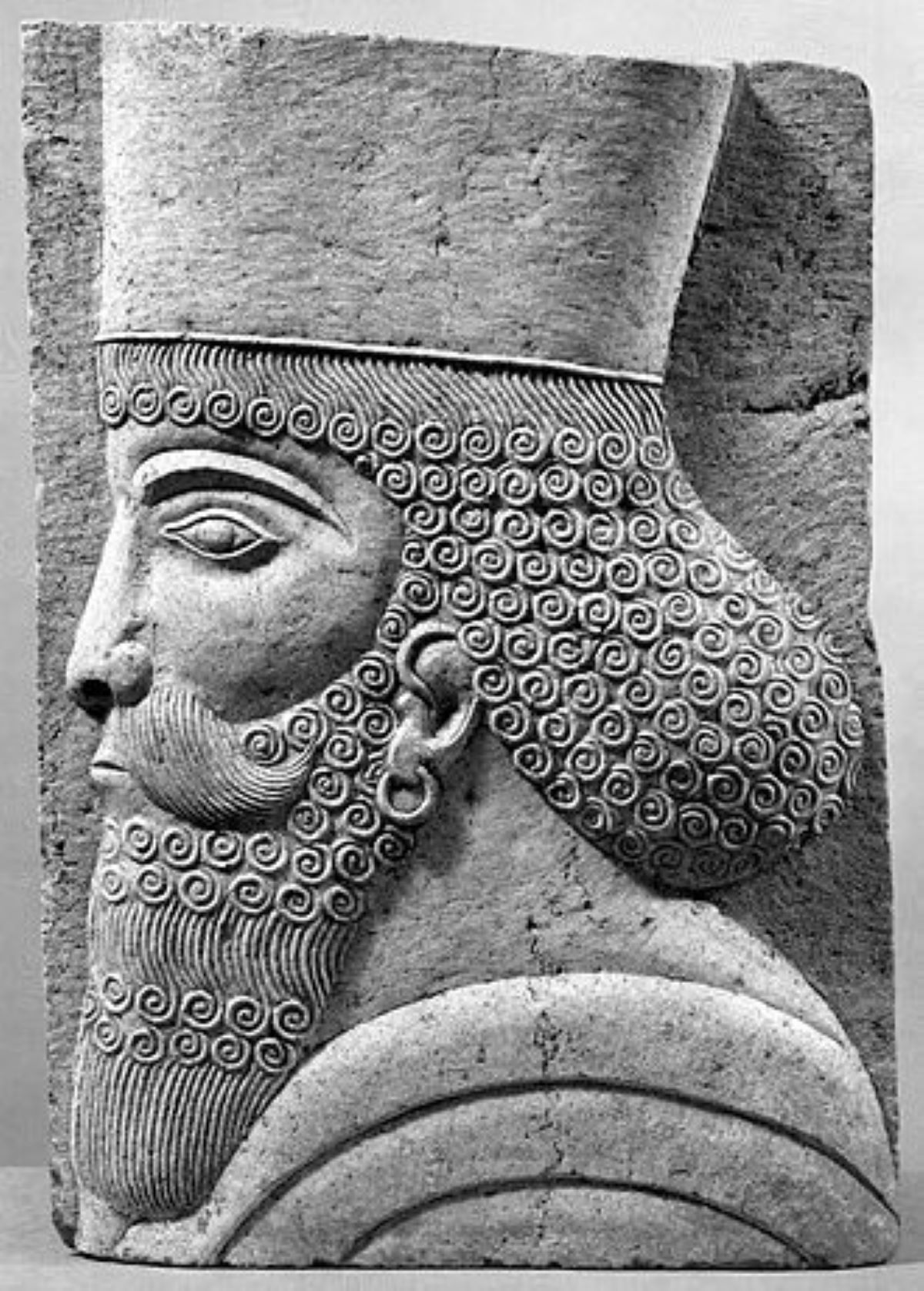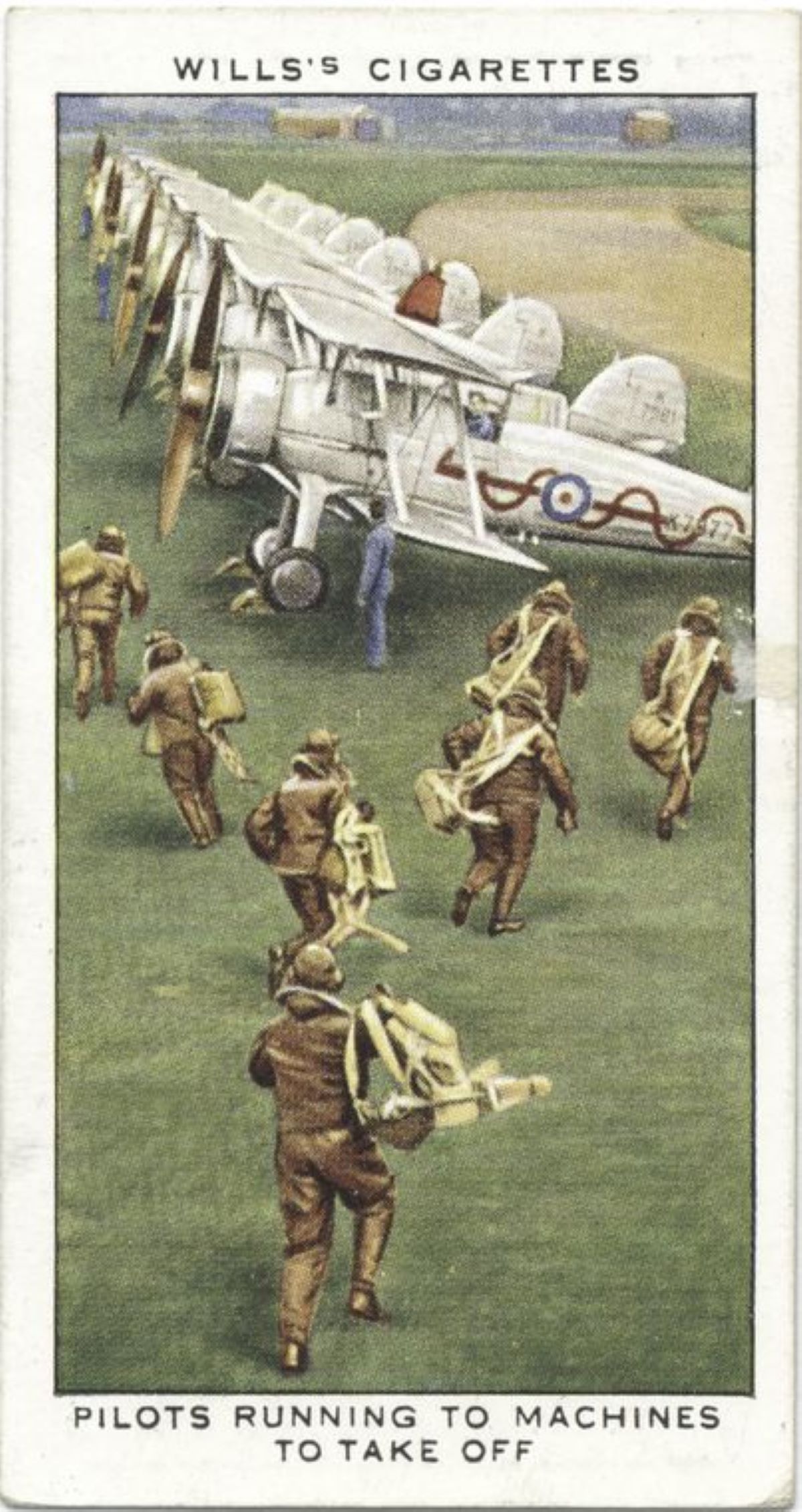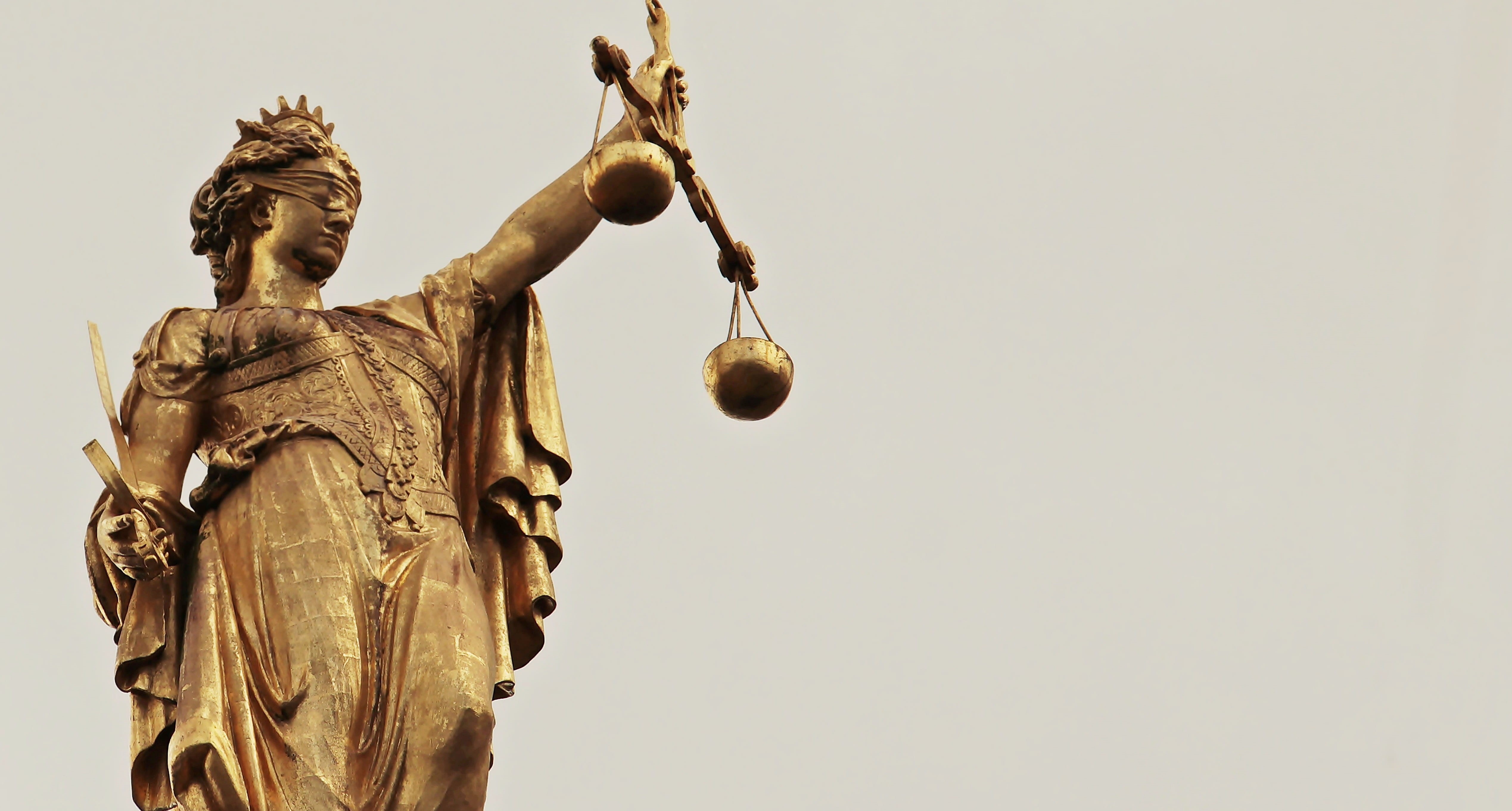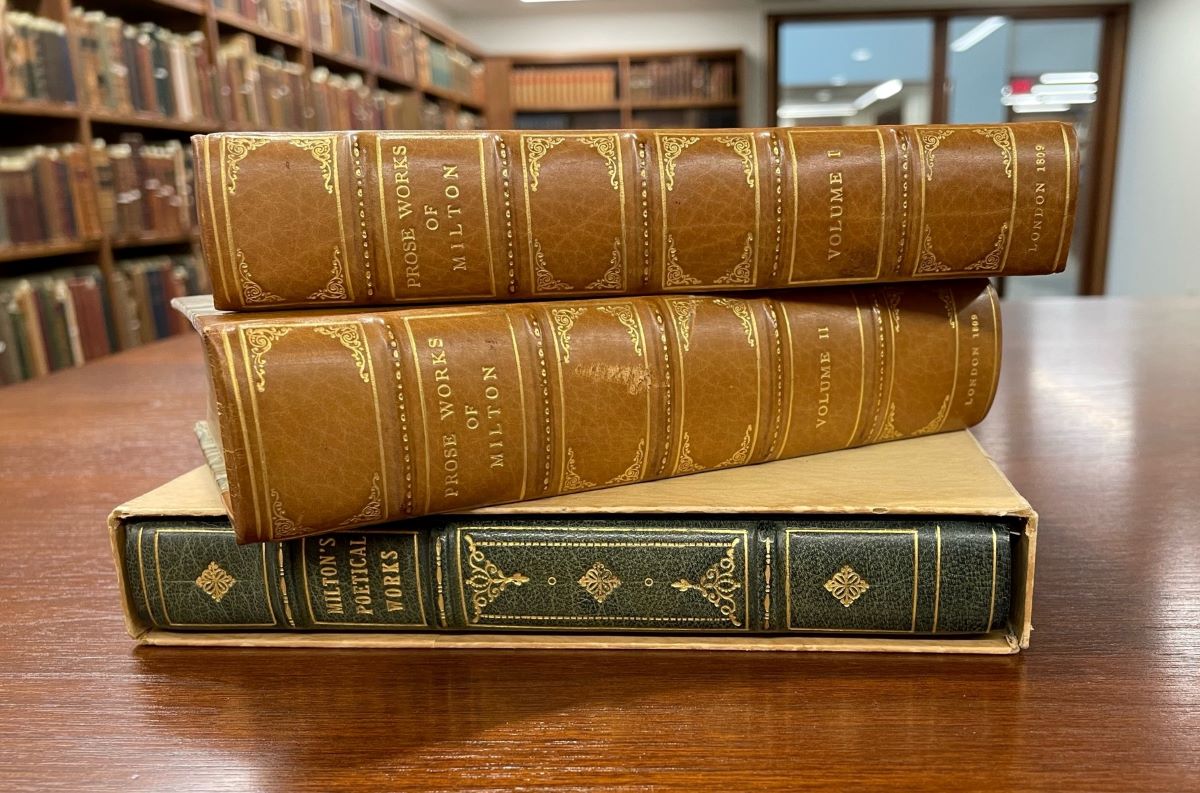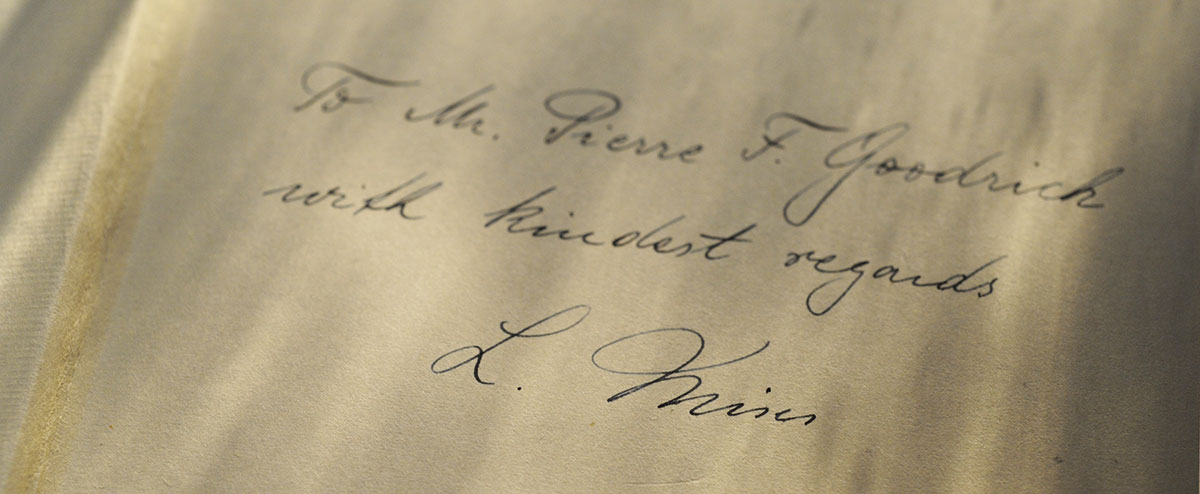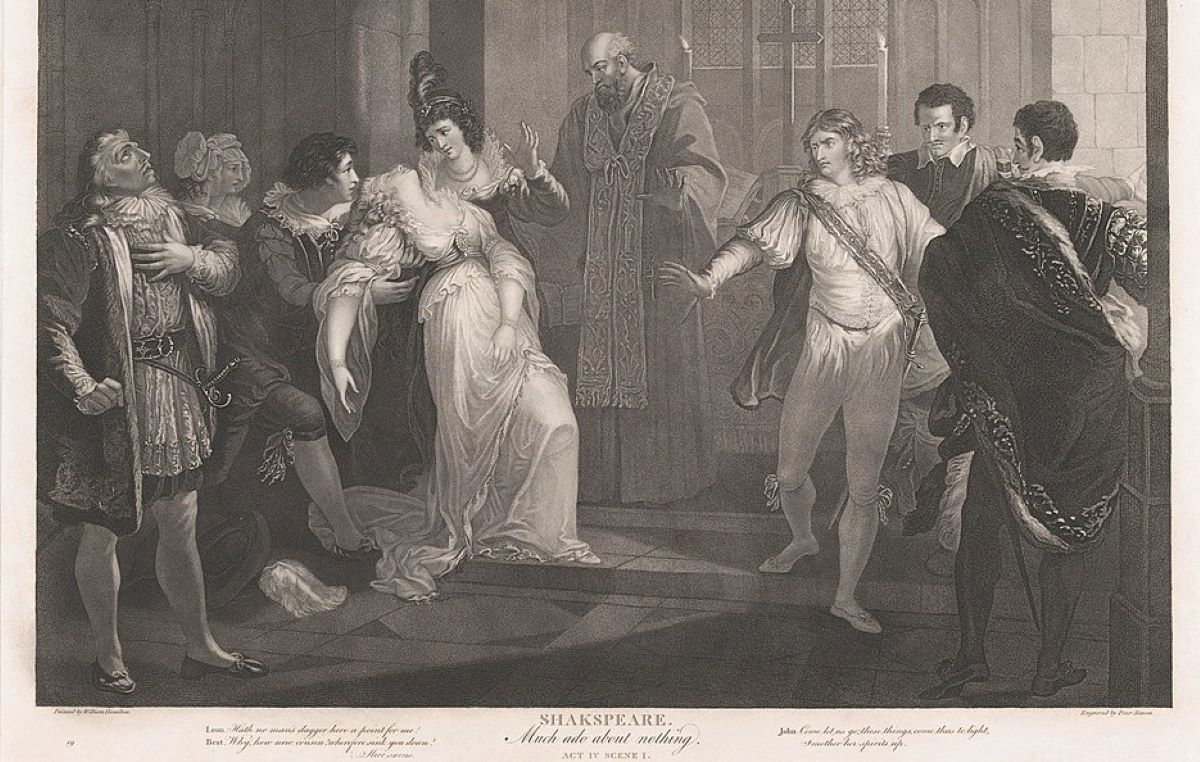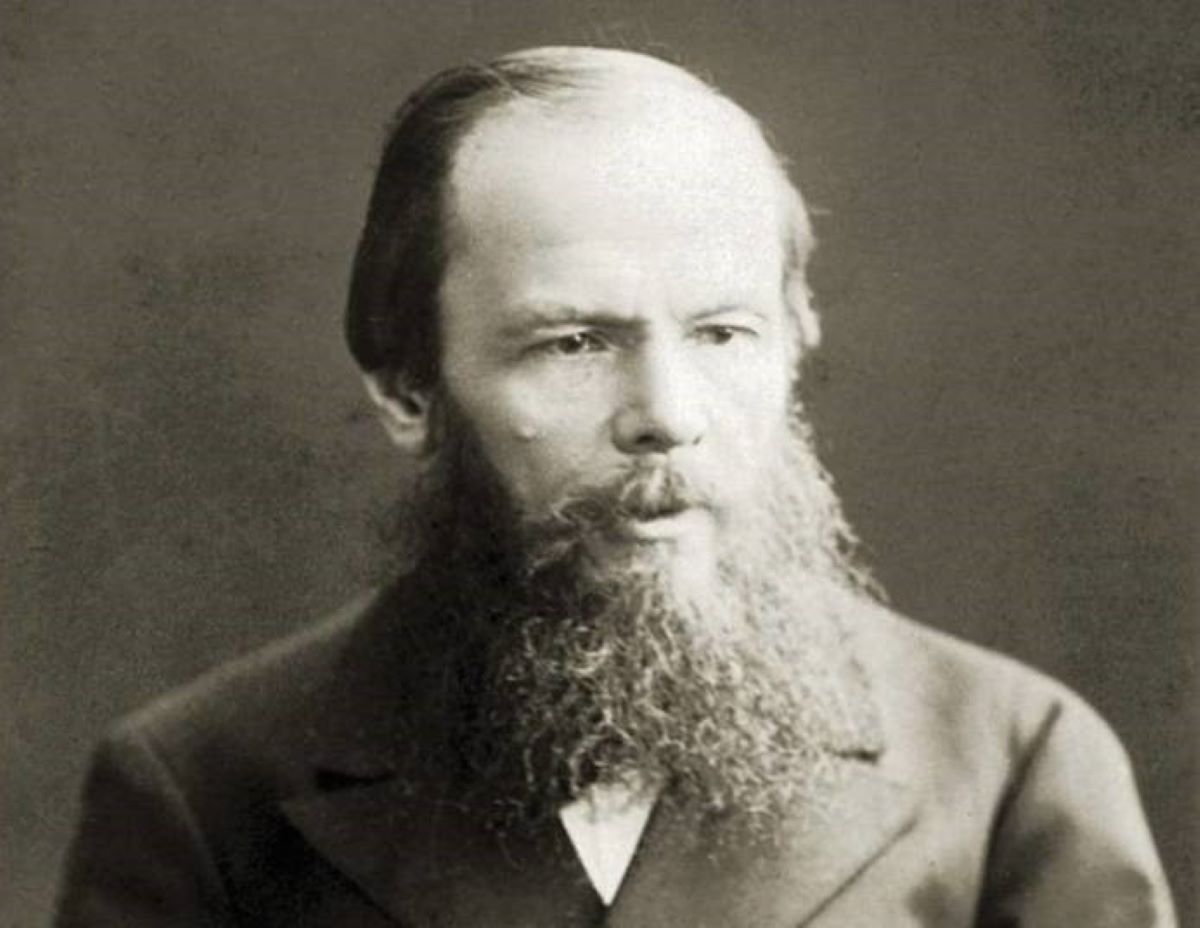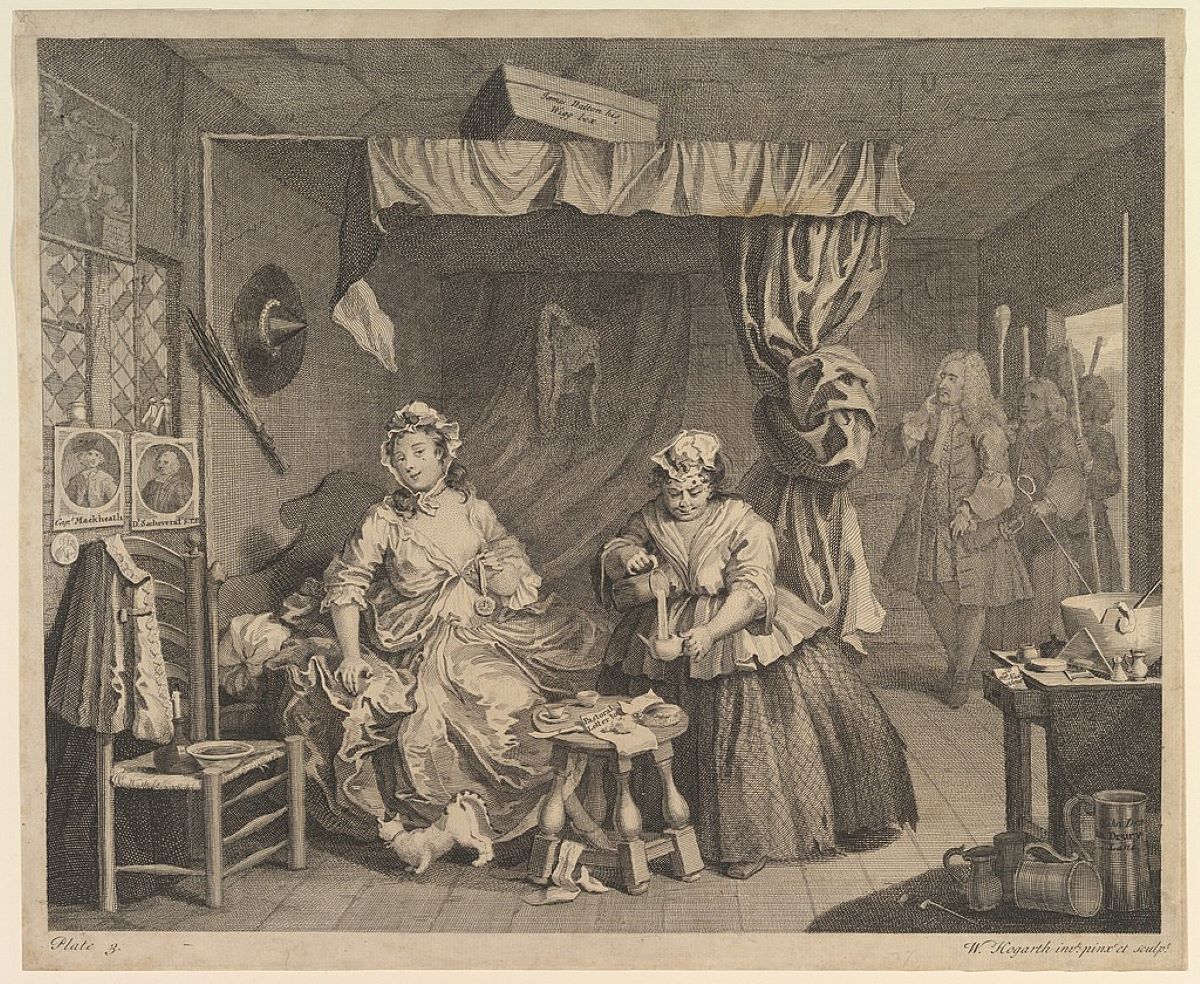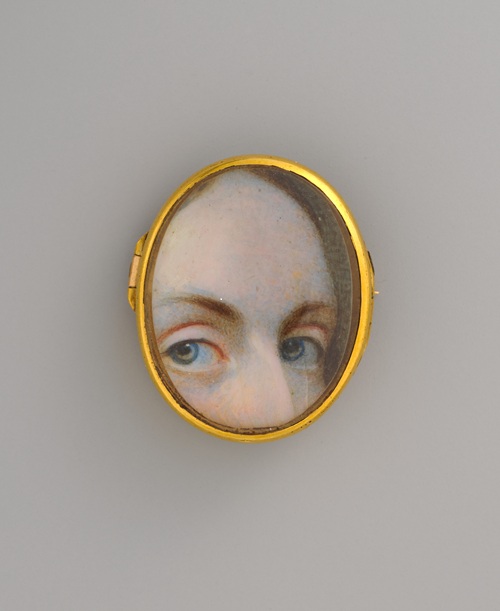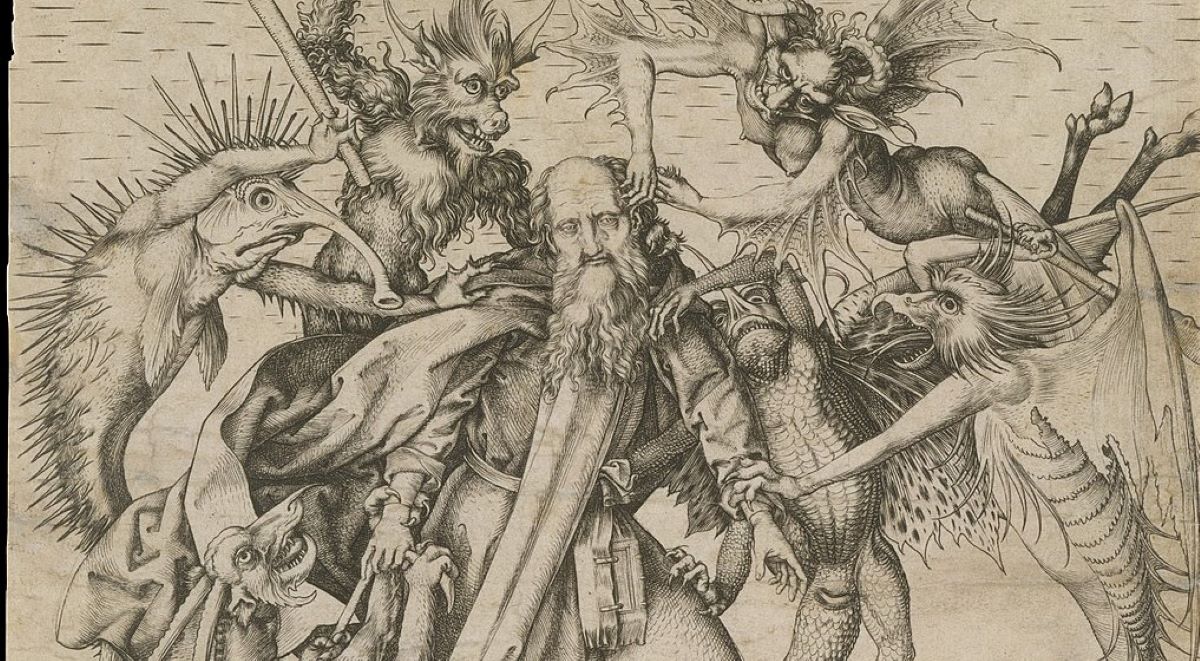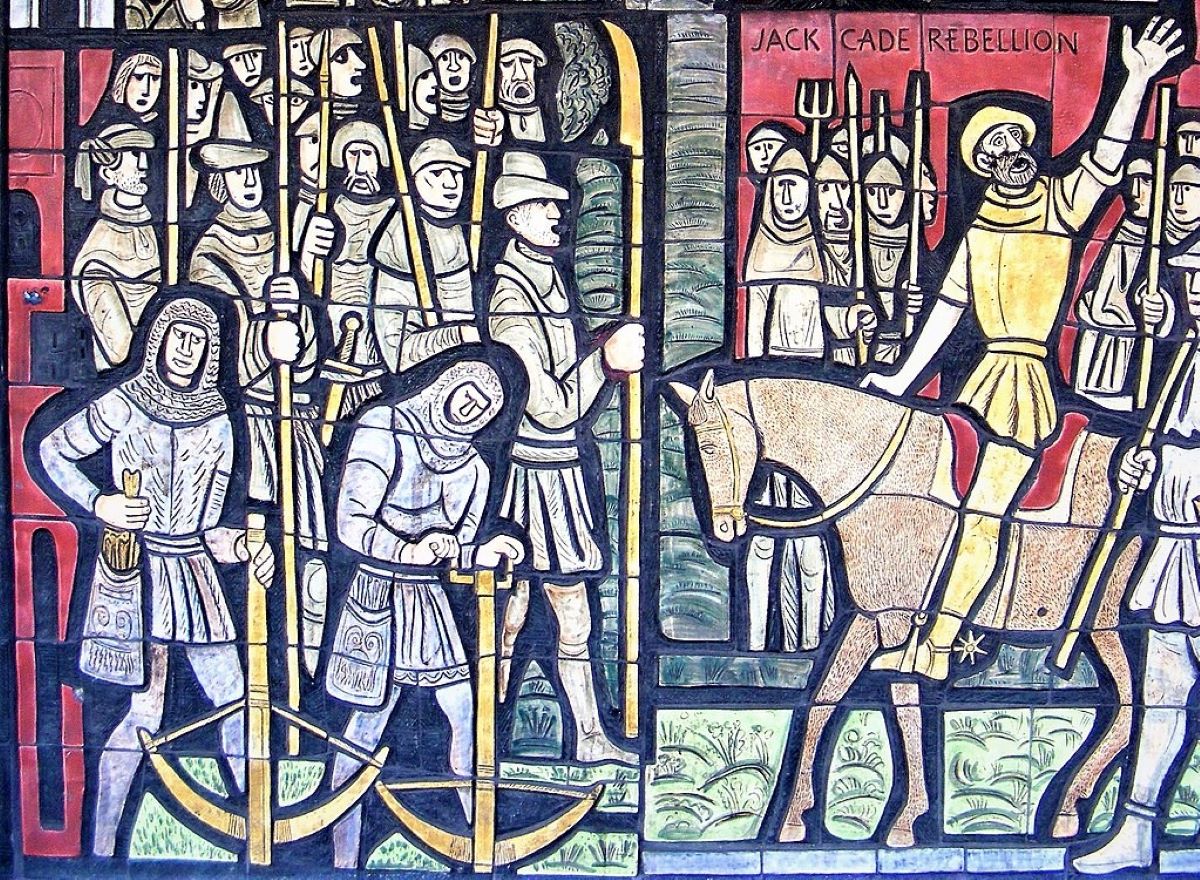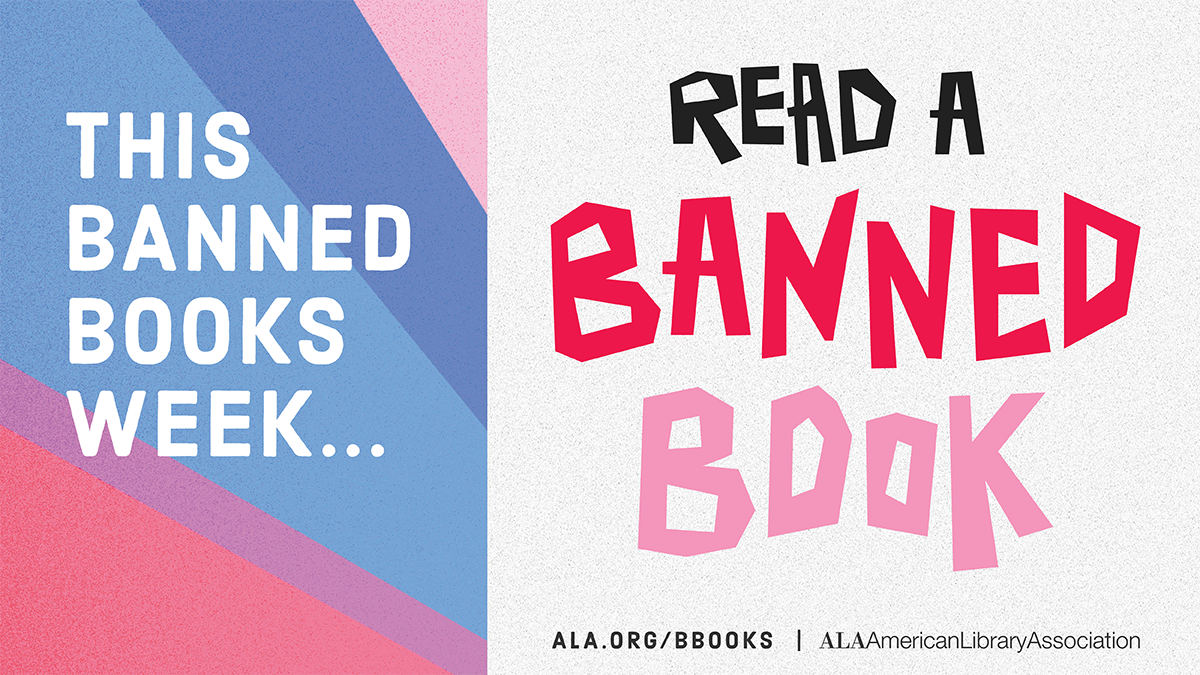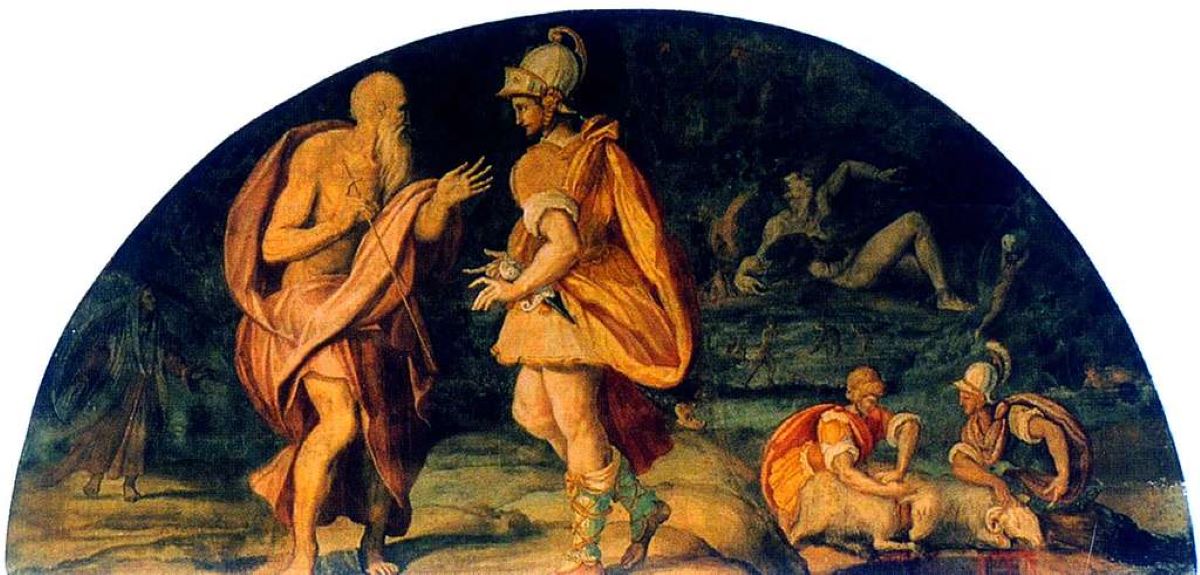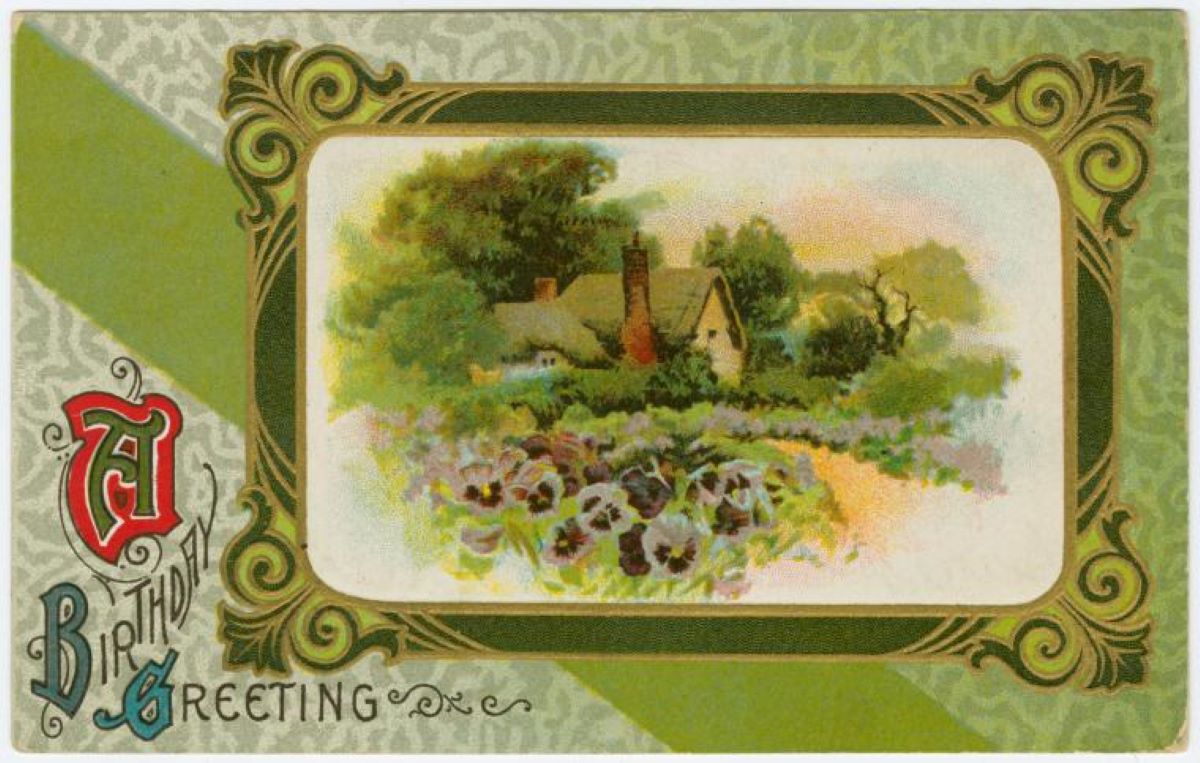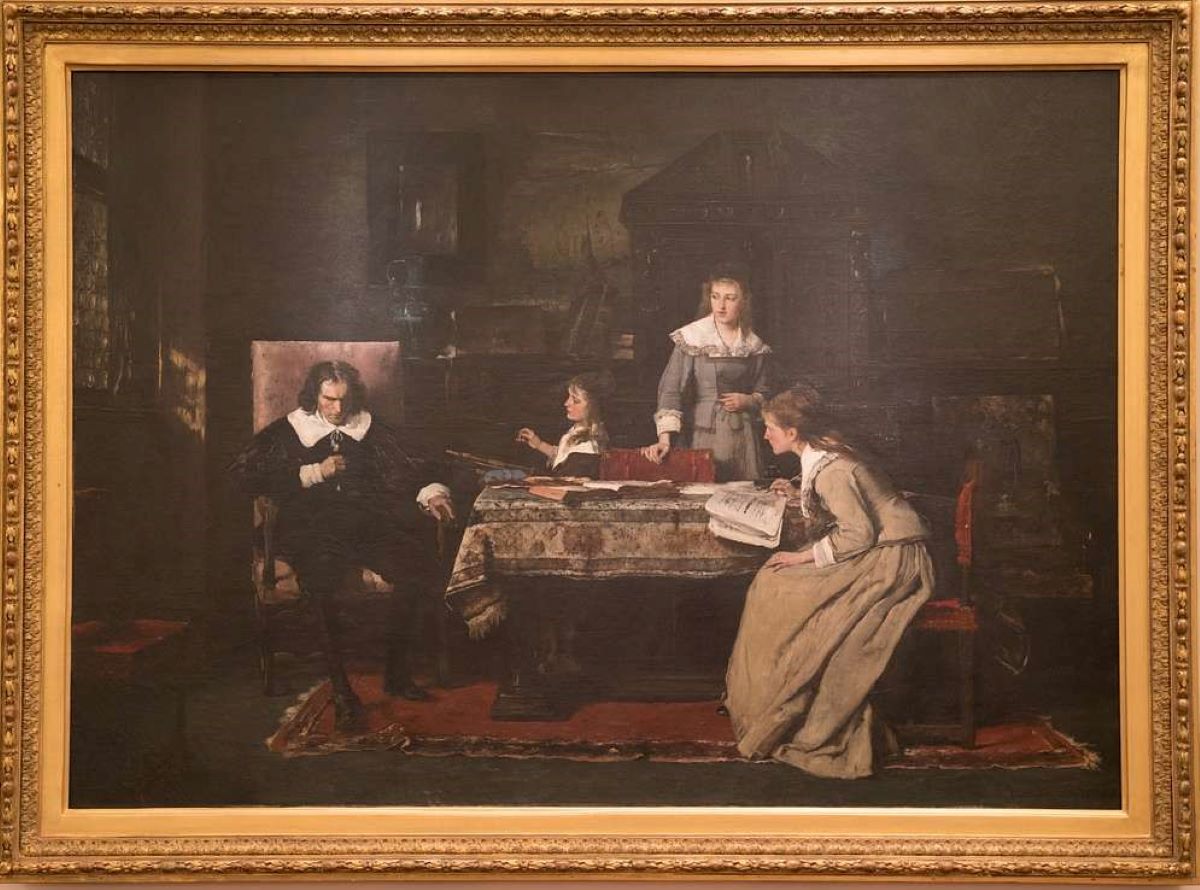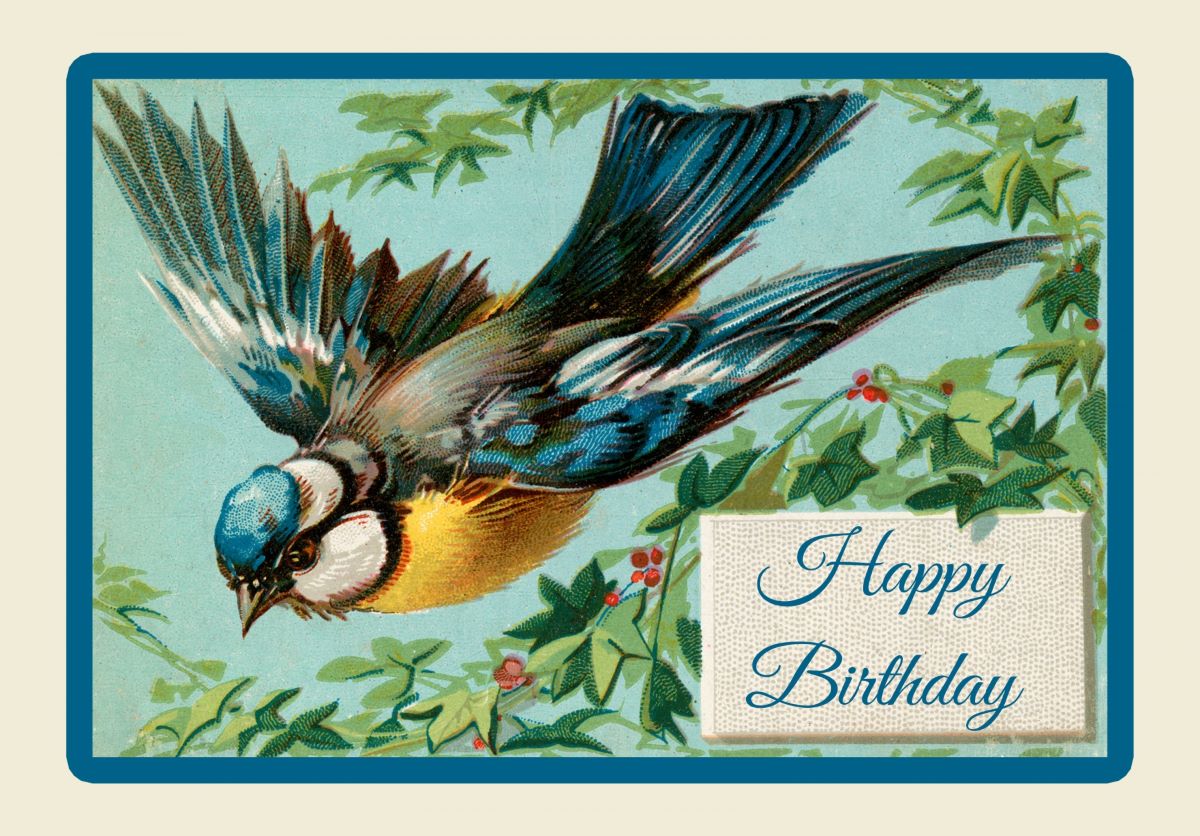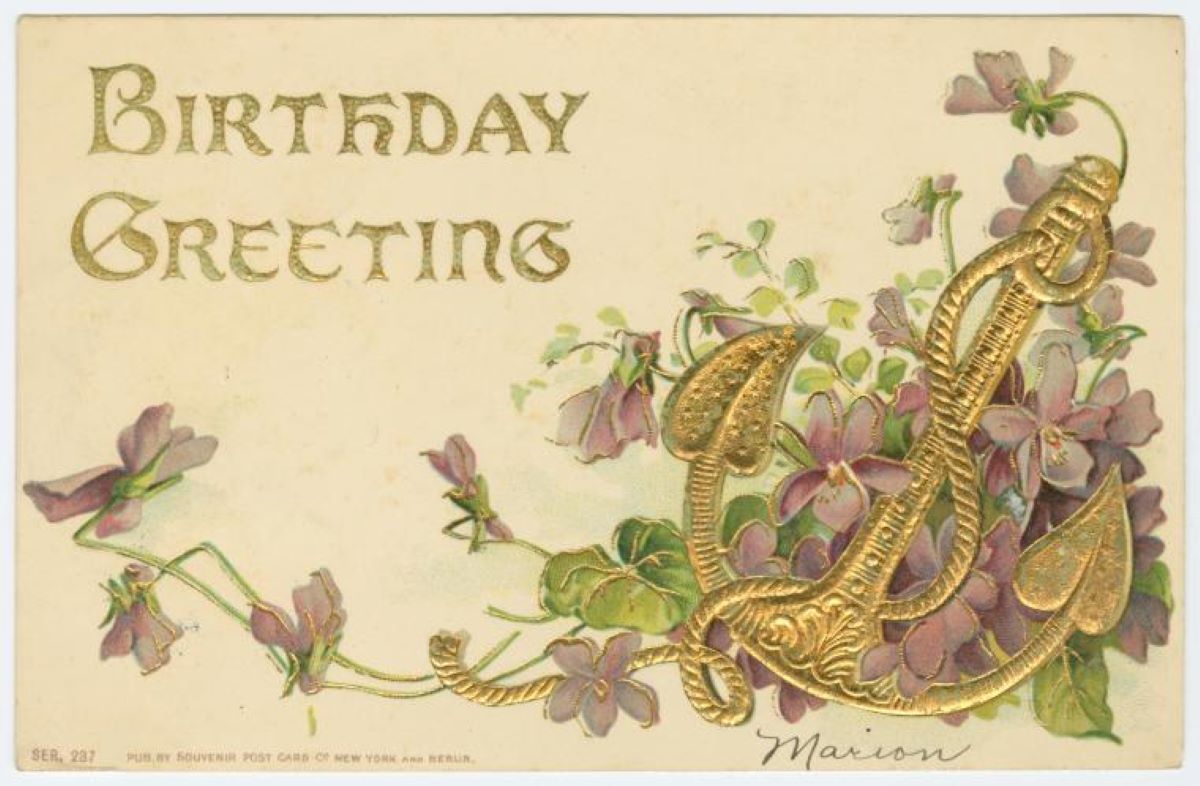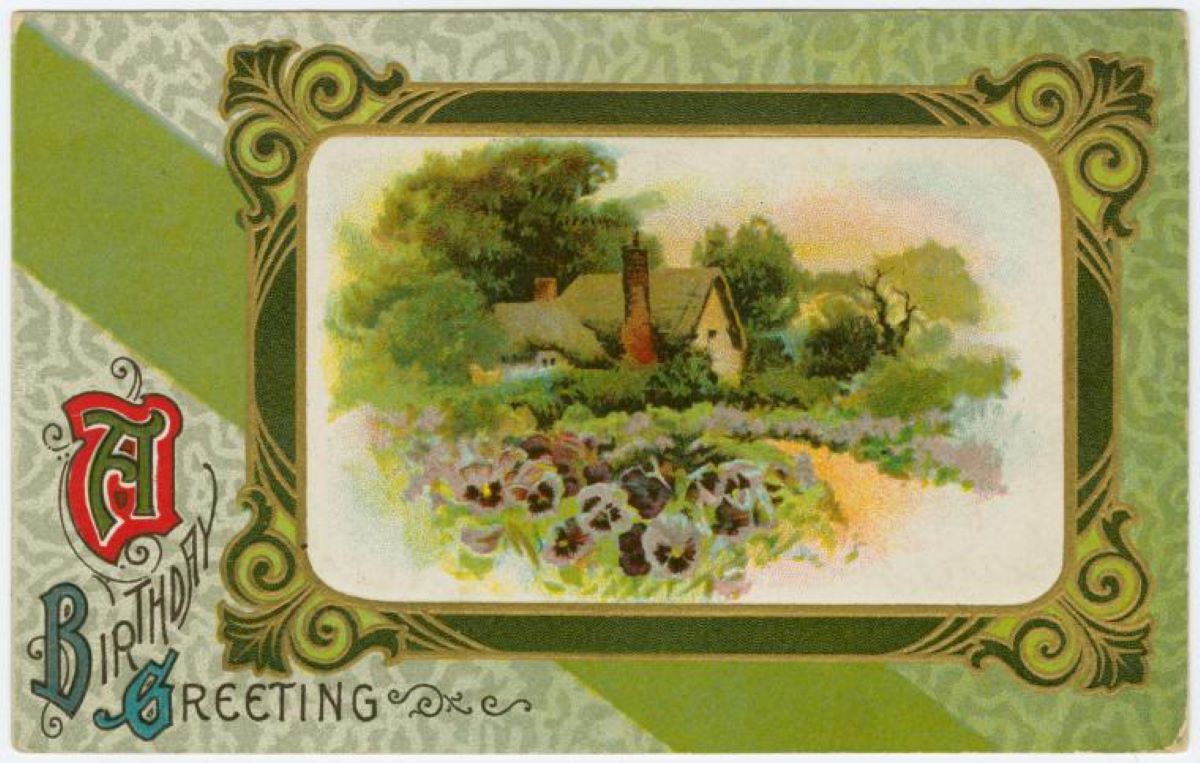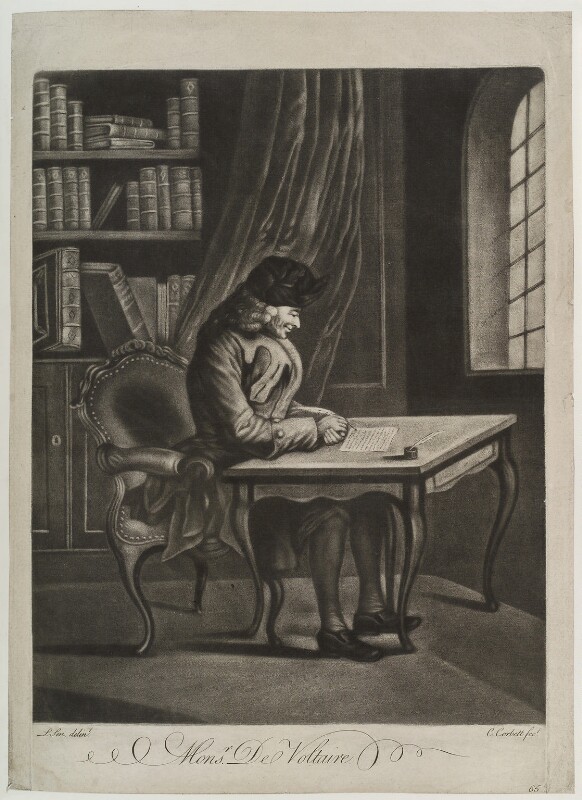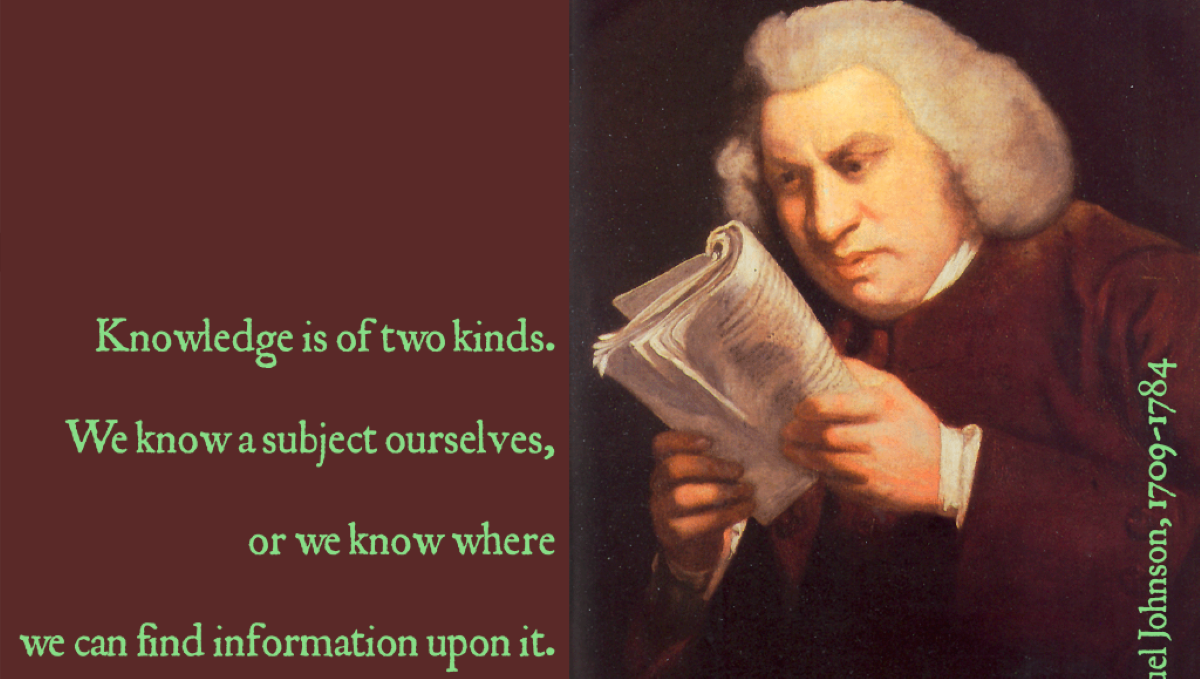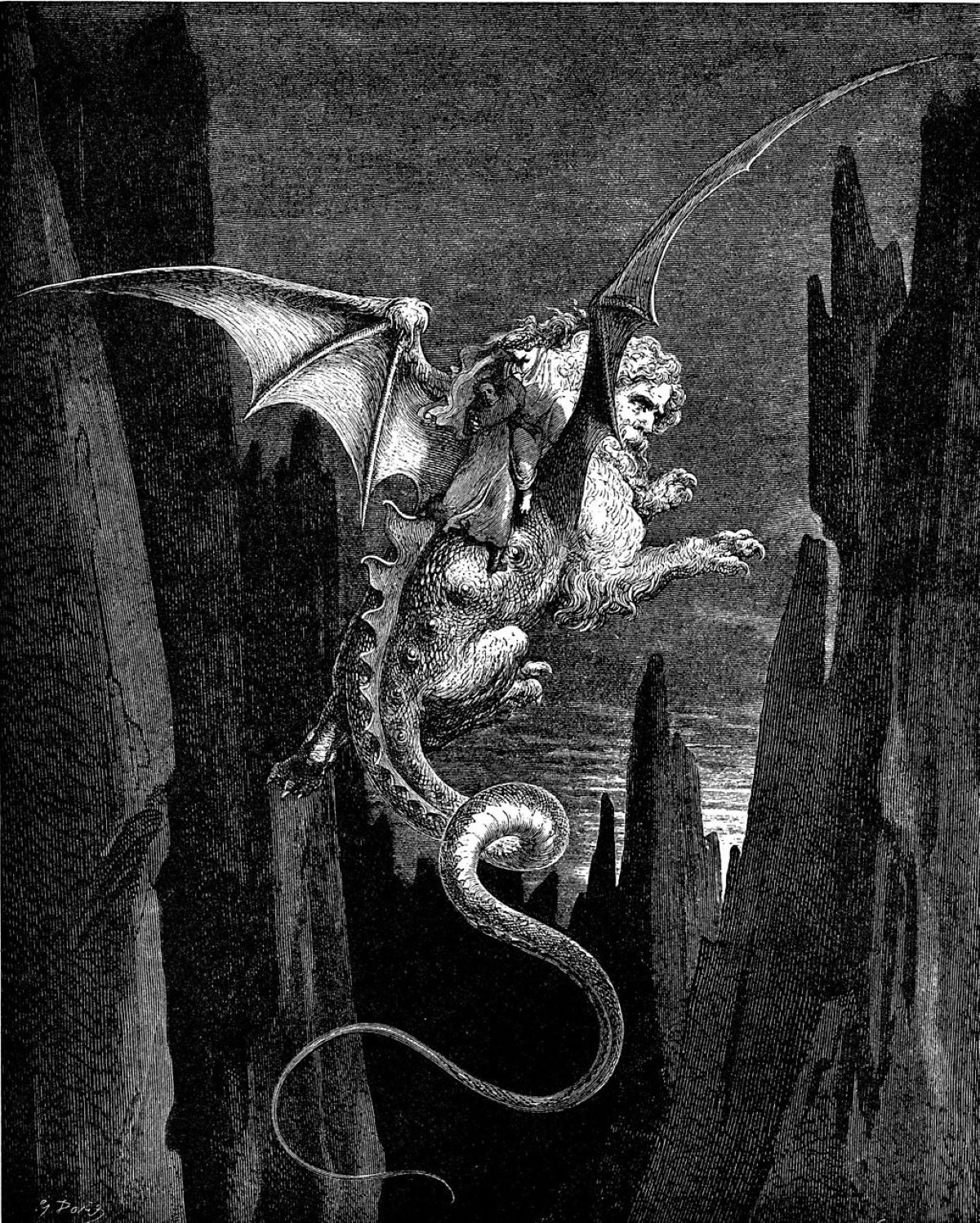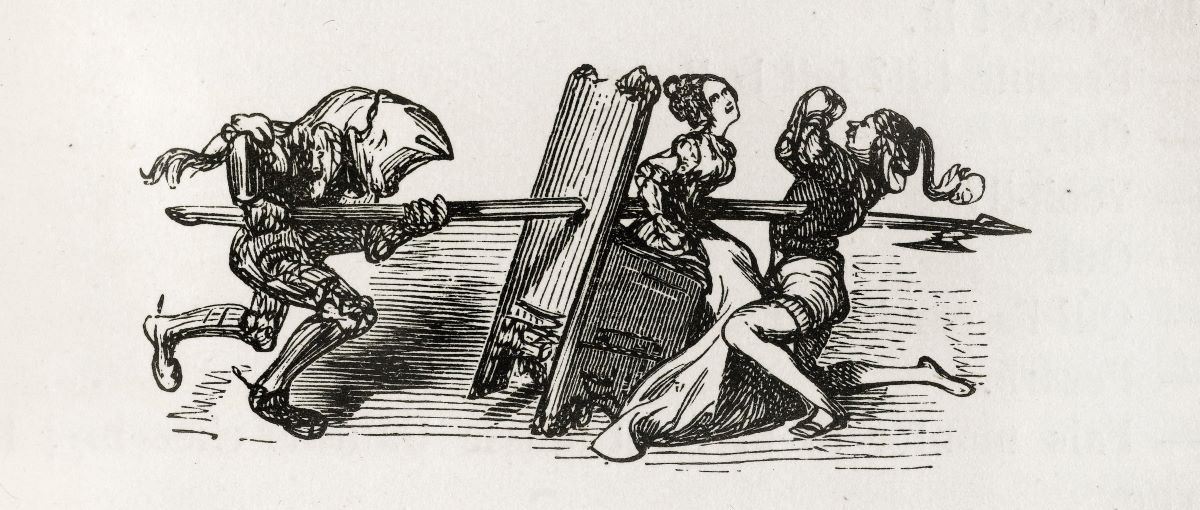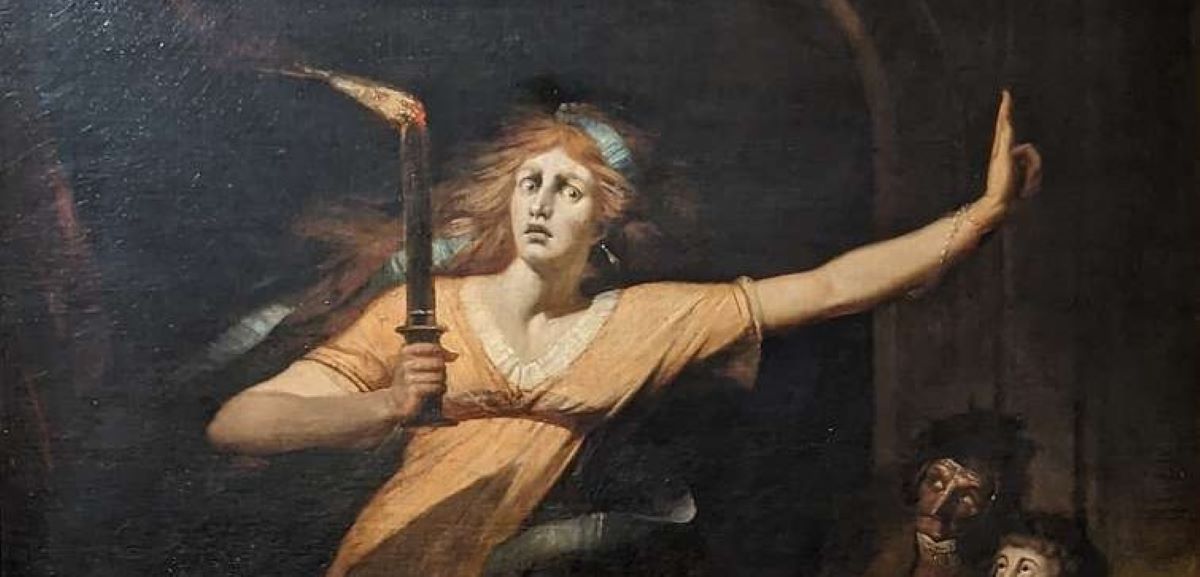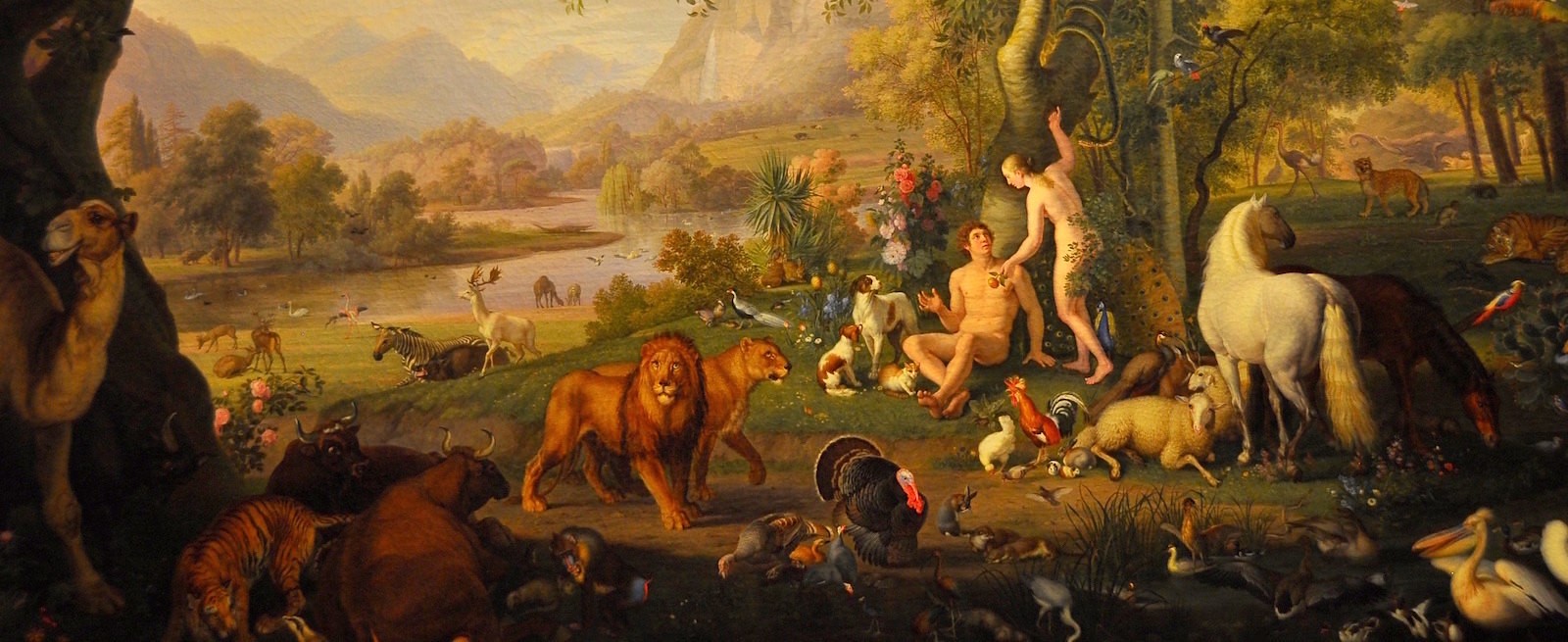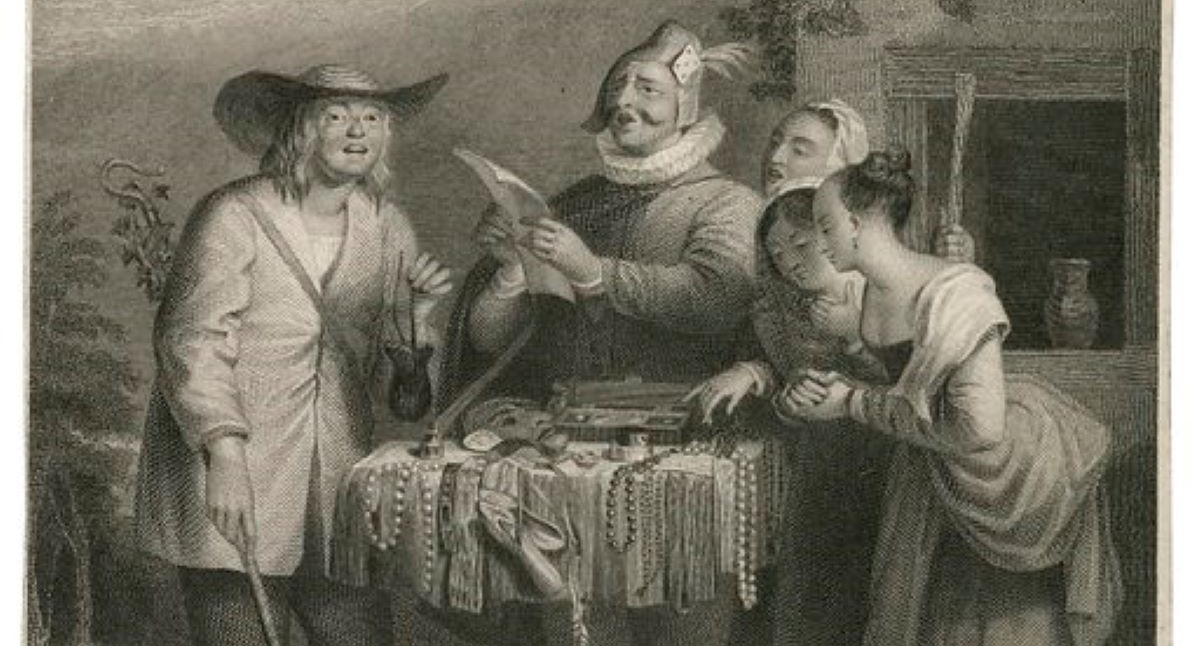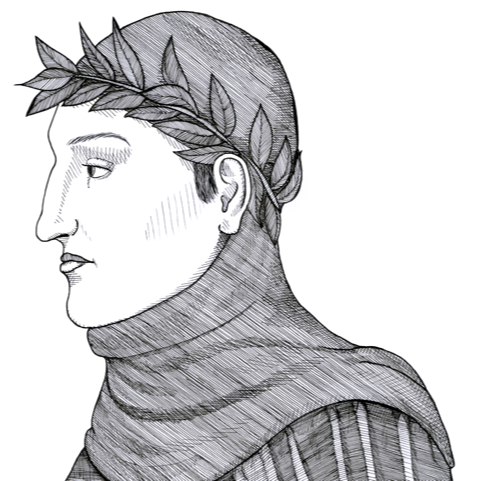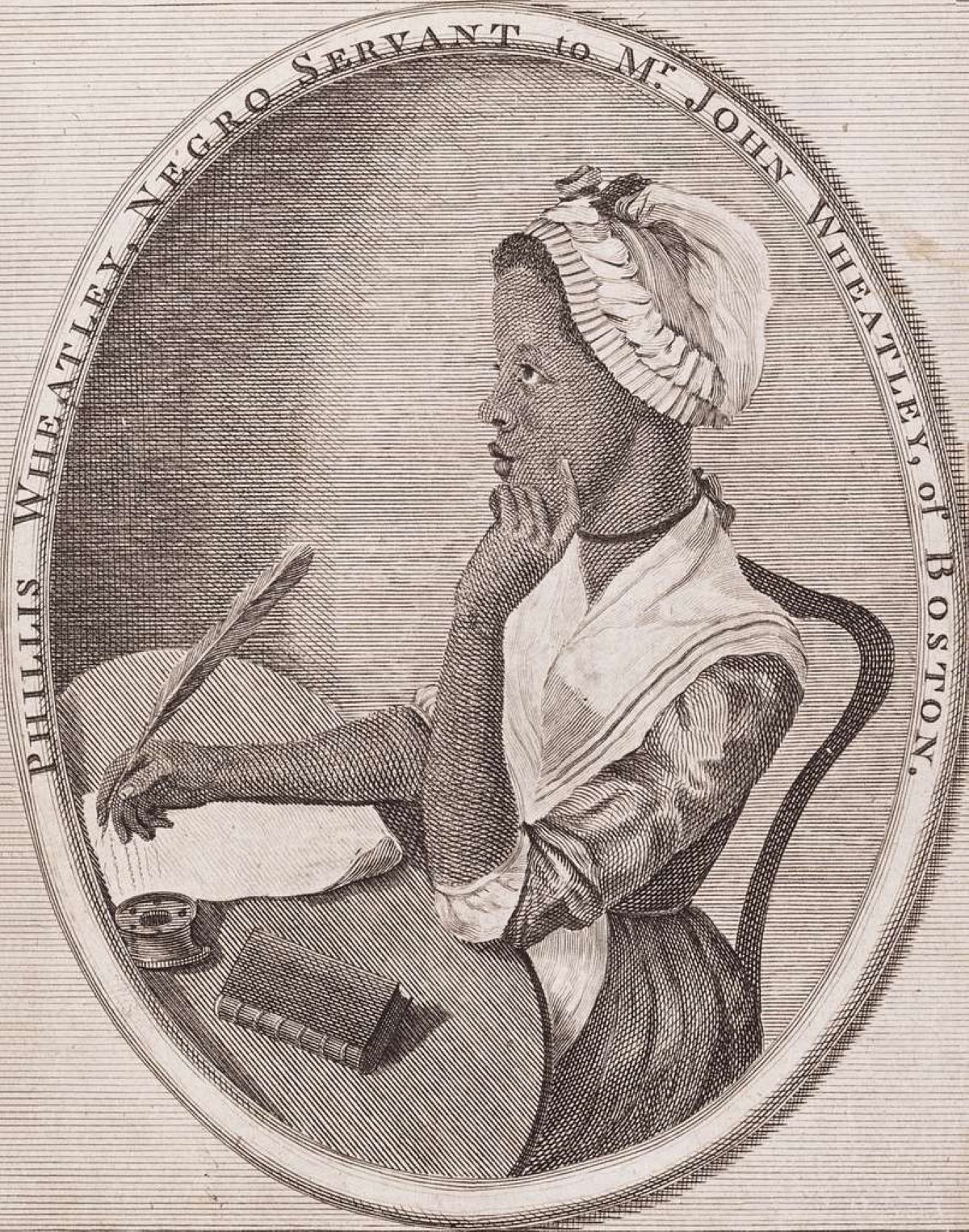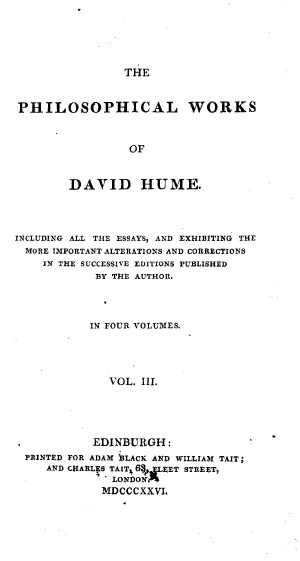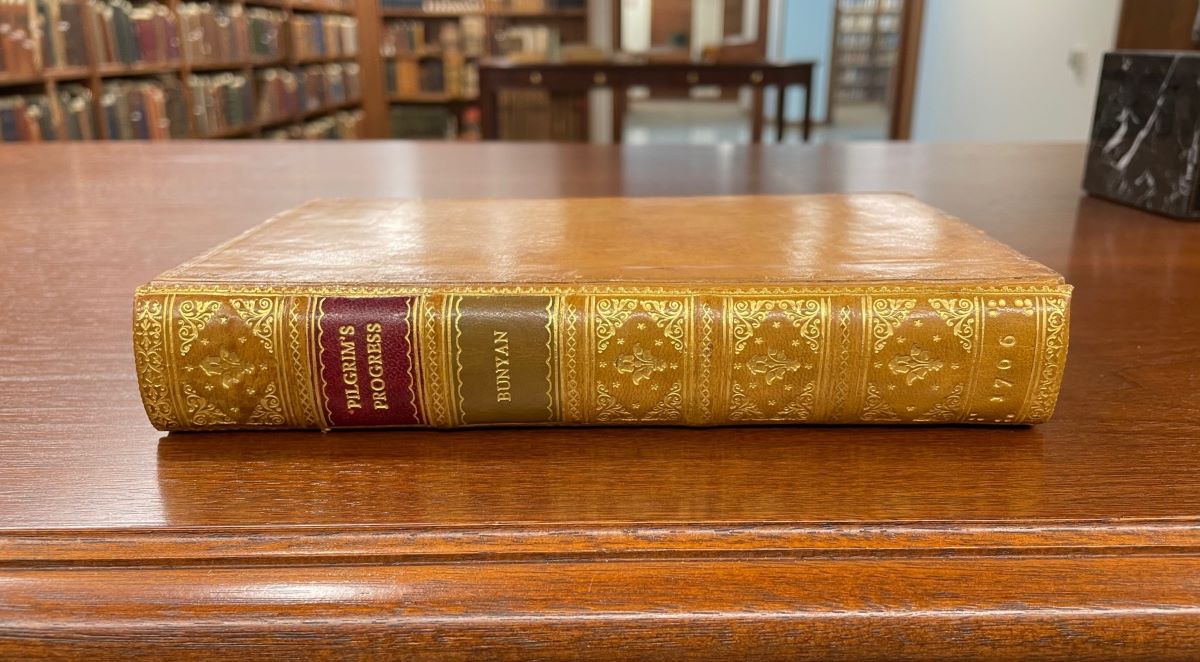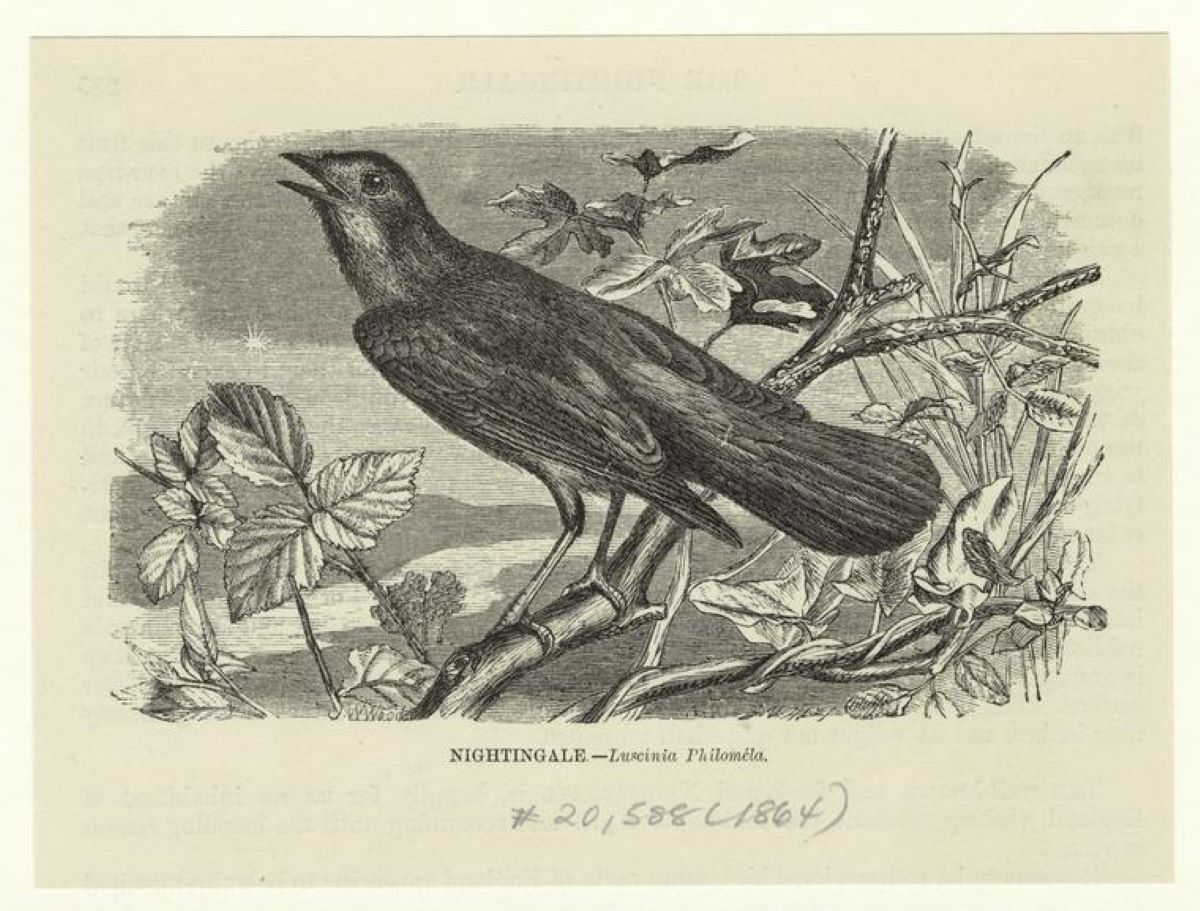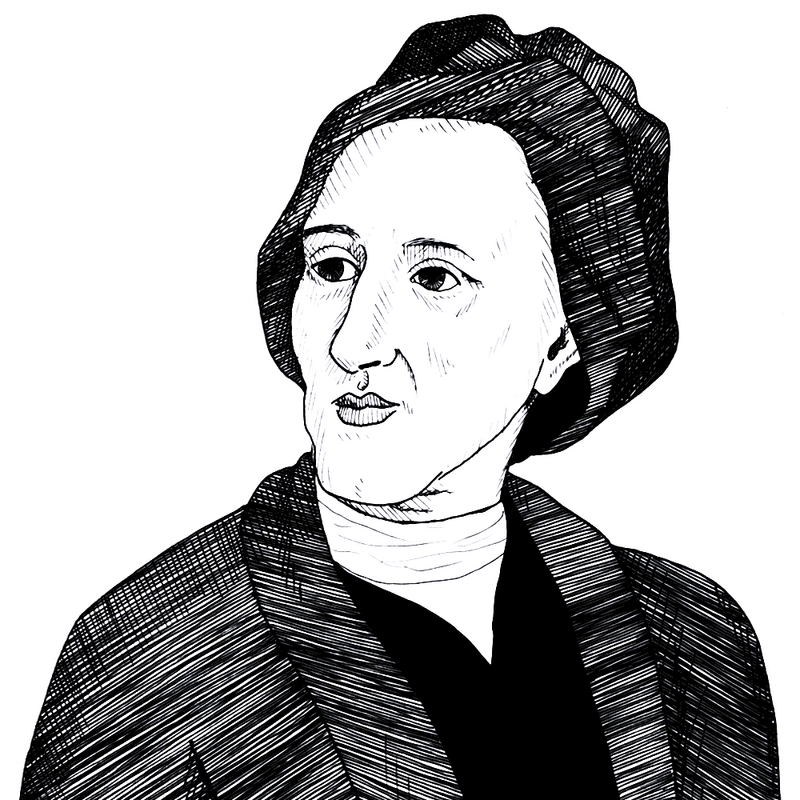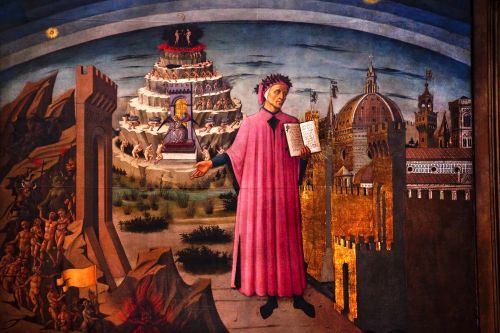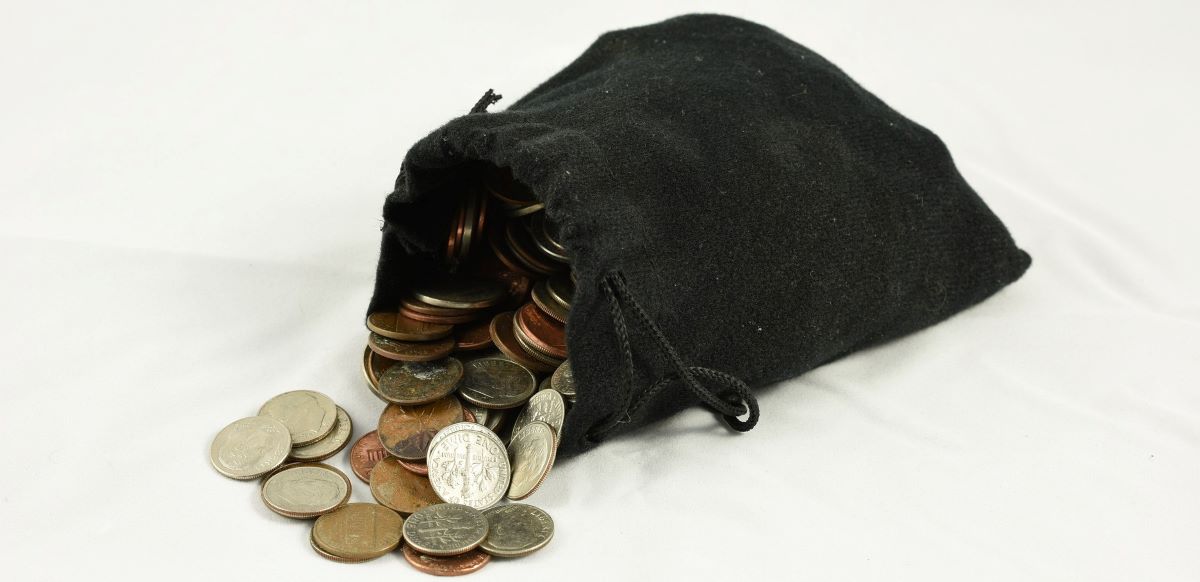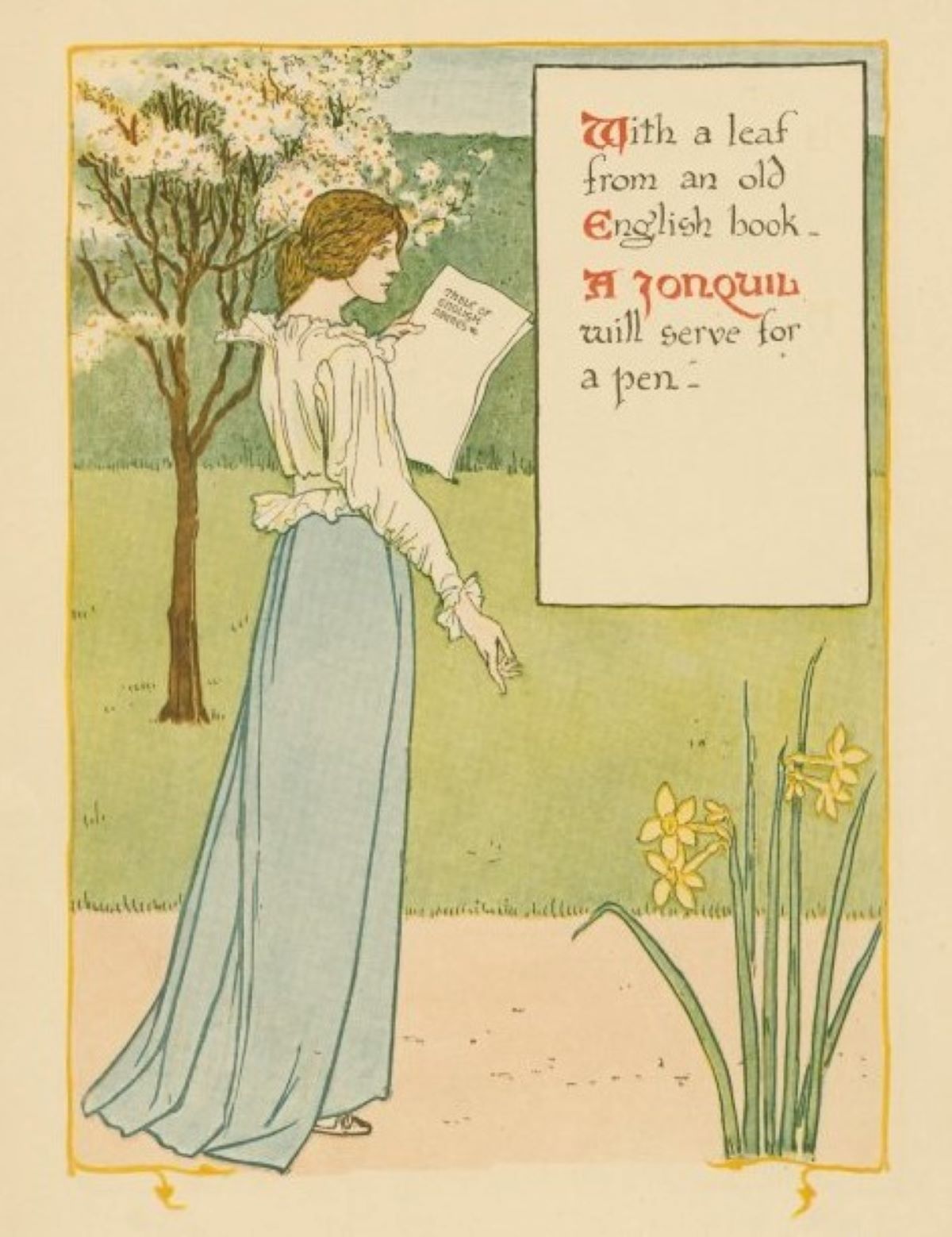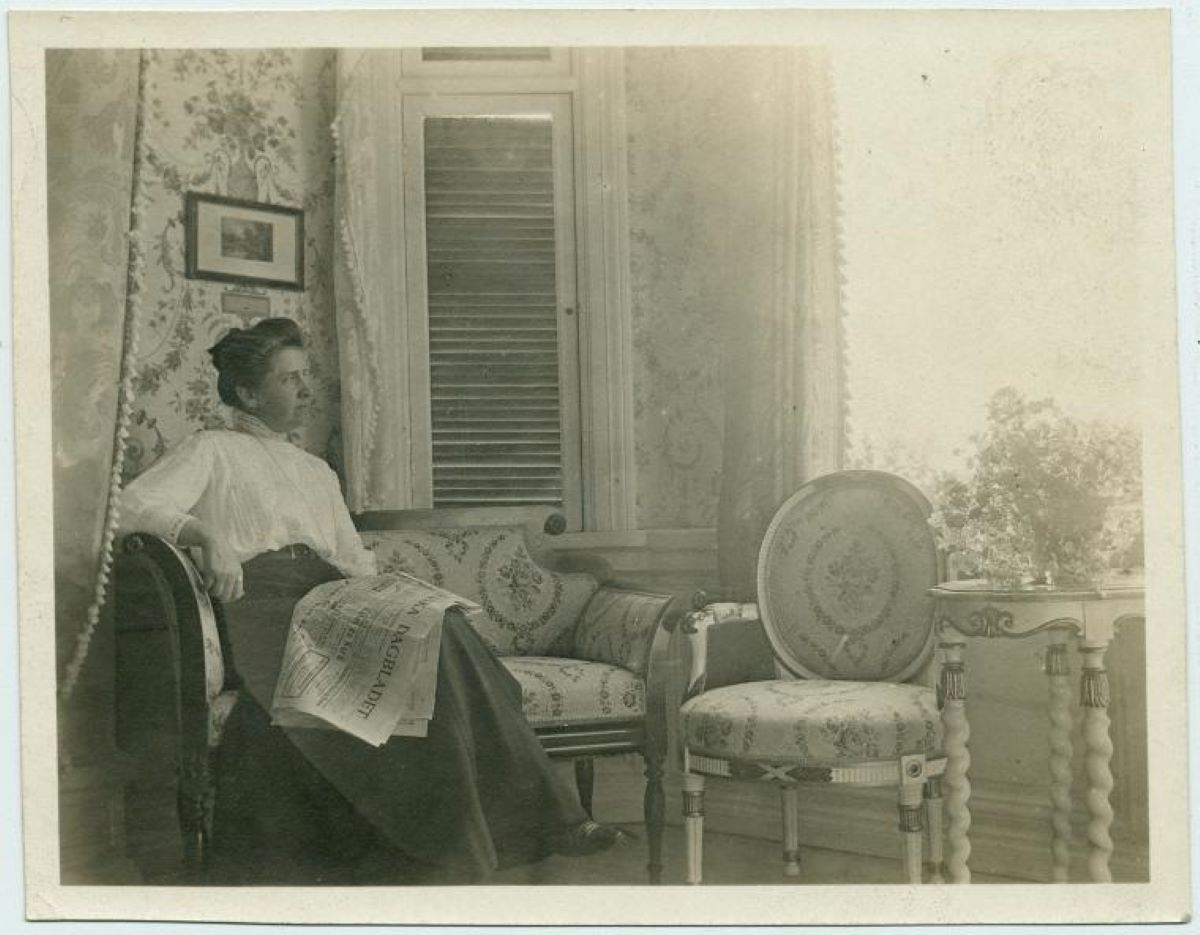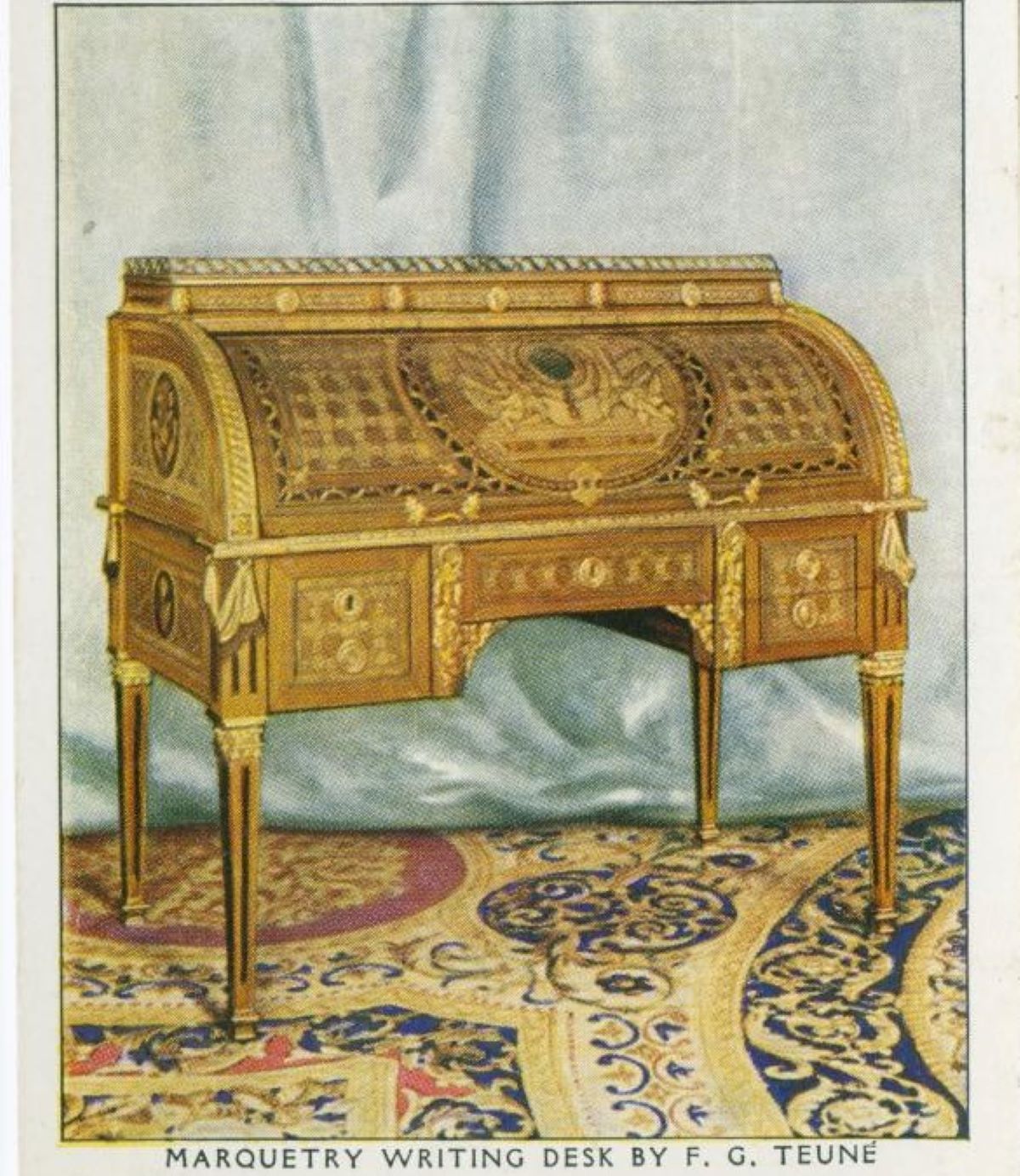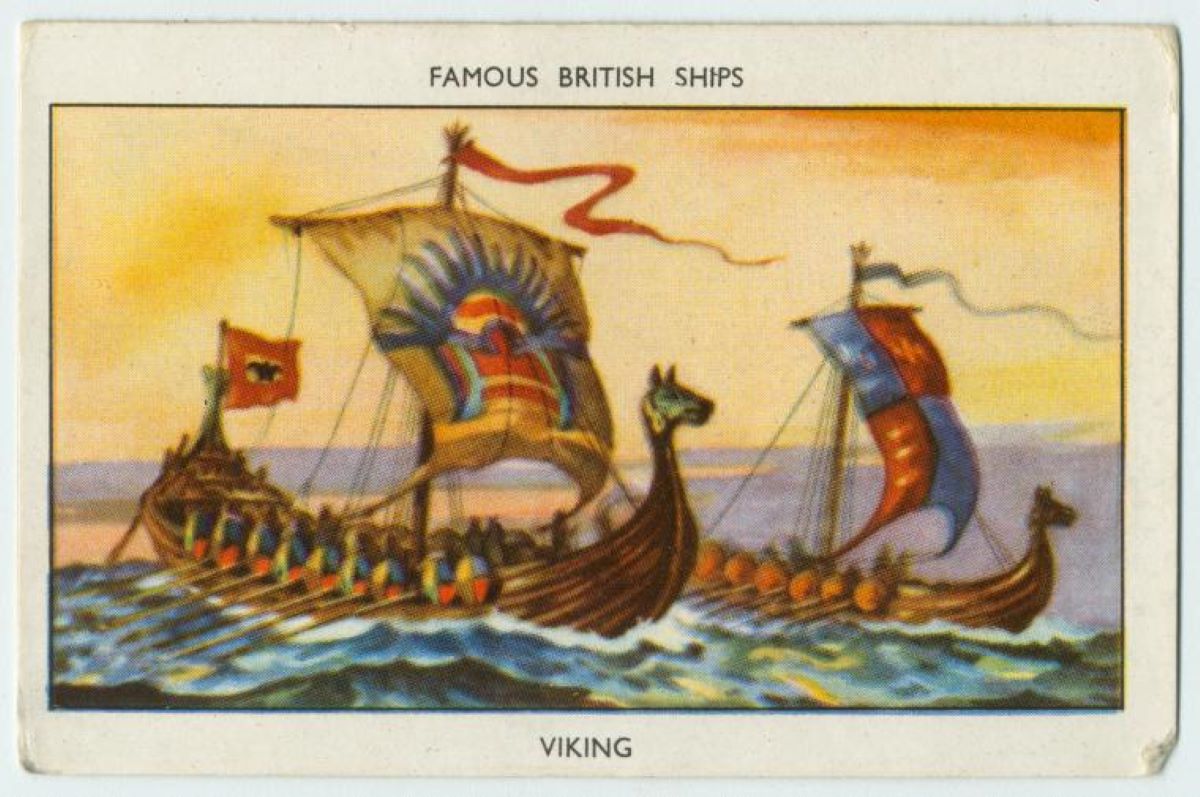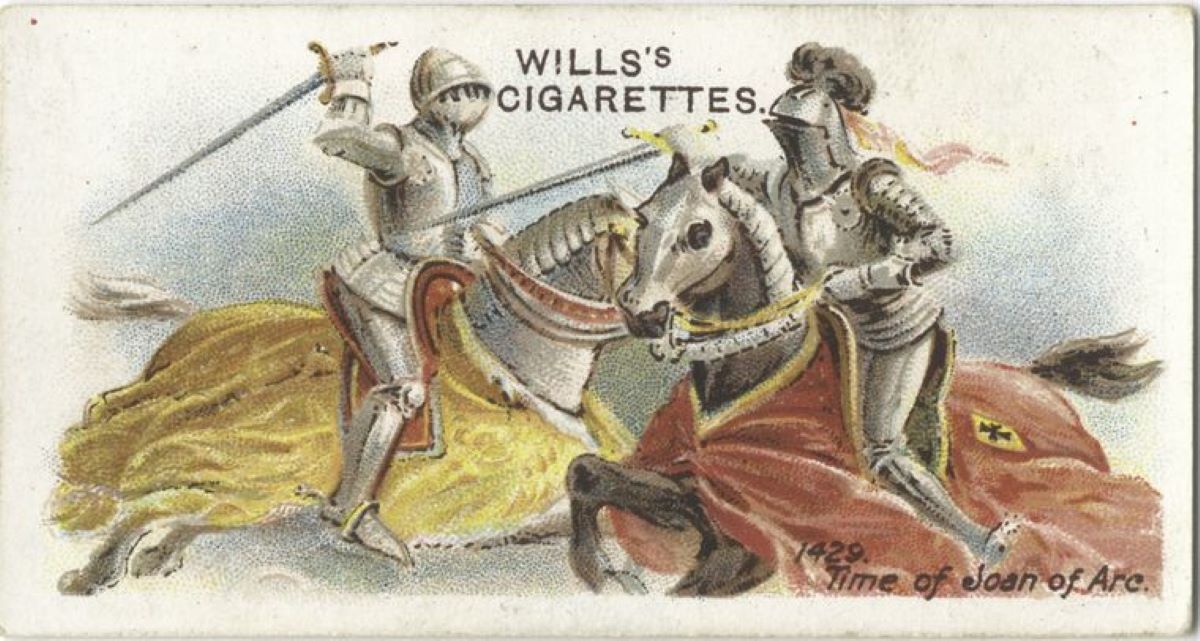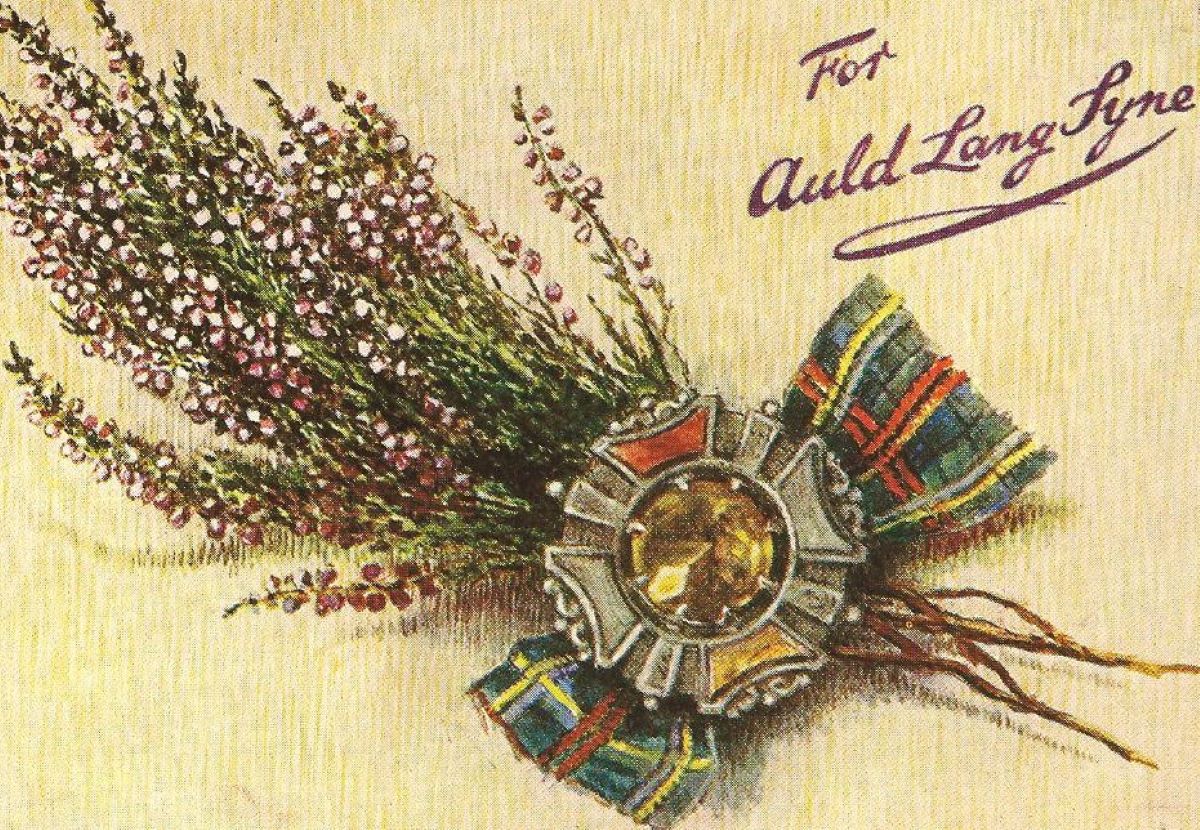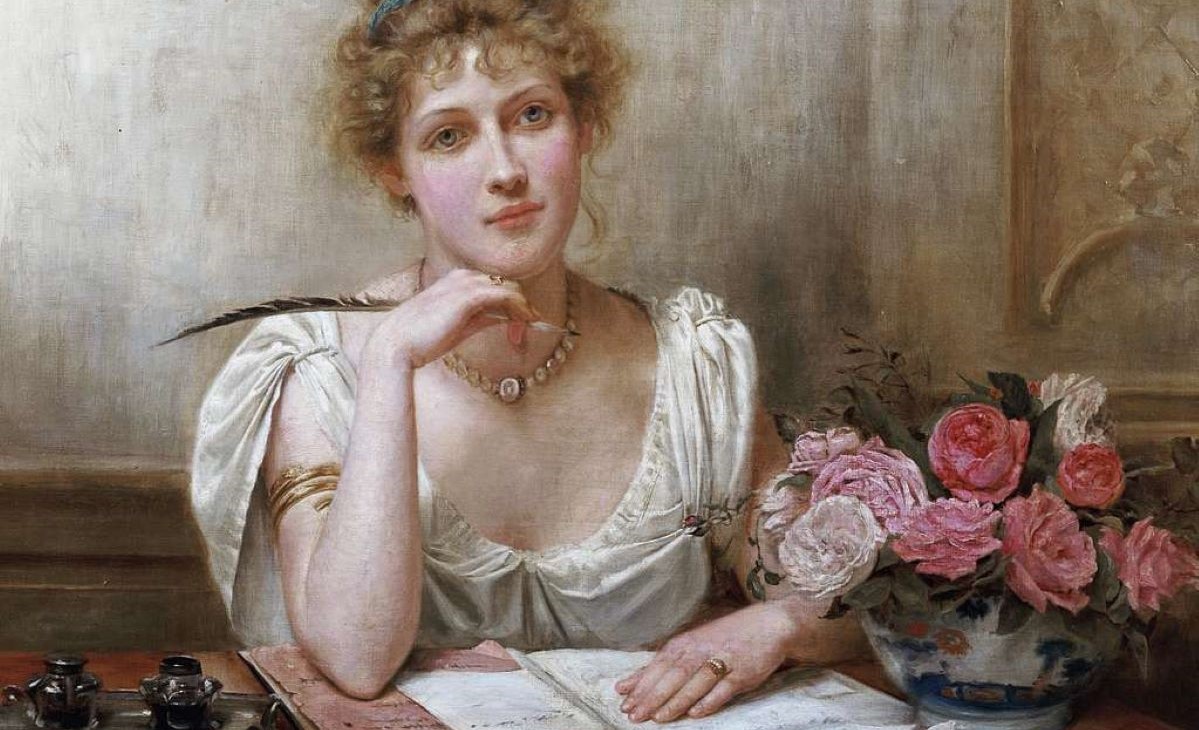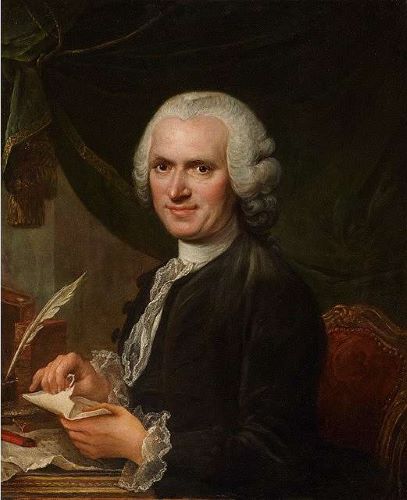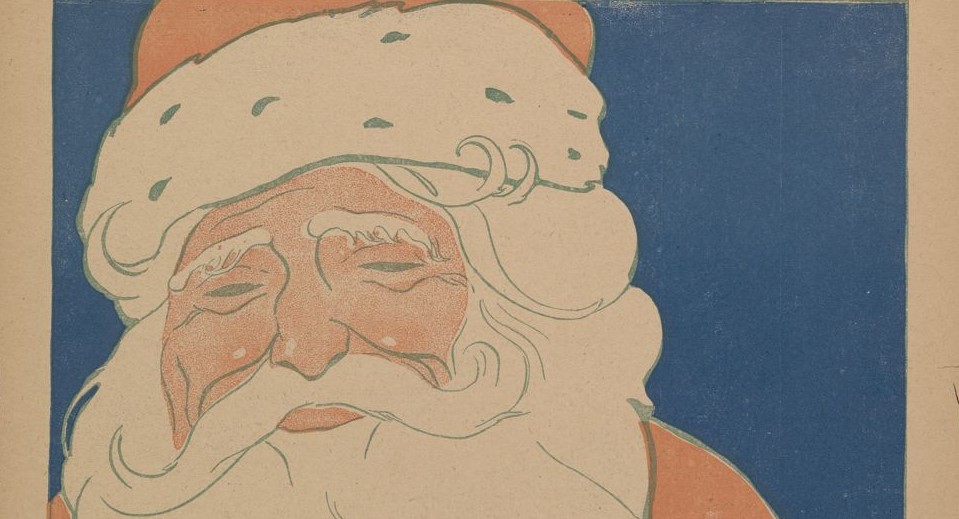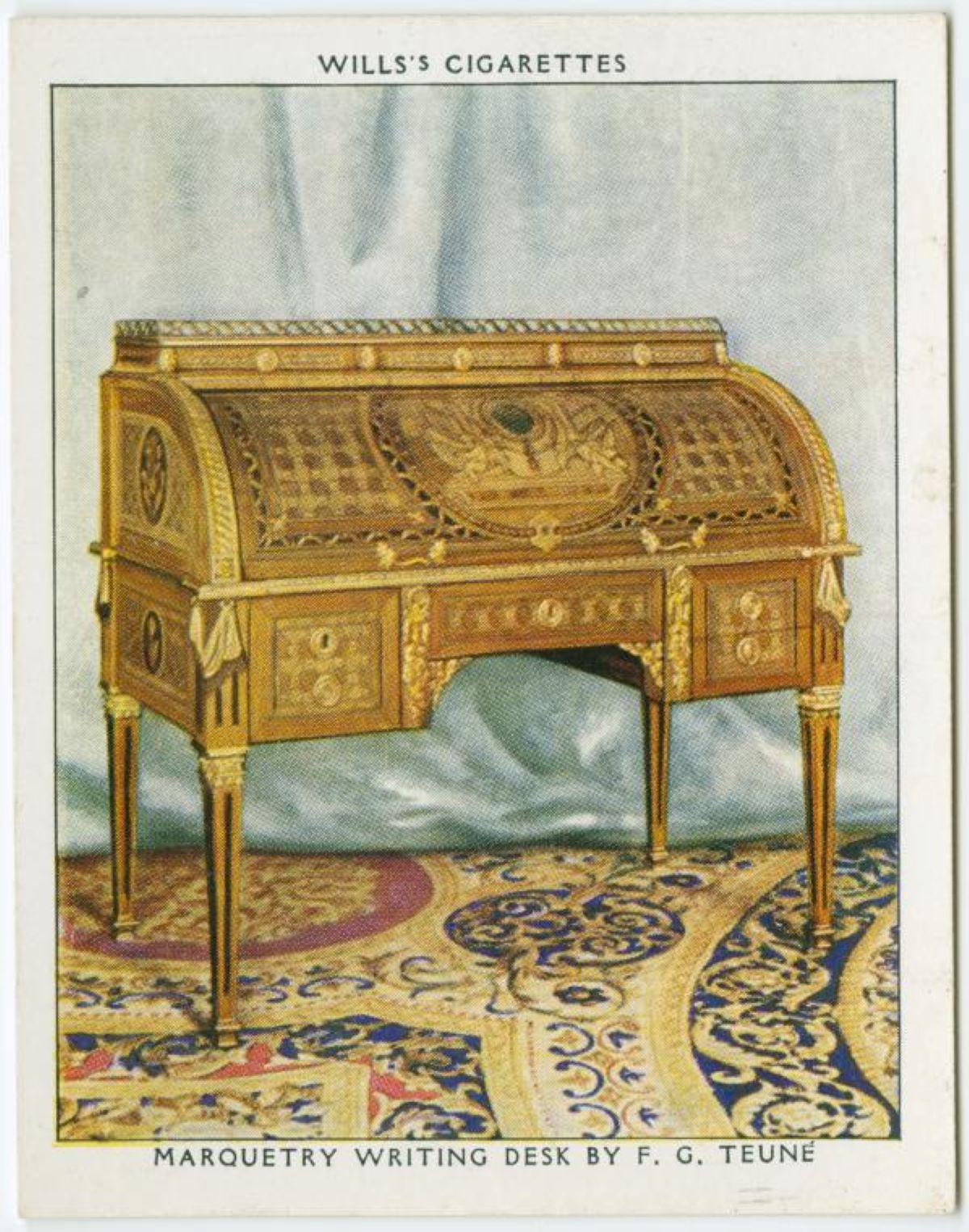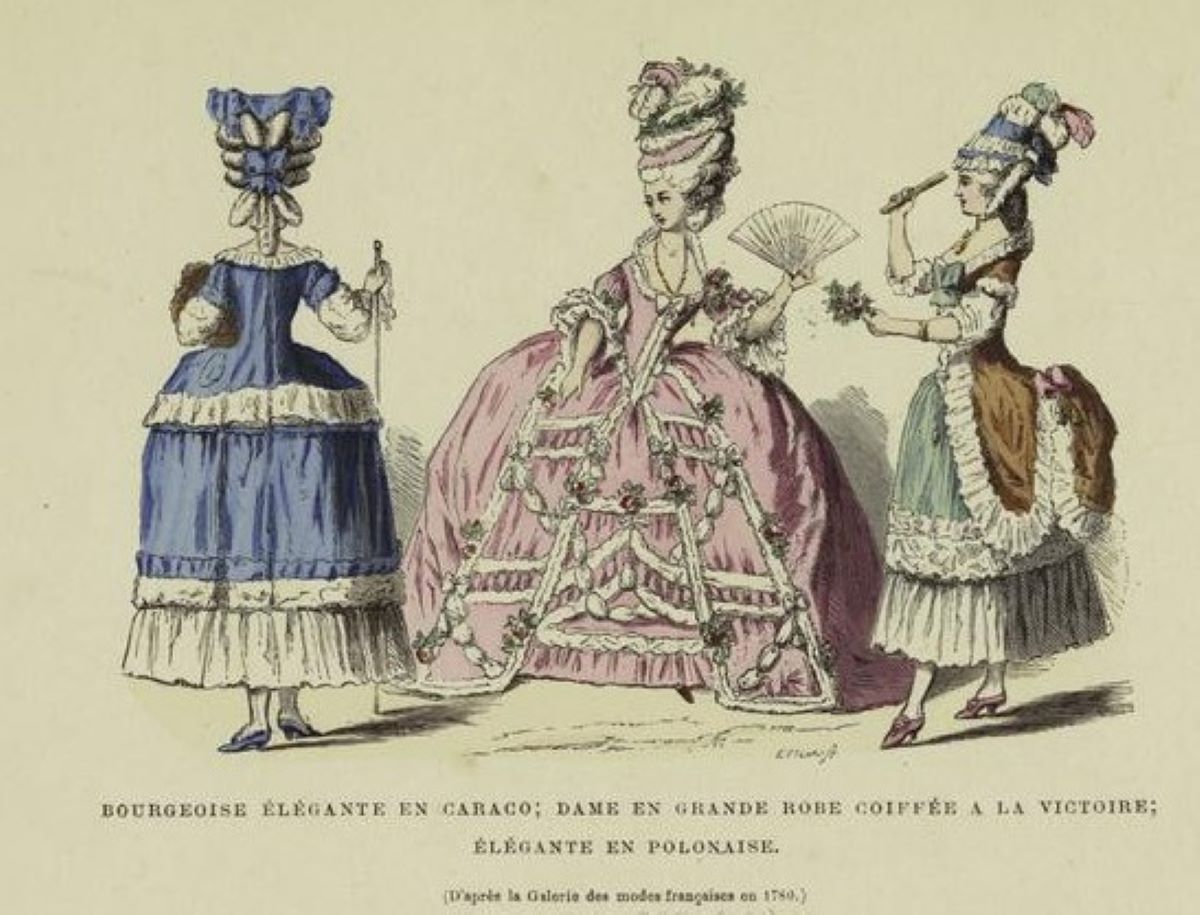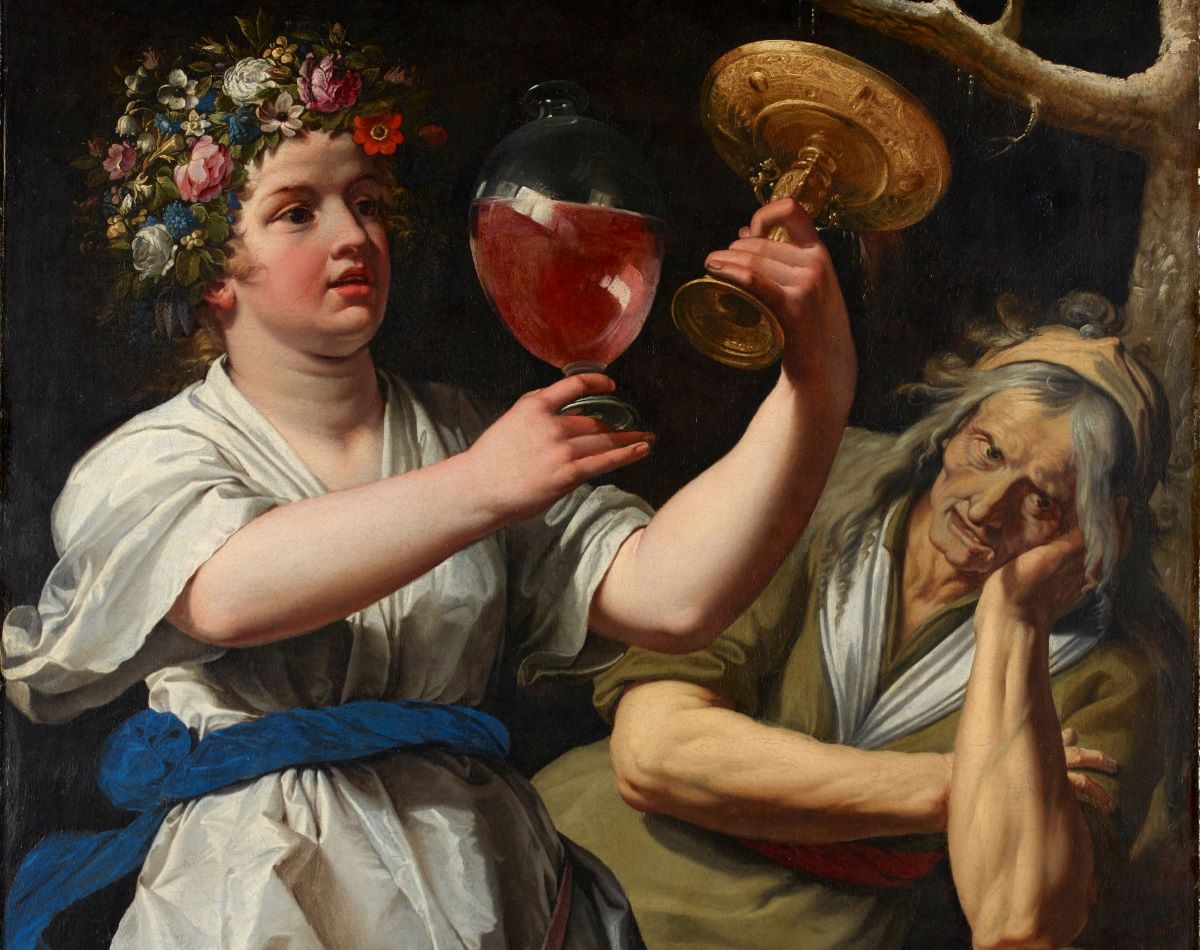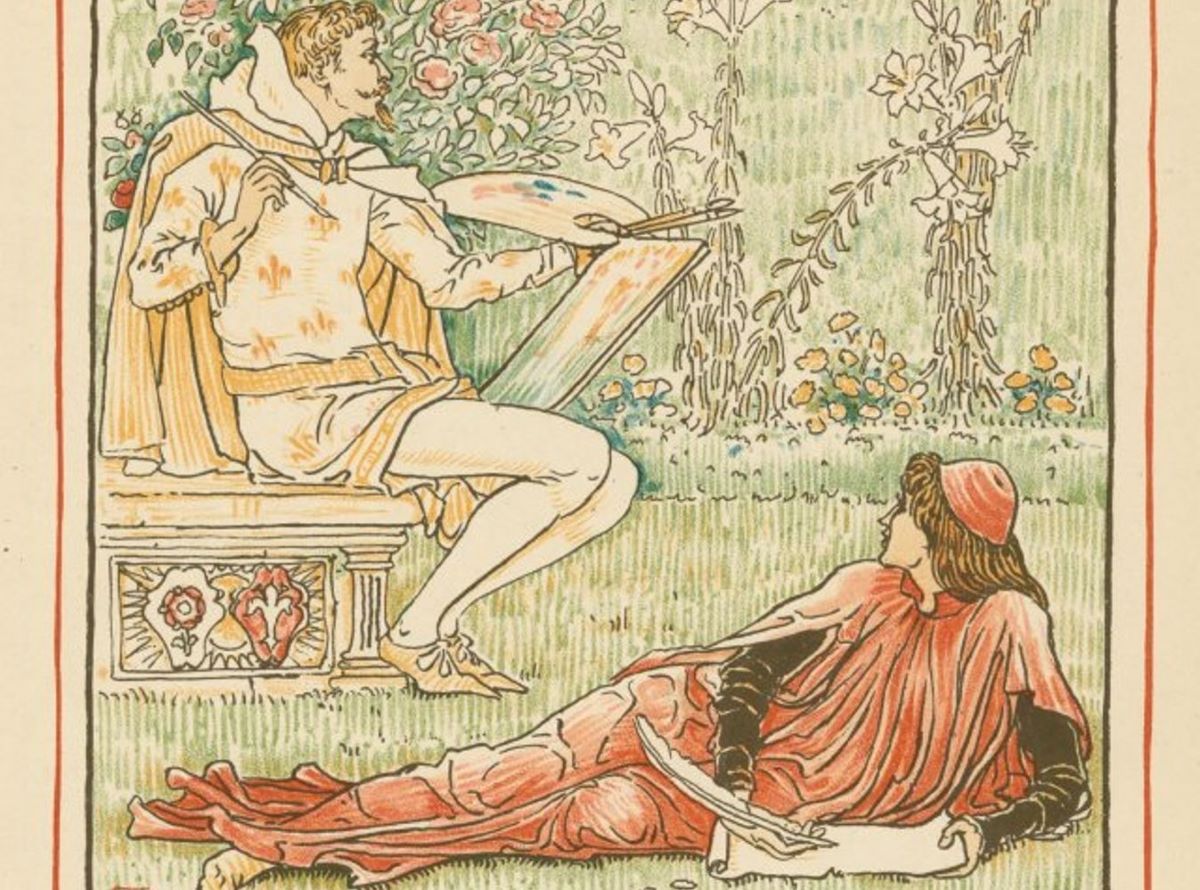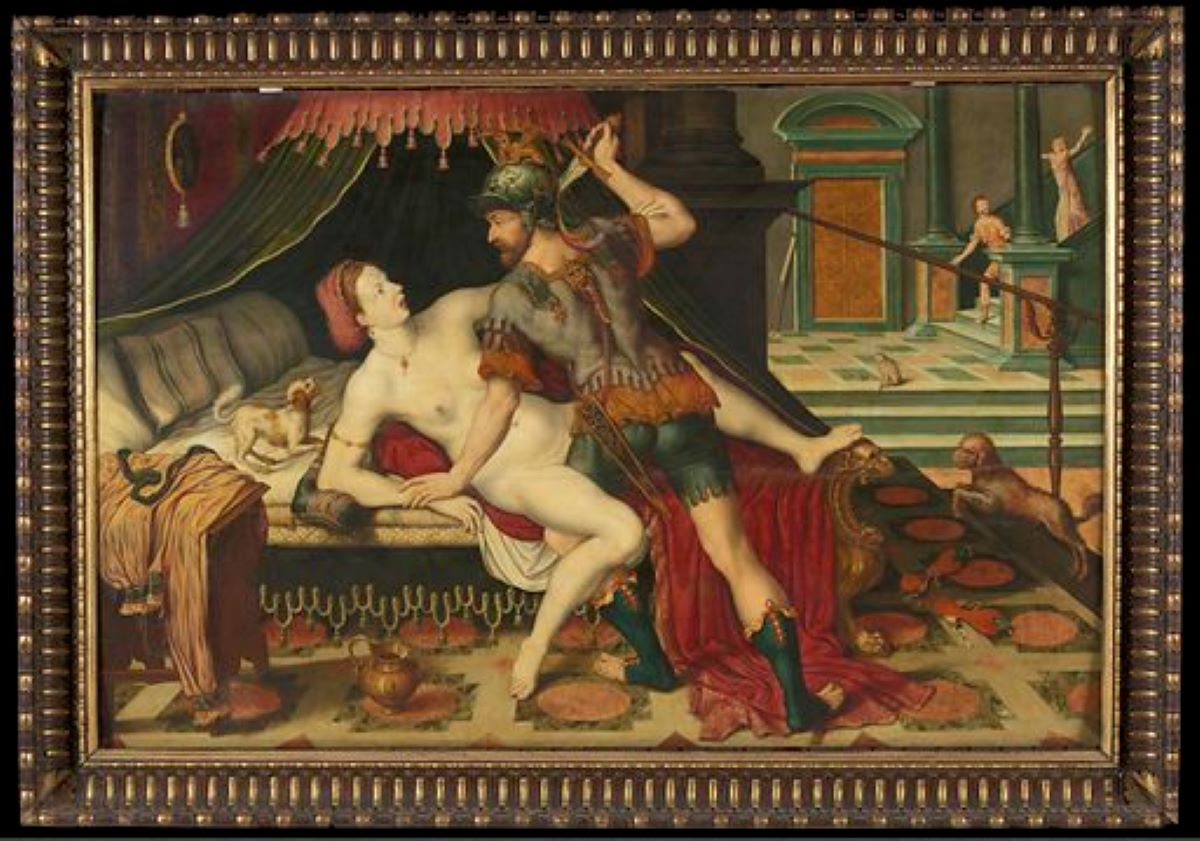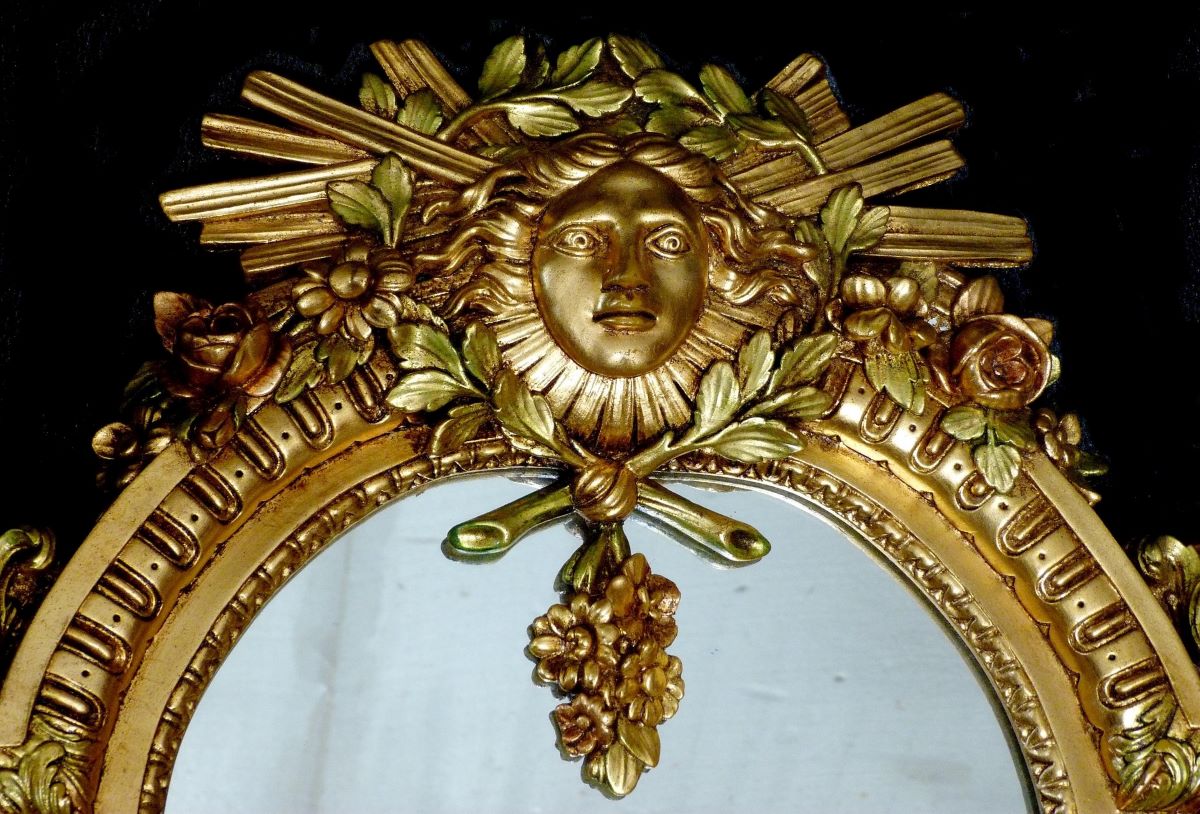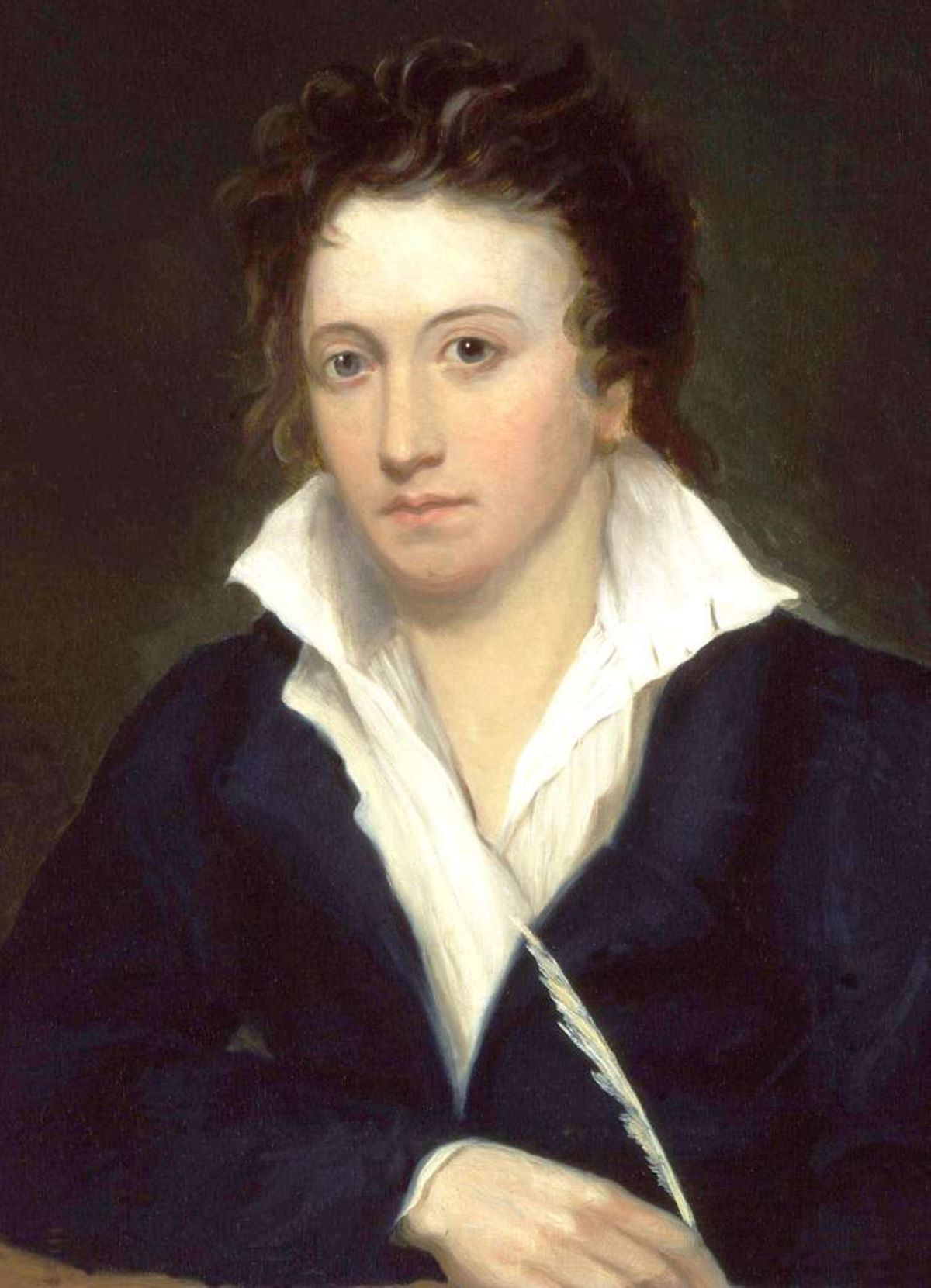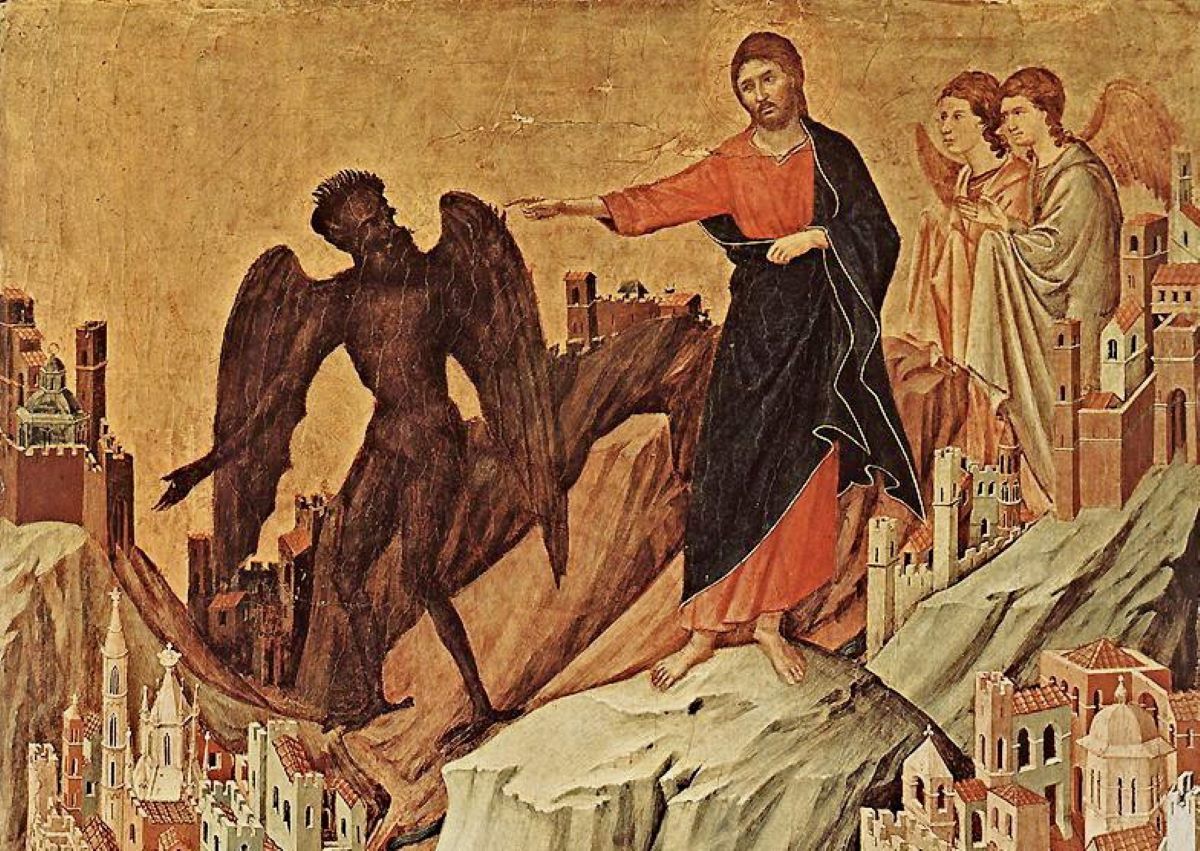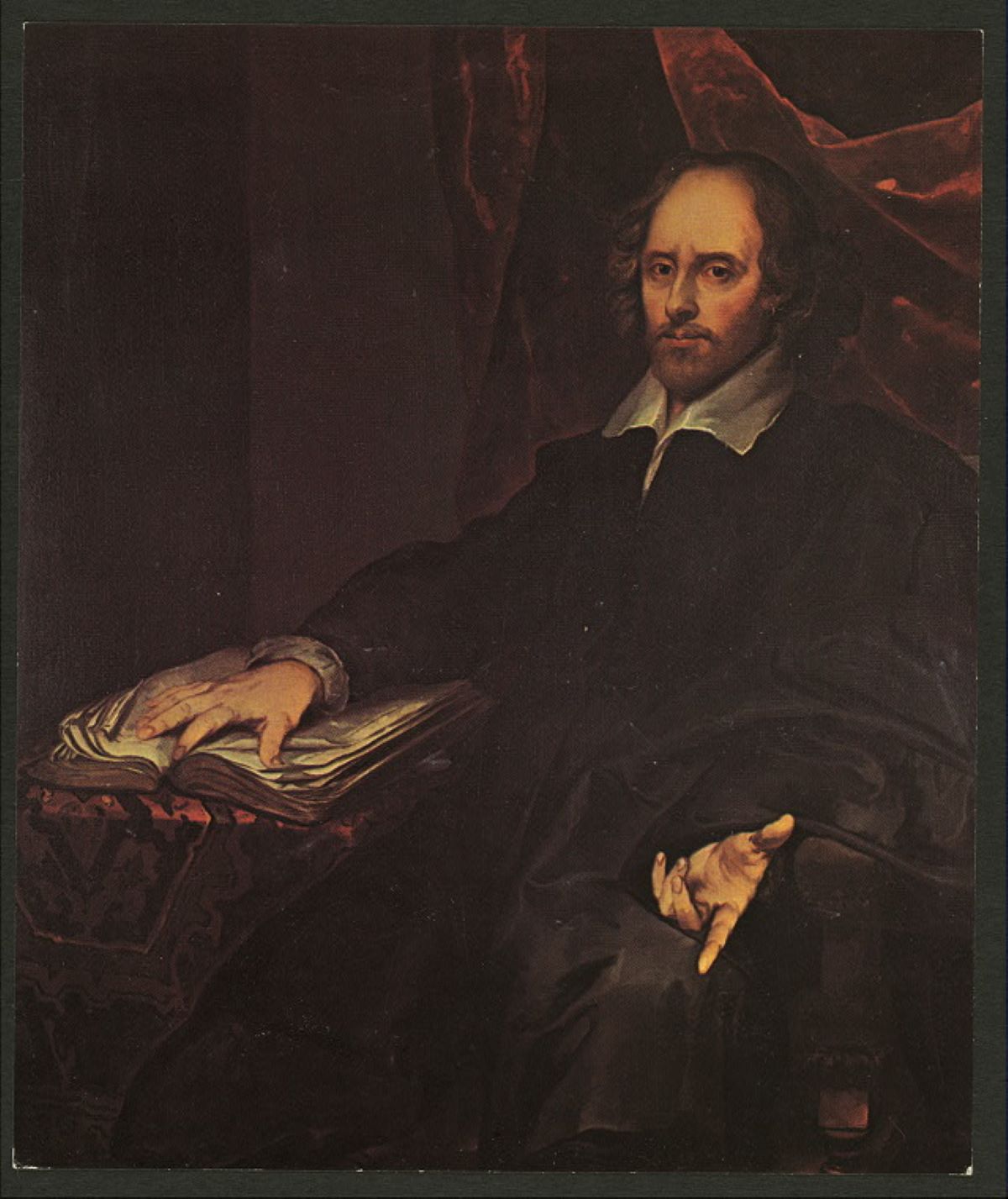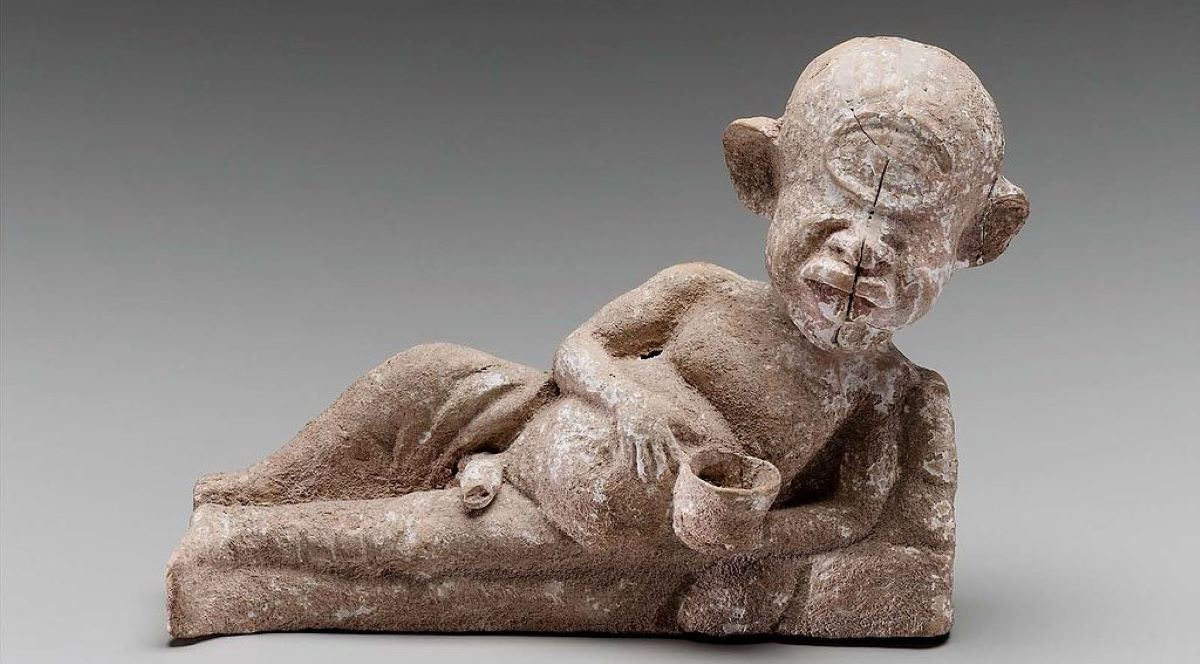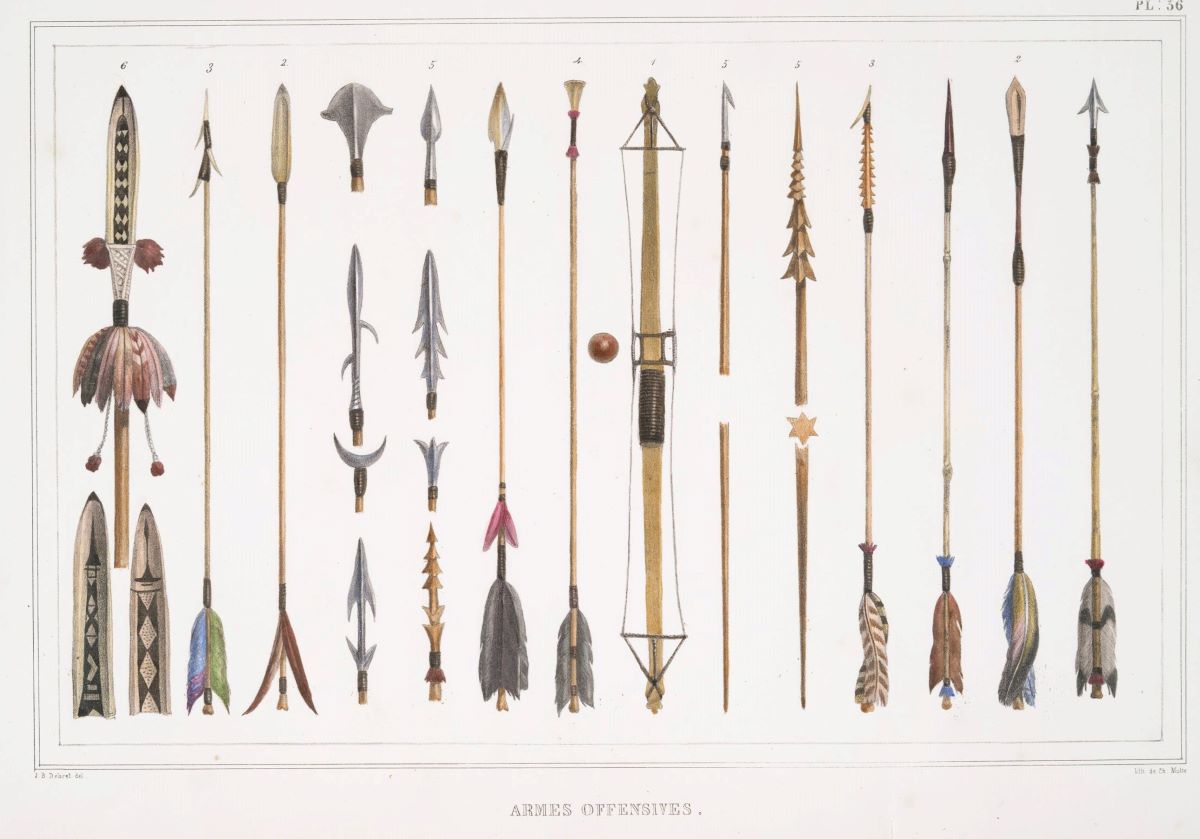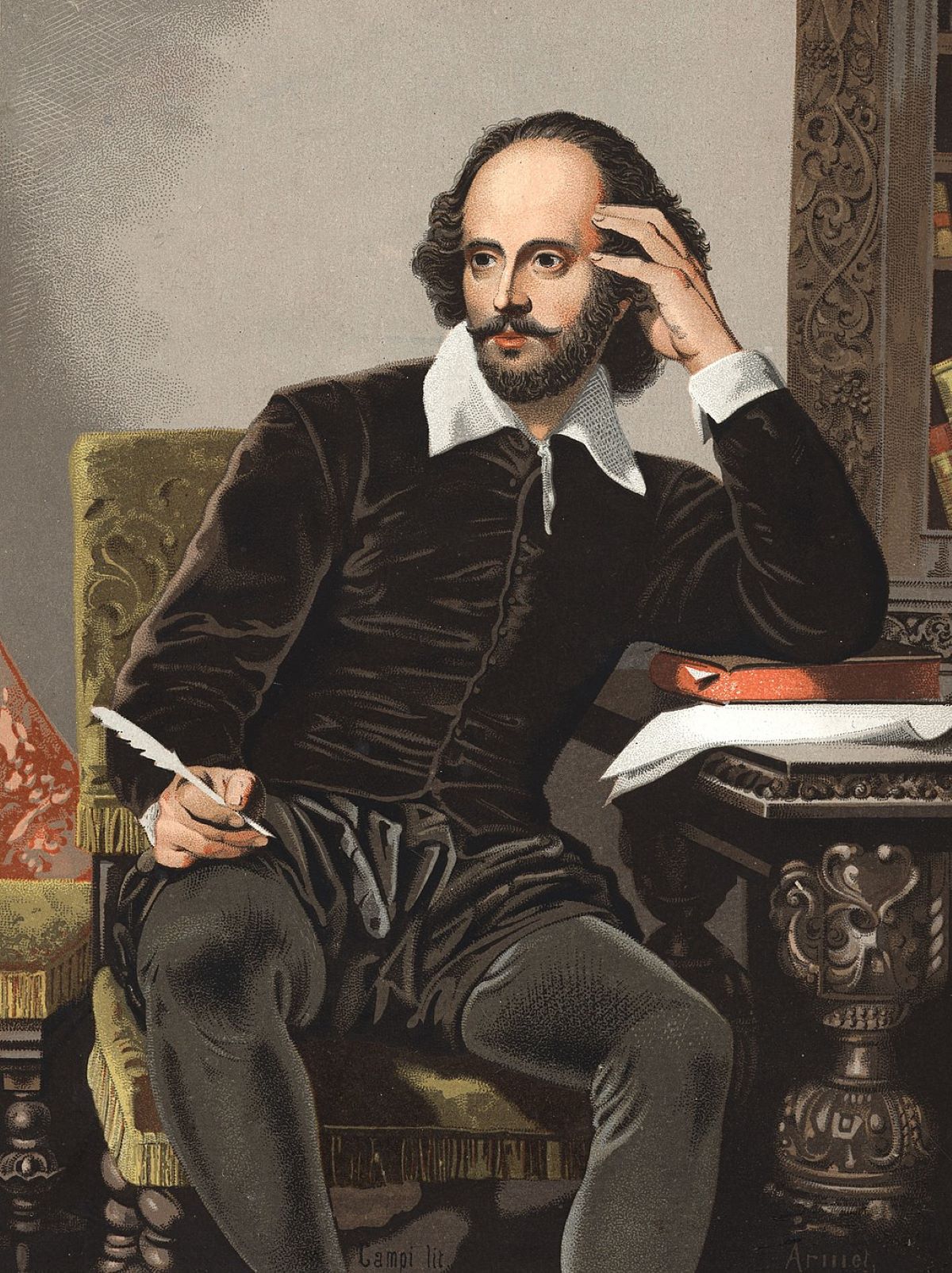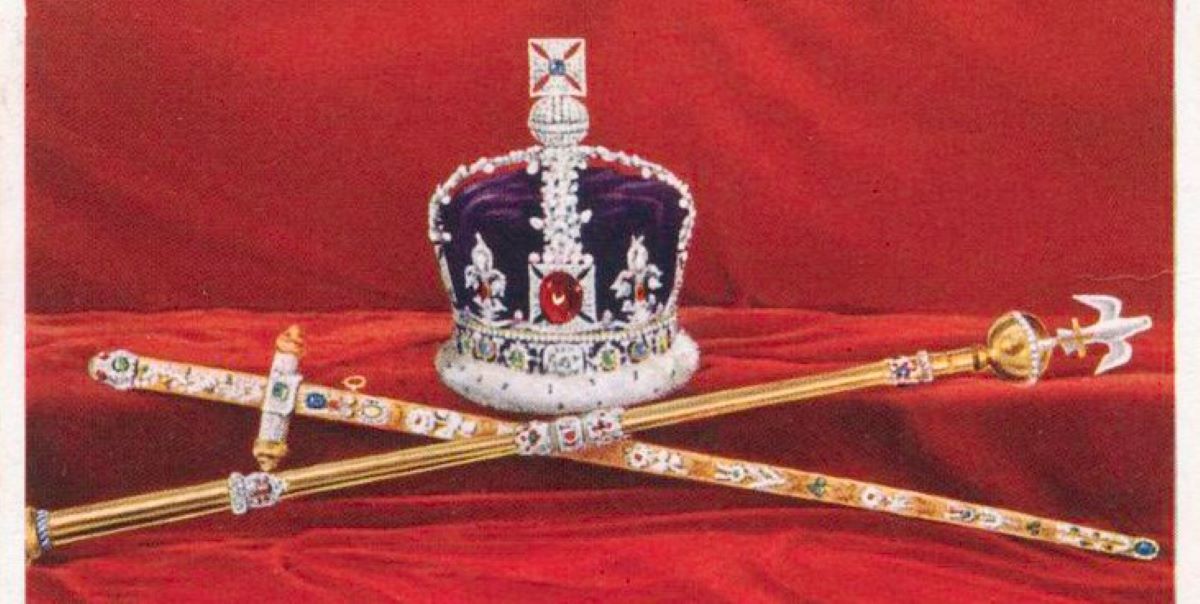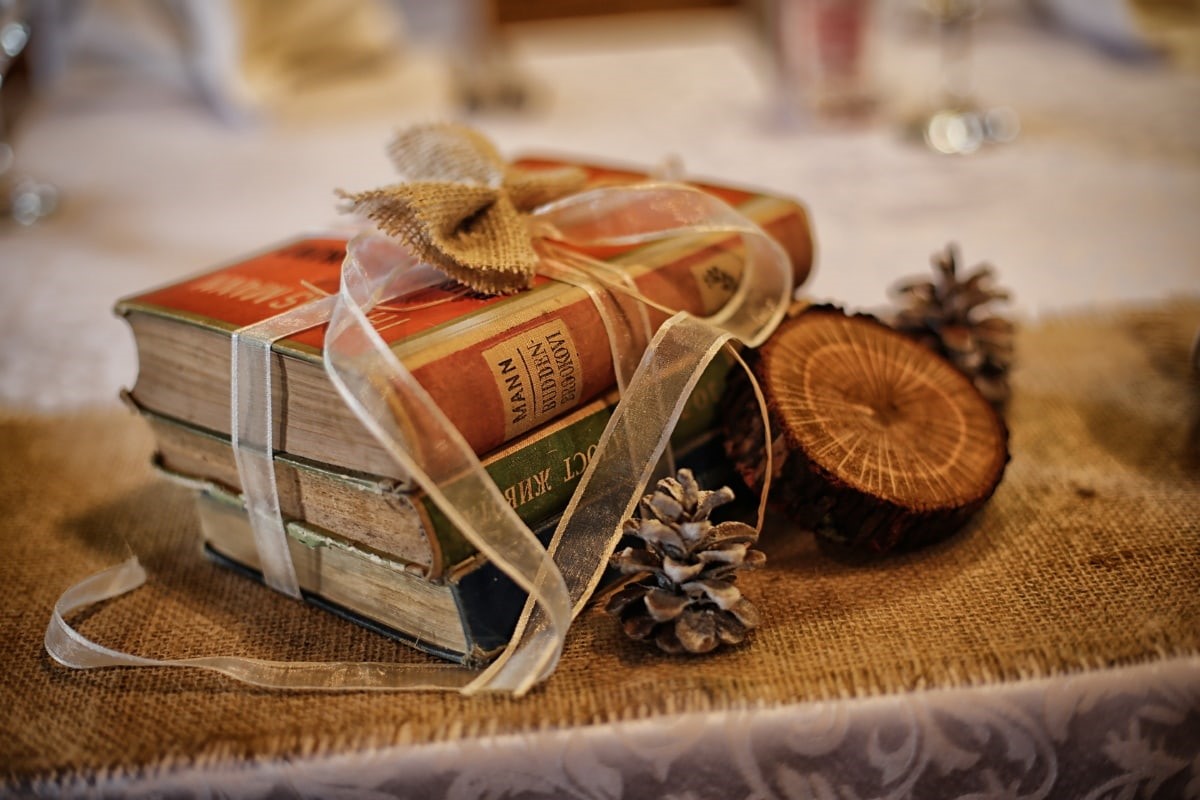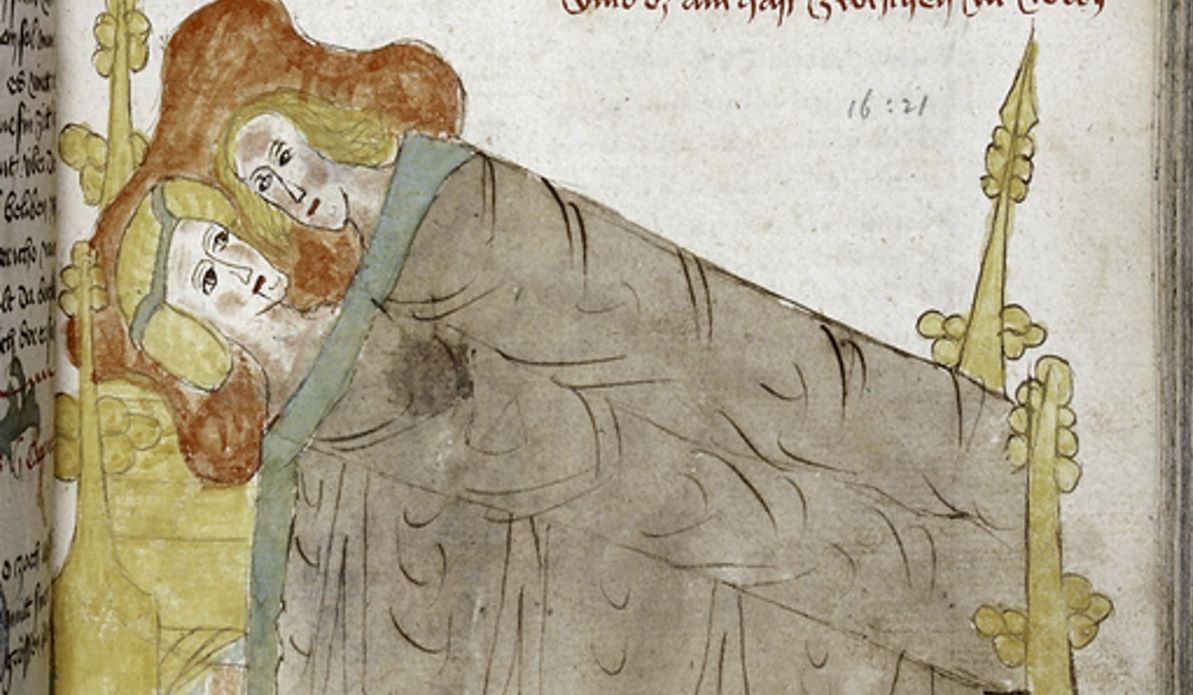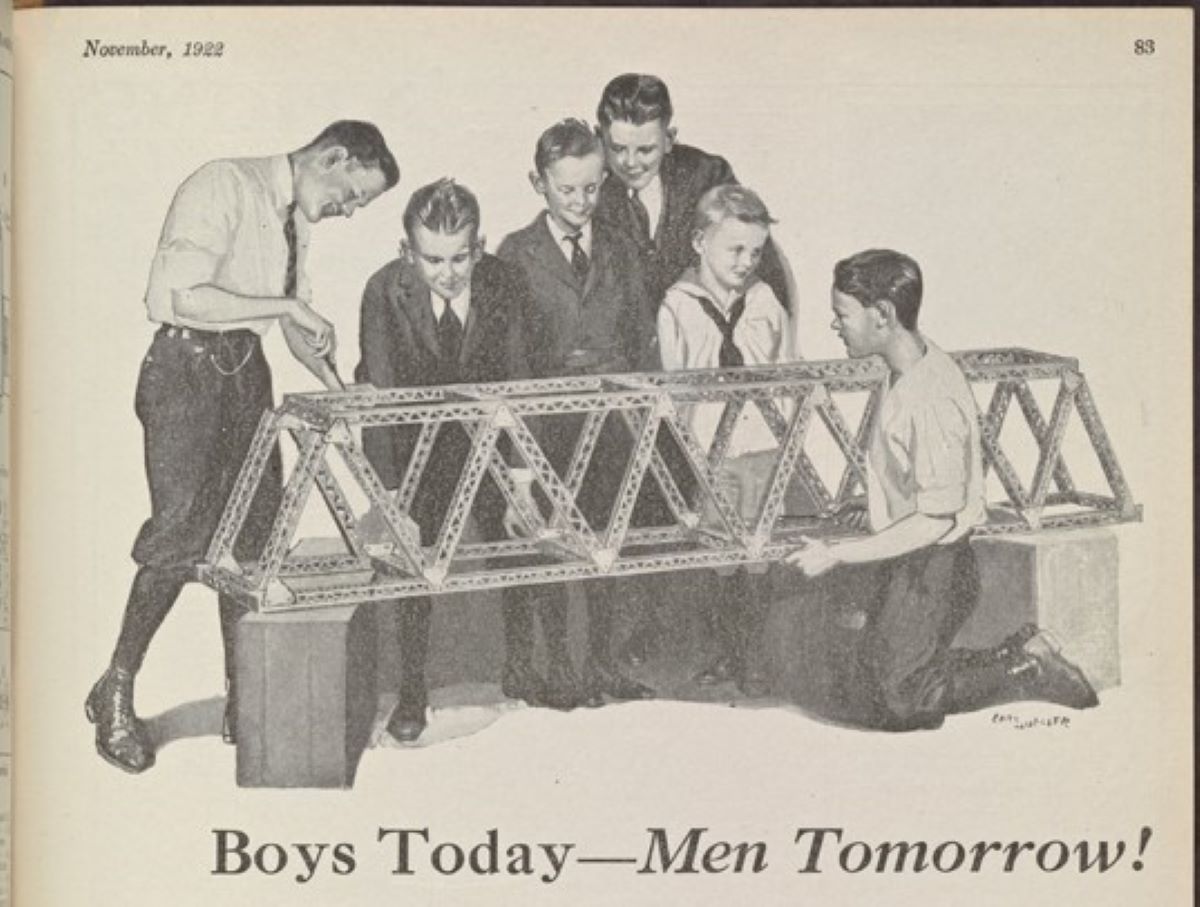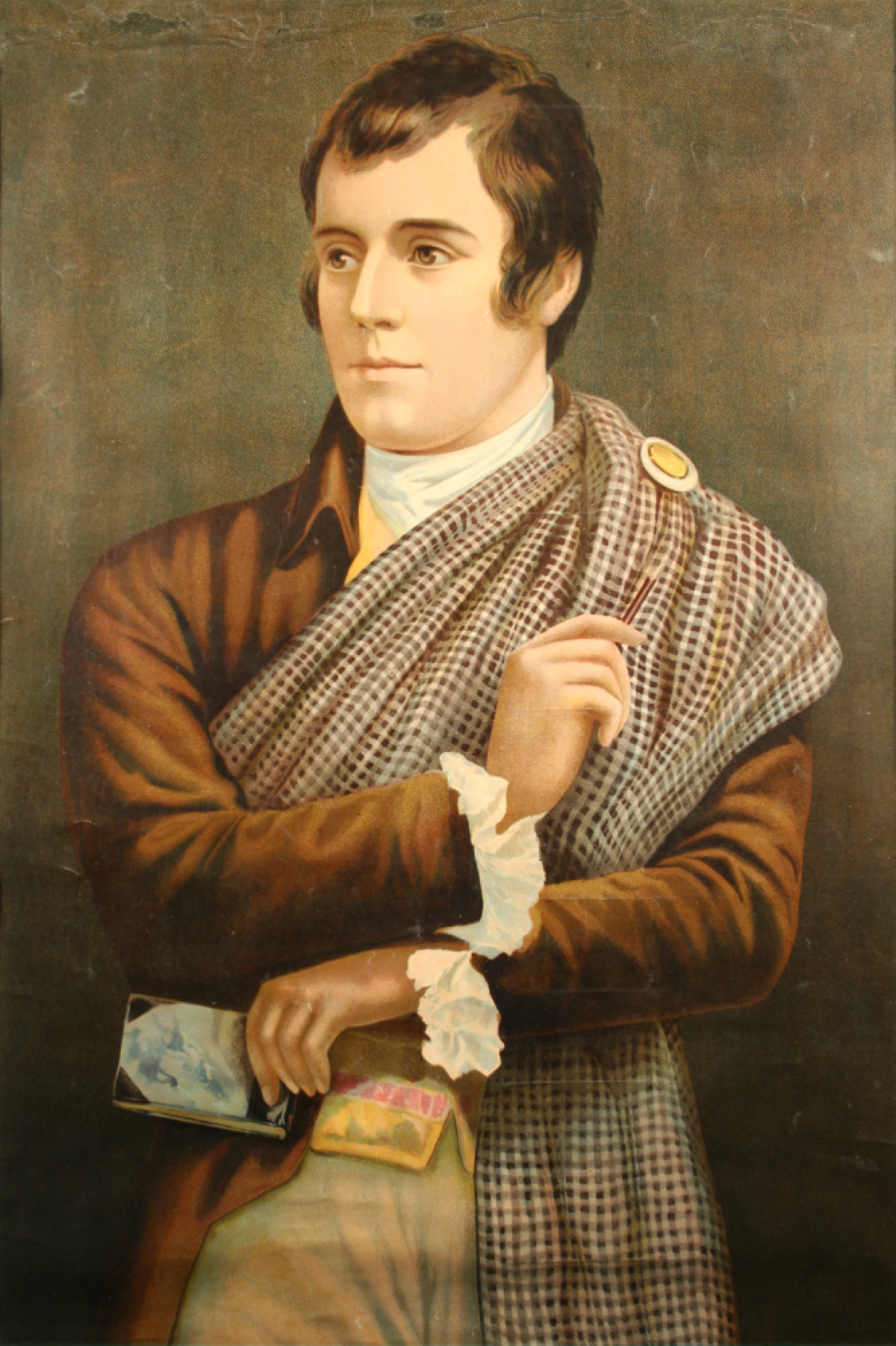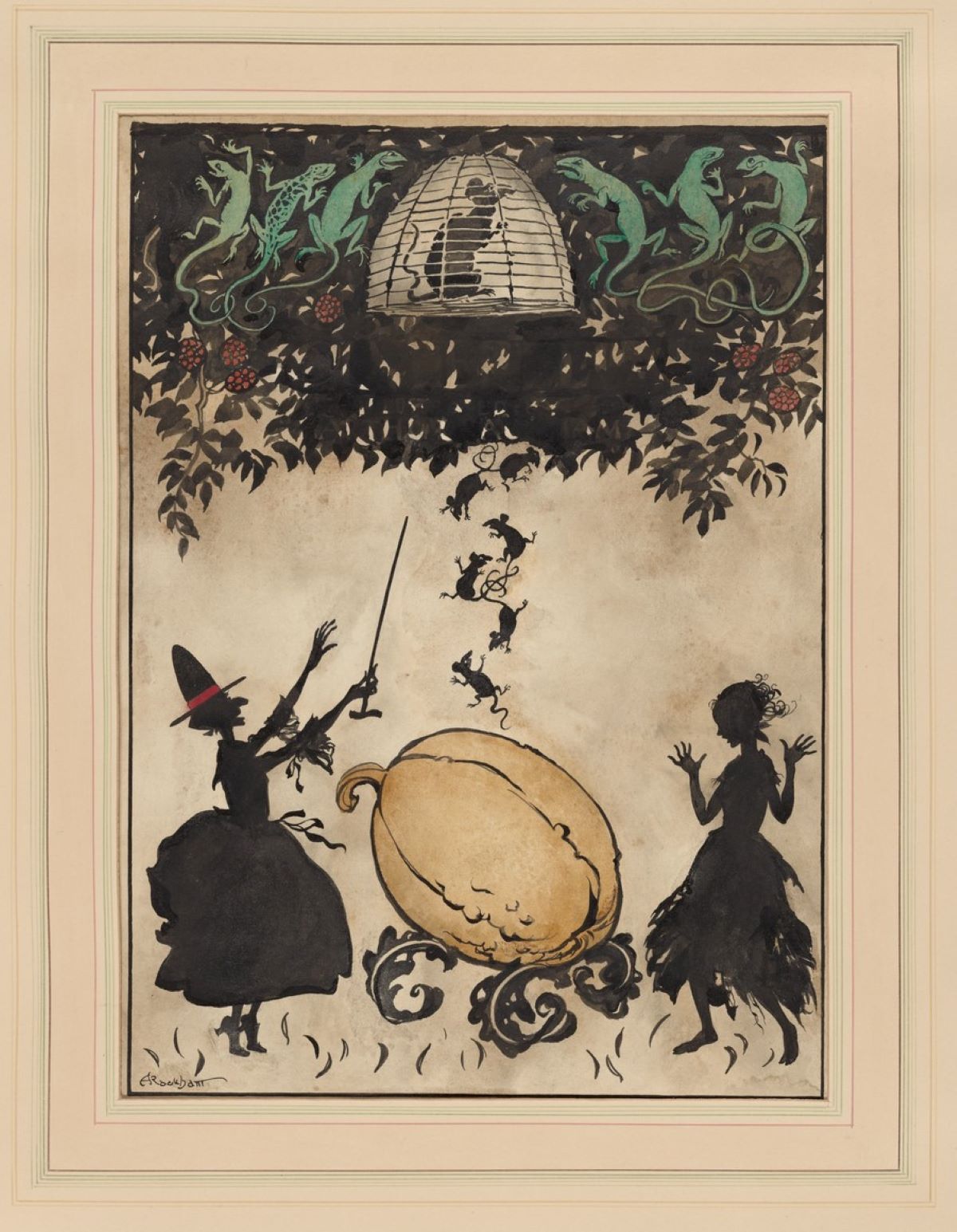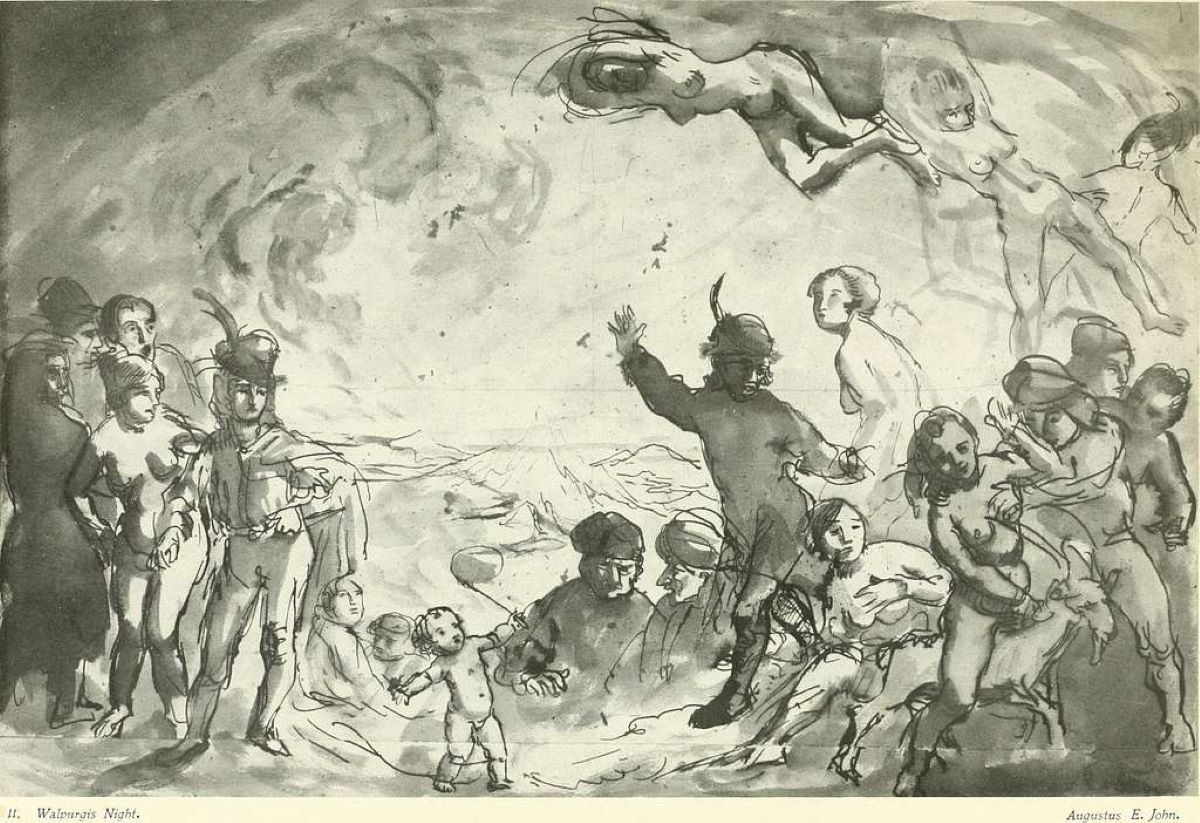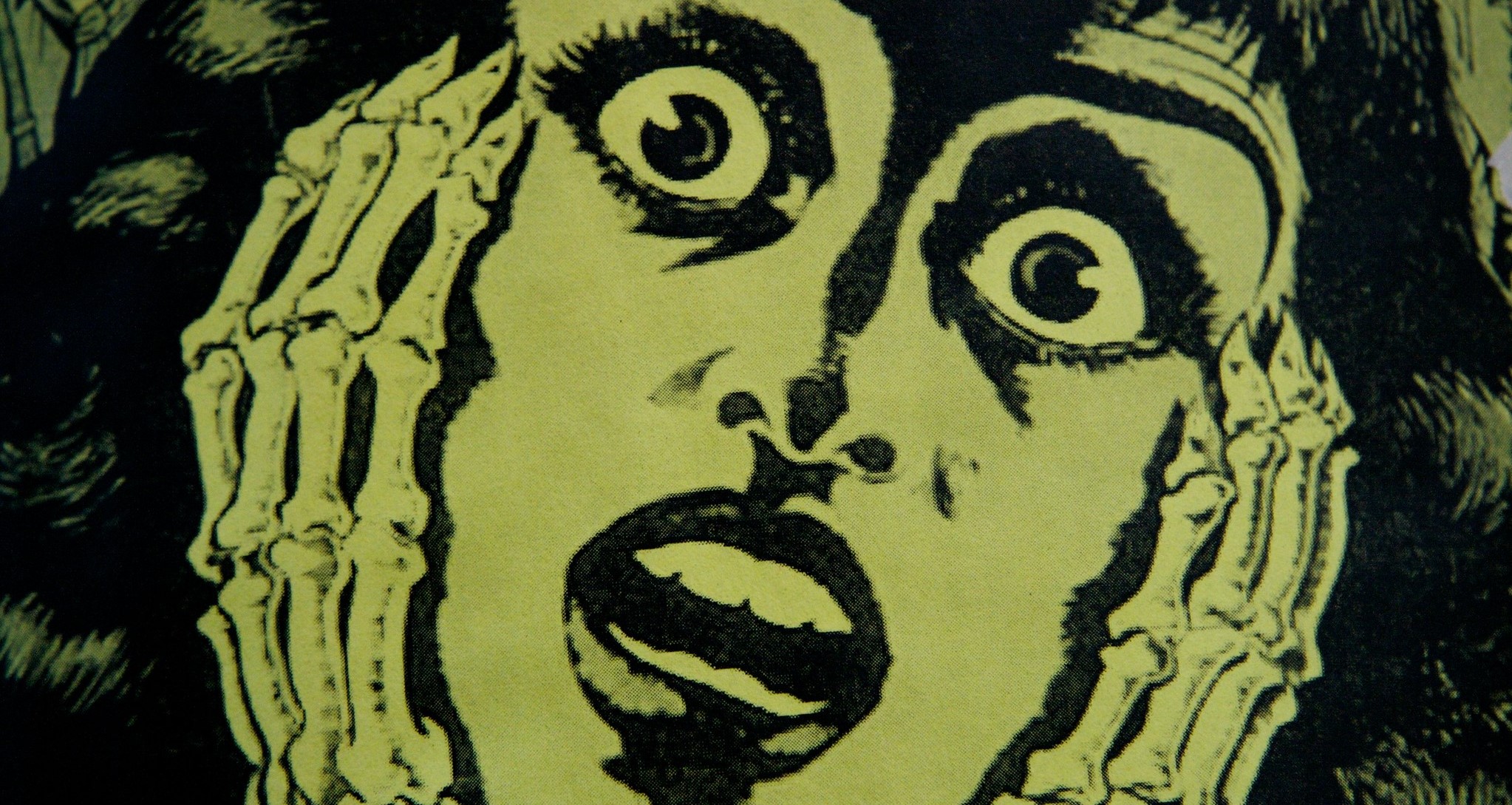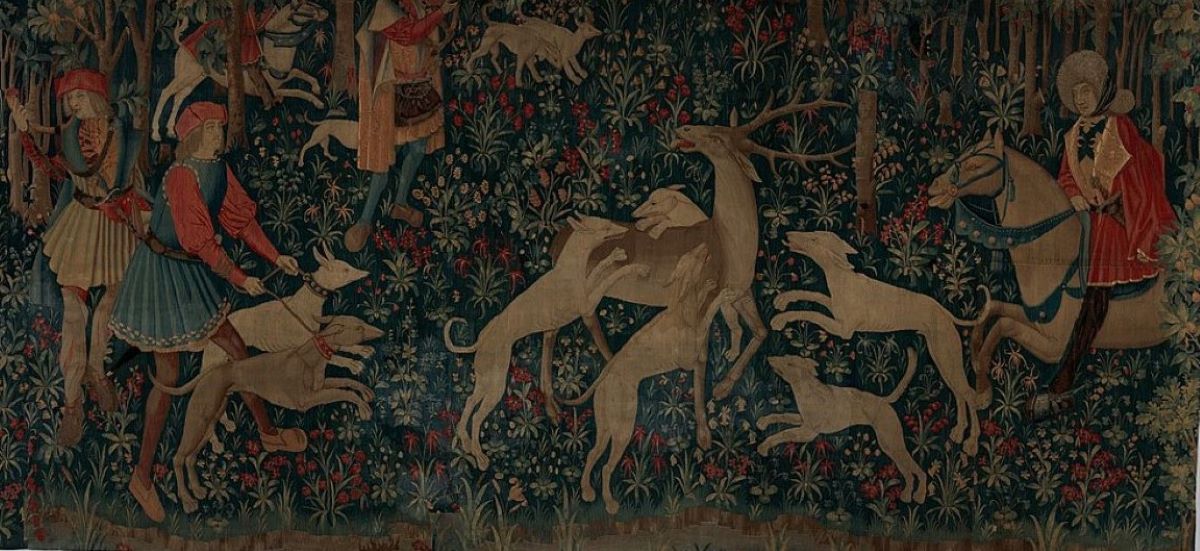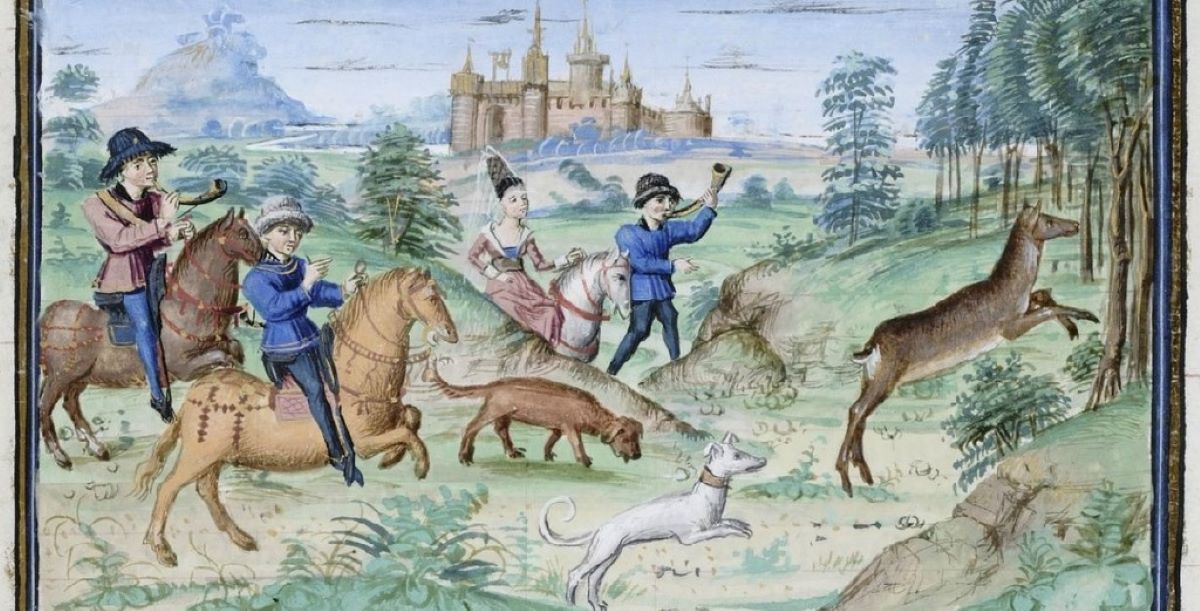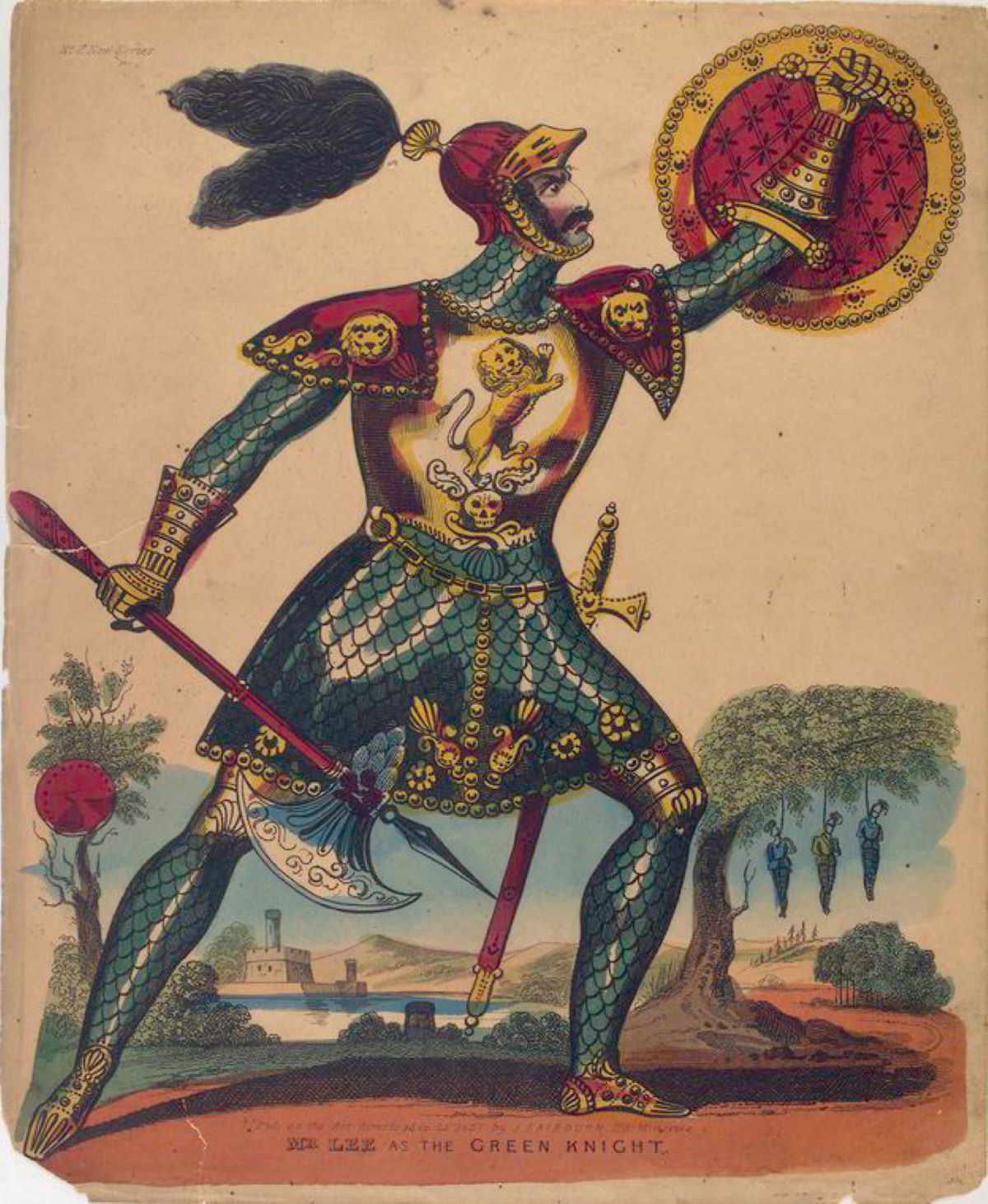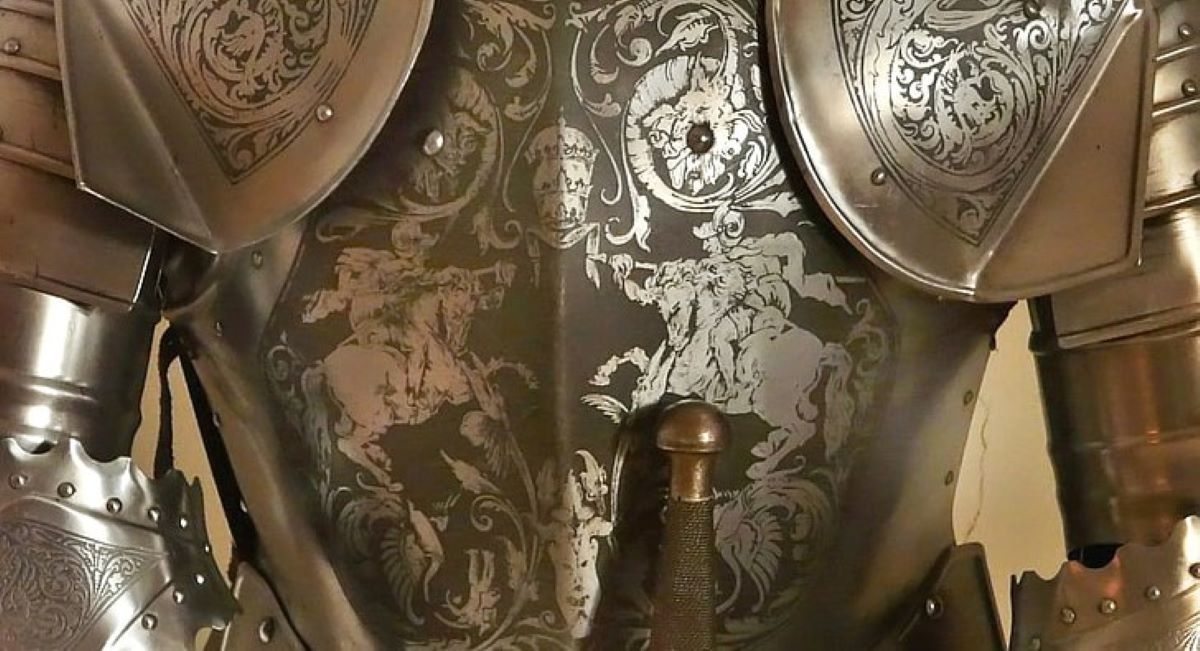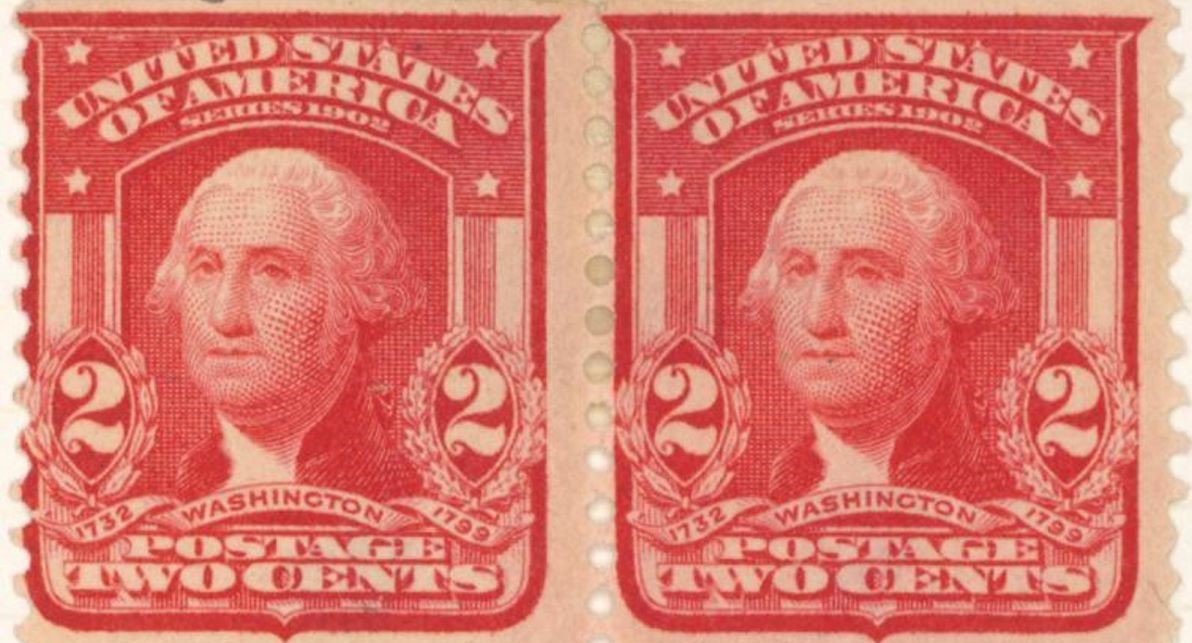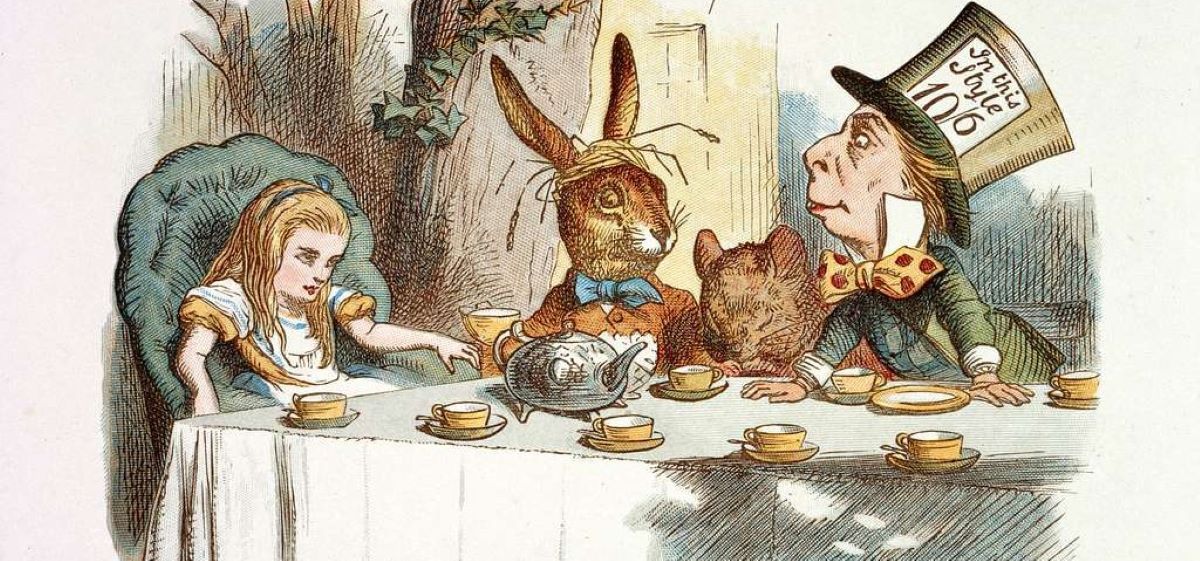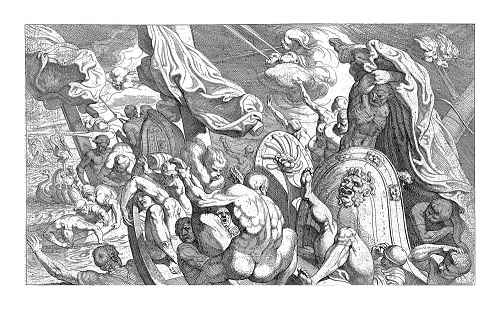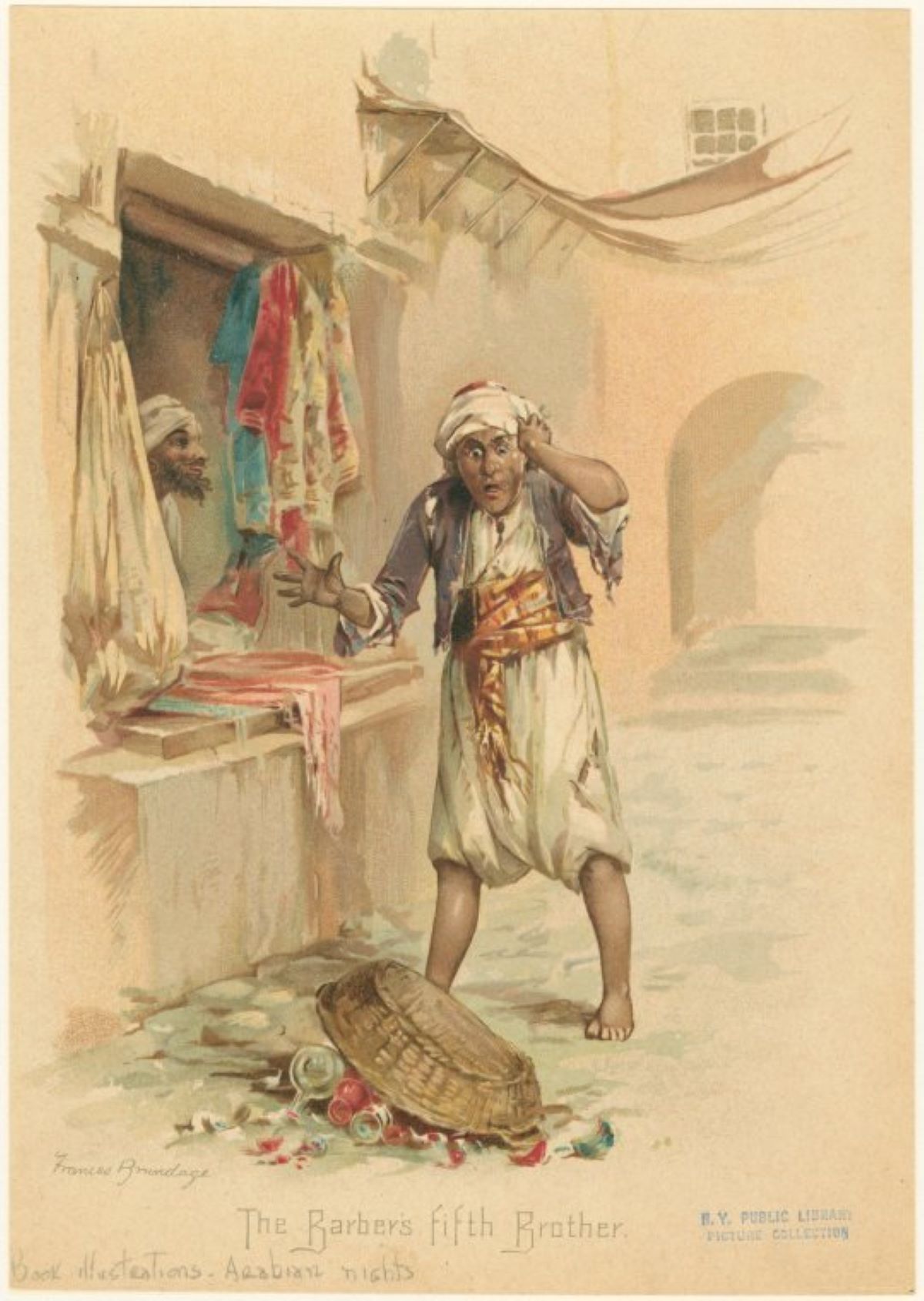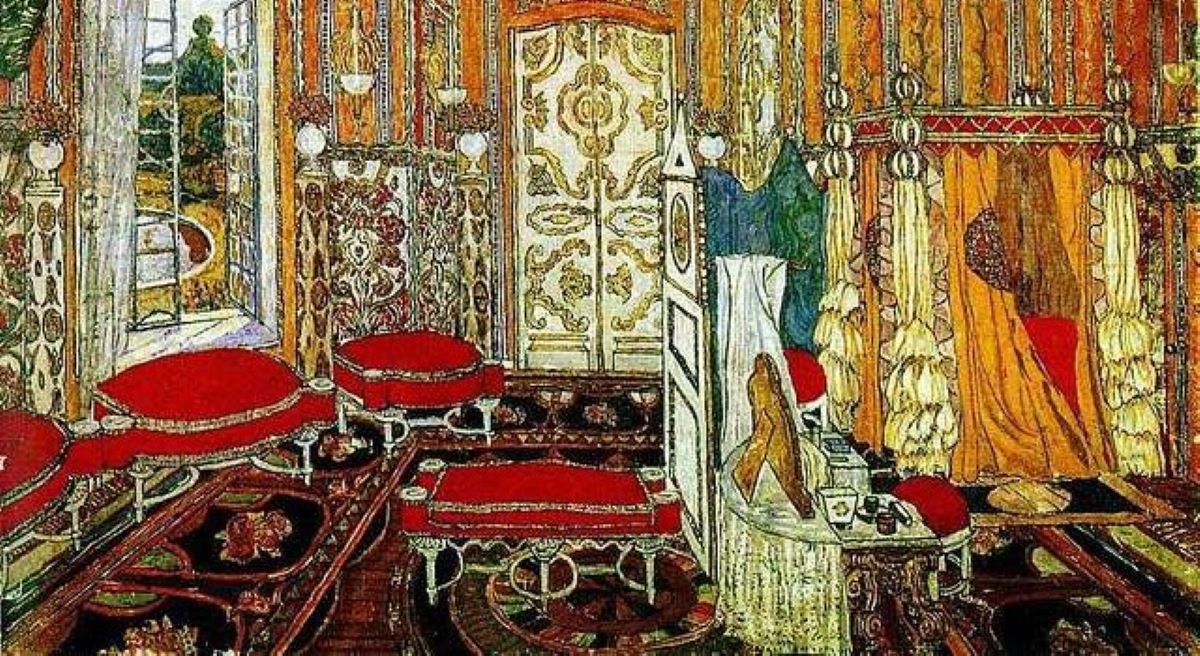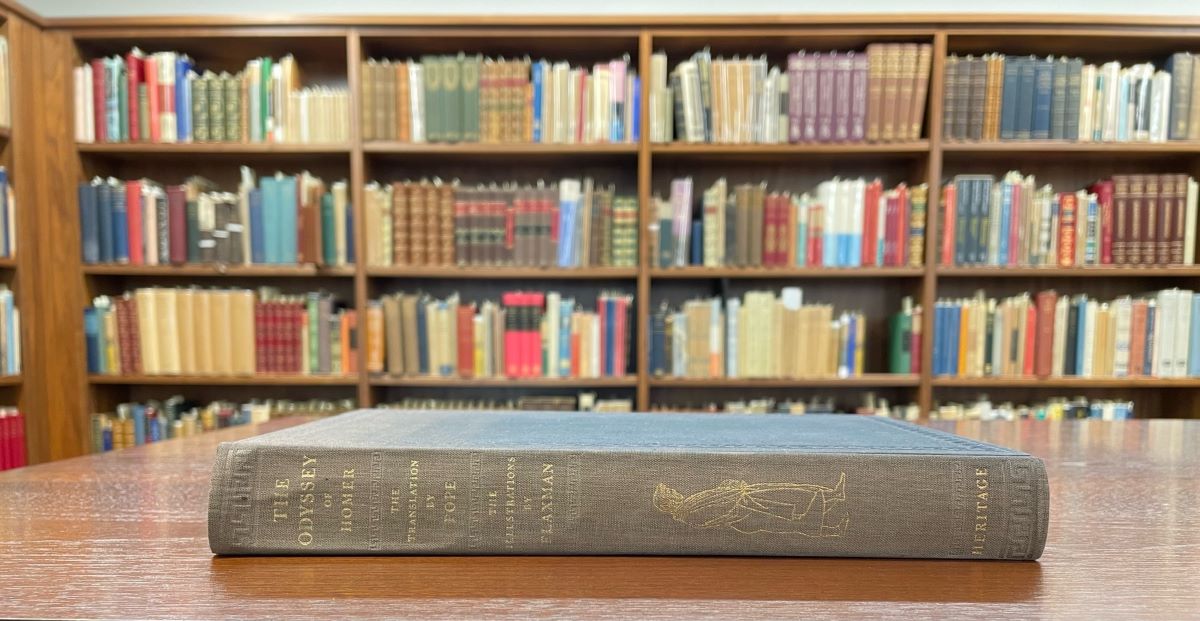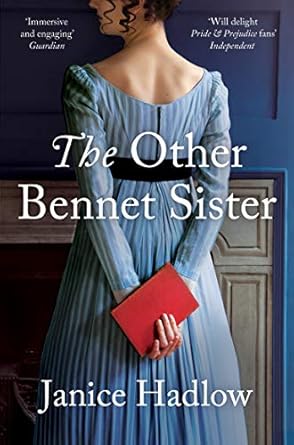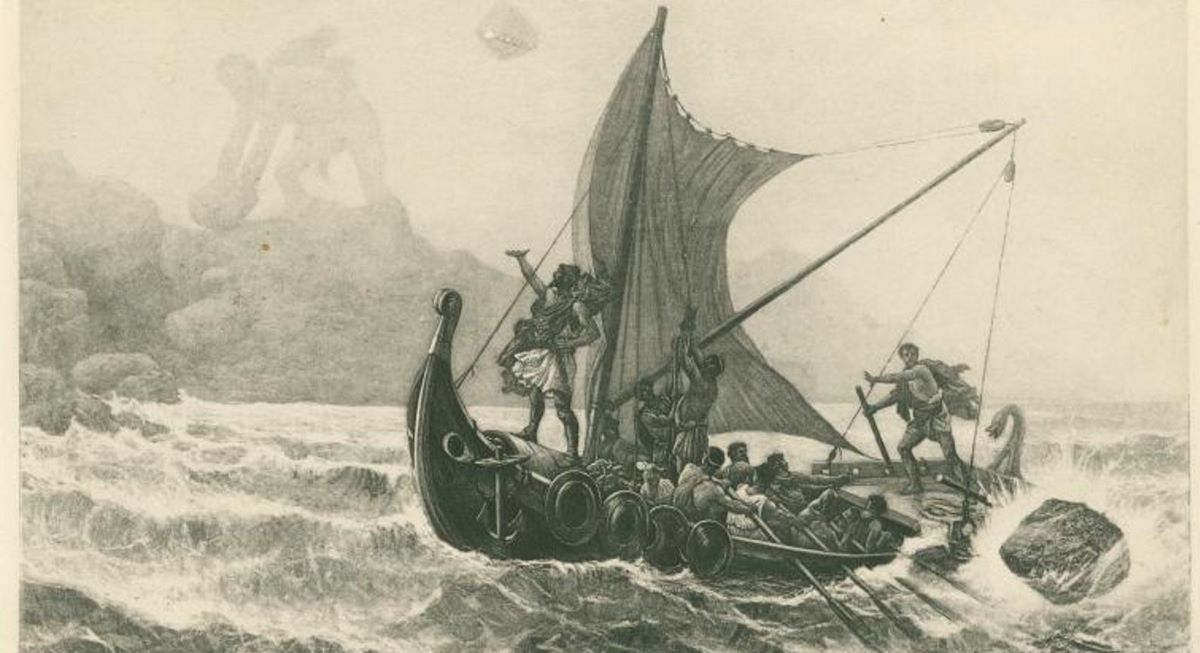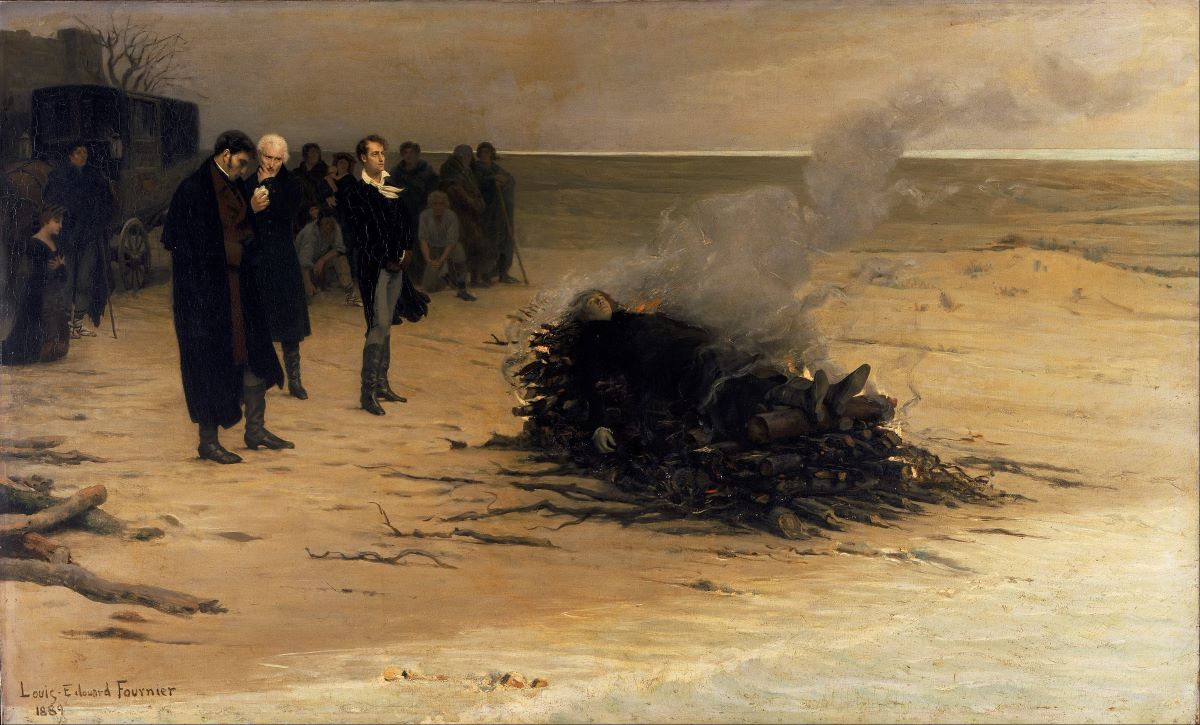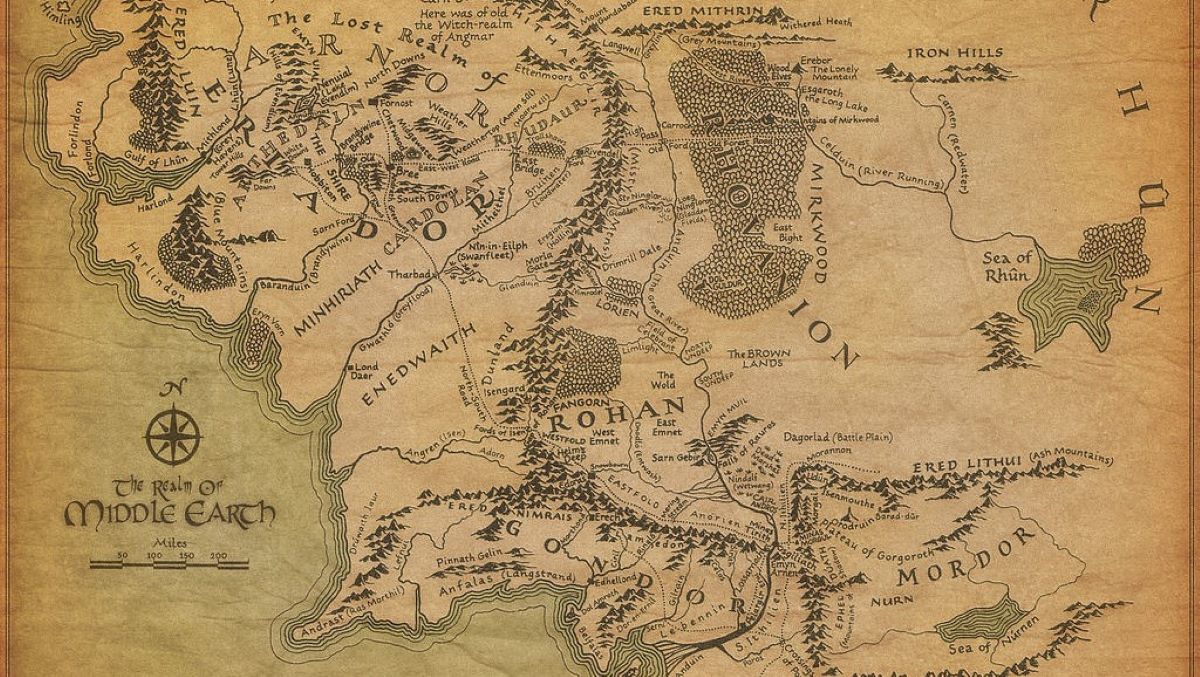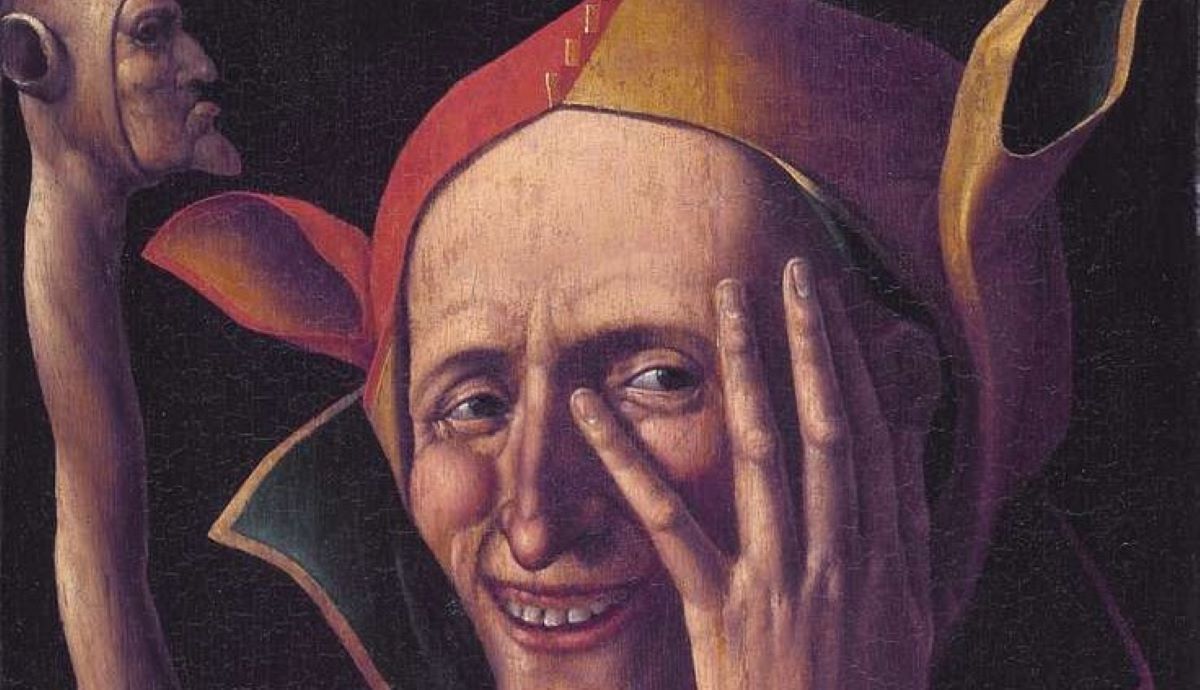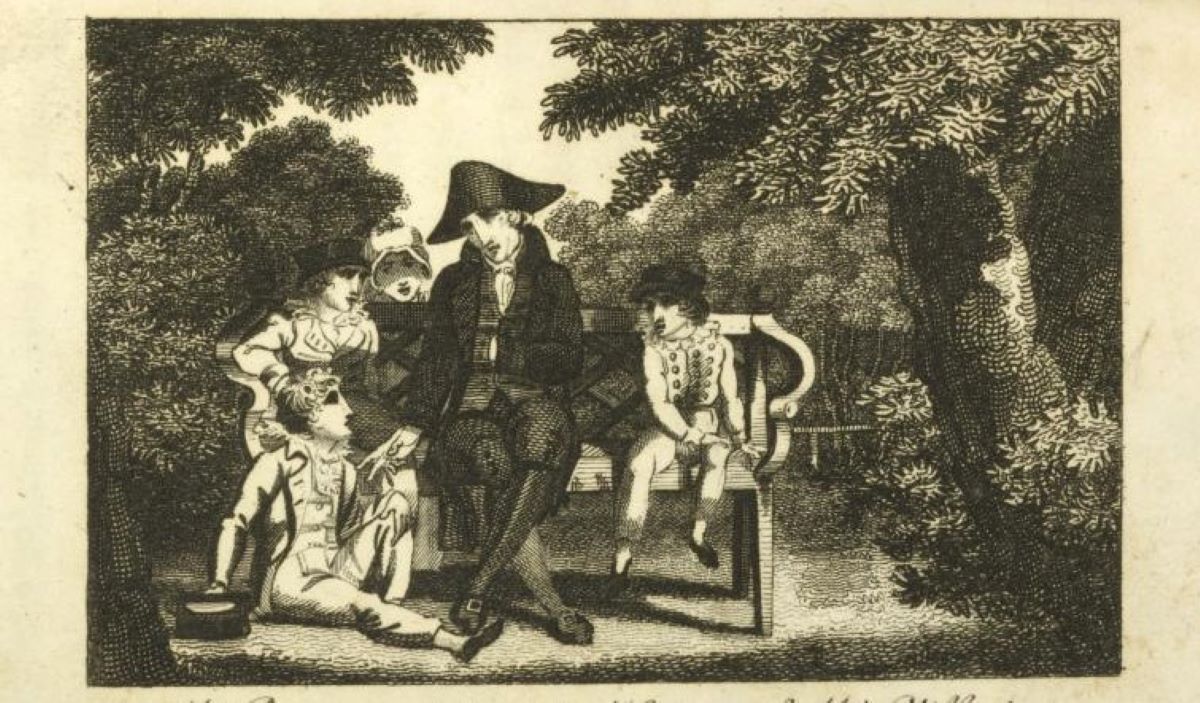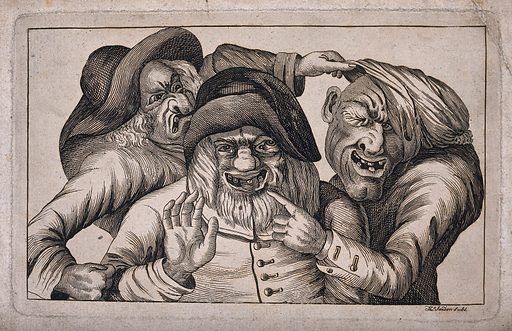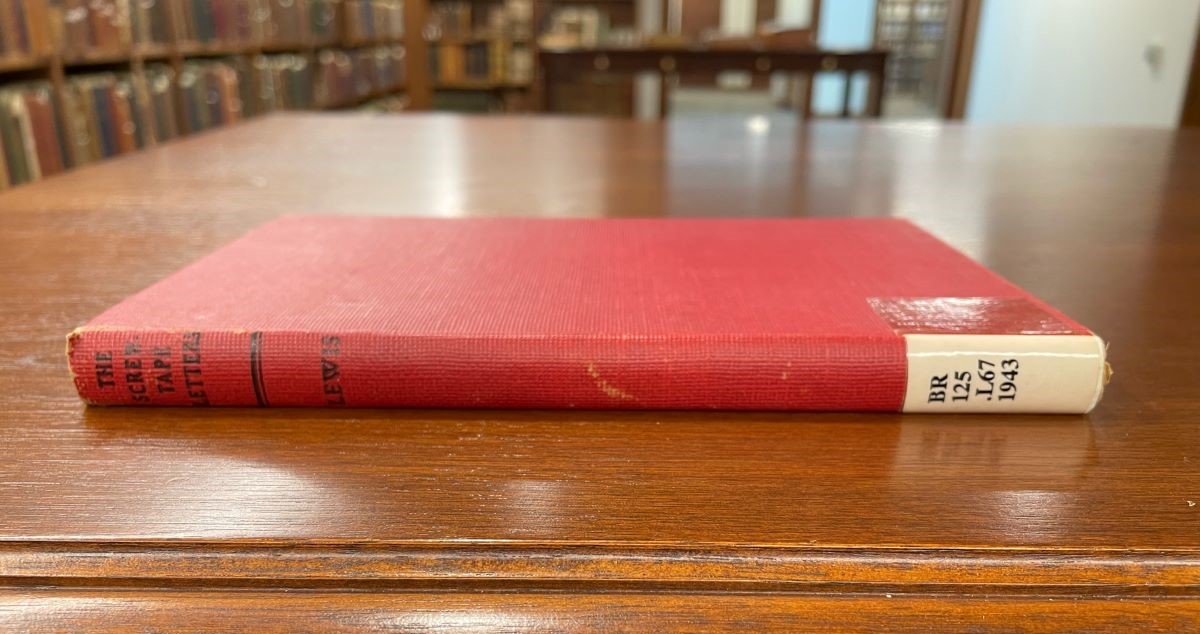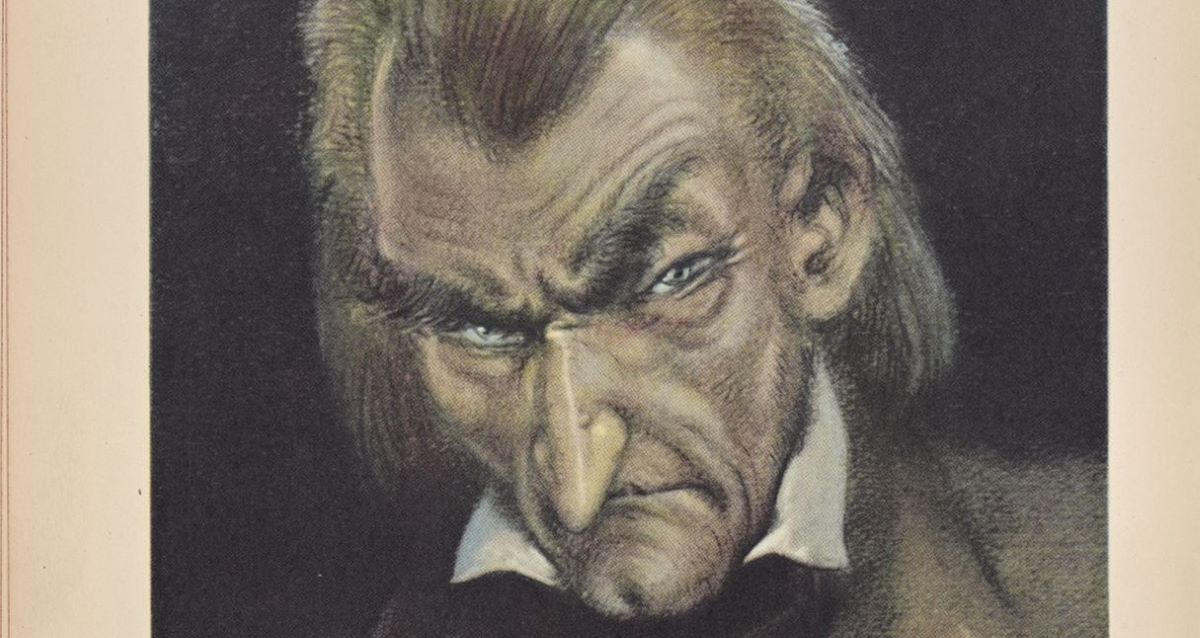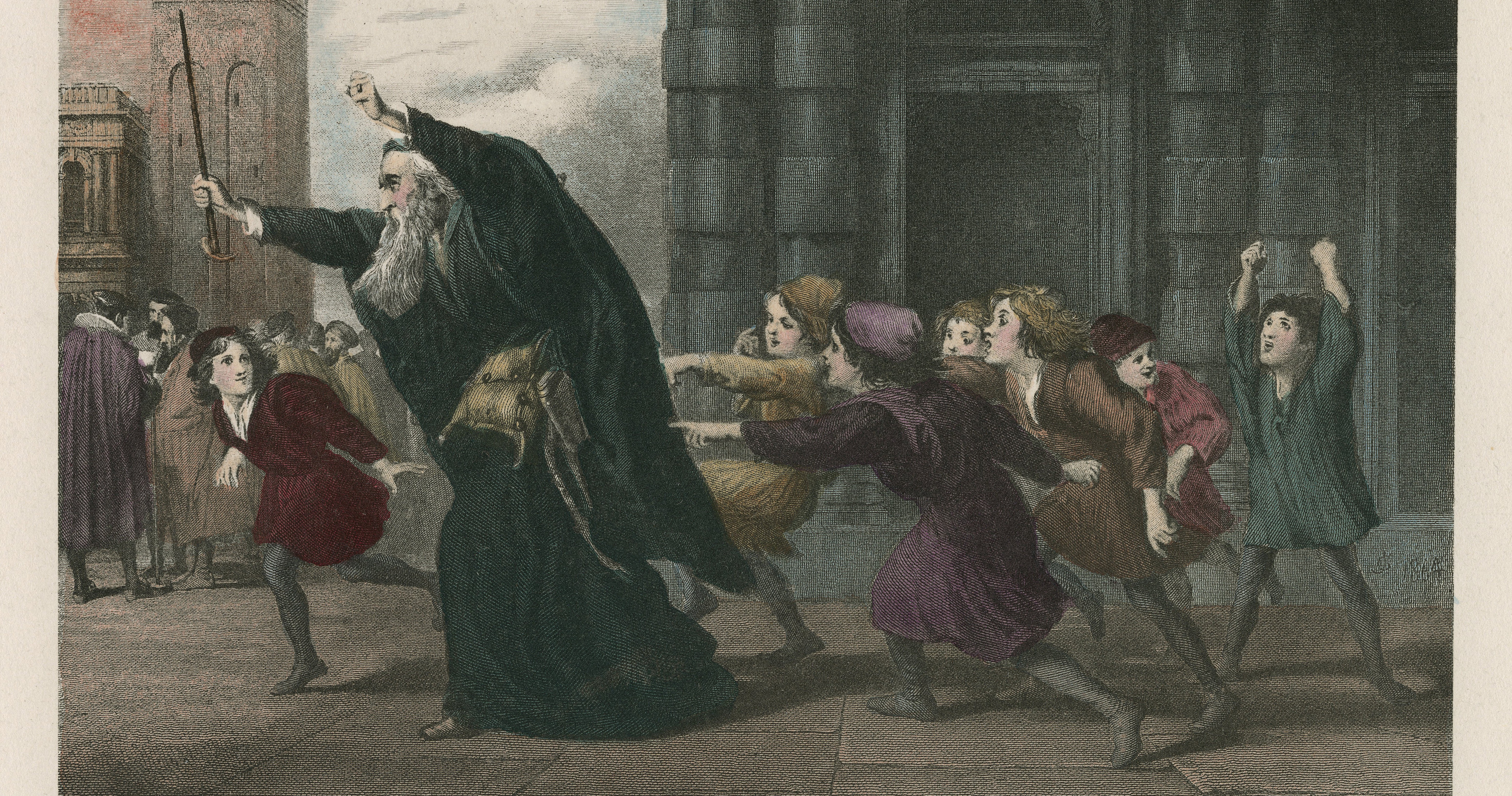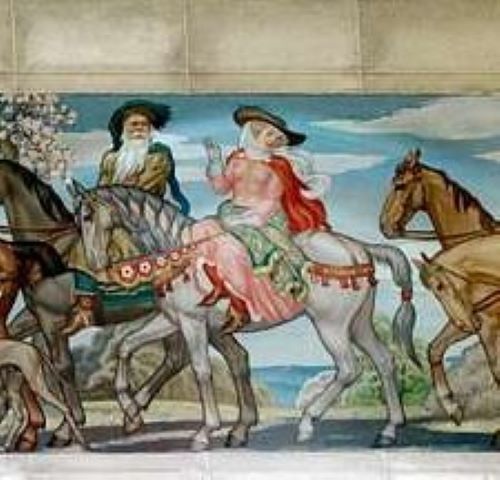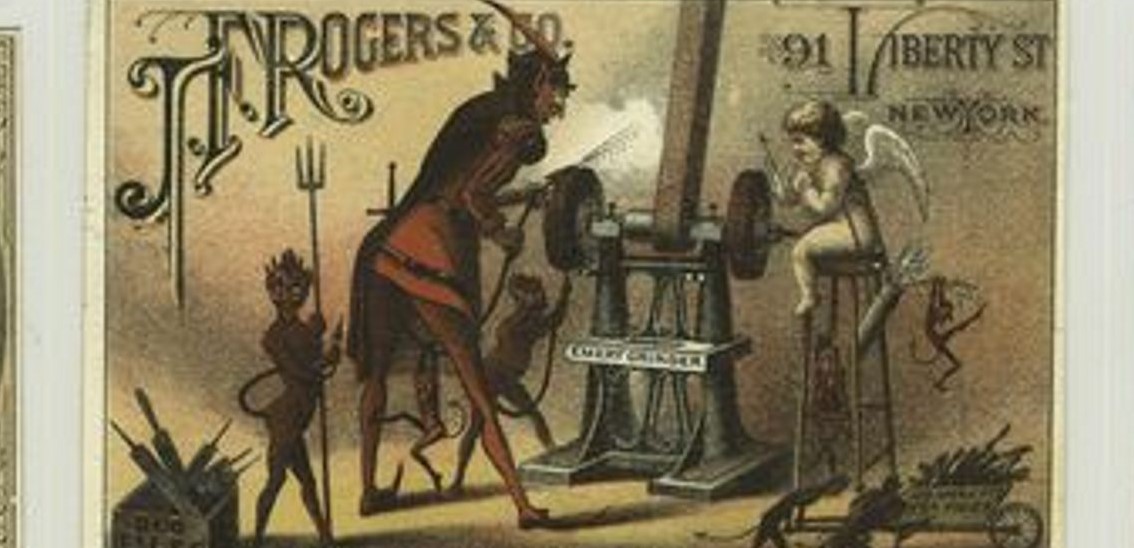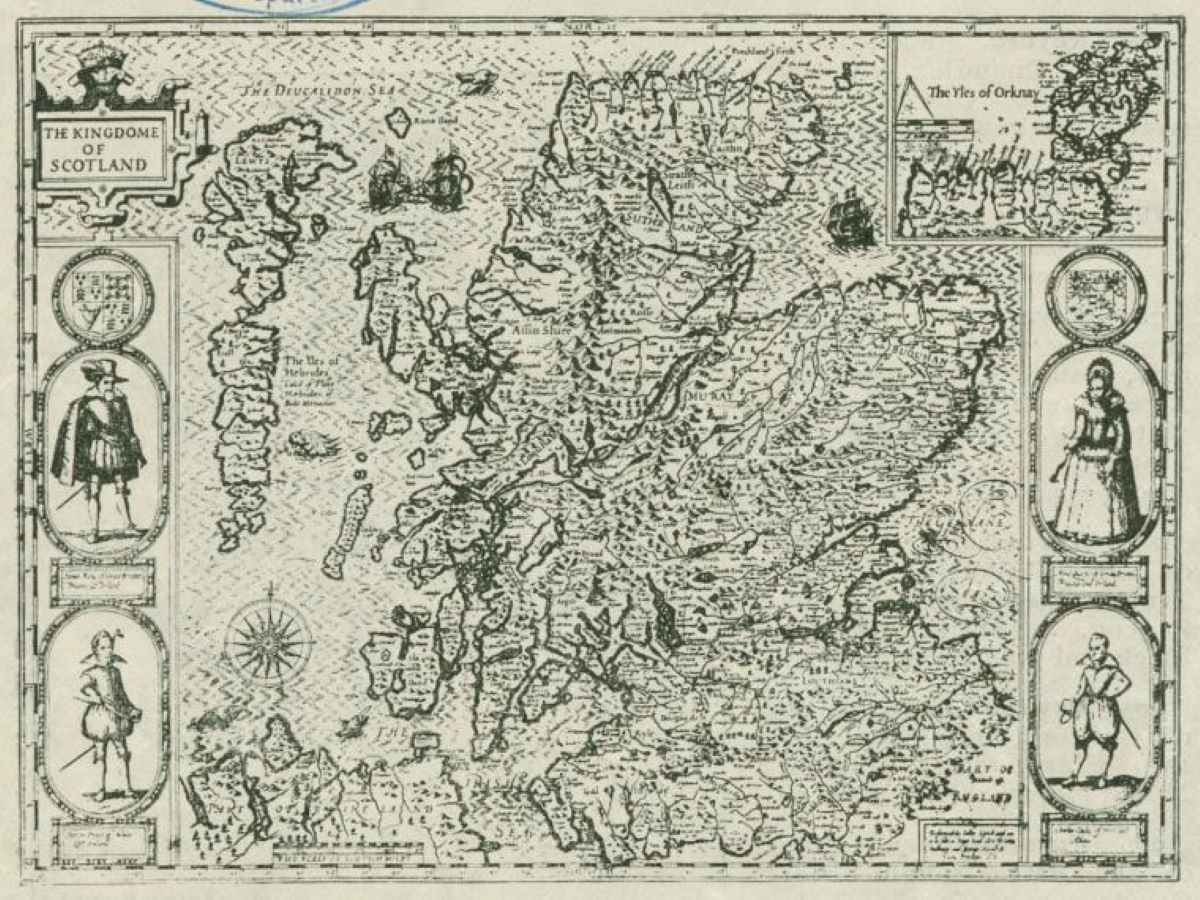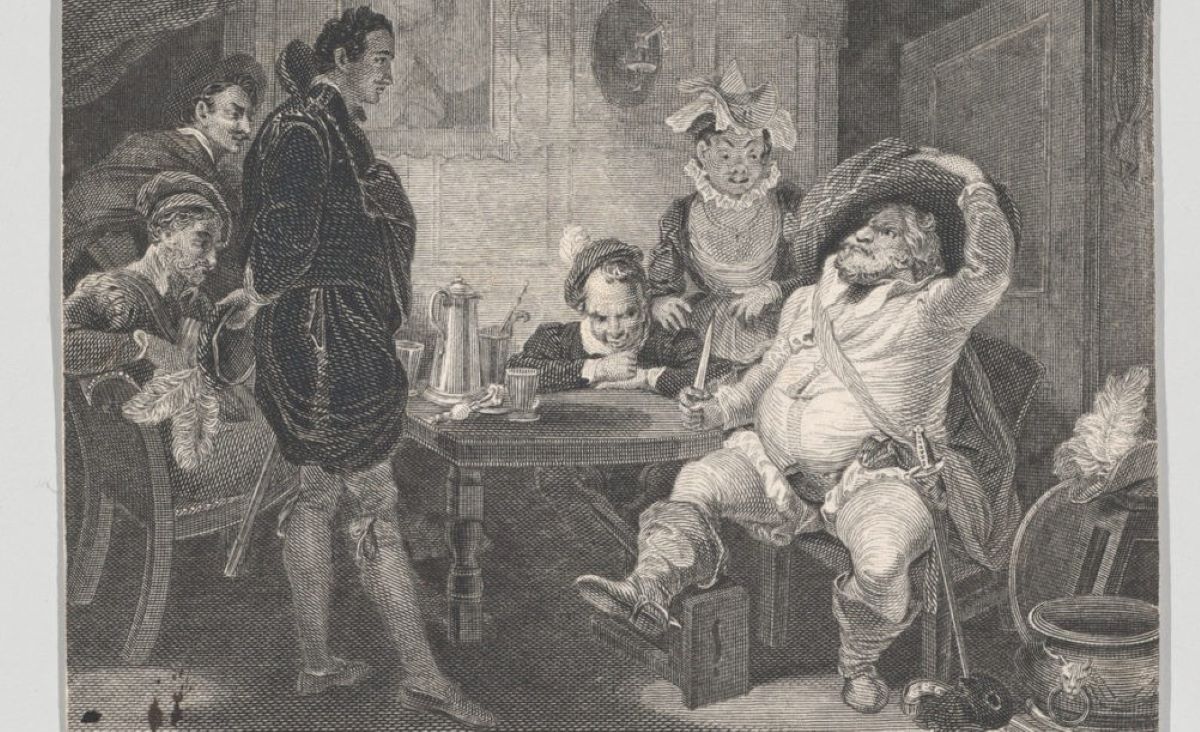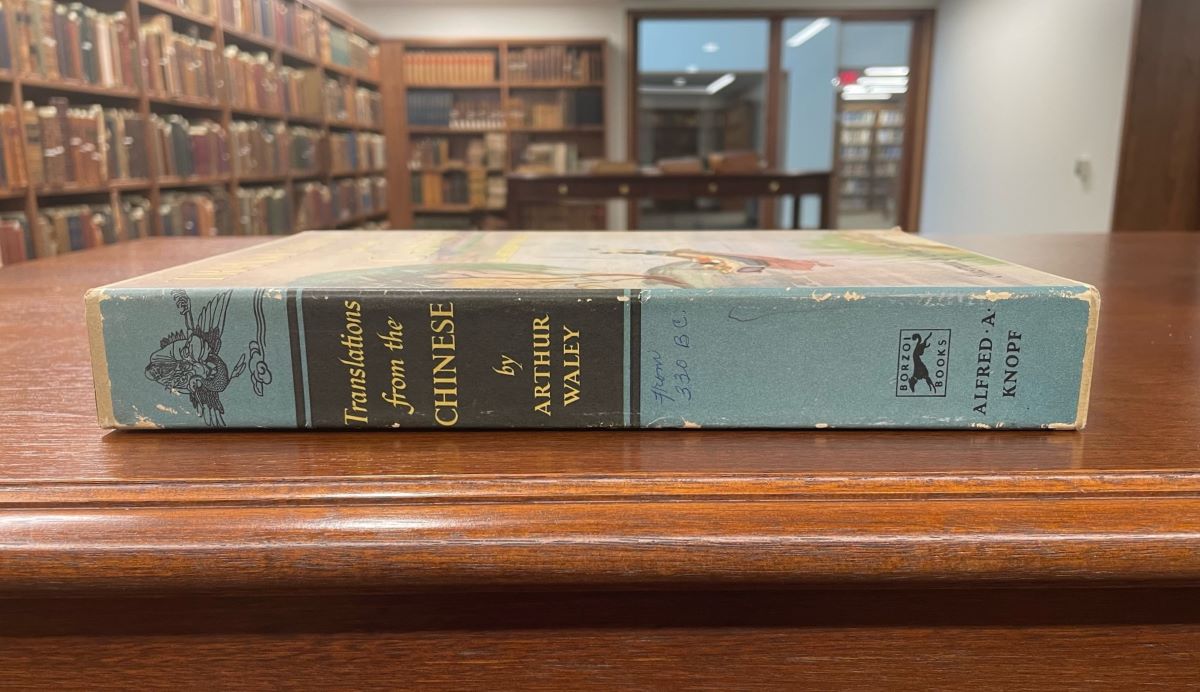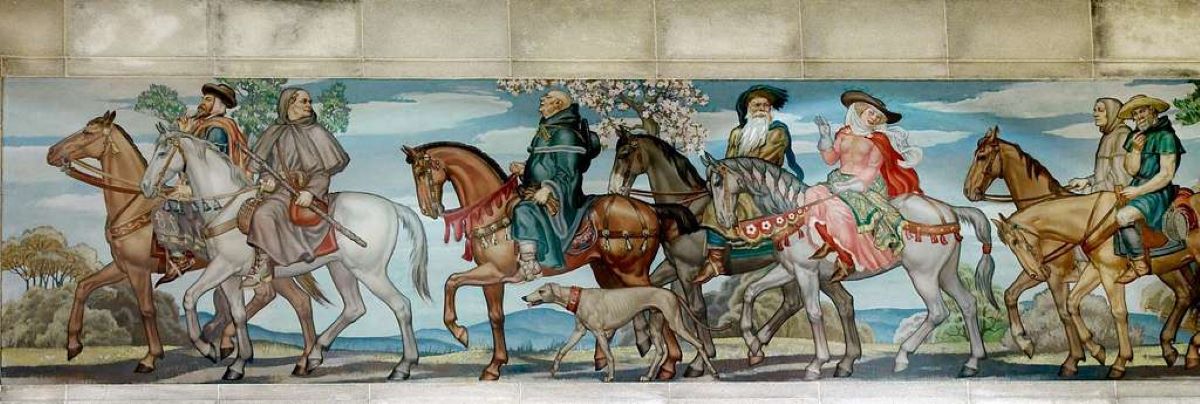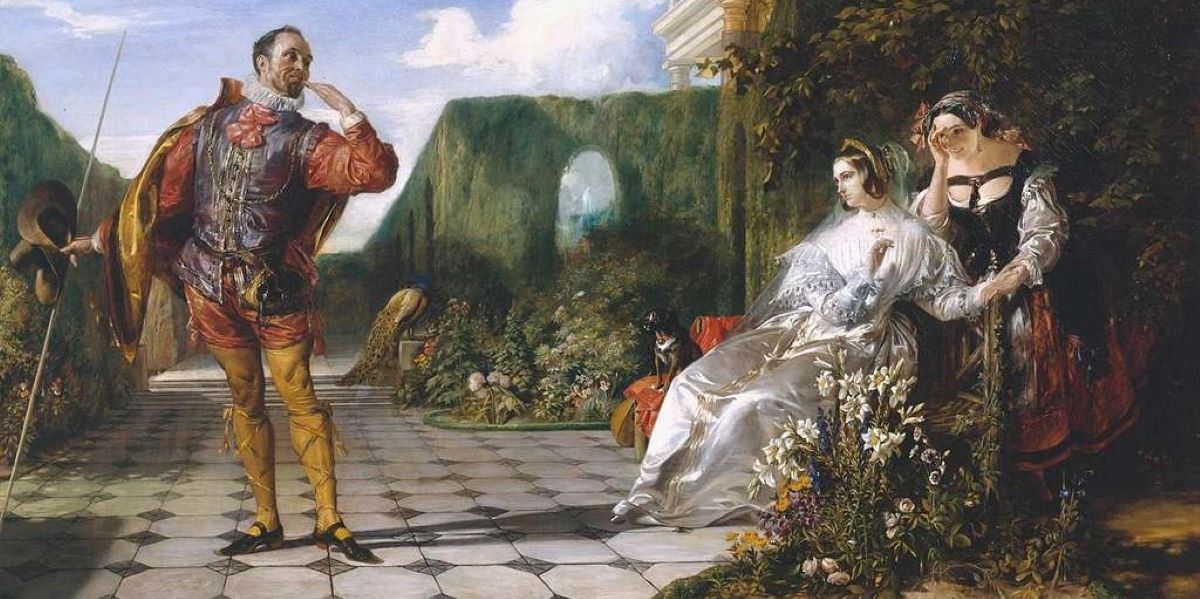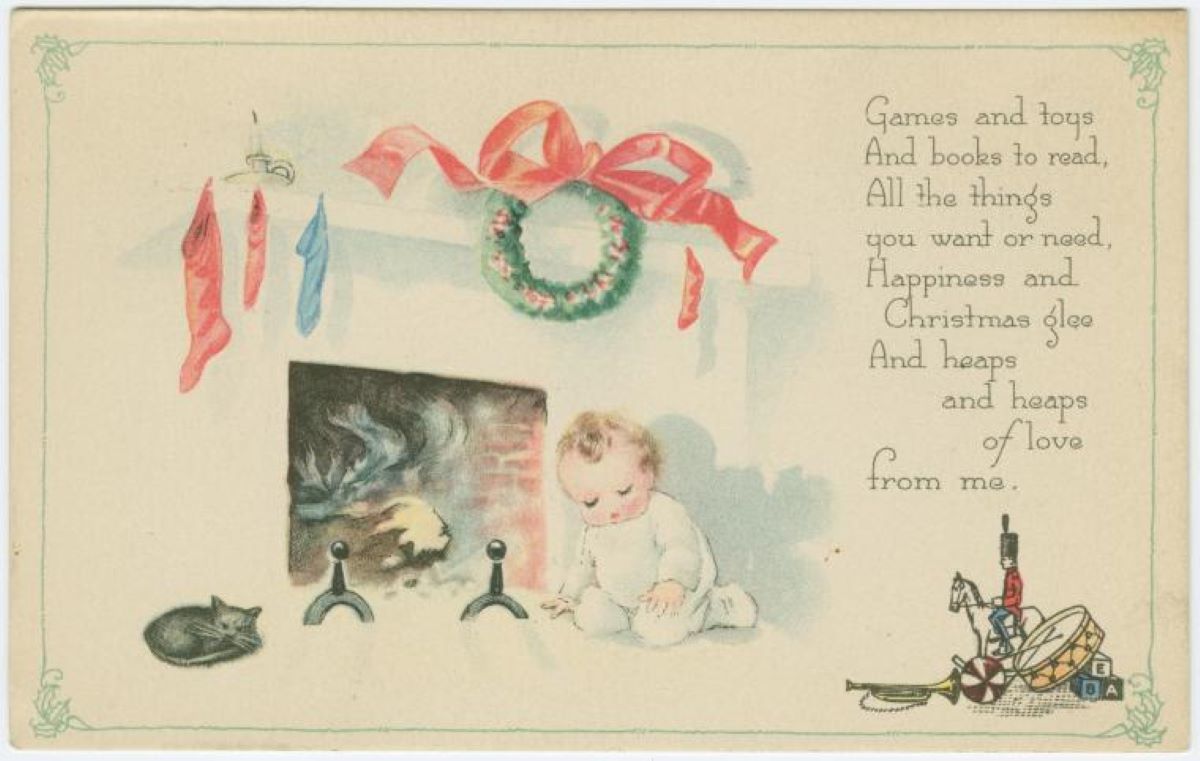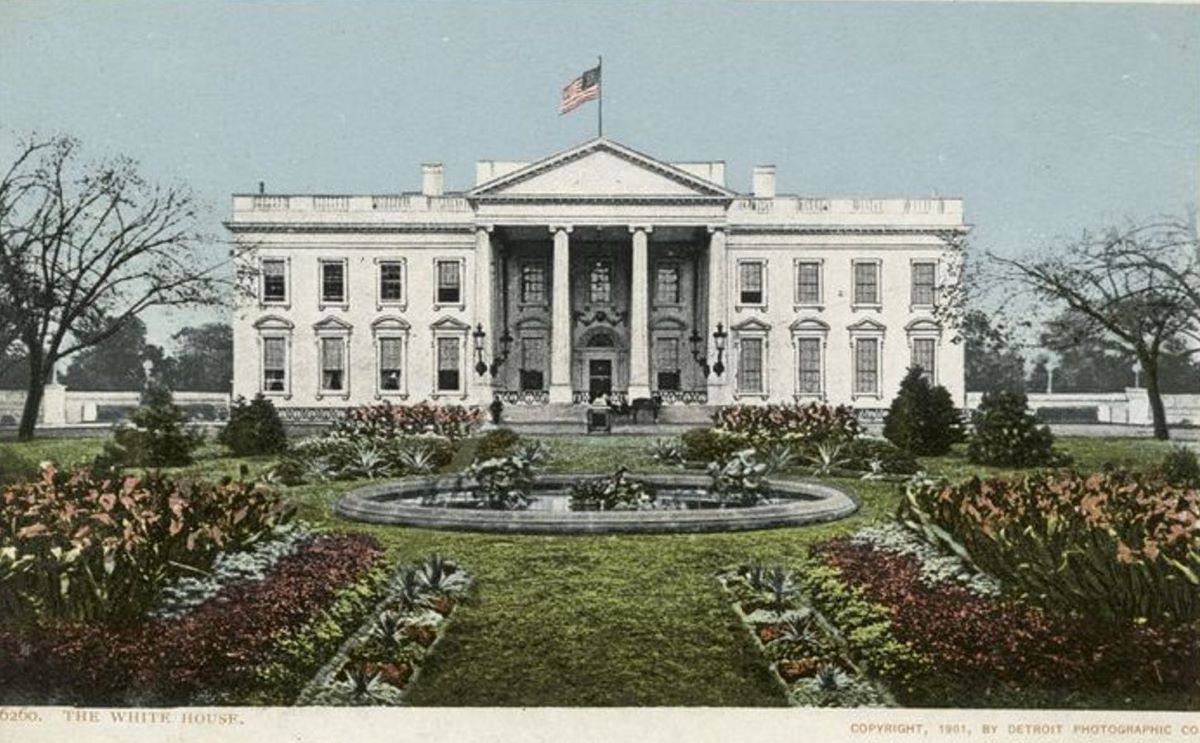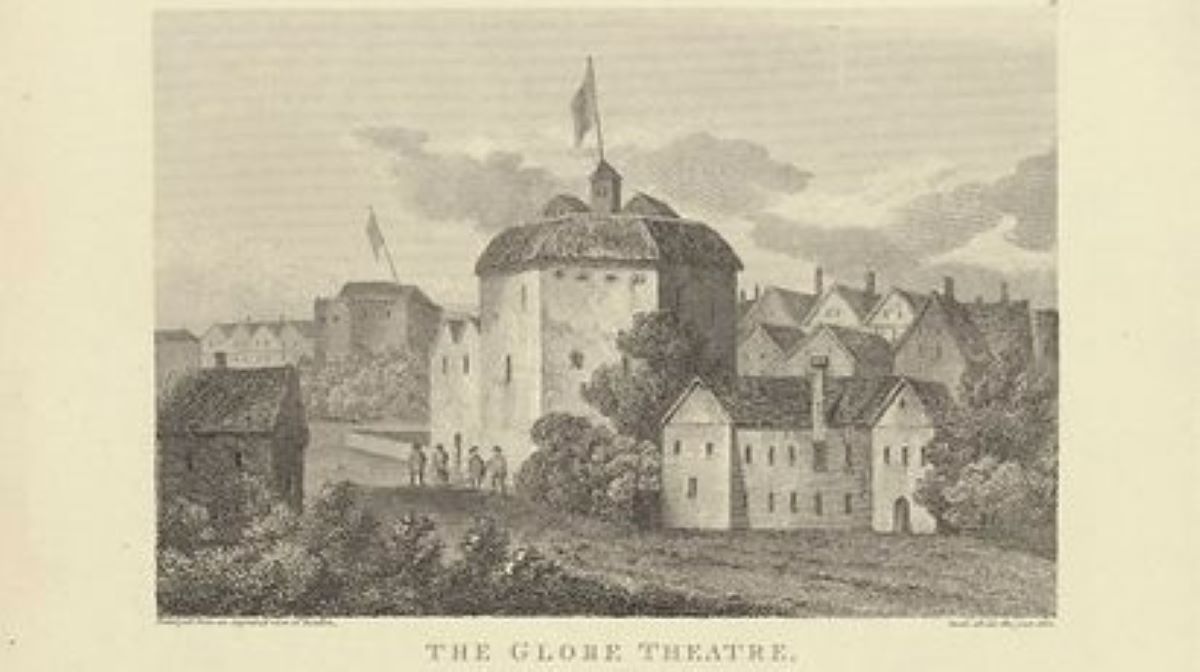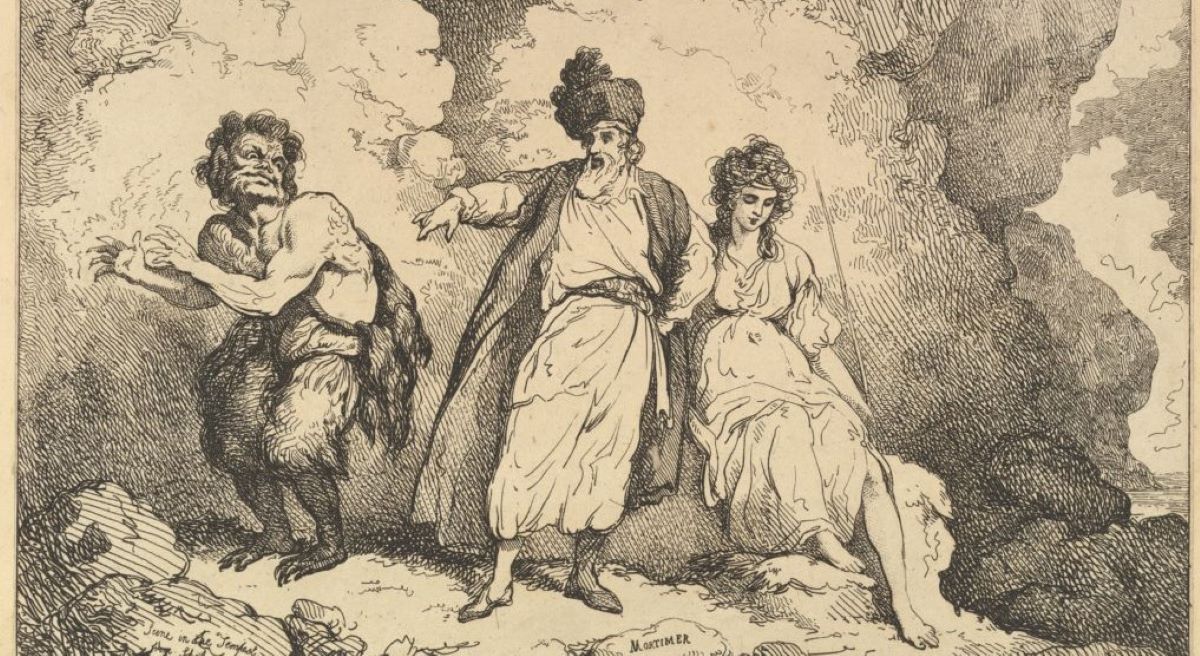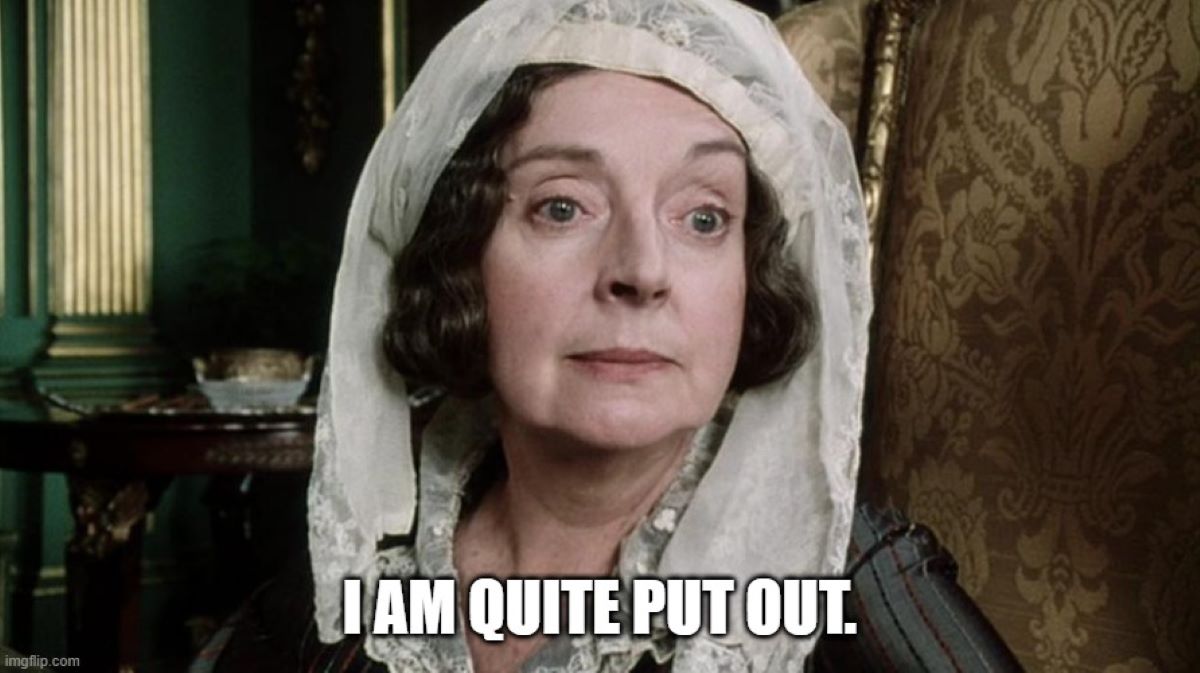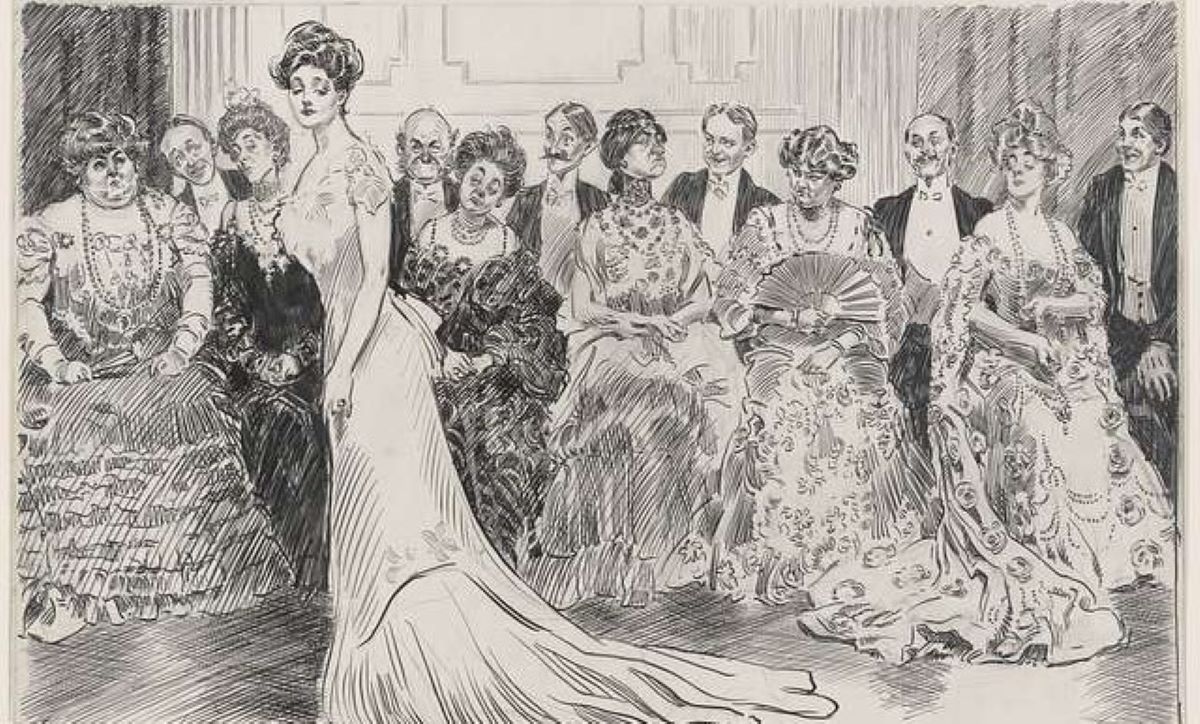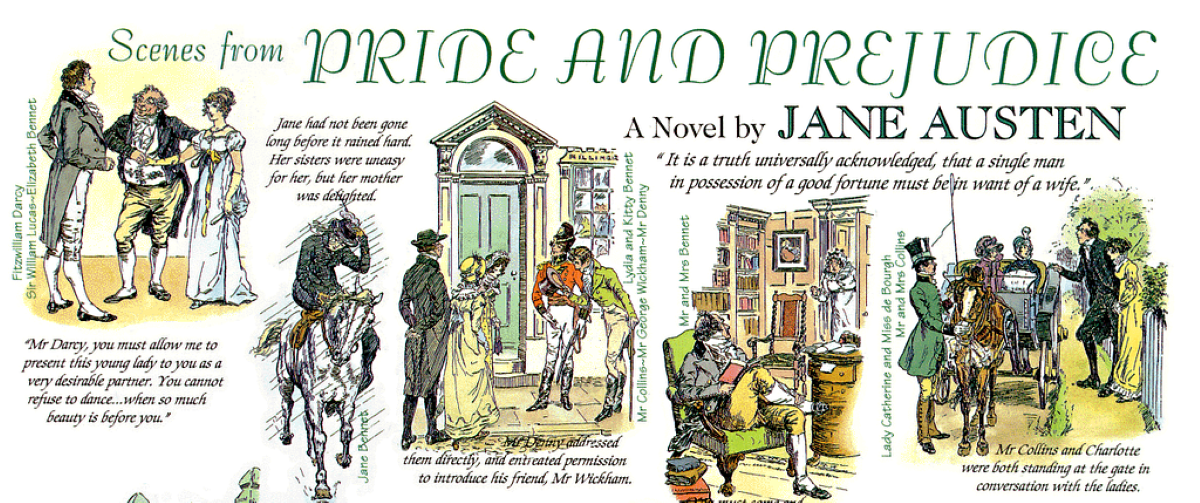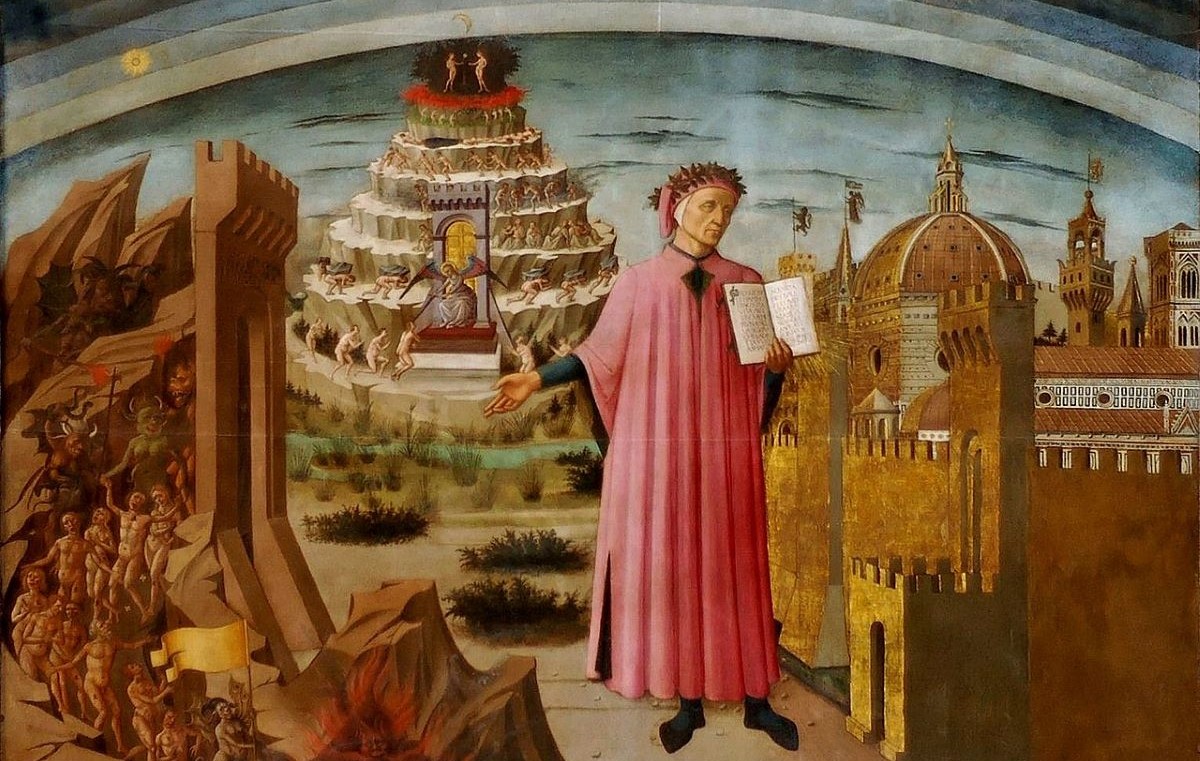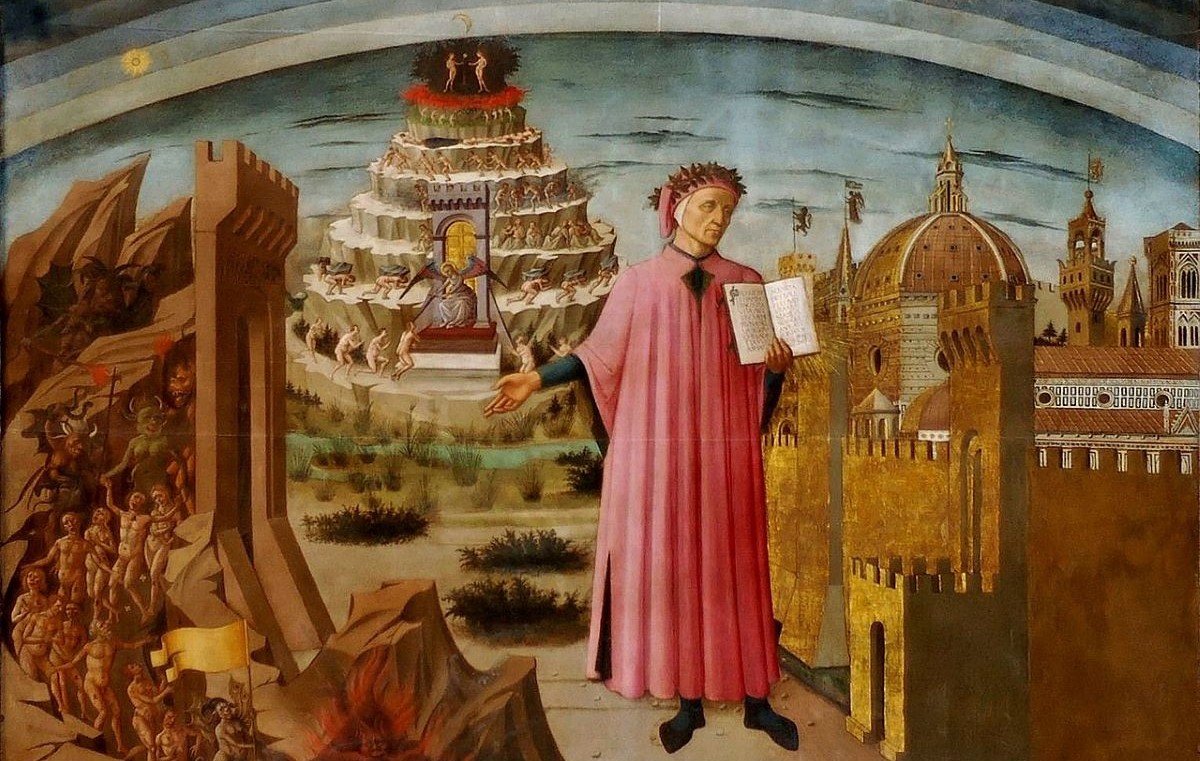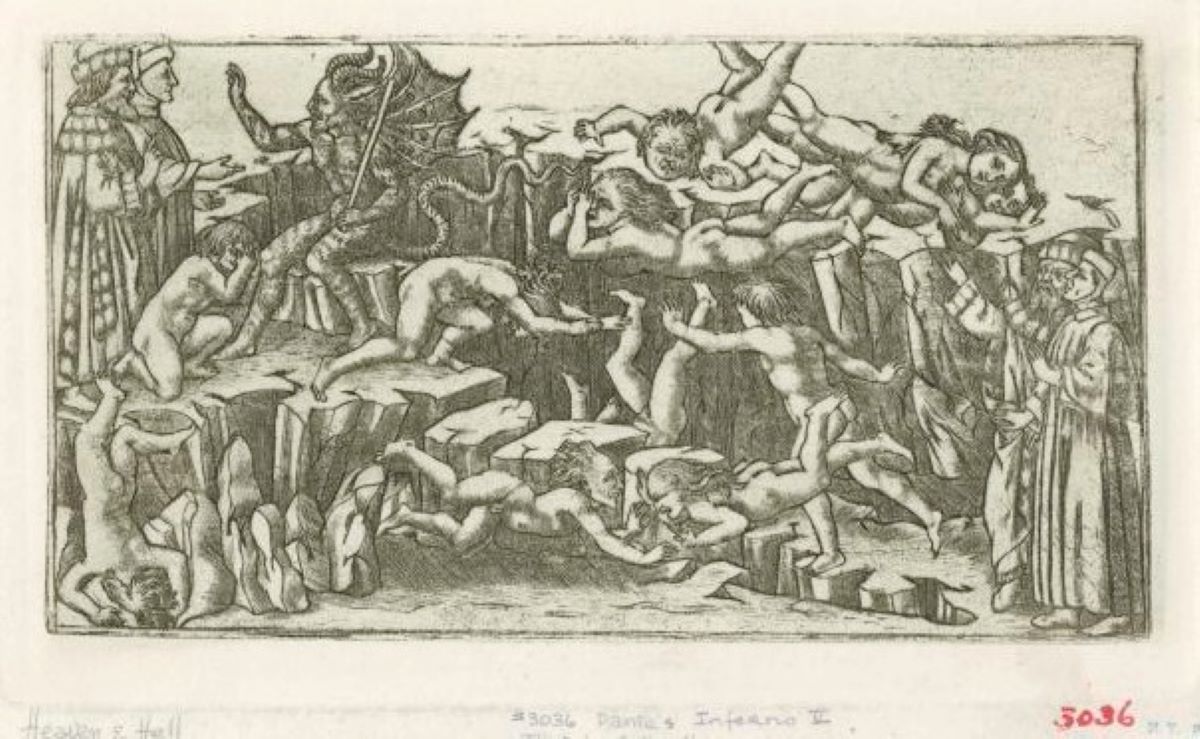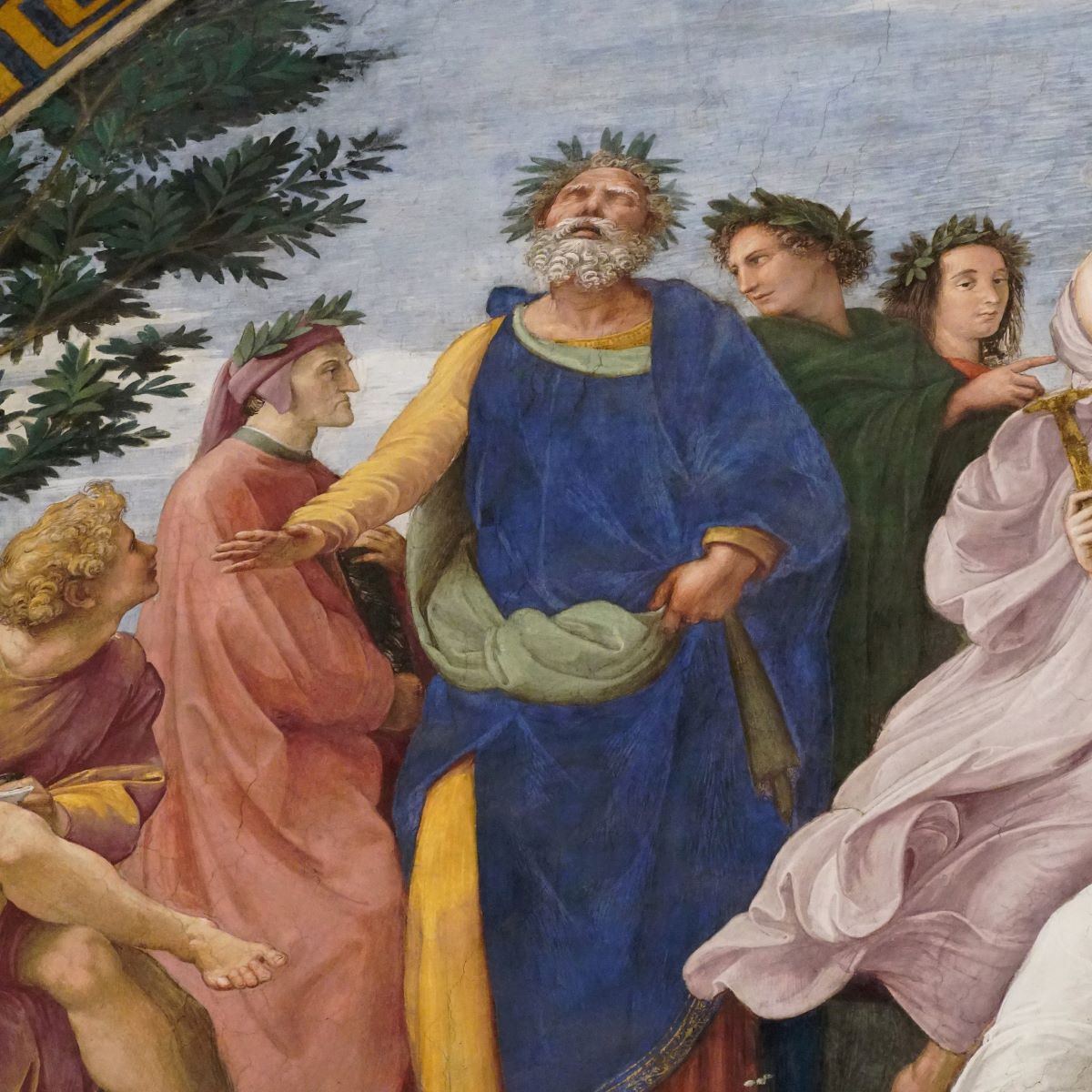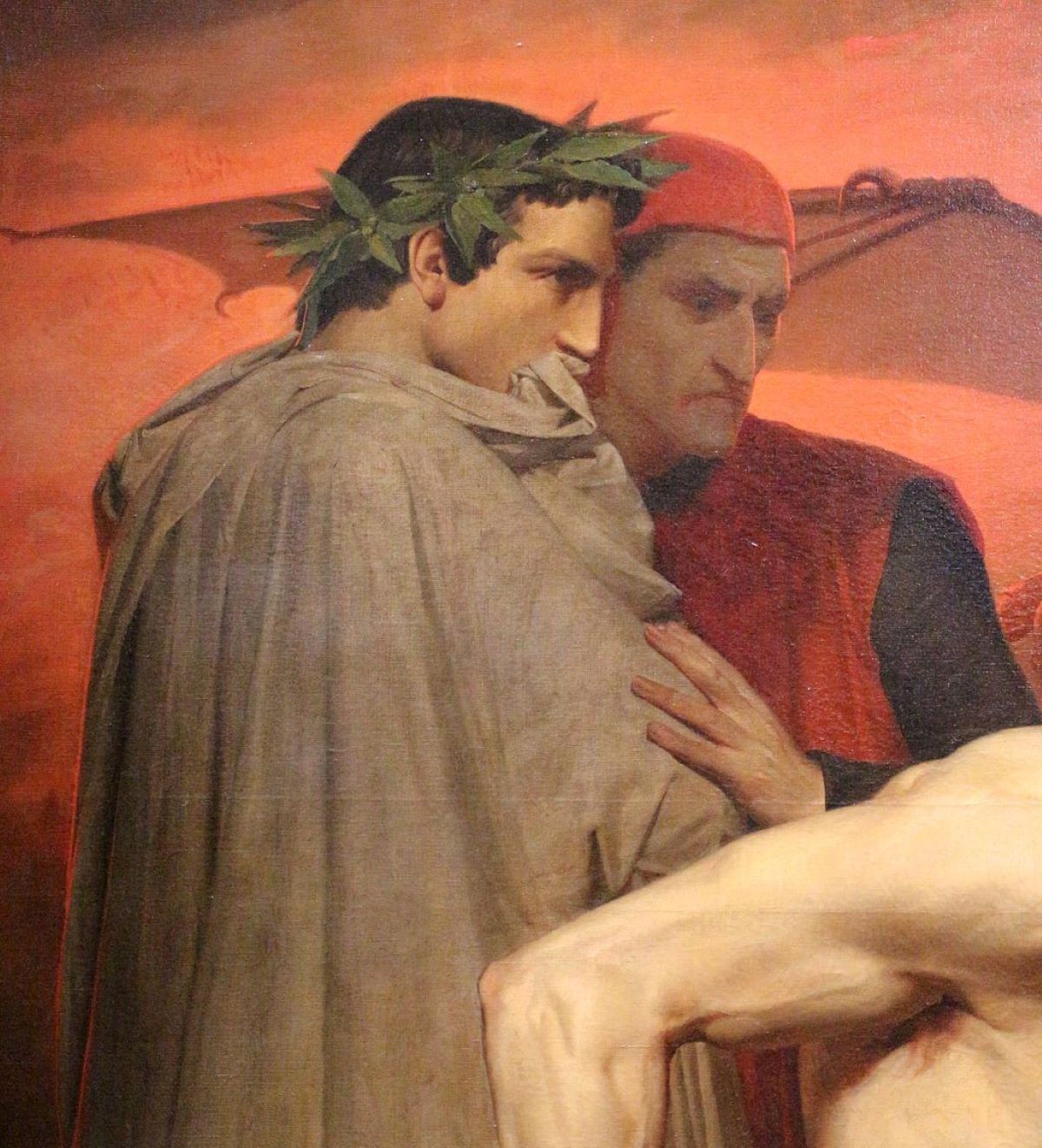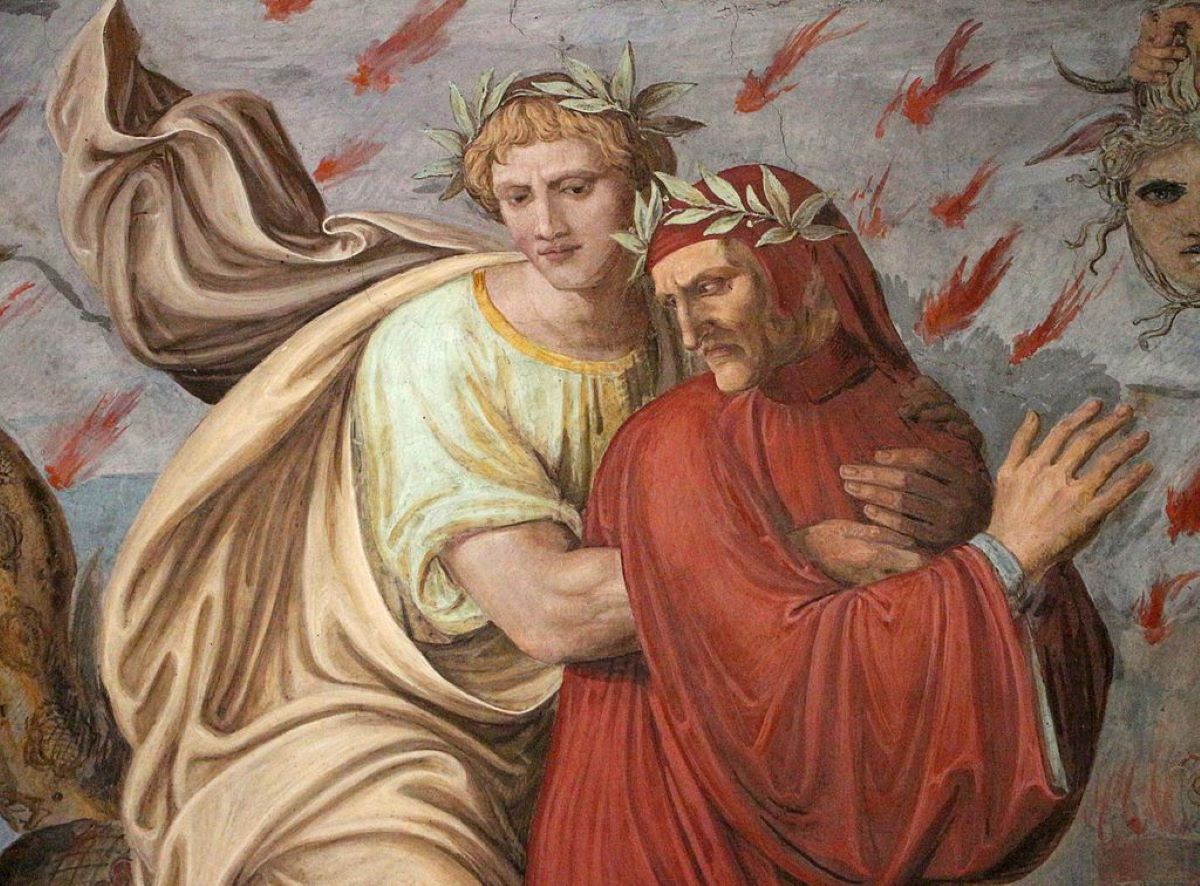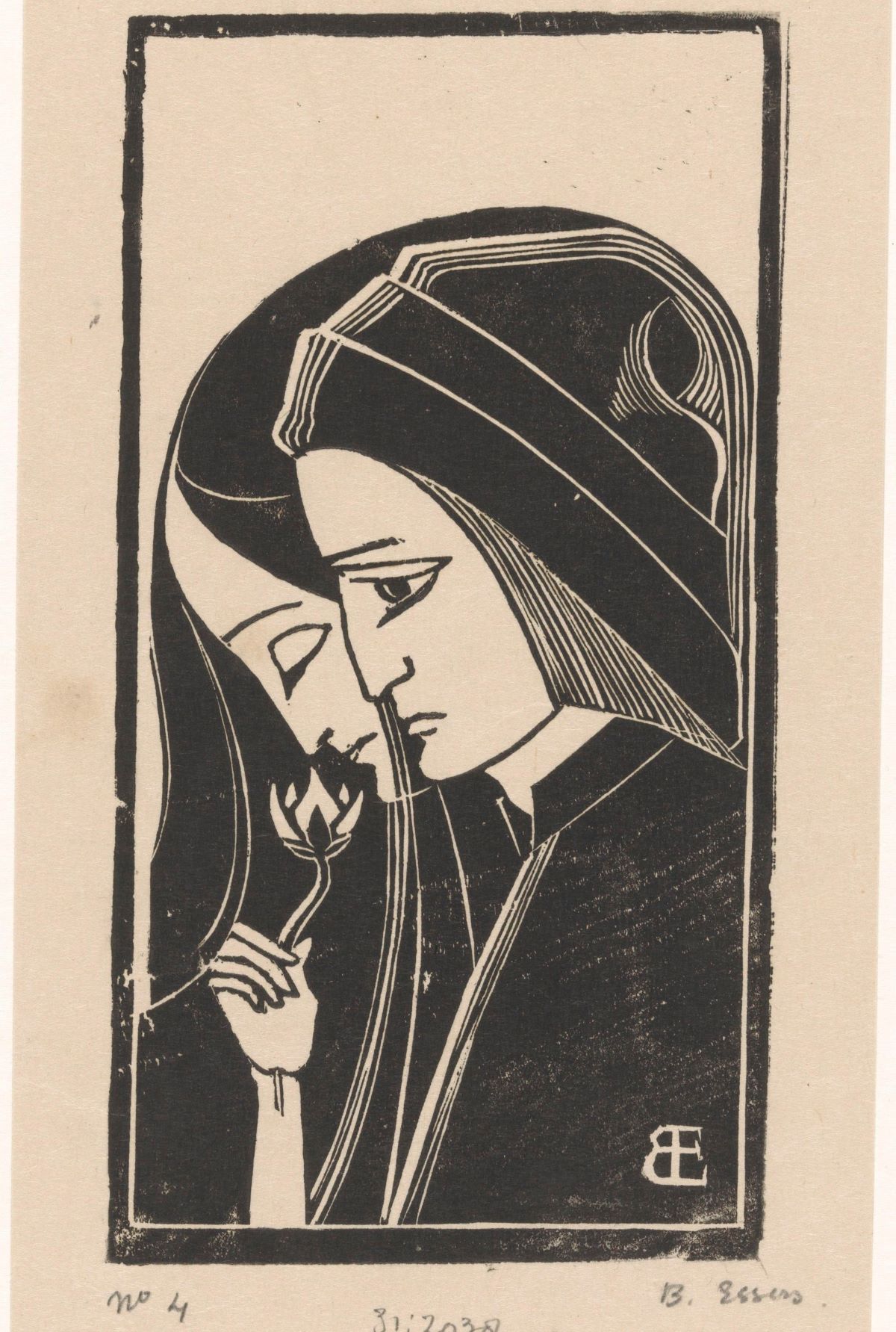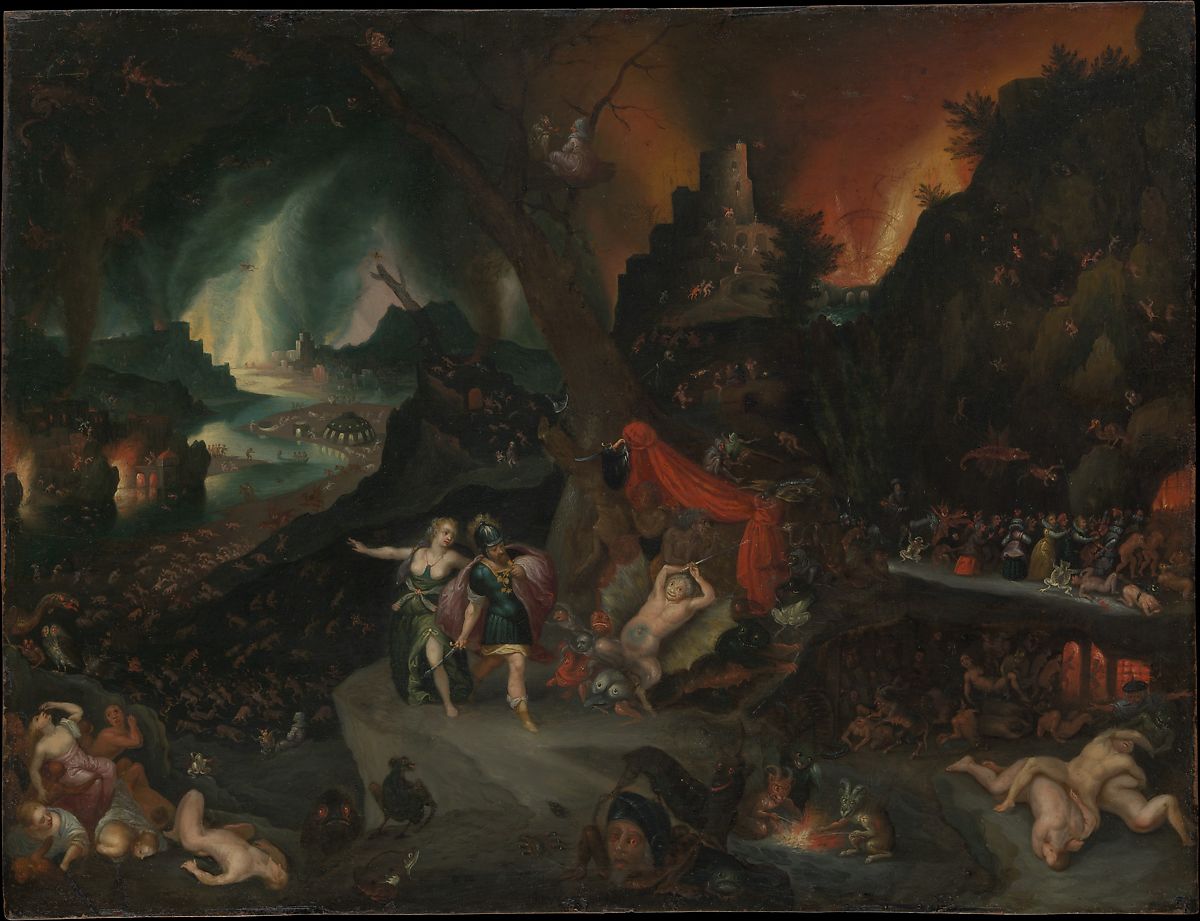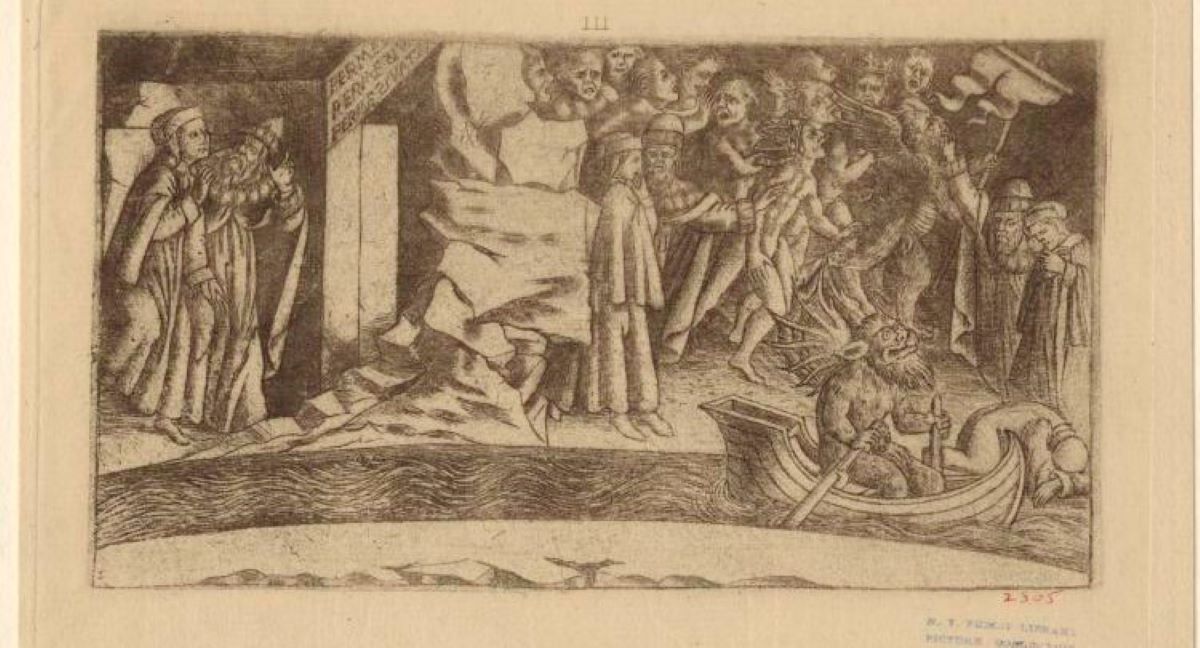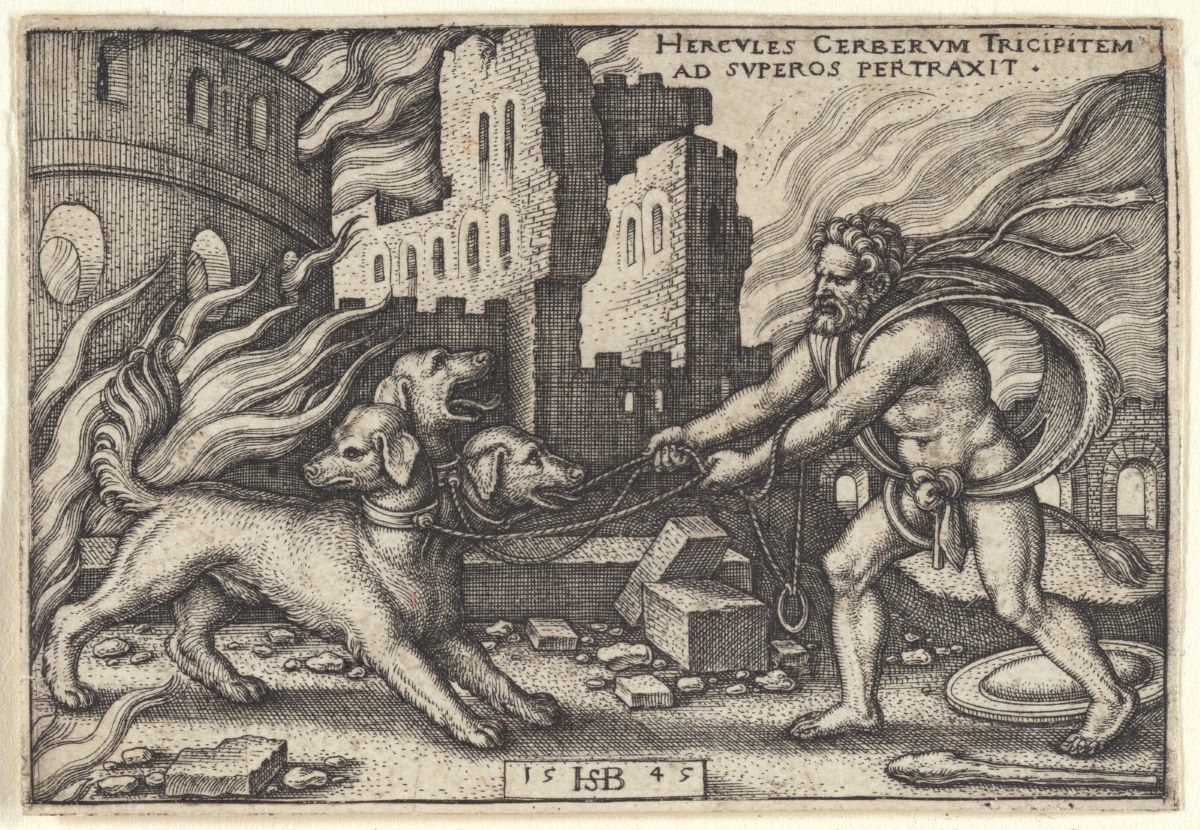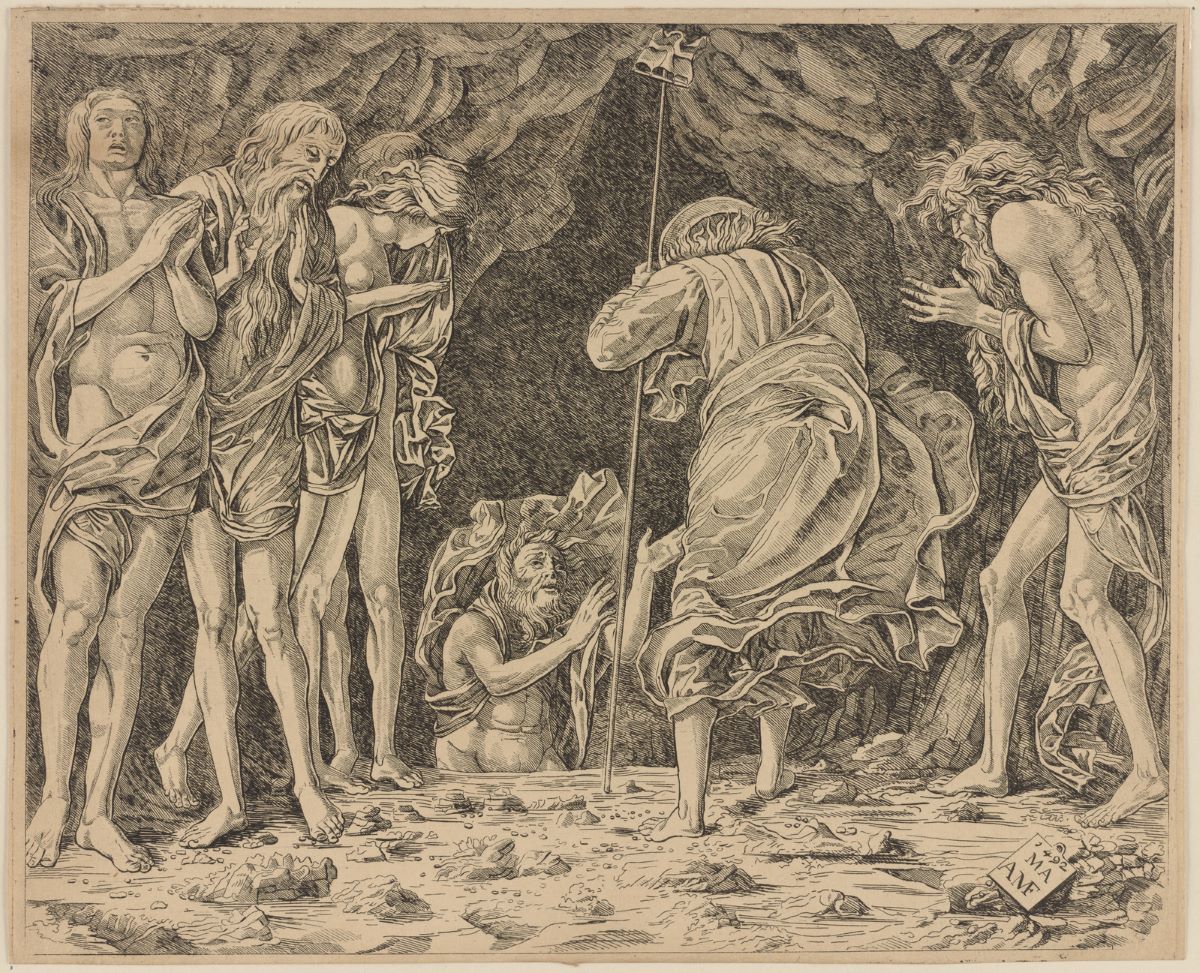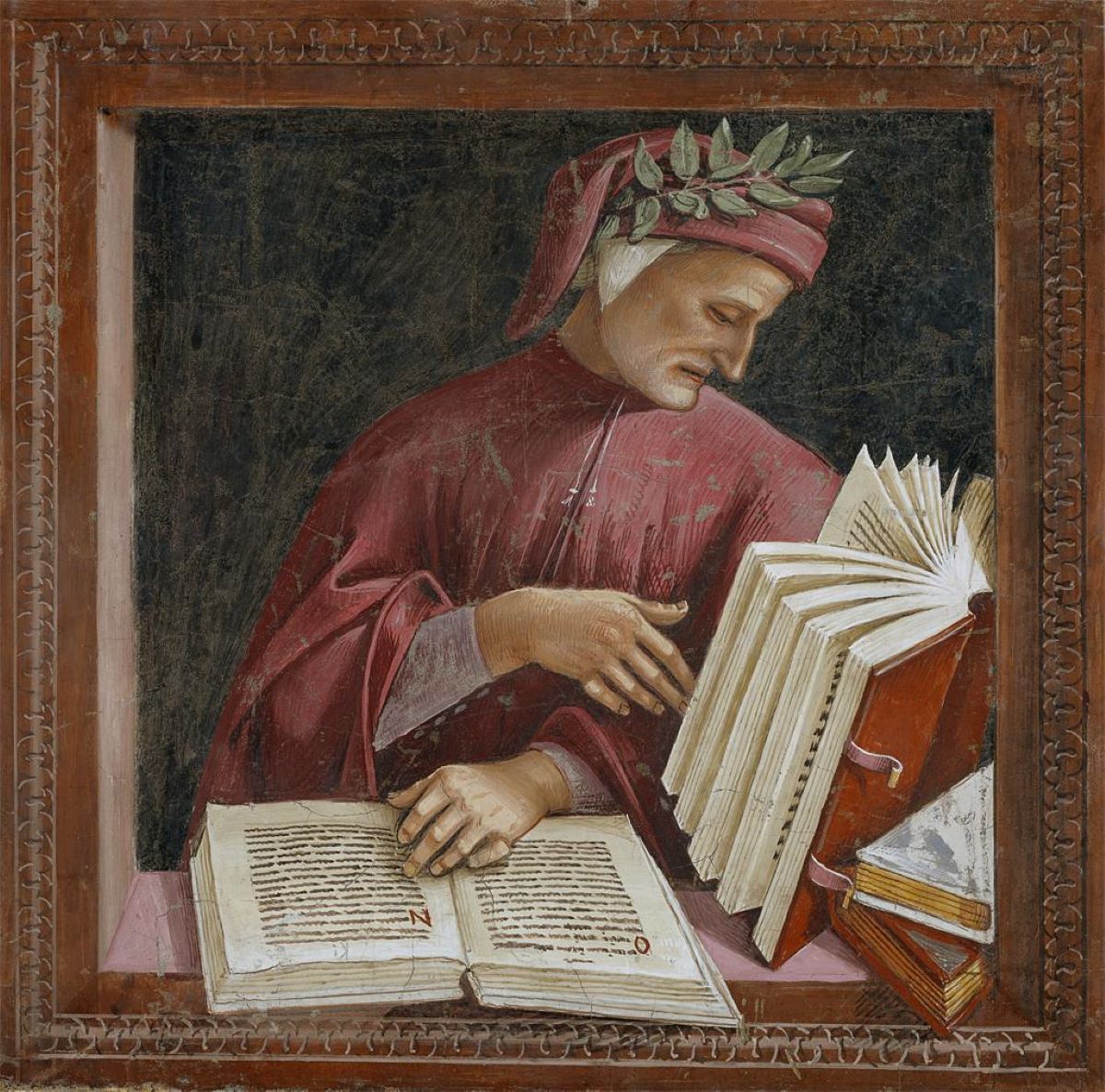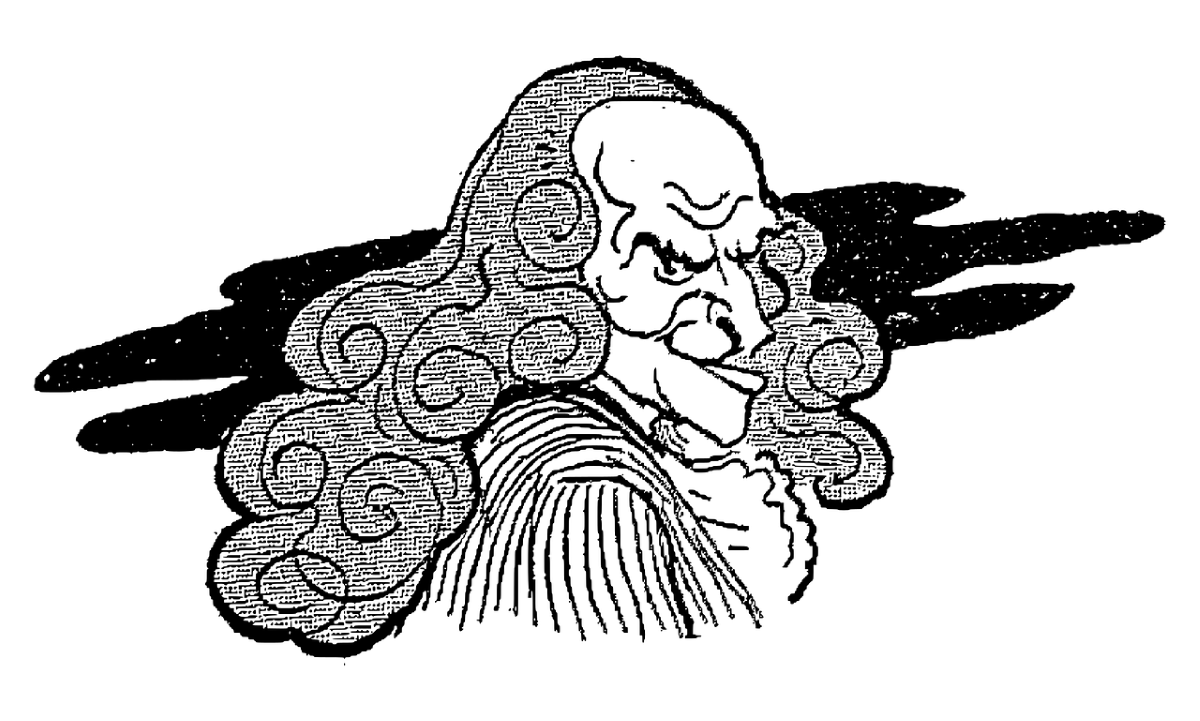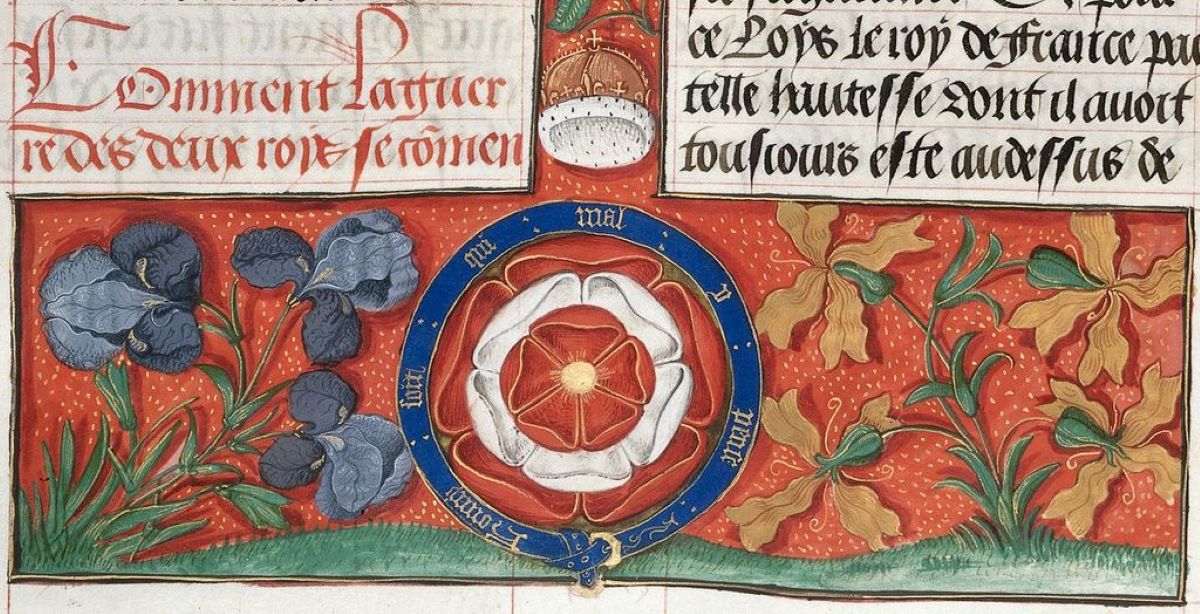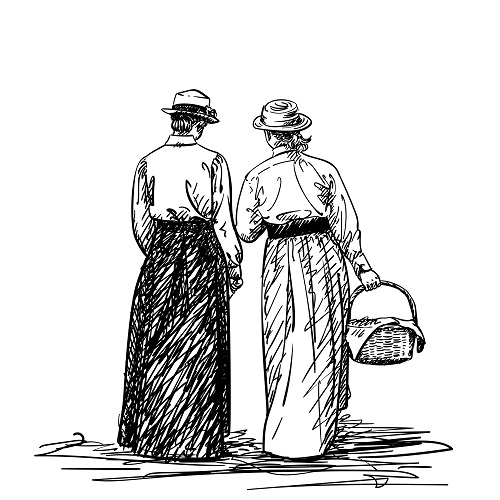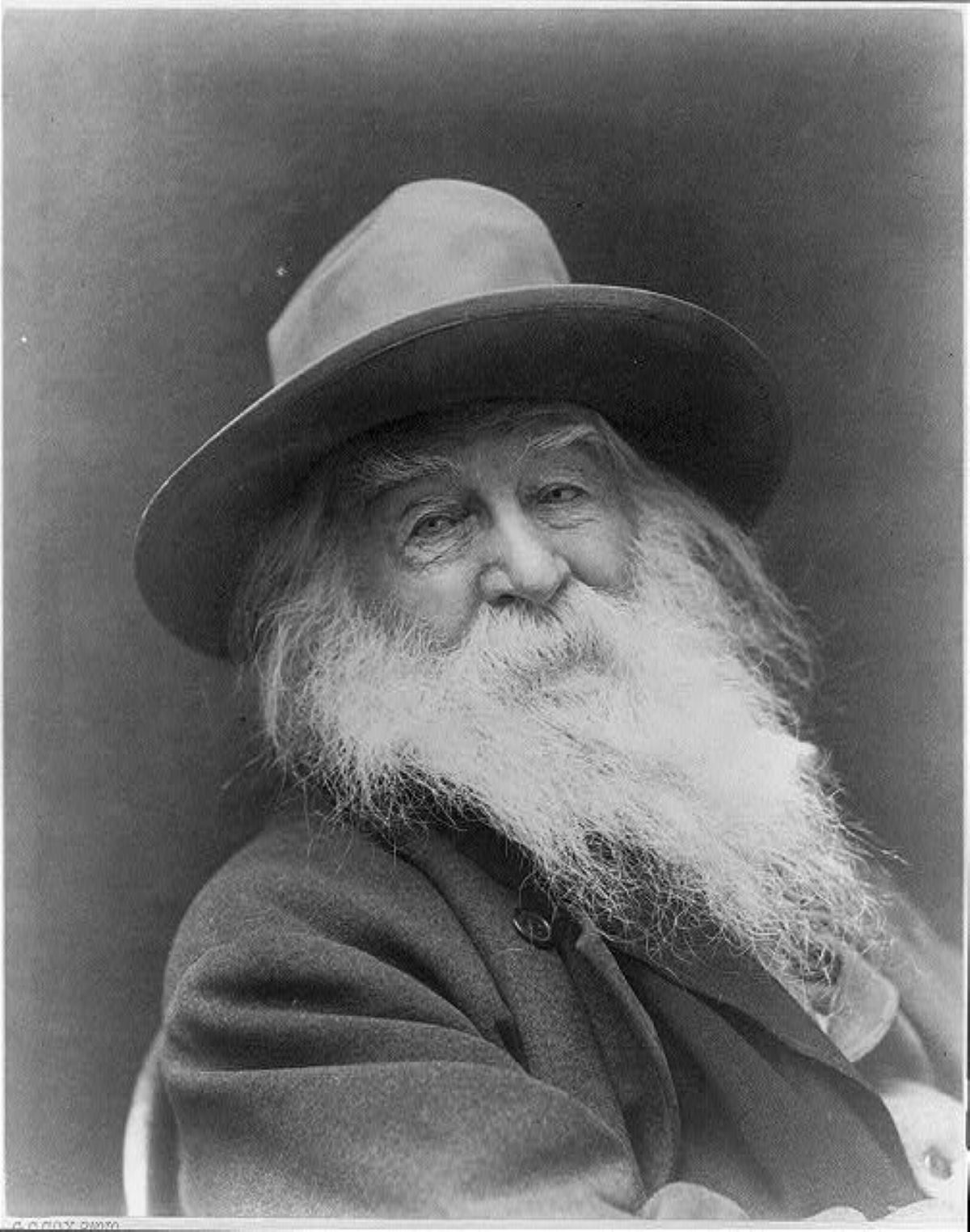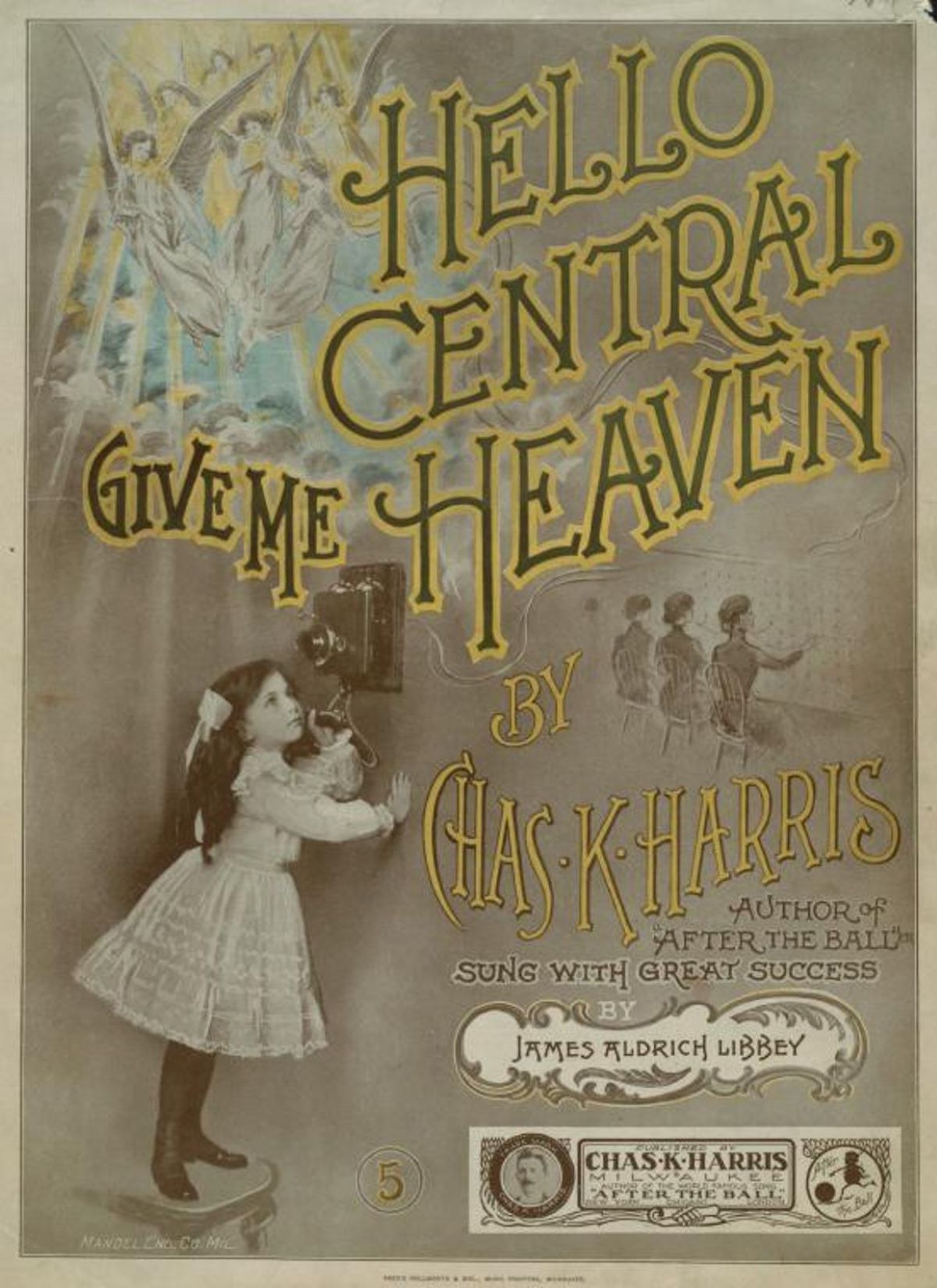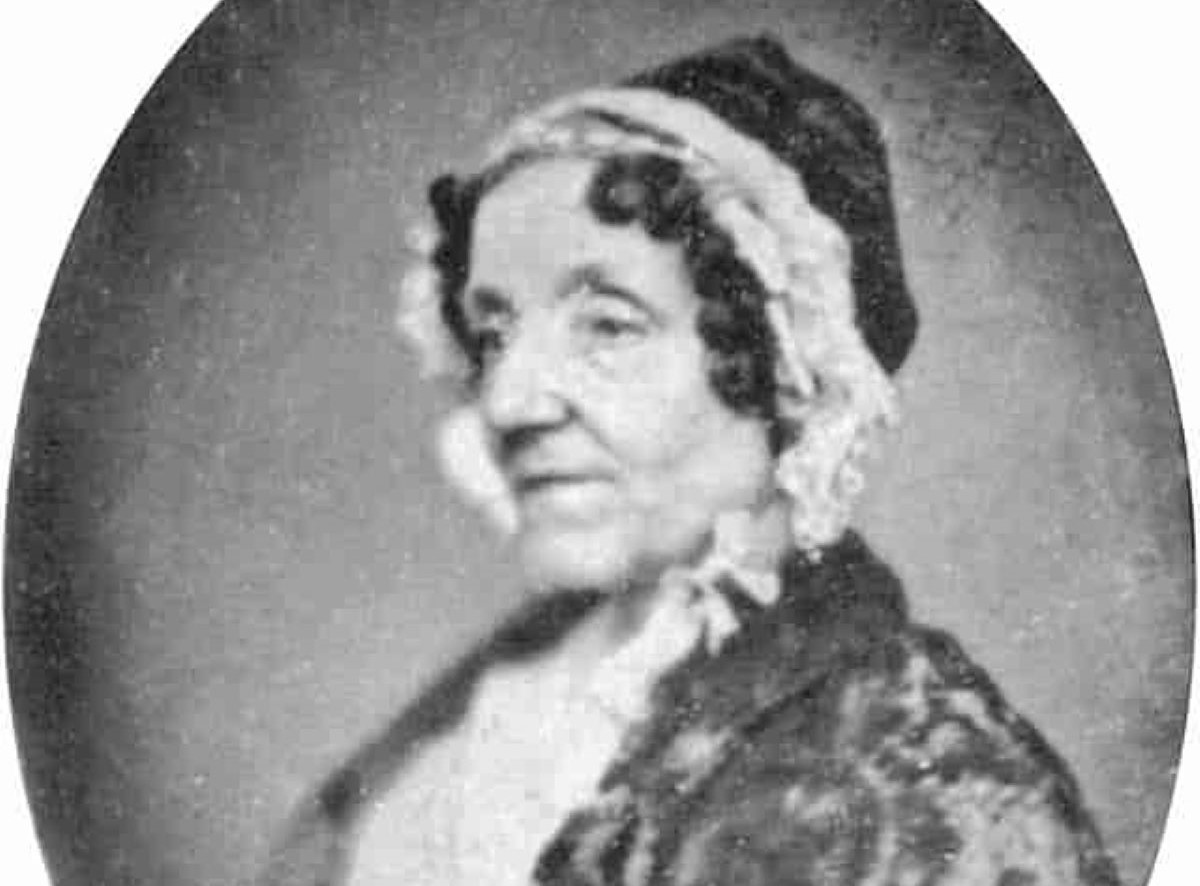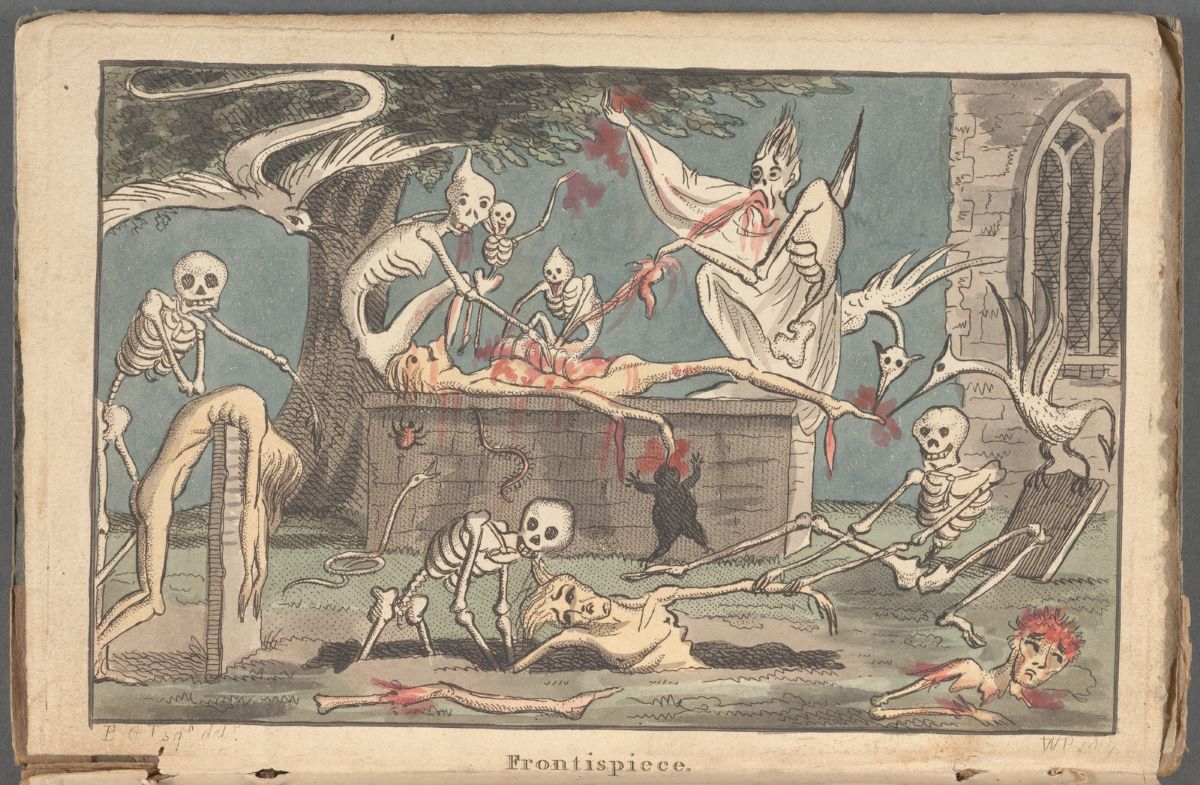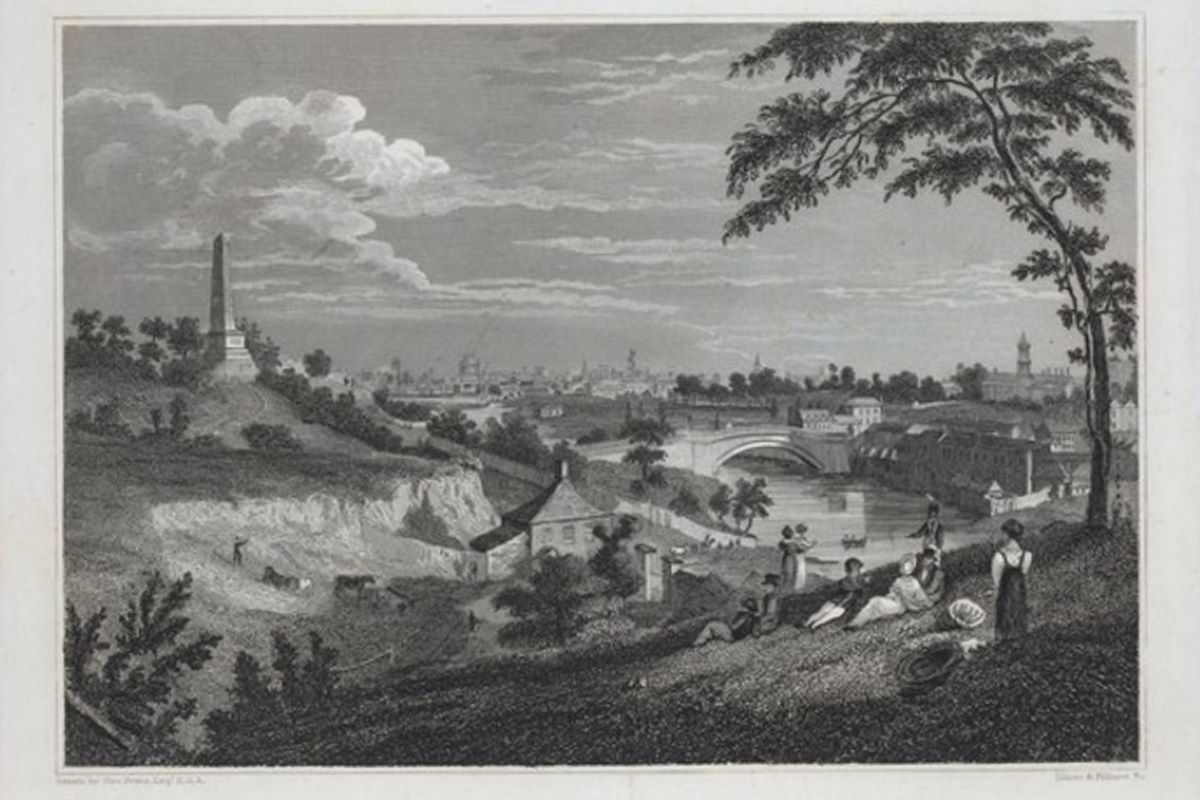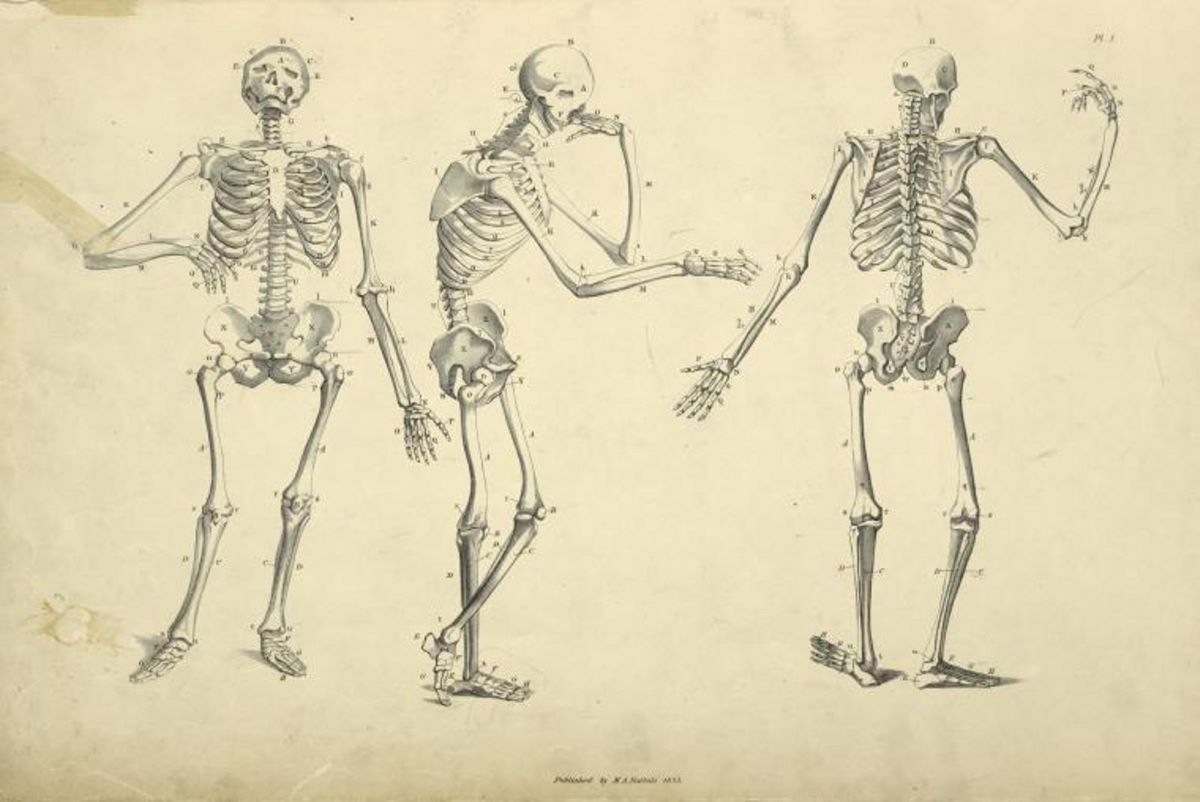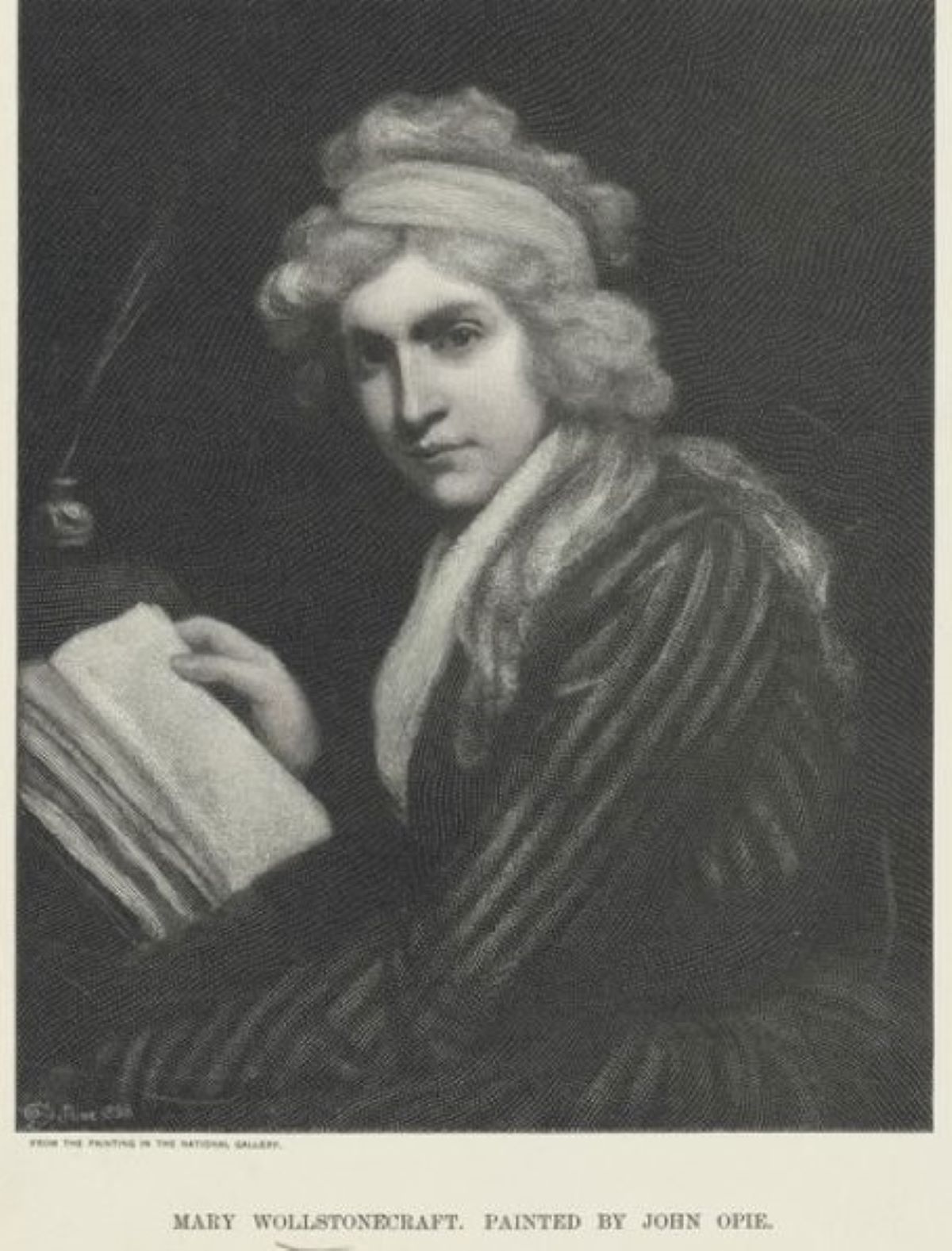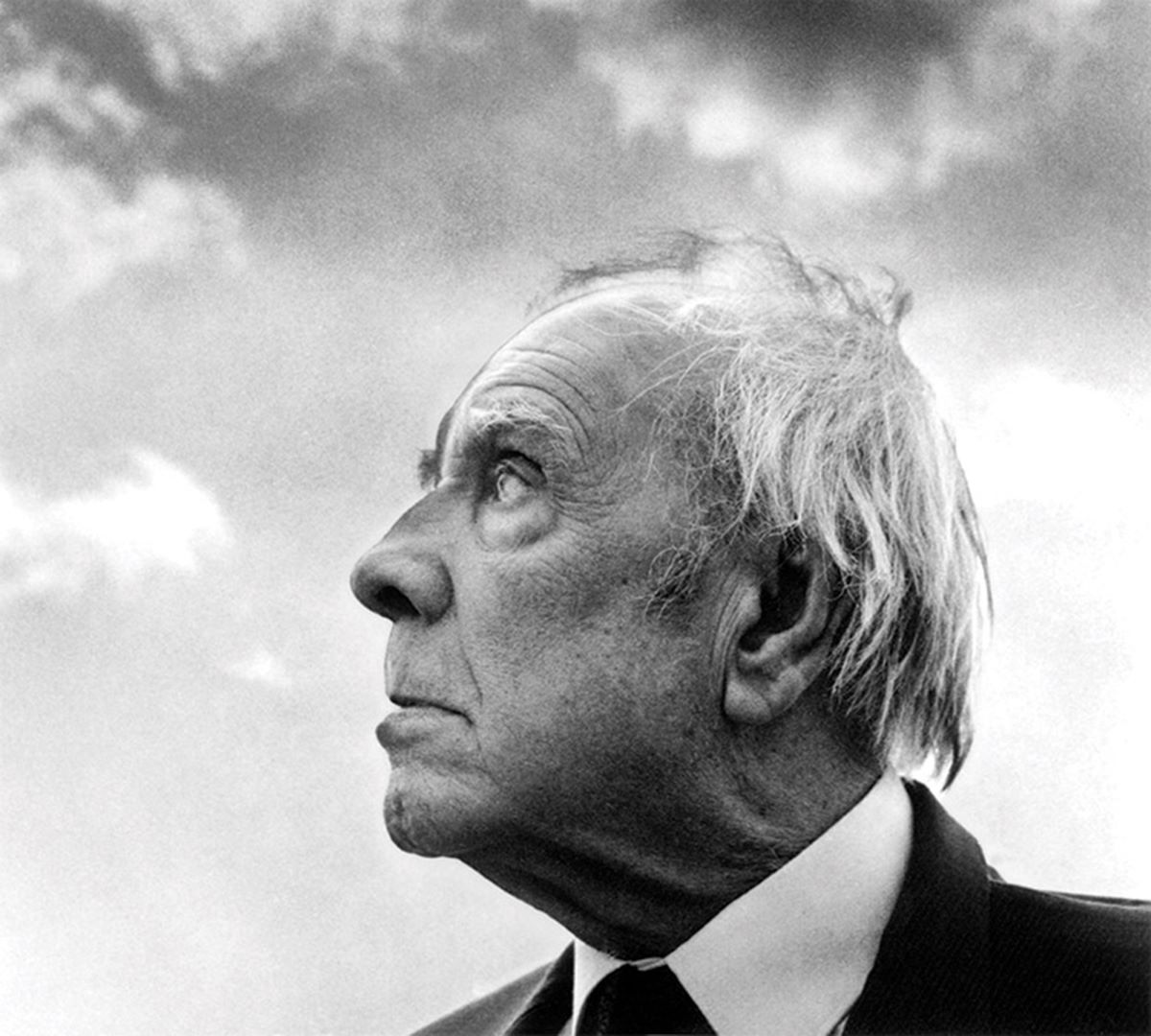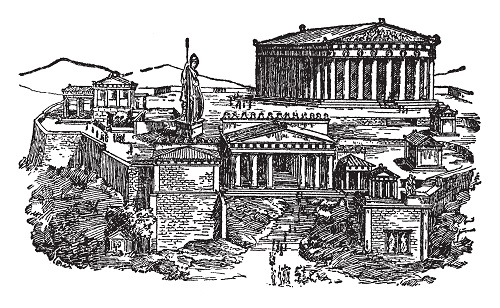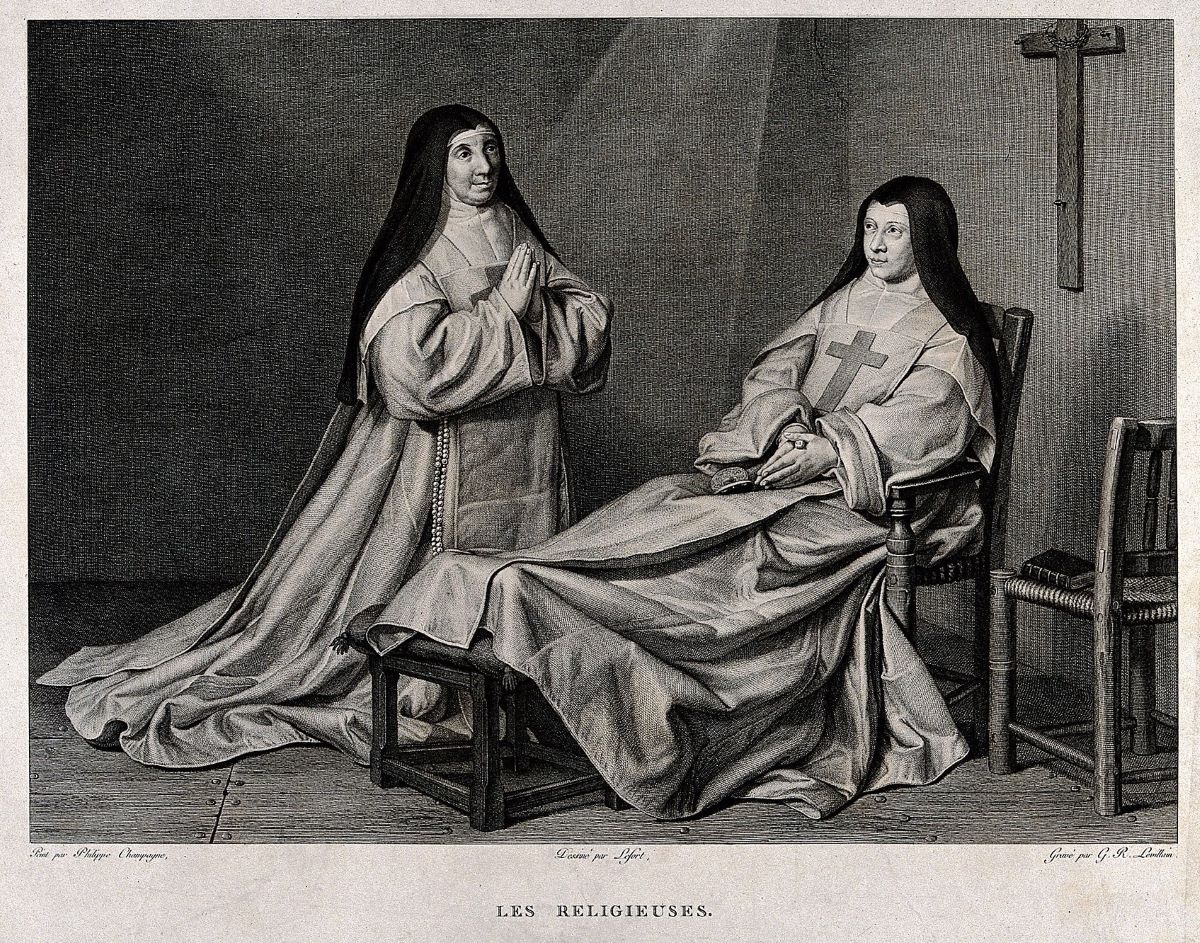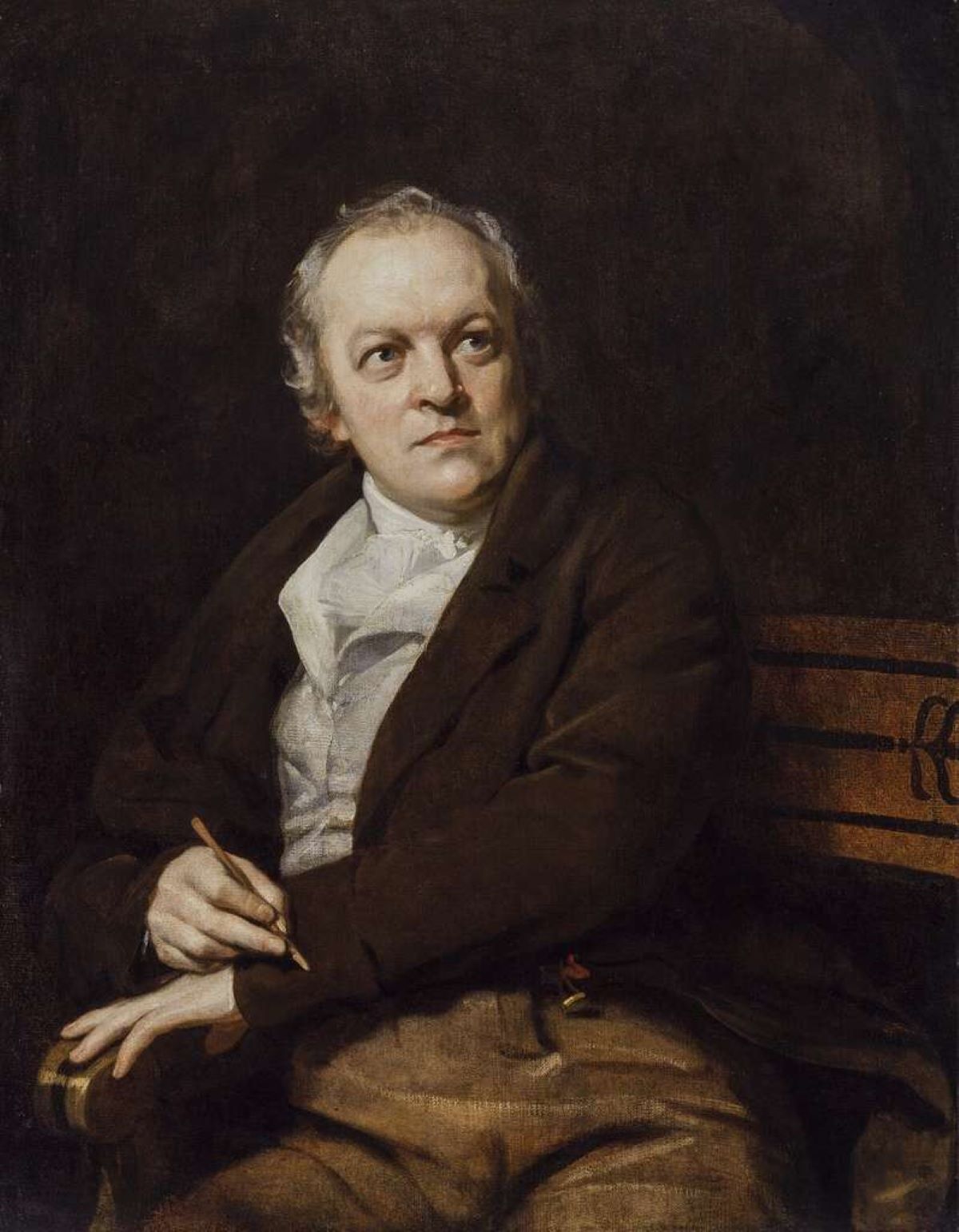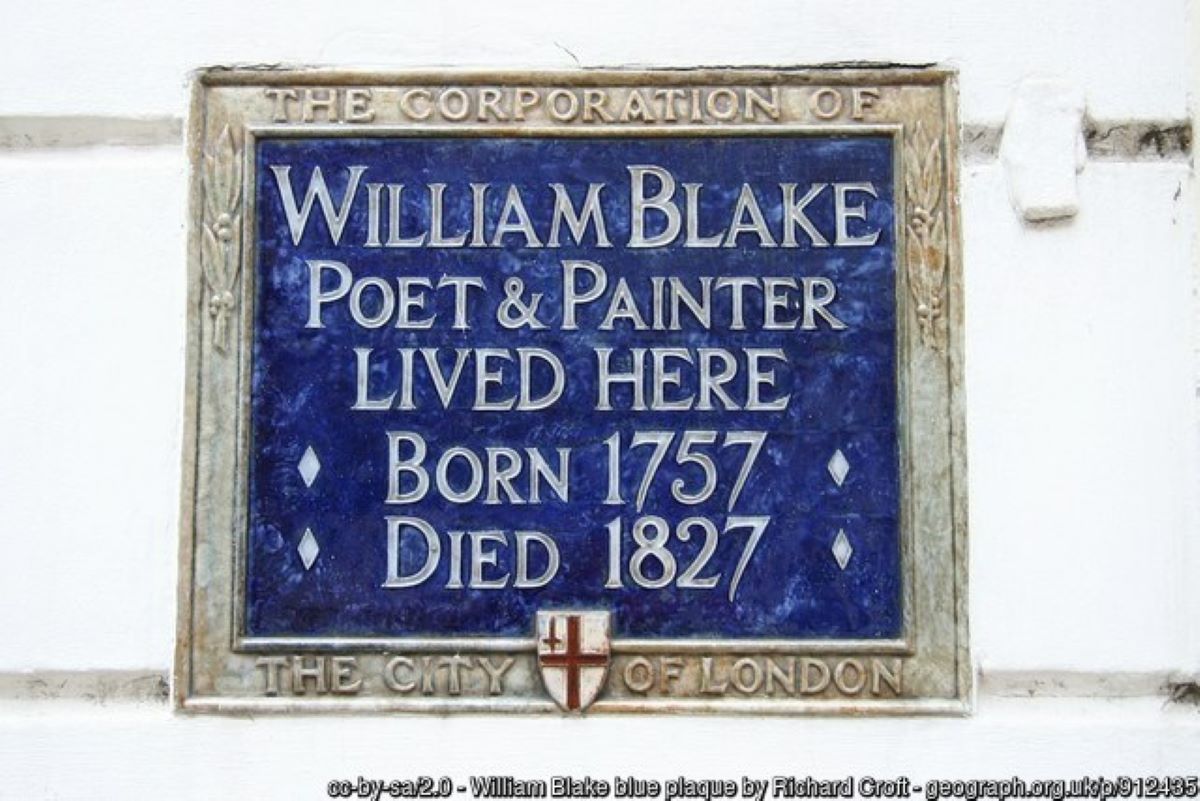Literature
About this Collection
Serious discussions of liberty are not limited to academic works. Poets, playwrights, and novelists have had much to contribute as well.
Key People
Titles & Essays
THE READING ROOM
THE READING ROOM
THE READING ROOM
THE READING ROOM
THE READING ROOM
THE READING ROOM
THE READING ROOM
THE READING ROOM
THE READING ROOM
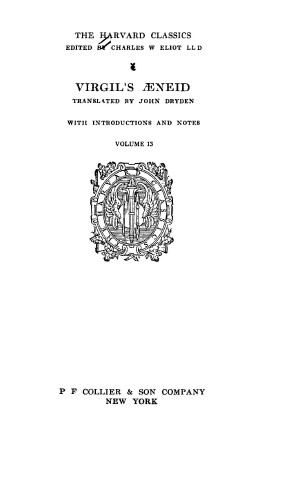
THE READING ROOM
THE READING ROOM
THE READING ROOM
THE READING ROOM
THE READING ROOM
THE READING ROOM
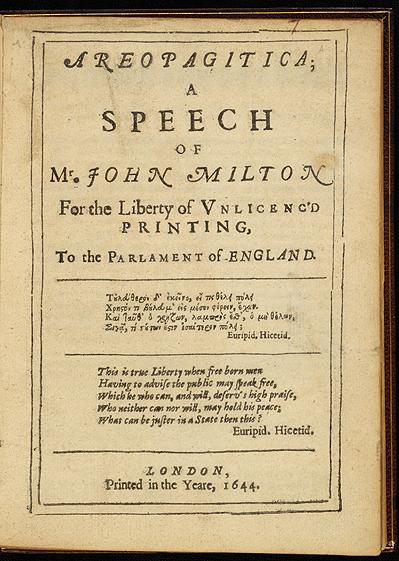
THE READING ROOM
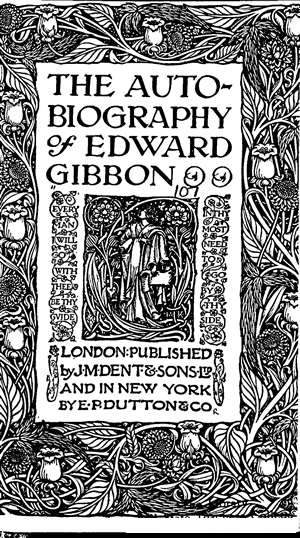
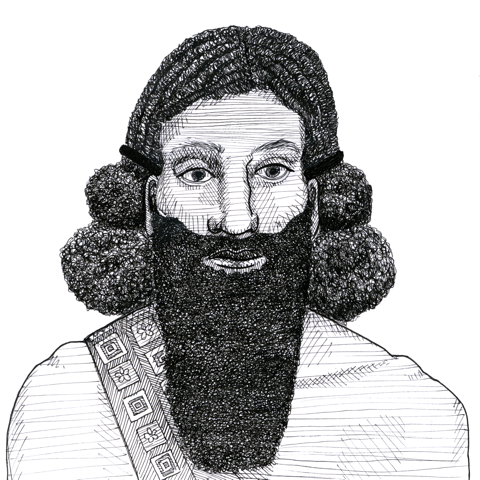
Sir Ernest Alfred Wallis Budge (author)
THE READING ROOM
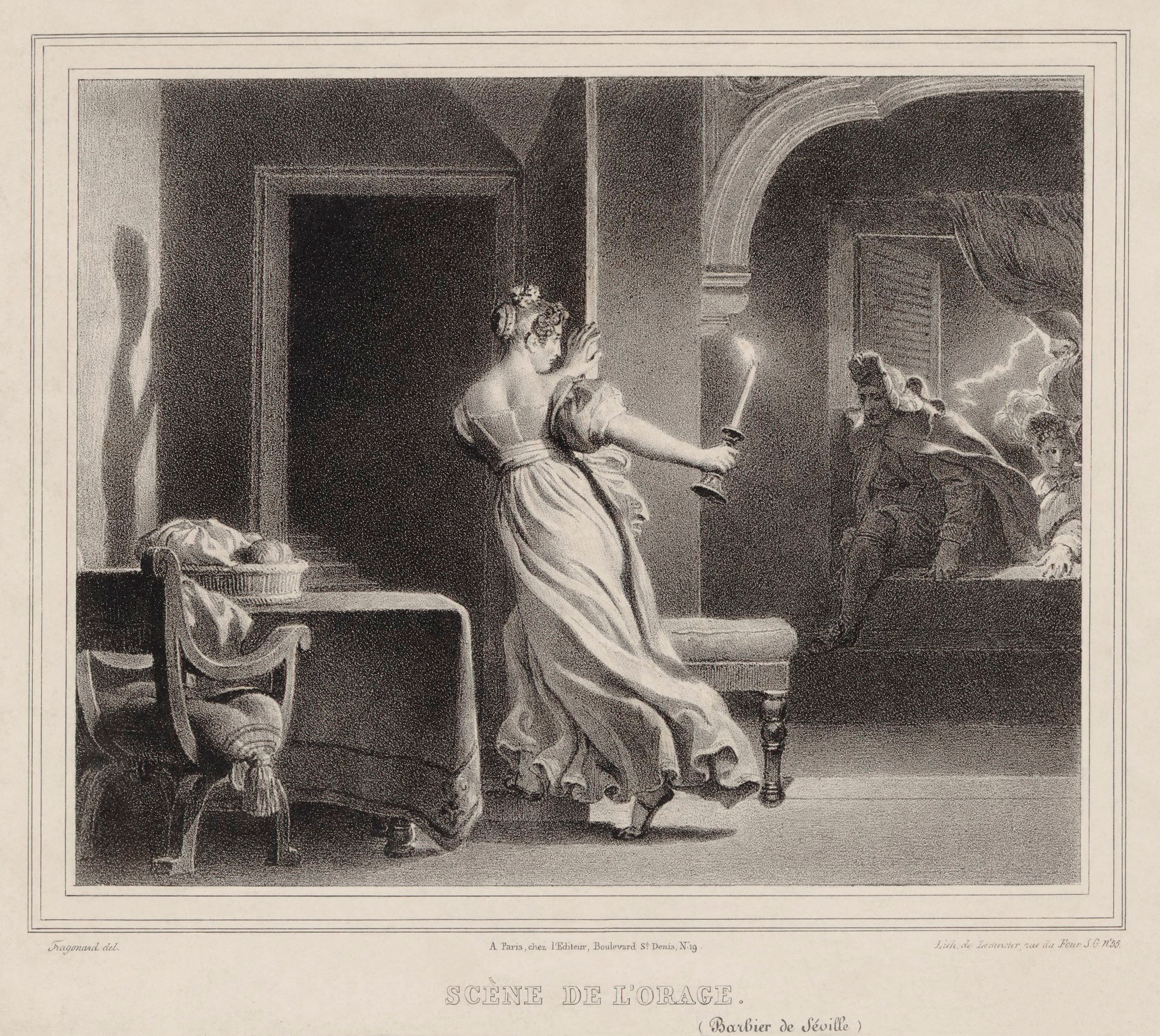
Pierre-Augustin Caron de Beaumarchais (author)
THE READING ROOM
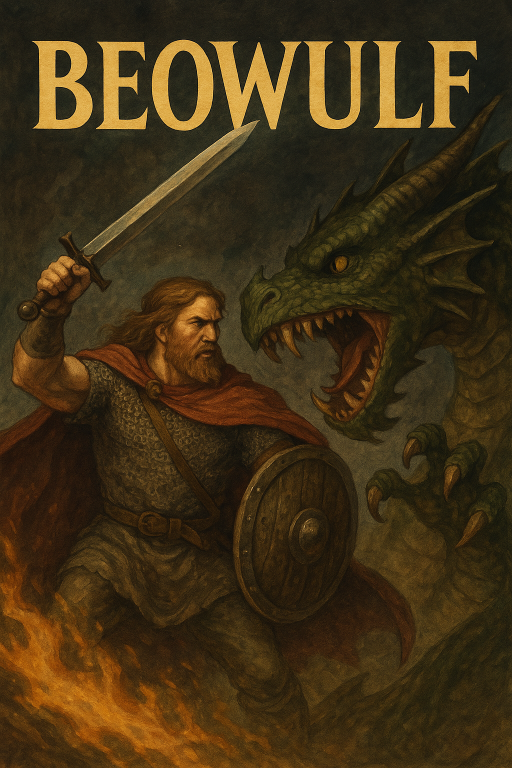
THE READING ROOM
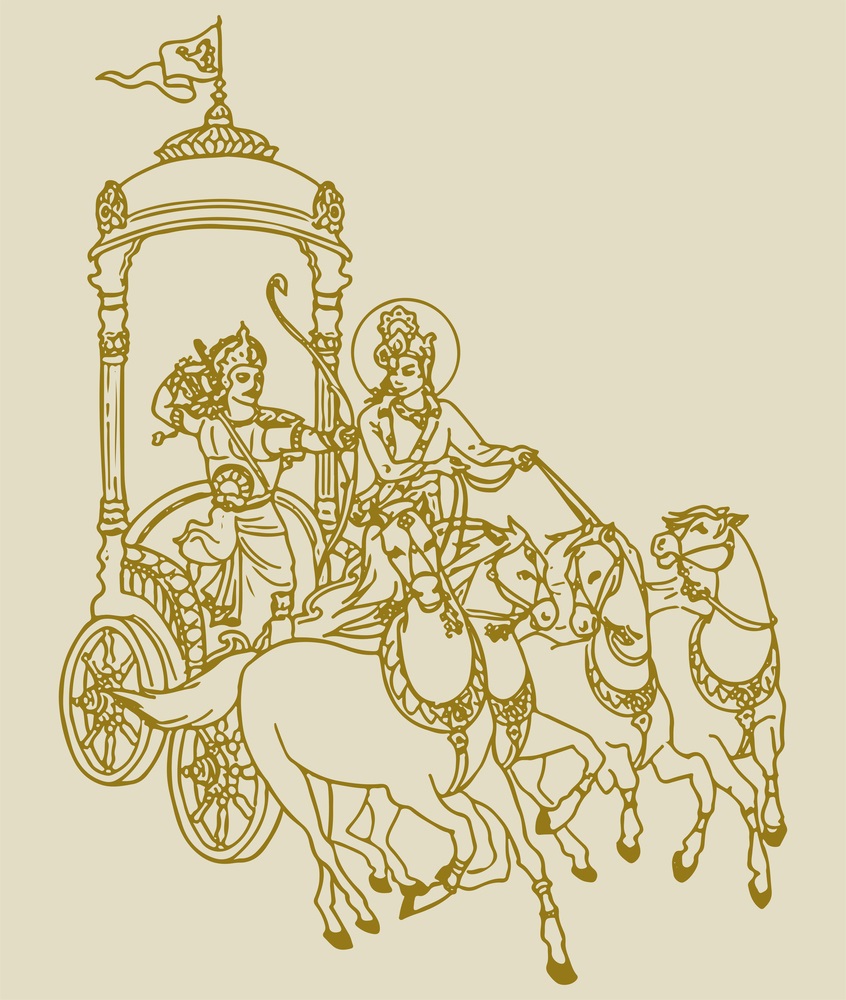
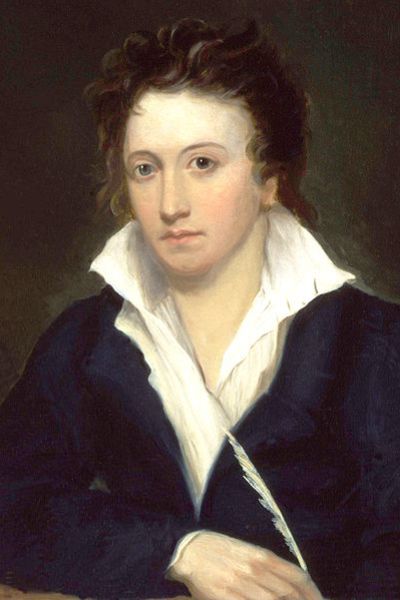
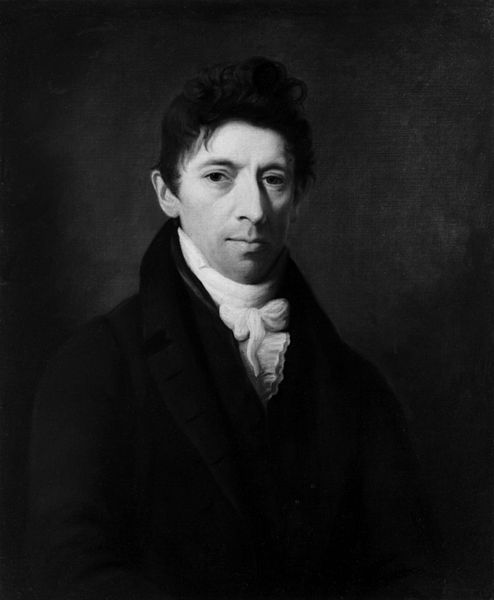
THE READING ROOM
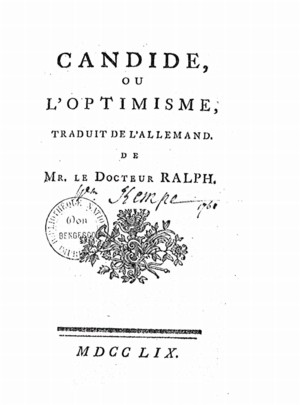
THE READING ROOM
THE READING ROOM
THE READING ROOM
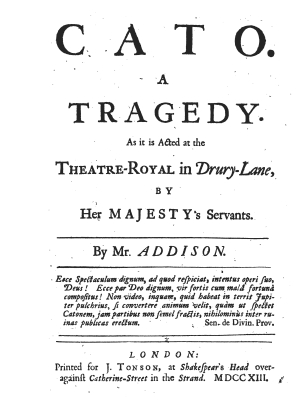
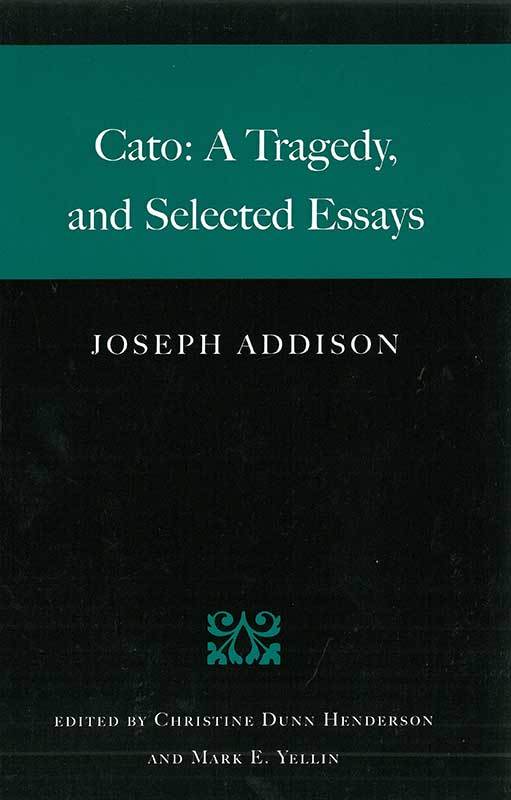
THE READING ROOM
THE READING ROOM
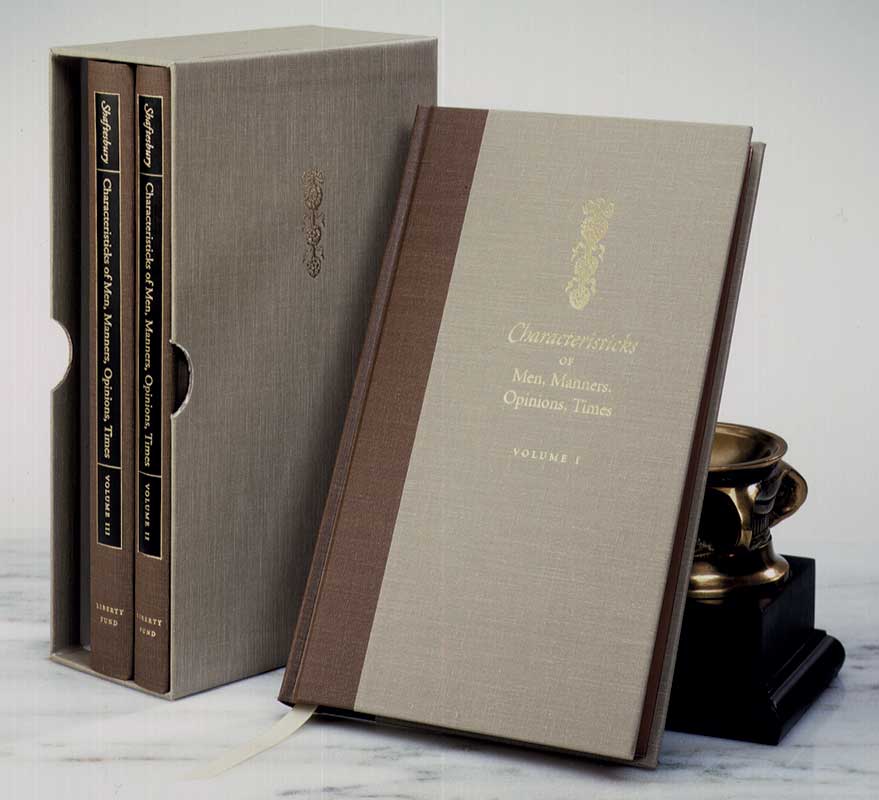
Anthony Ashley Cooper, Earl of Shaftesbury (author)

Anthony Ashley Cooper, Earl of Shaftesbury (author)

Anthony Ashley Cooper, Earl of Shaftesbury (author)

Anthony Ashley Cooper, Earl of Shaftesbury (author)
THE READING ROOM
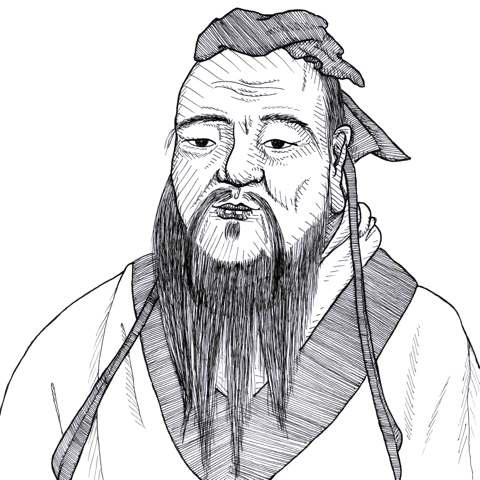
THE READING ROOM
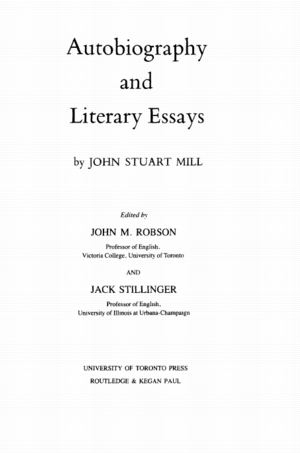
John Stuart Mill (author)

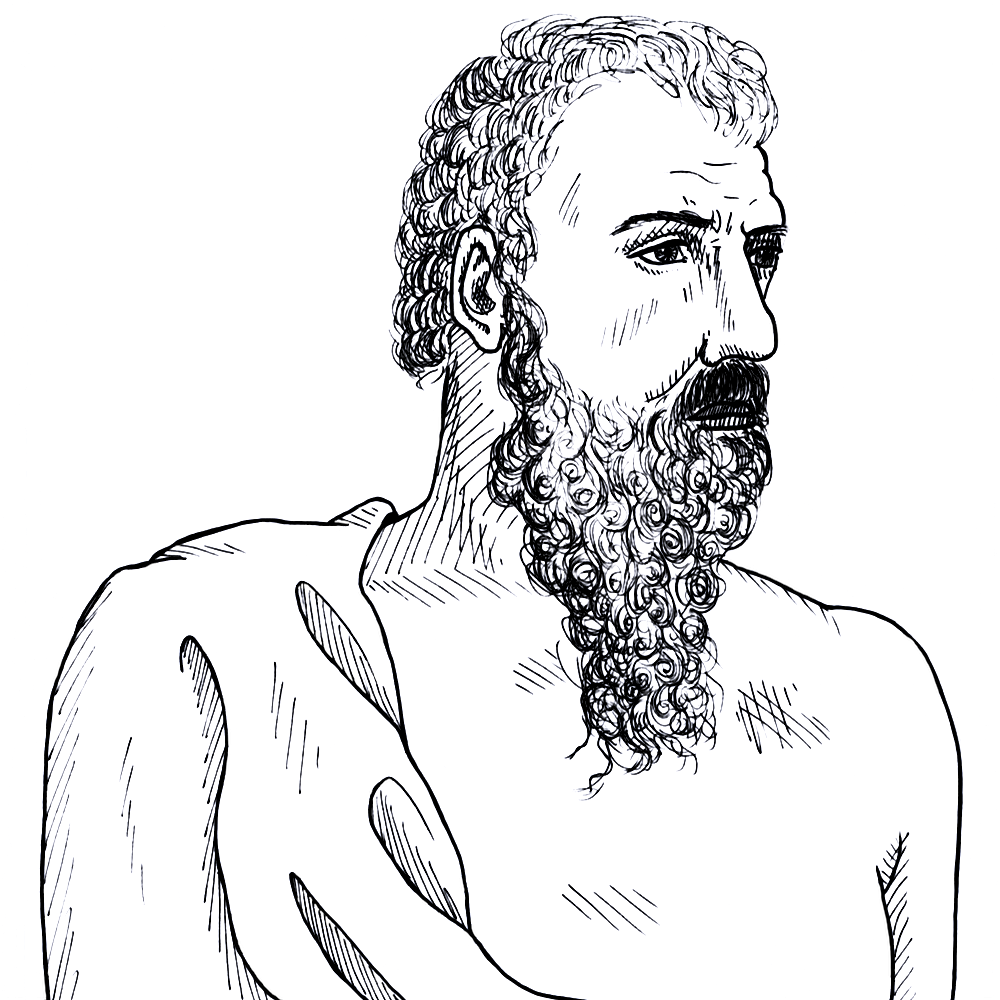
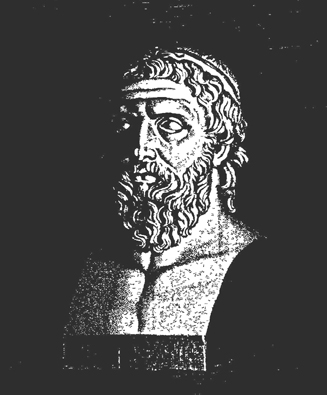

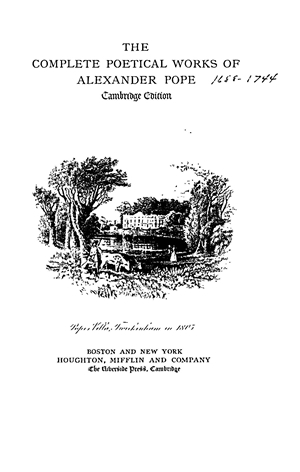
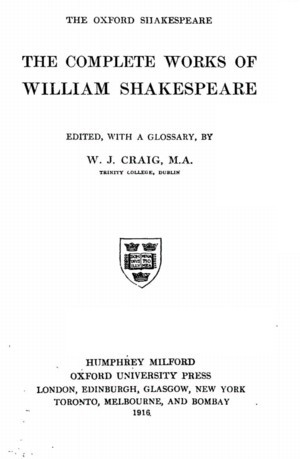
William Shakespeare (author)
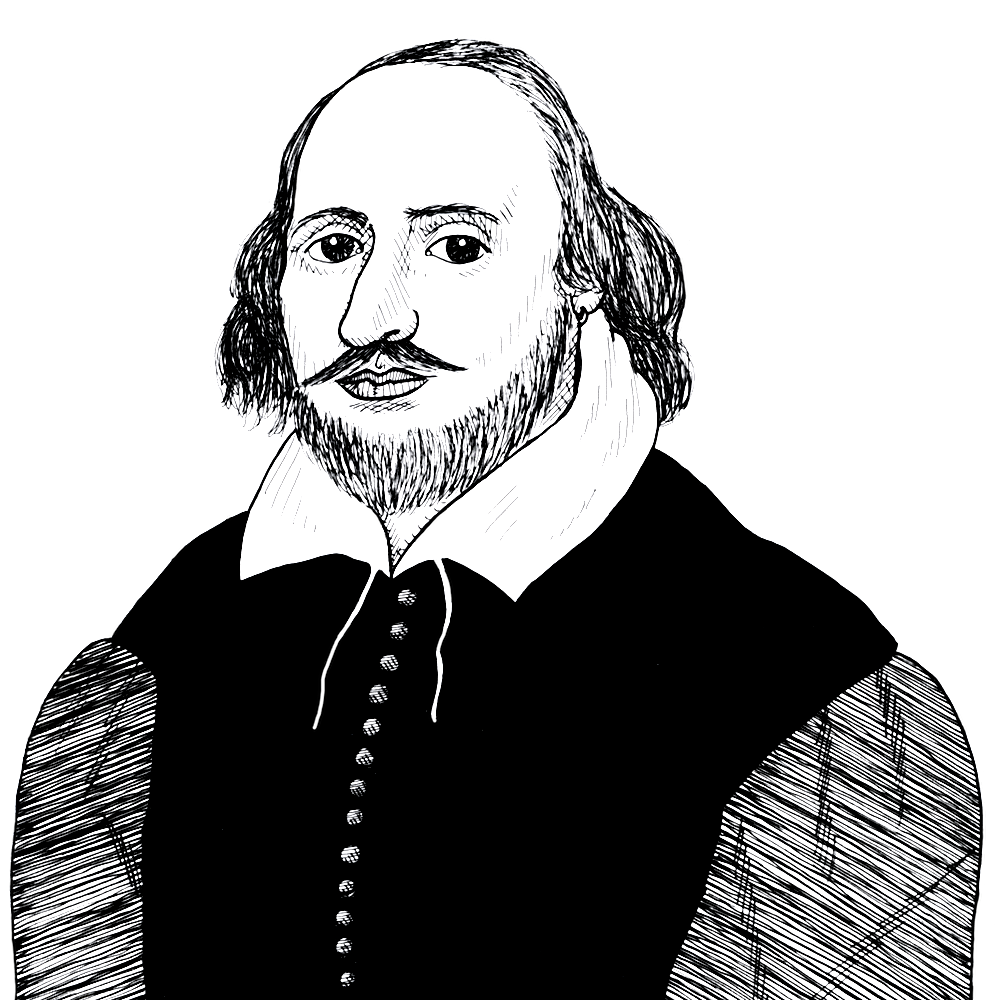
William Shakespeare (author)
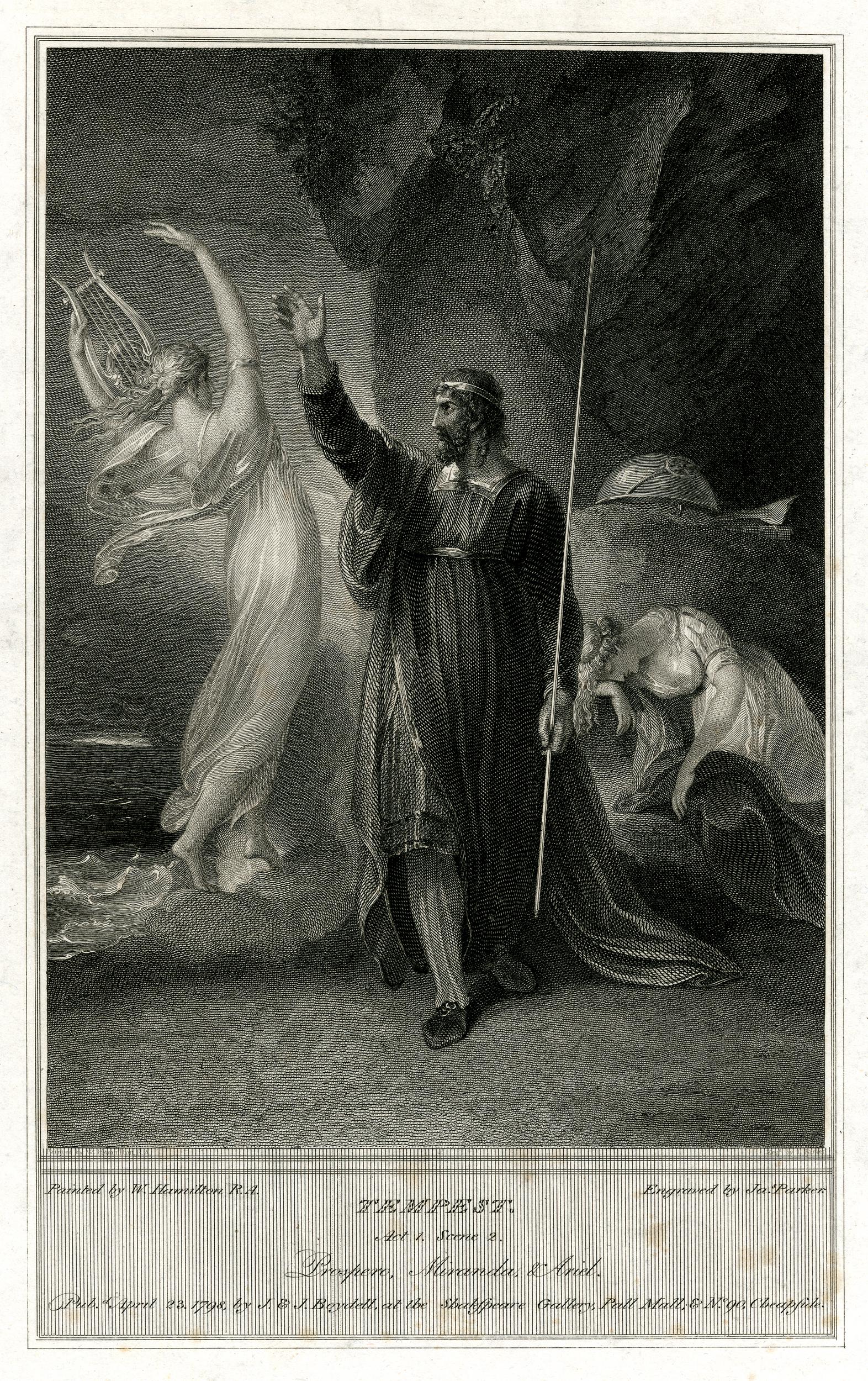
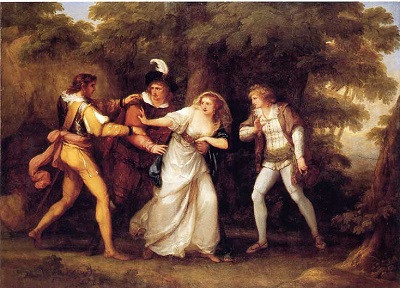
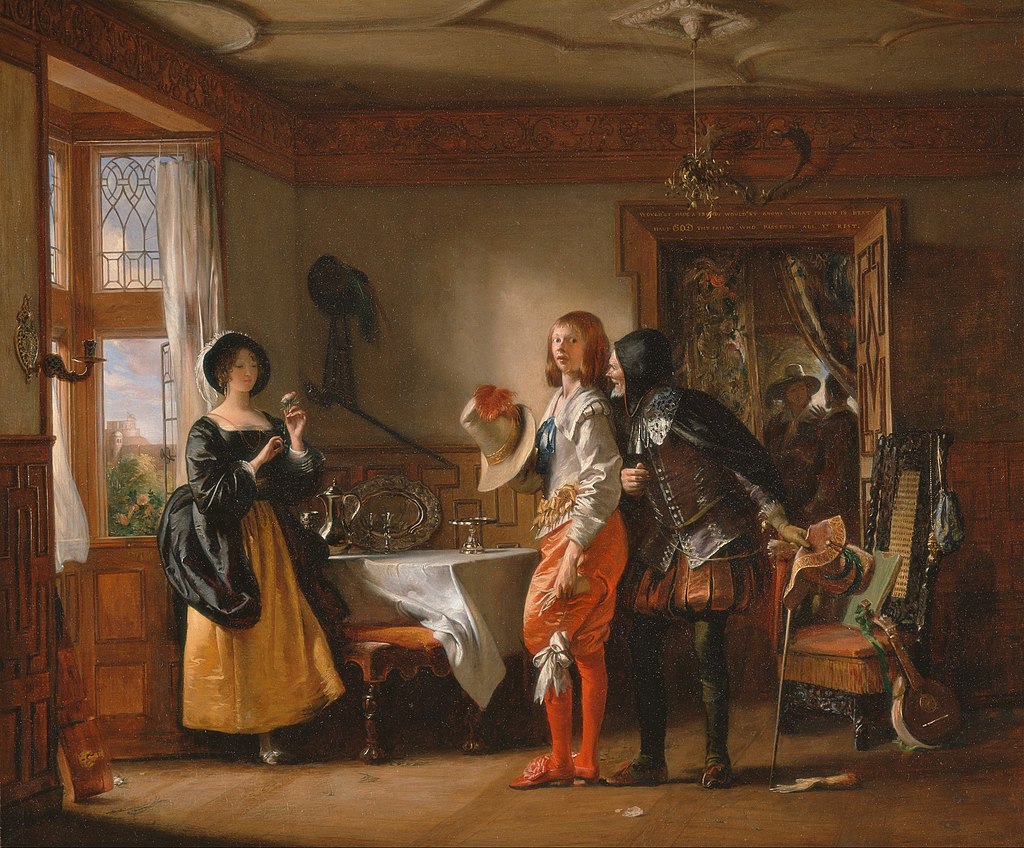
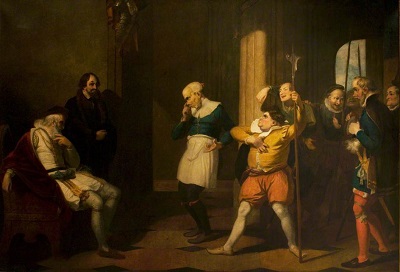


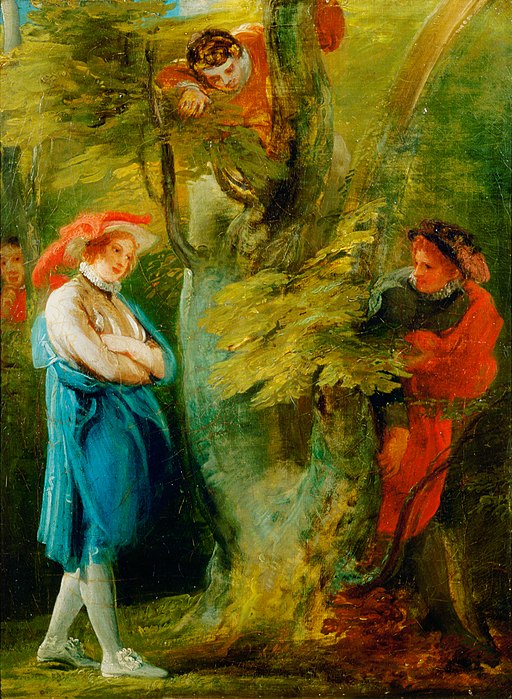
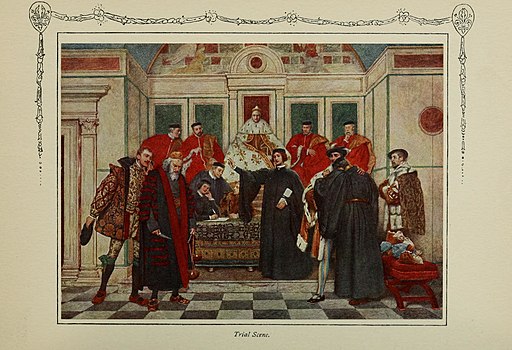
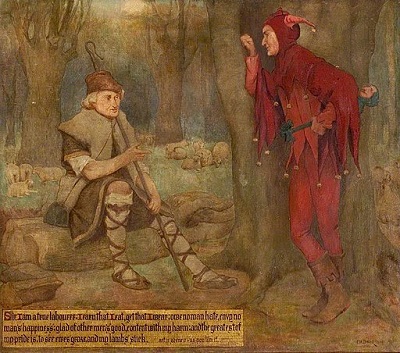
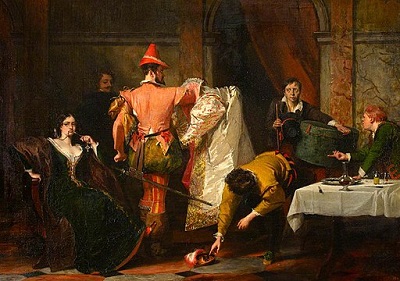
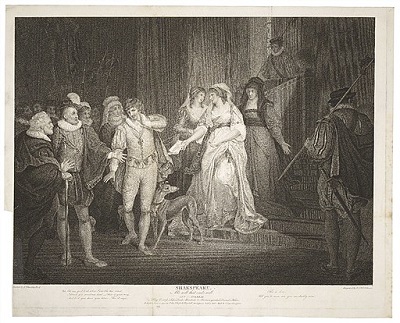
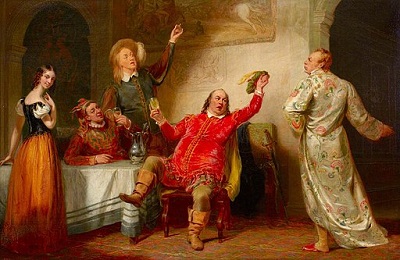
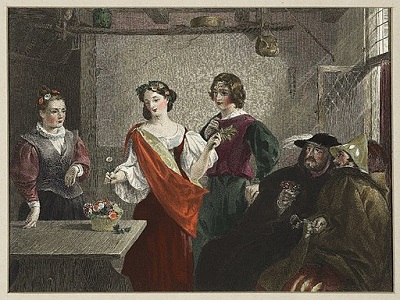
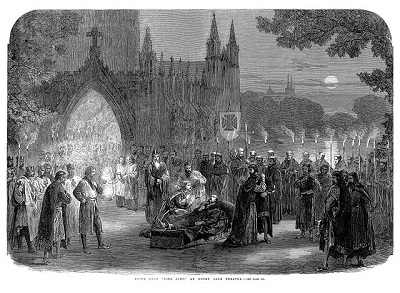
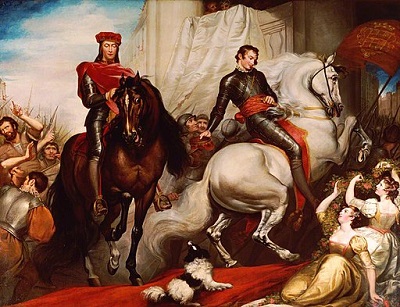
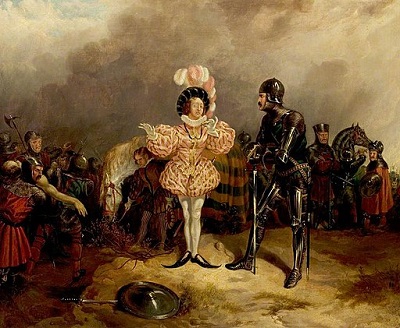
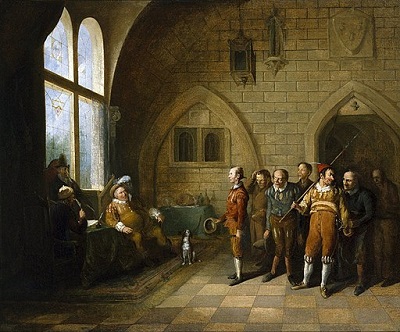
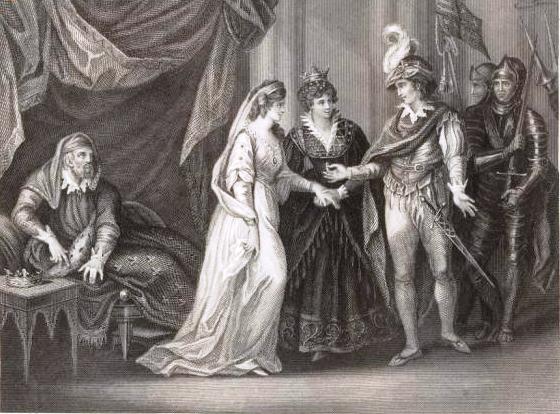
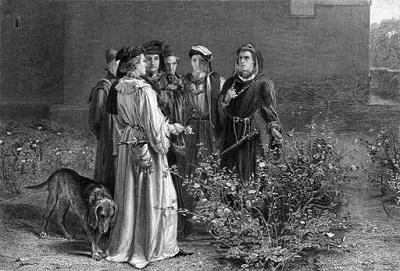

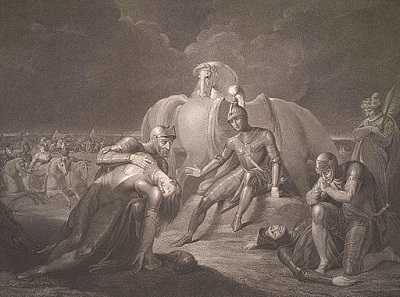
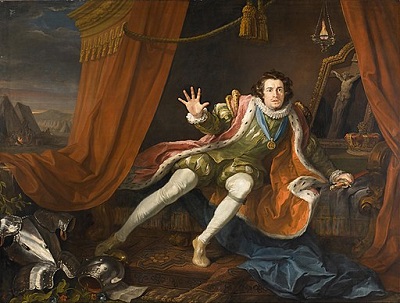
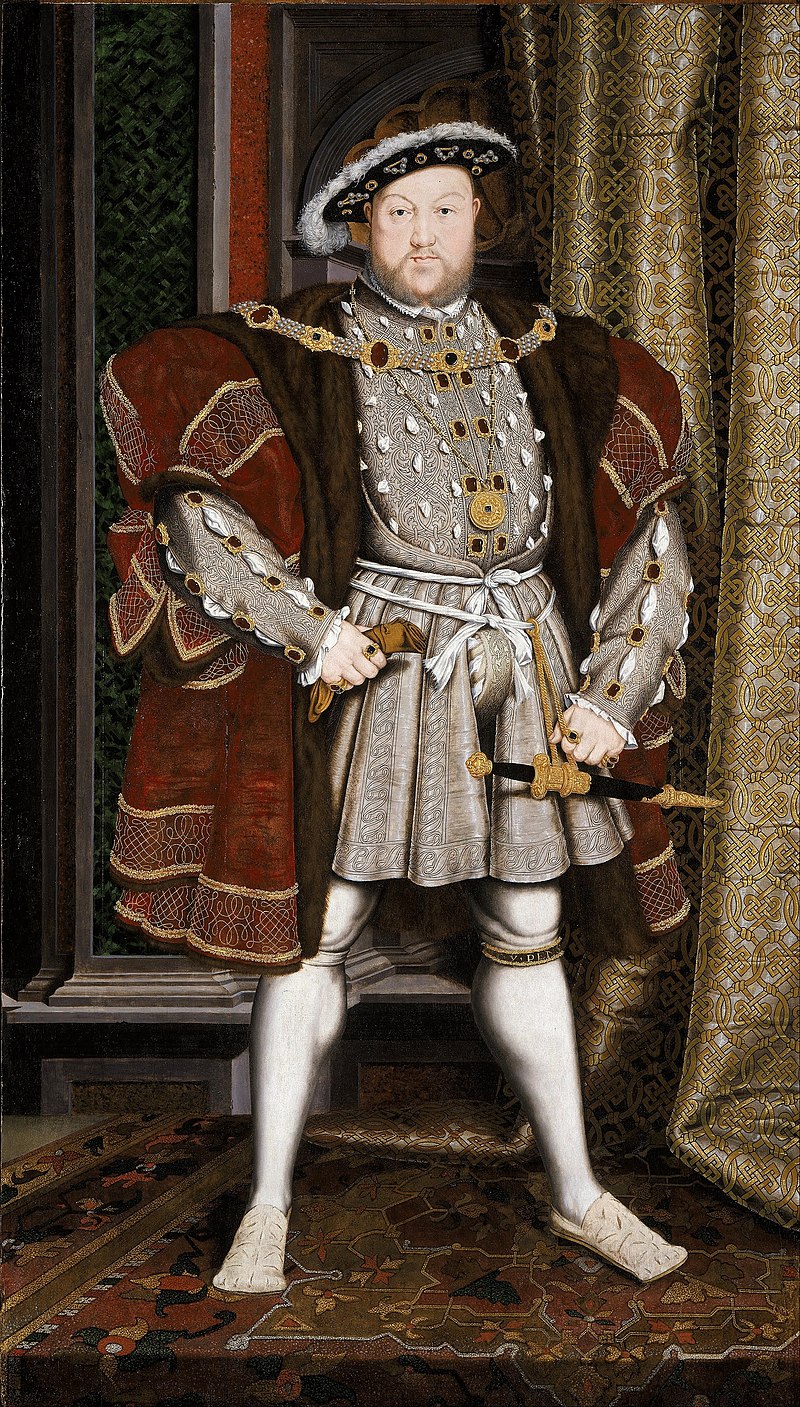
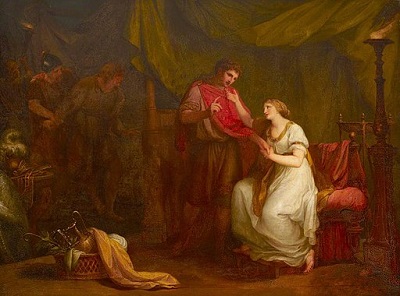
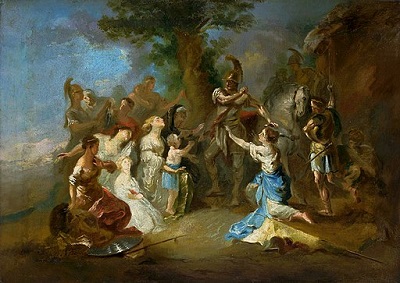
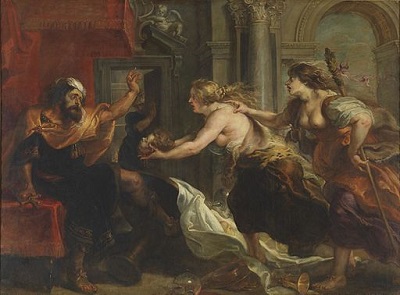
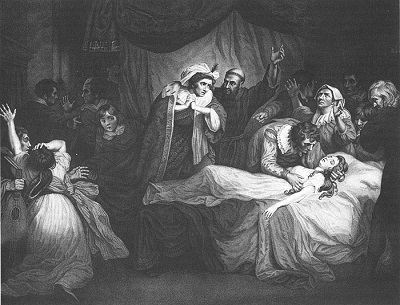
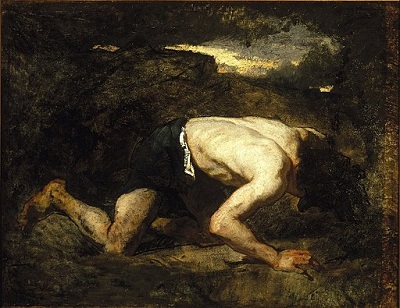

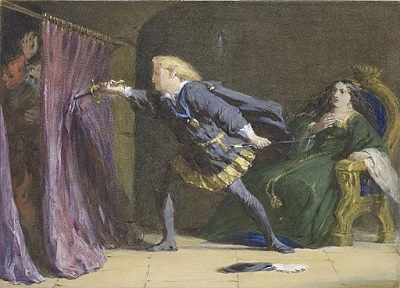
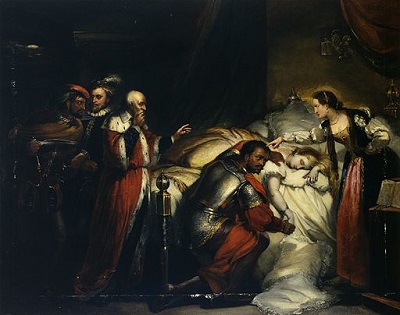

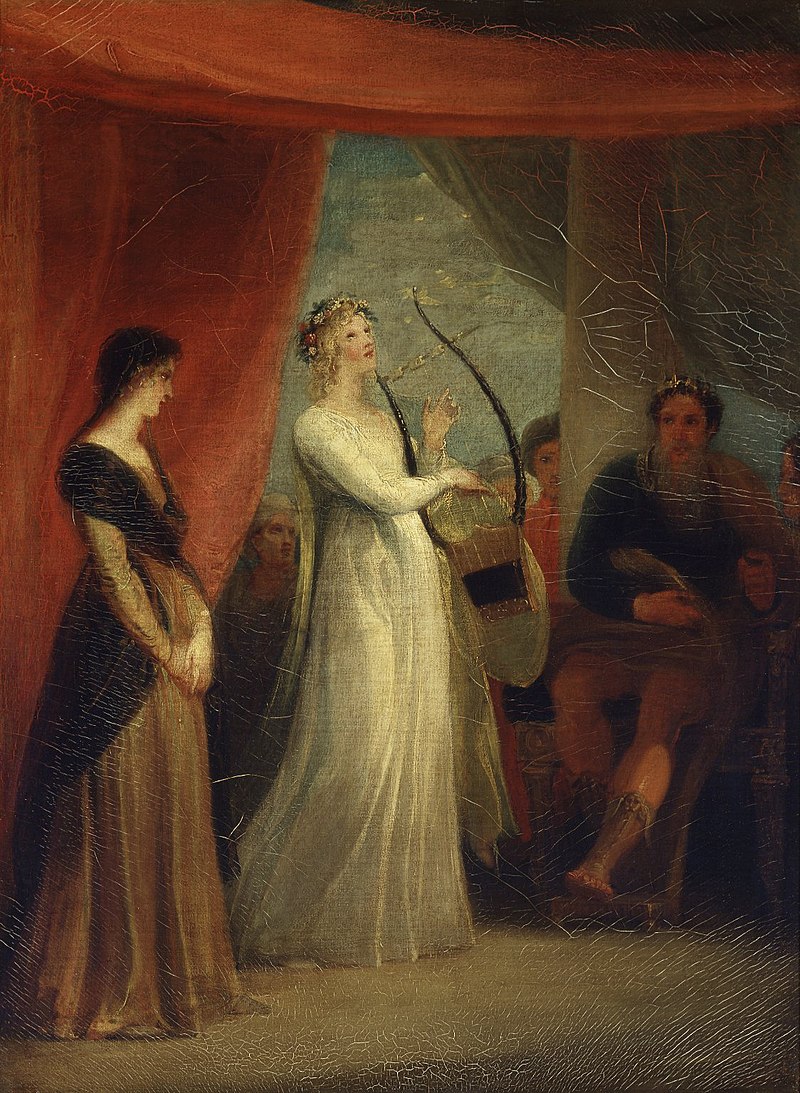
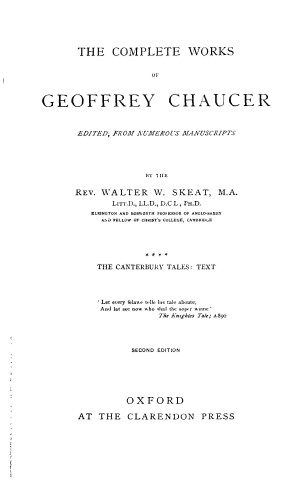
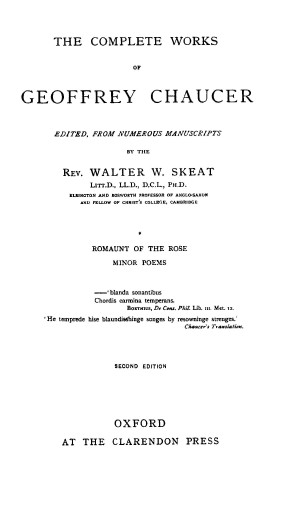
Geoffrey Chaucer (author)
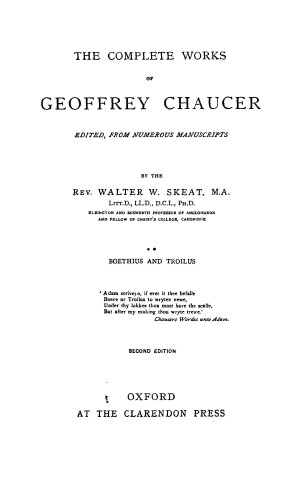
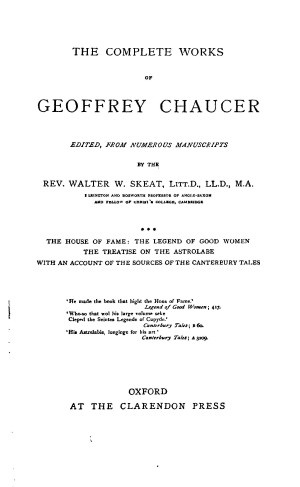

Geoffrey Chaucer (author)
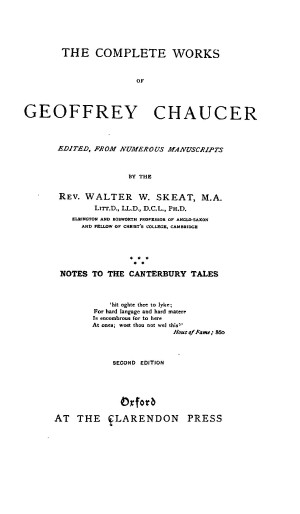
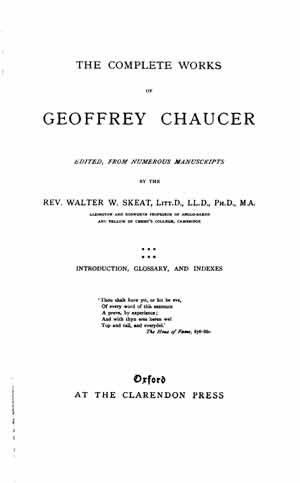
Geoffrey Chaucer (author)
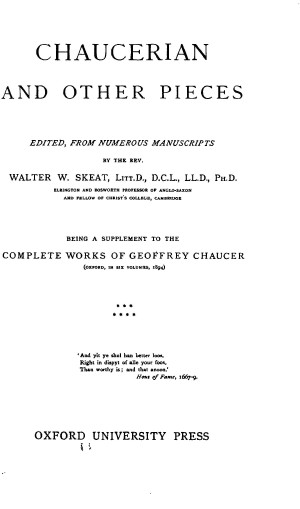
Geoffrey Chaucer (author)
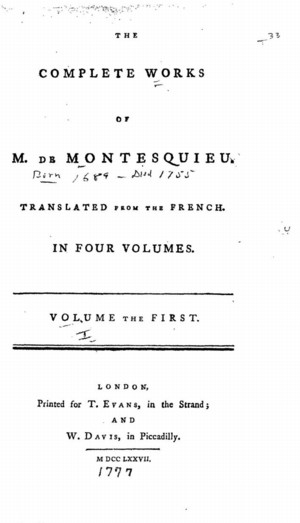
THE READING ROOM
THE READING ROOM
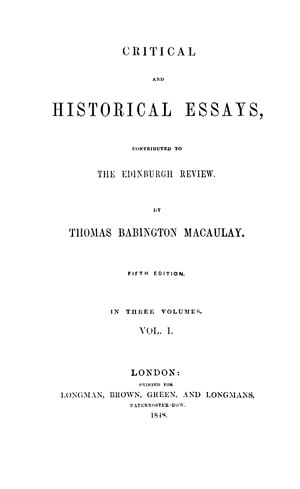
Thomas Babington, Lord Macaulay (author)

THE READING ROOM
THE READING ROOM
LIBERTY MATTERS
THE READING ROOM
THE READING ROOM
THE READING ROOM
THE READING ROOM
THE READING ROOM
THE READING ROOM
THE READING ROOM
THE READING ROOM
THE READING ROOM
THE READING ROOM
THE READING ROOM
THE READING ROOM
THE READING ROOM
THE READING ROOM
THE READING ROOM
THE READING ROOM
THE READING ROOM
THE READING ROOM
THE READING ROOM
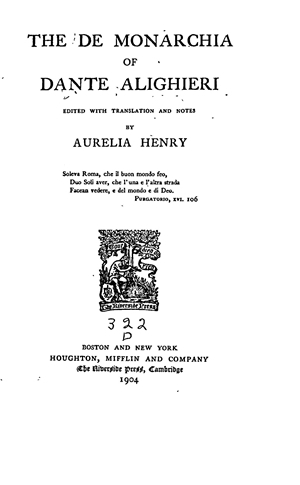
THE READING ROOM
THE READING ROOM
THE READING ROOM
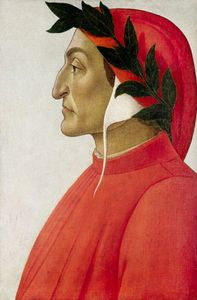







THE READING ROOM
THE READING ROOM
THE READING ROOM
LIBERTY MATTERS
LIBERTY MATTERS
LIBERTY MATTERS
LIBERTY MATTERS
LIBERTY MATTERS
LIBERTY MATTERS
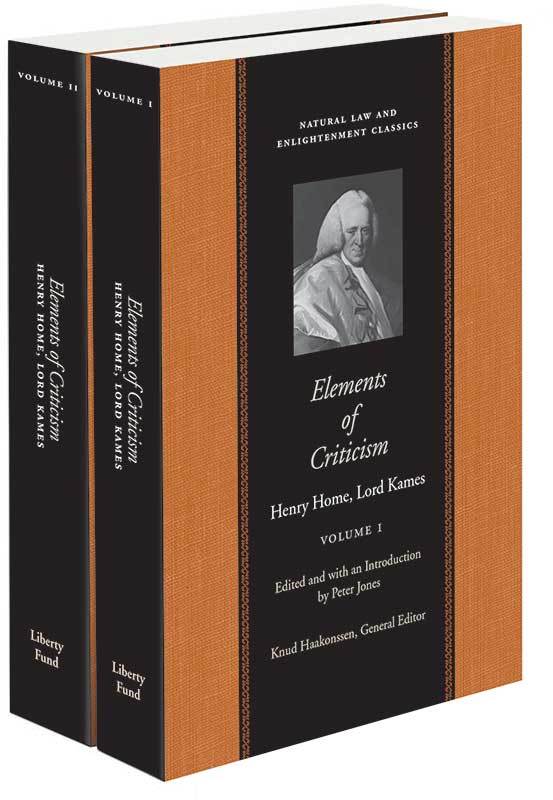


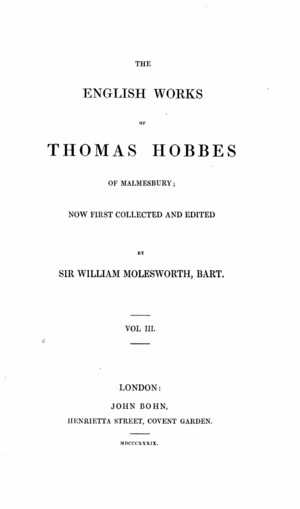
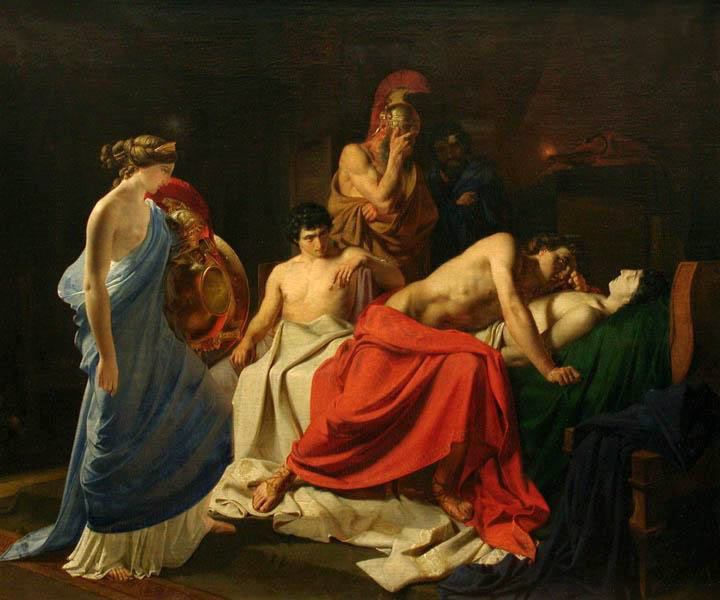
THE READING ROOM
THE READING ROOM
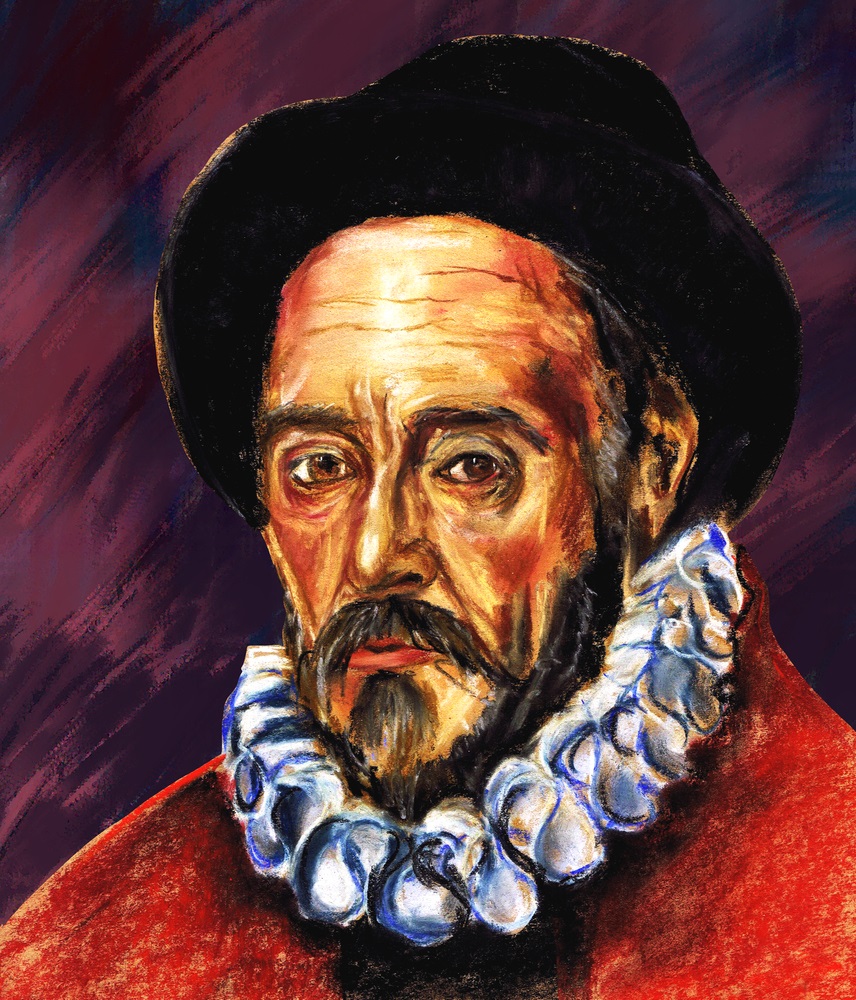









THE READING ROOM
THE READING ROOM
THE READING ROOM
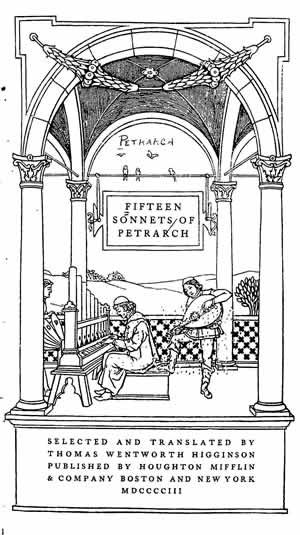
THE READING ROOM
THE READING ROOM
THE READING ROOM
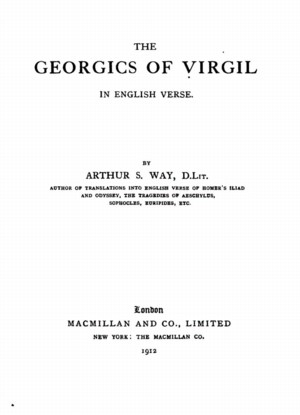
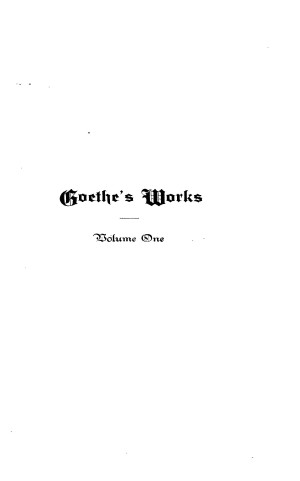

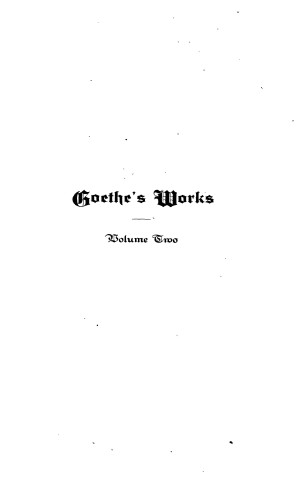
Johann Wolfgang von Goethe (author)
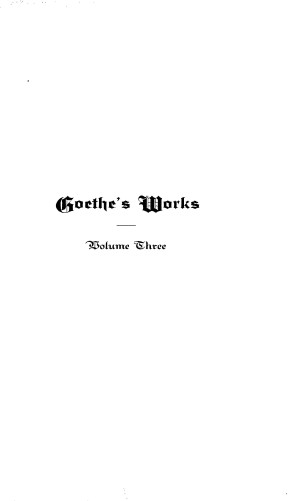
Johann Wolfgang von Goethe (author)
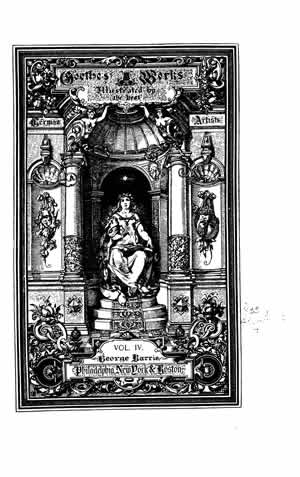
Johann Wolfgang von Goethe (author)
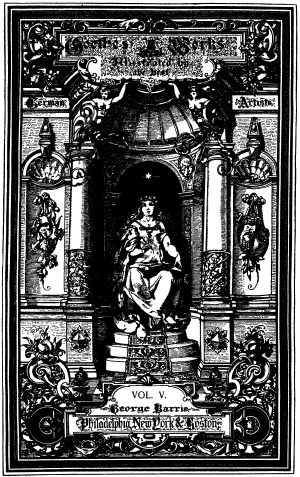
Johann Wolfgang von Goethe (author)
THE READING ROOM
THE READING ROOM
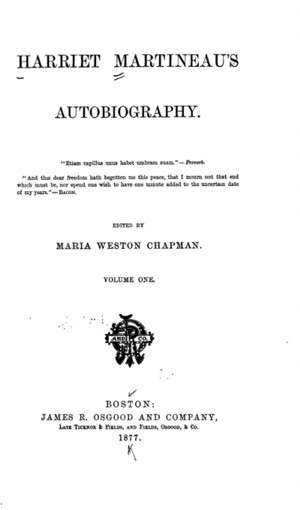
THE READING ROOM
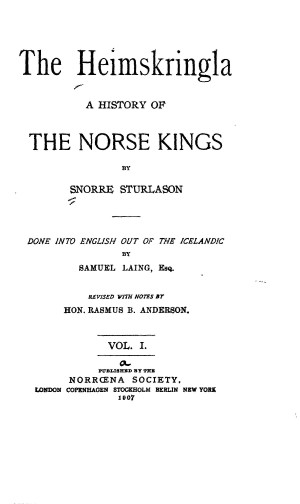

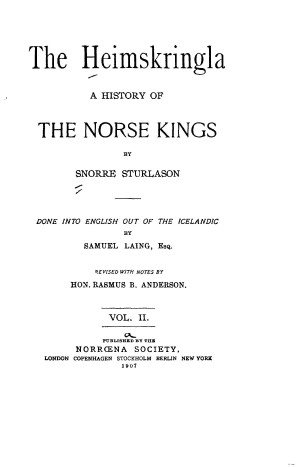
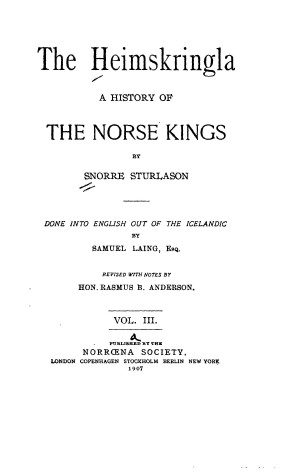
THE READING ROOM
THE READING ROOM
THE READING ROOM
THE READING ROOM
THE READING ROOM
THE READING ROOM
THE READING ROOM
THE READING ROOM
THE READING ROOM
THE READING ROOM
THE READING ROOM
THE READING ROOM
THE READING ROOM
THE READING ROOM
THE READING ROOM
THE READING ROOM
THE READING ROOM
THE READING ROOM
THE READING ROOM
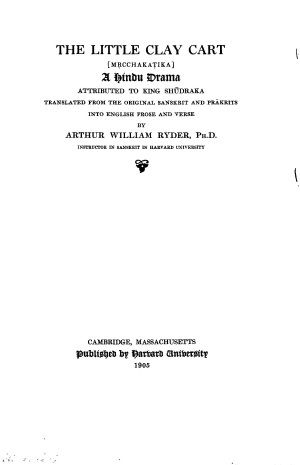
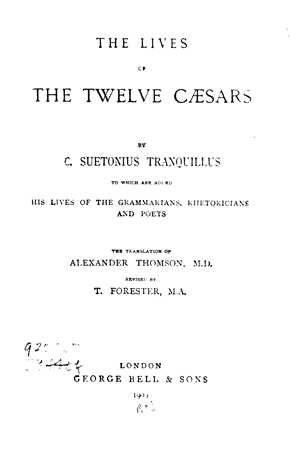
THE READING ROOM
THE READING ROOM
THE READING ROOM
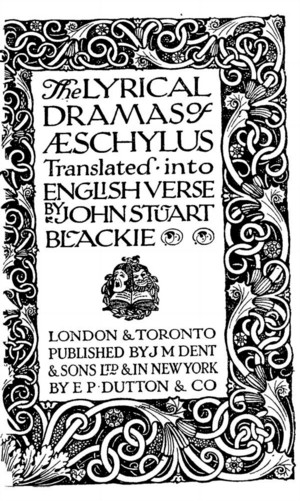
THE READING ROOM
THE READING ROOM
THE READING ROOM
THE READING ROOM
THE READING ROOM
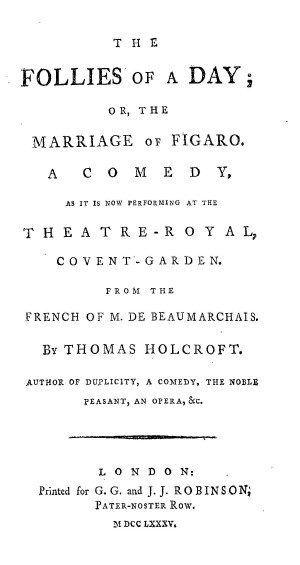
Pierre-Augustin Caron de Beaumarchais (author)
THE READING ROOM
THE READING ROOM
THE READING ROOM
THE READING ROOM
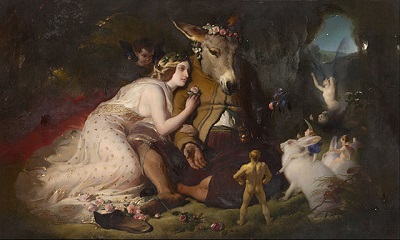
THE READING ROOM
THE READING ROOM
THE READING ROOM
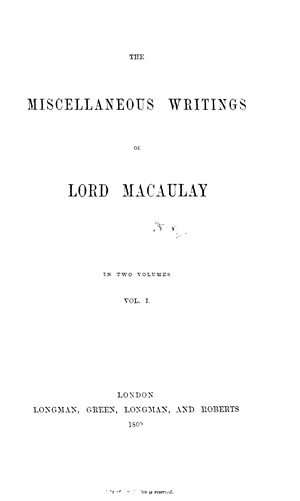
Thomas Babington, Lord Macaulay (author)

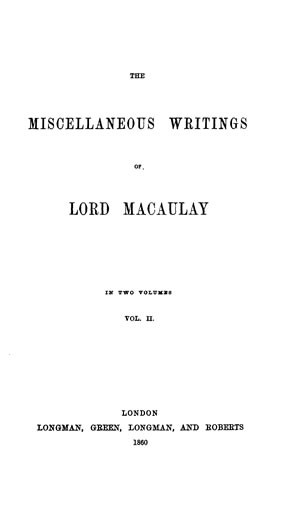
THE READING ROOM
THE READING ROOM
THE READING ROOM
THE READING ROOM
THE READING ROOM
THE READING ROOM
THE READING ROOM
THE READING ROOM
THE READING ROOM
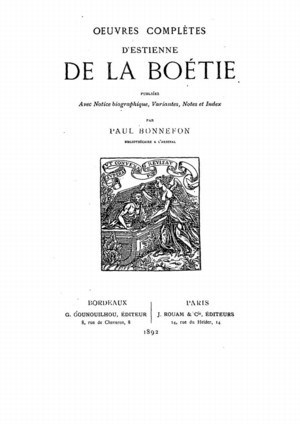
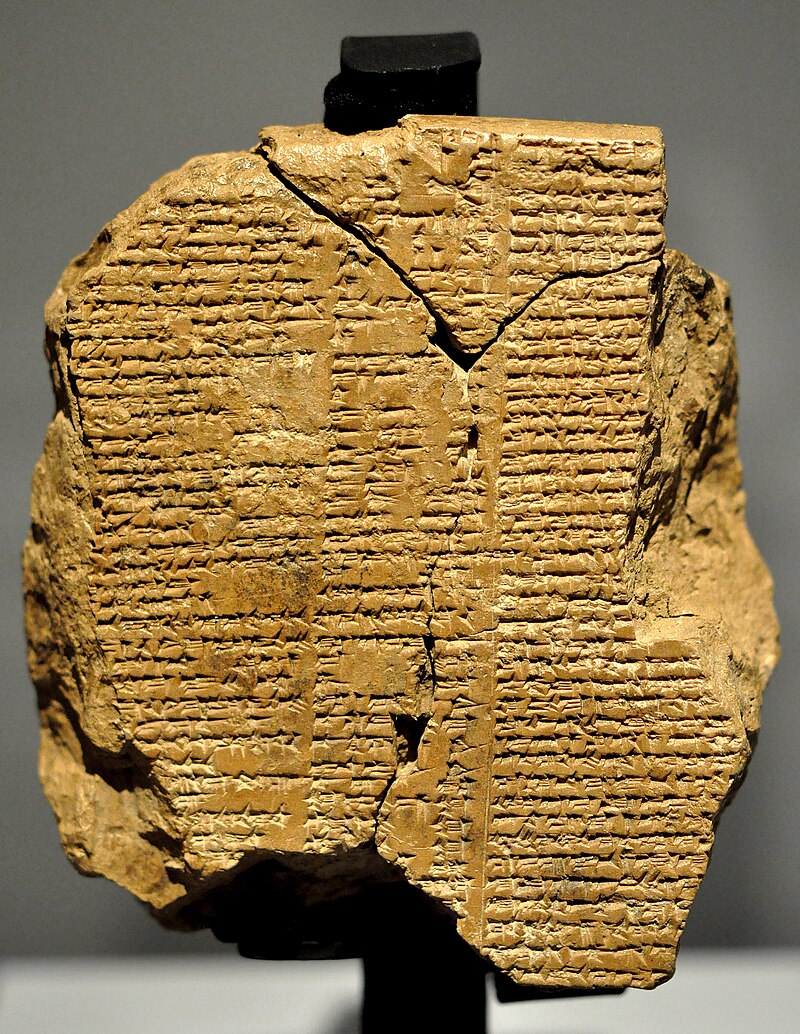
THE READING ROOM
THE READING ROOM
THE READING ROOM
THE READING ROOM
THE READING ROOM
THE READING ROOM
THE READING ROOM
THE READING ROOM
THE READING ROOM
THE READING ROOM
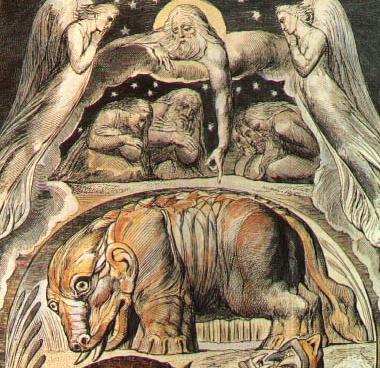
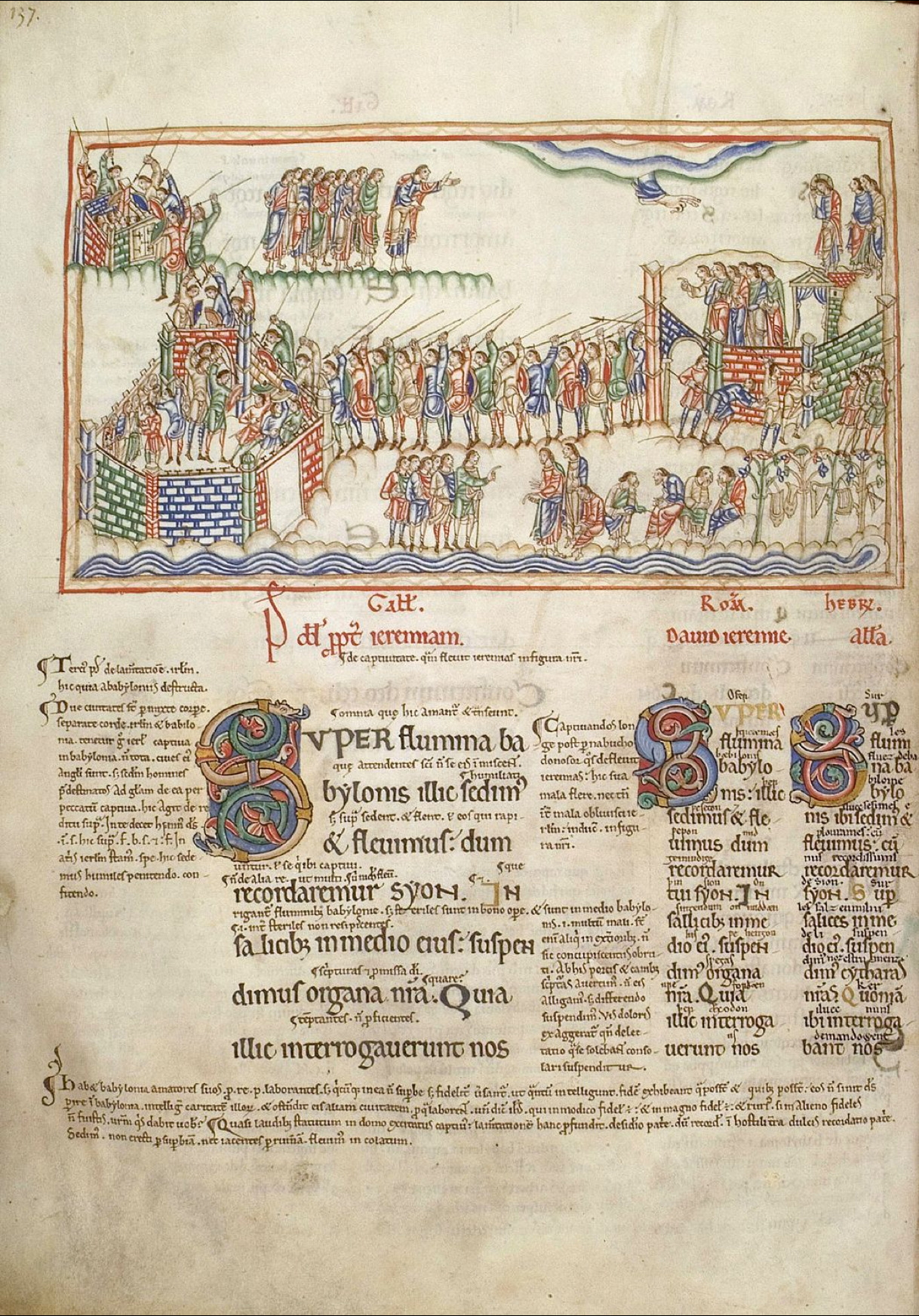
THE READING ROOM
THE READING ROOM
THE READING ROOM
THE READING ROOM
THE READING ROOM

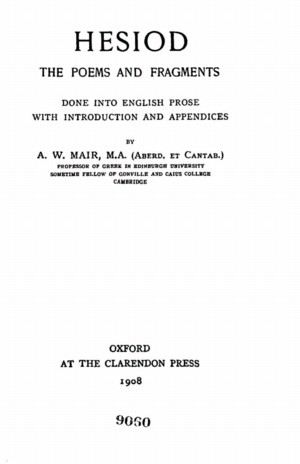
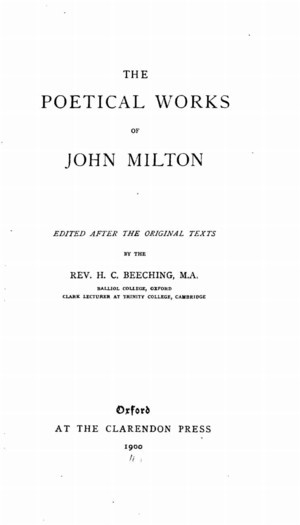
THE READING ROOM
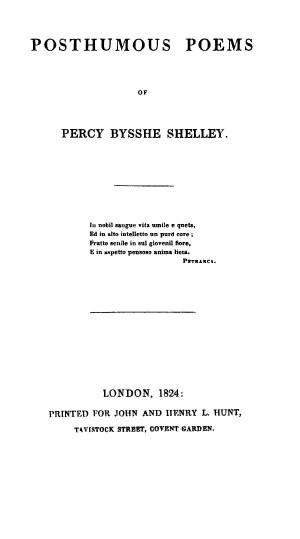
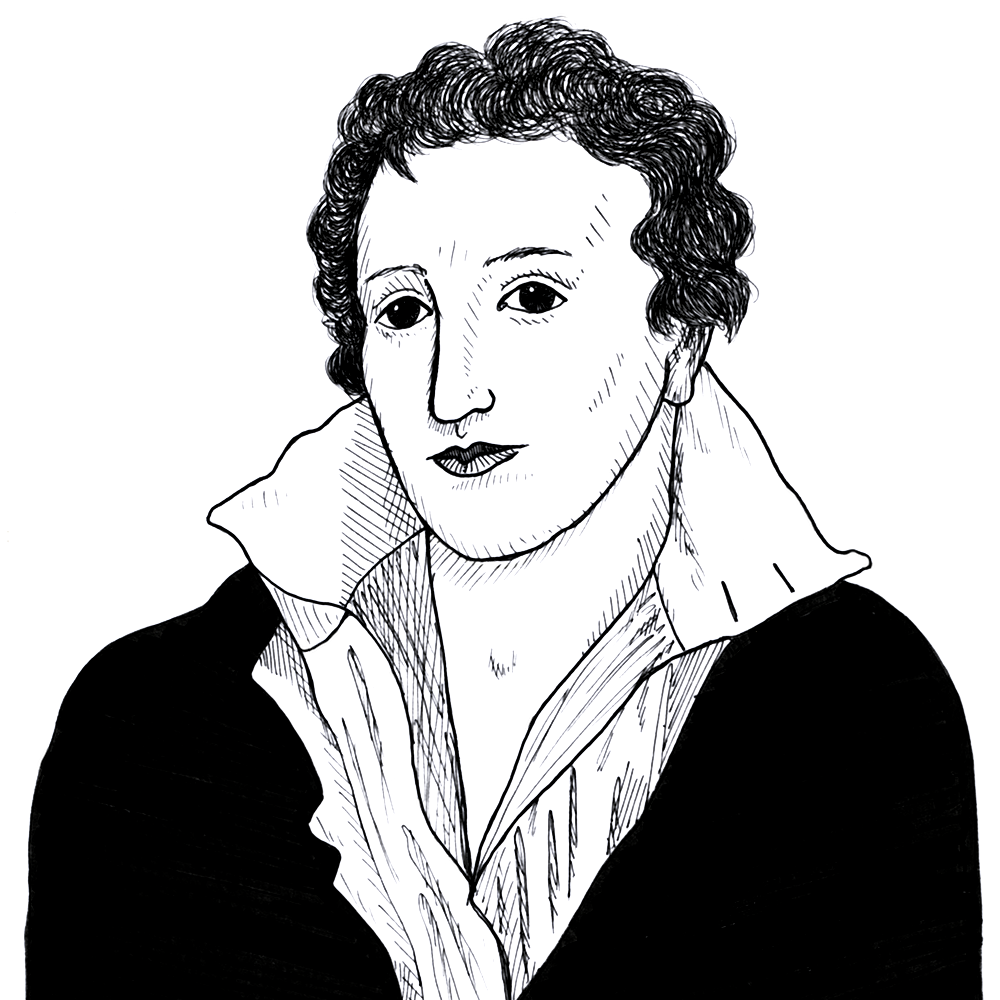
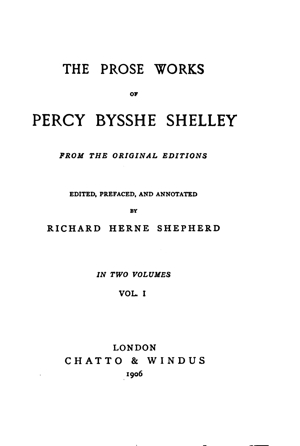
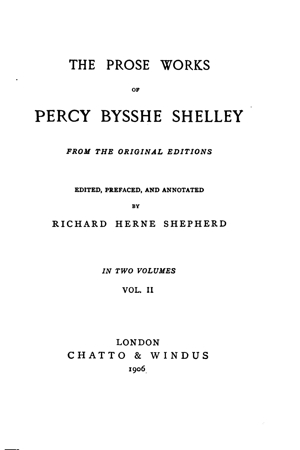
THE READING ROOM
THE READING ROOM
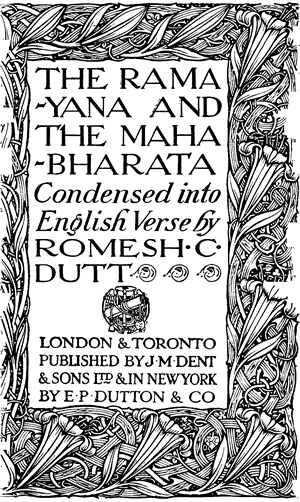
THE READING ROOM
THE READING ROOM
THE READING ROOM
THE READING ROOM
THE READING ROOM
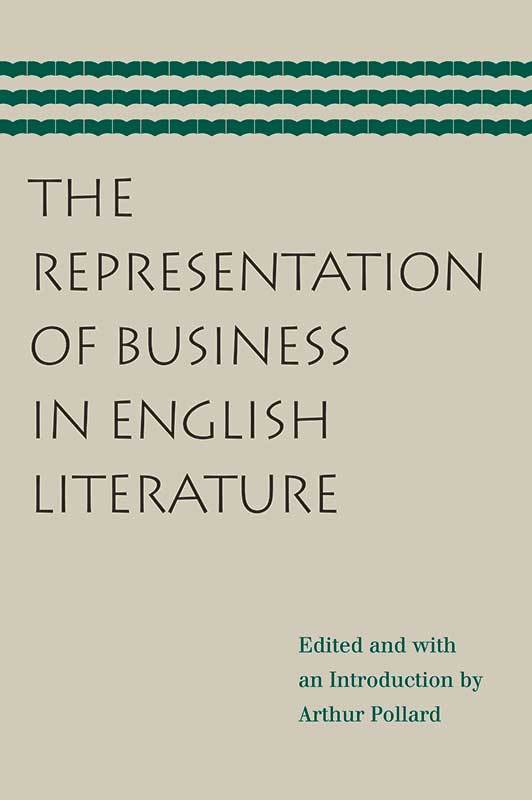
THE READING ROOM
THE READING ROOM
THE READING ROOM
THE READING ROOM
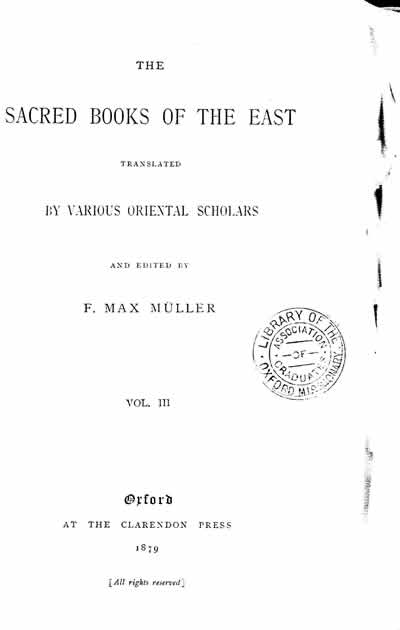
THE READING ROOM
THE READING ROOM
THE READING ROOM
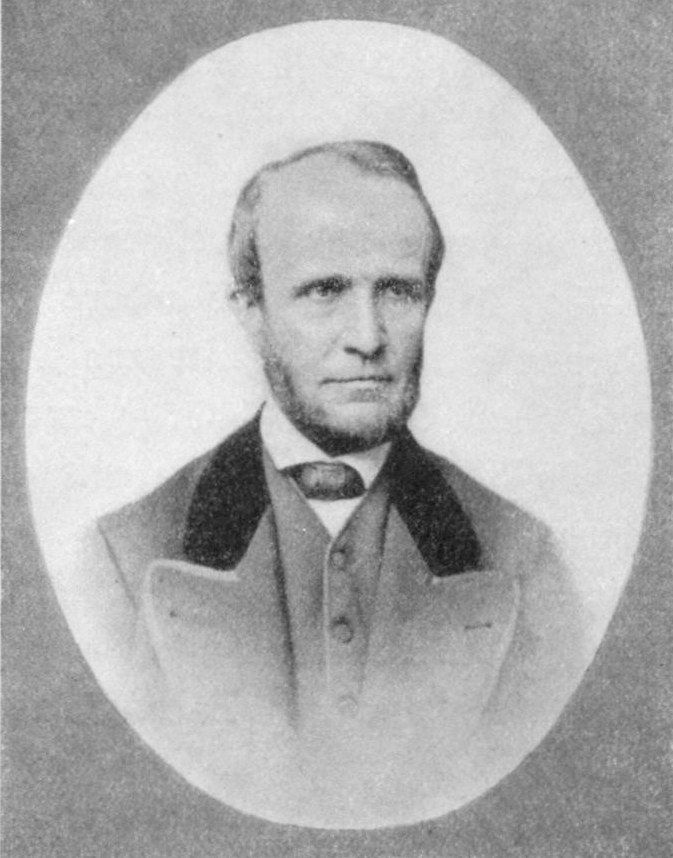
THE READING ROOM
THE READING ROOM
THE READING ROOM
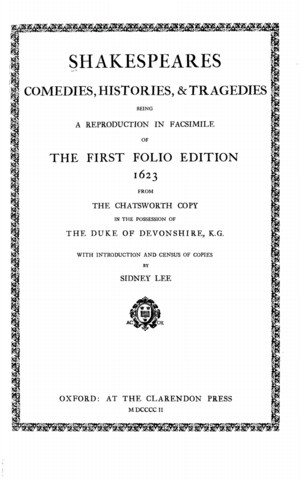
William Shakespeare (author)
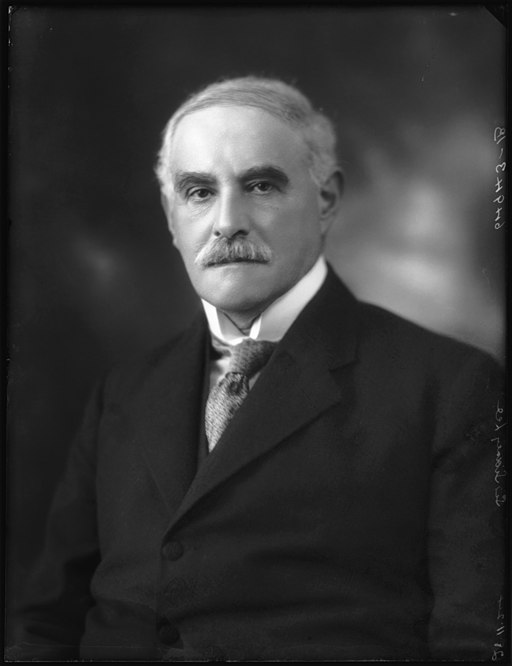
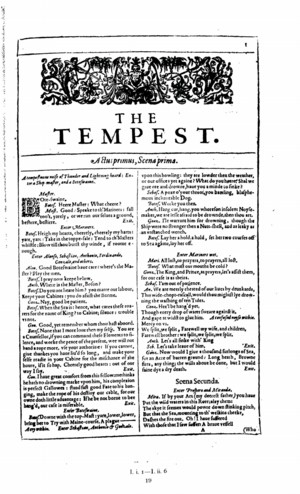
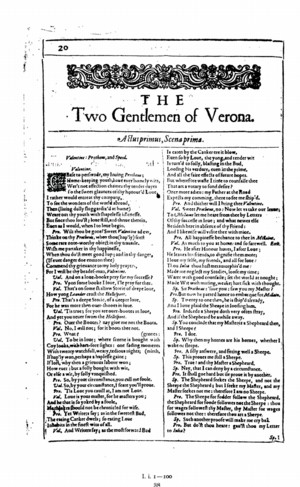
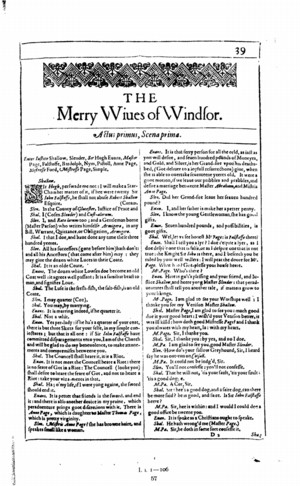
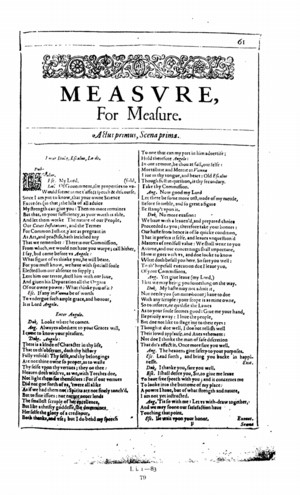
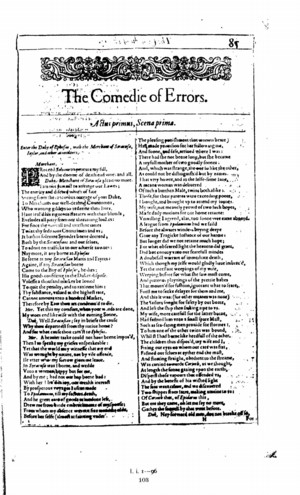
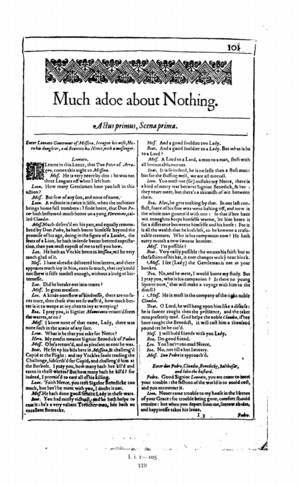
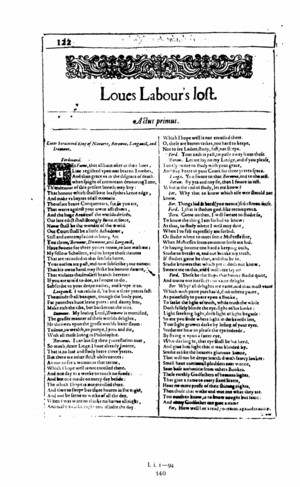
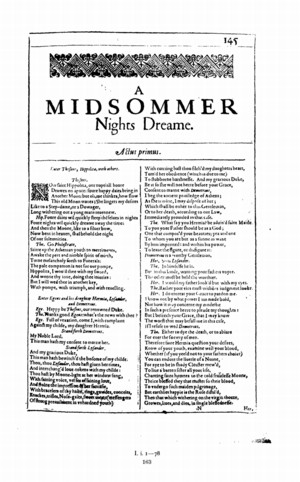
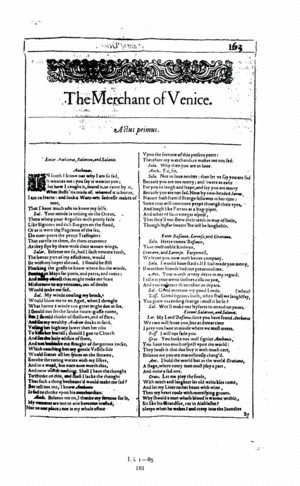
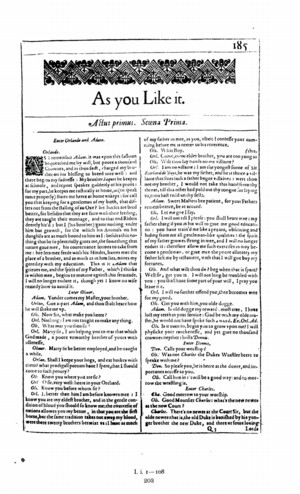
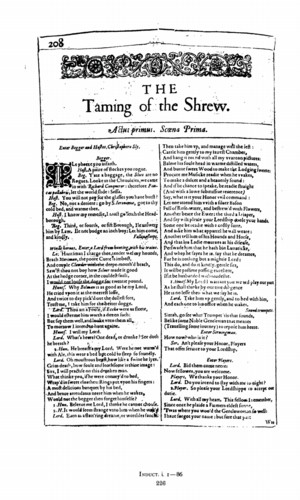
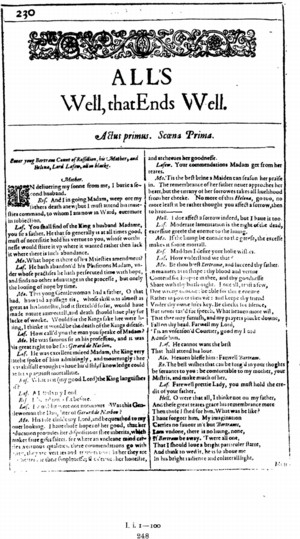
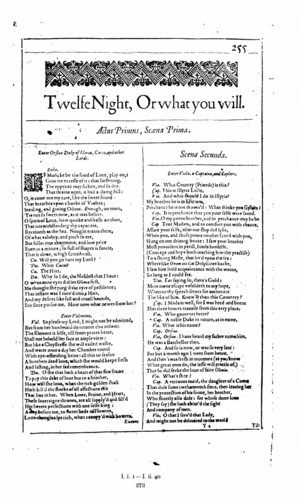
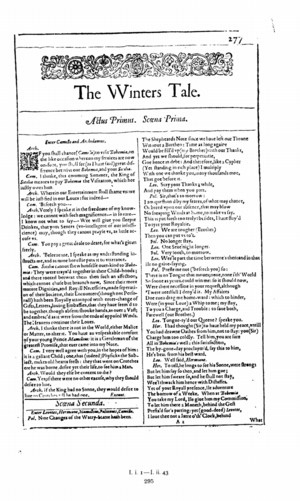
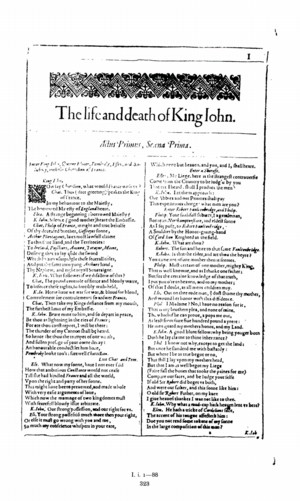
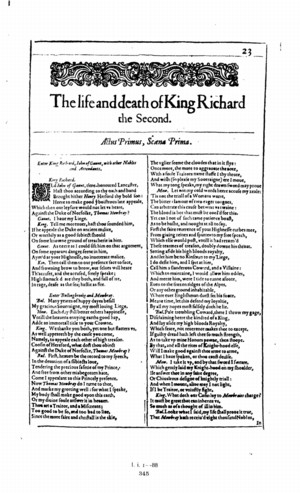
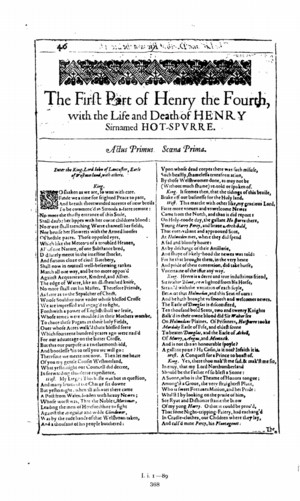
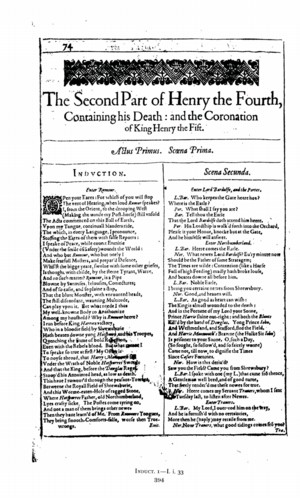
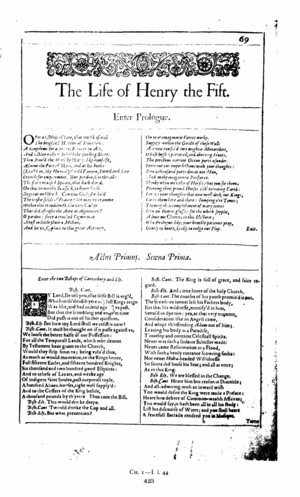
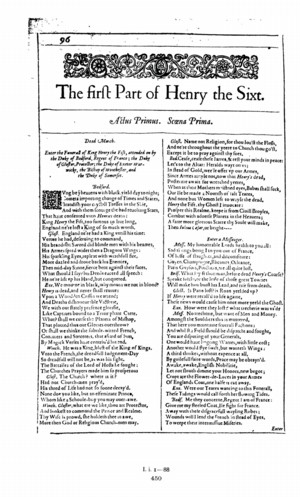
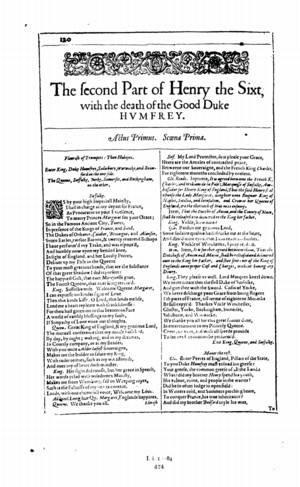
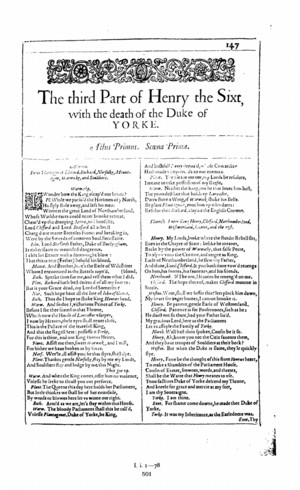
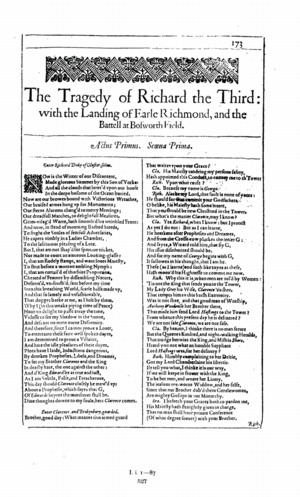
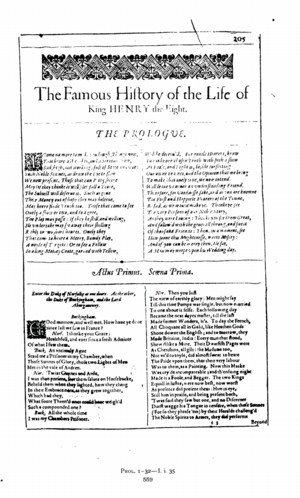
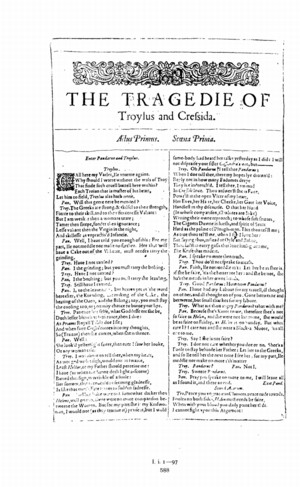
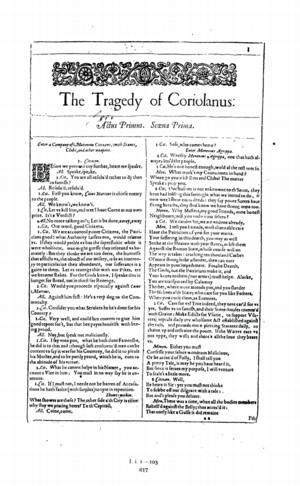
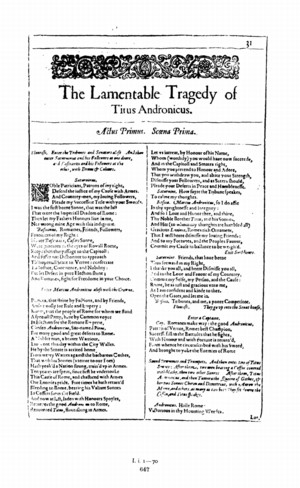
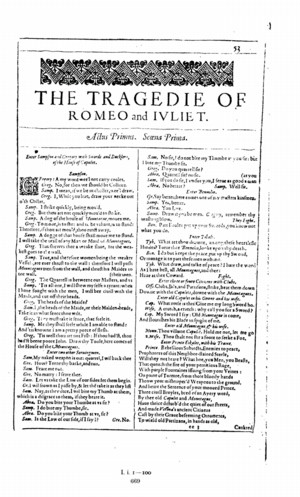
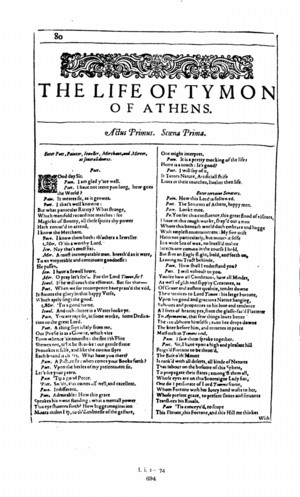
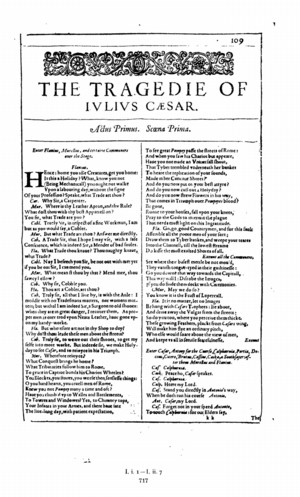


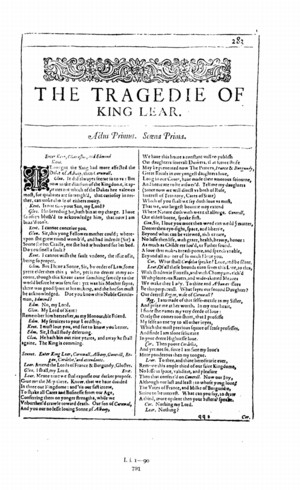

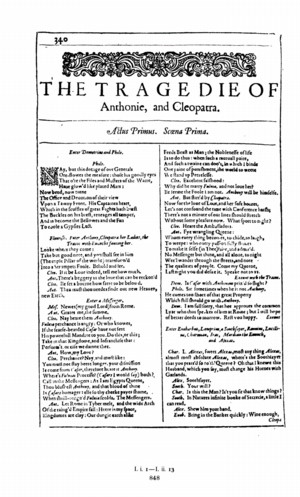
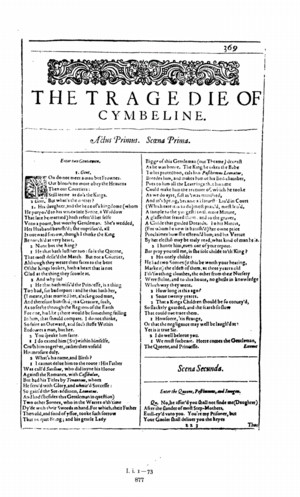
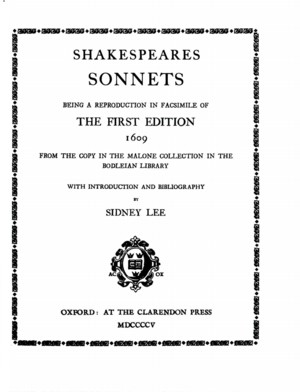
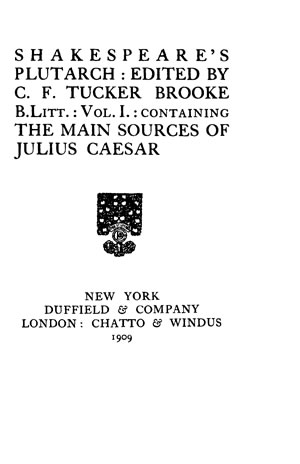

Sir Thomas North (translator)
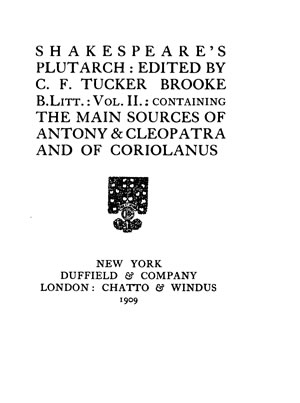

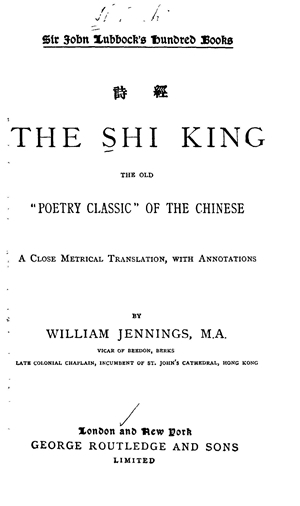
THE READING ROOM
THE READING ROOM
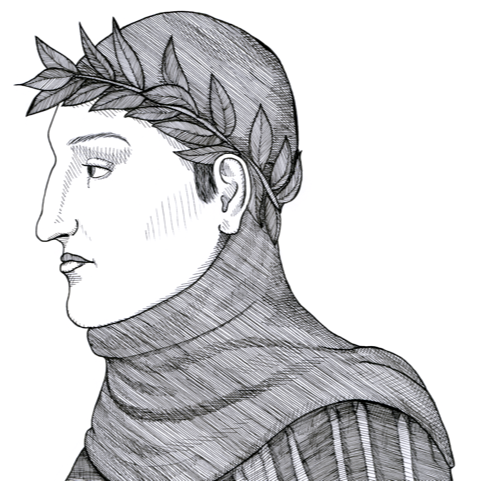
THE READING ROOM
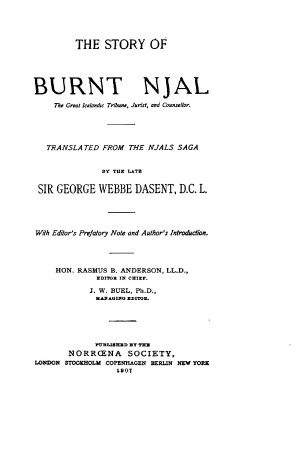
THE READING ROOM
THE READING ROOM
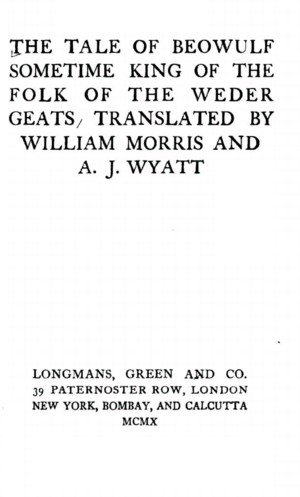
Alfred John Wyatt (translator)
THE READING ROOM
THE READING ROOM
THE READING ROOM
THE READING ROOM
THE READING ROOM
THE READING ROOM
THE READING ROOM
THE READING ROOM
THE READING ROOM
THE READING ROOM
THE READING ROOM
THE READING ROOM
THE READING ROOM
THE READING ROOM
THE READING ROOM
THE READING ROOM
THE READING ROOM
THE READING ROOM
THE READING ROOM
THE READING ROOM
THE READING ROOM
THE READING ROOM
THE READING ROOM
THE READING ROOM
THE READING ROOM
THE READING ROOM
THE READING ROOM
THE READING ROOM
THE READING ROOM
THE READING ROOM
THE READING ROOM
THE READING ROOM
THE READING ROOM
THE READING ROOM
THE READING ROOM
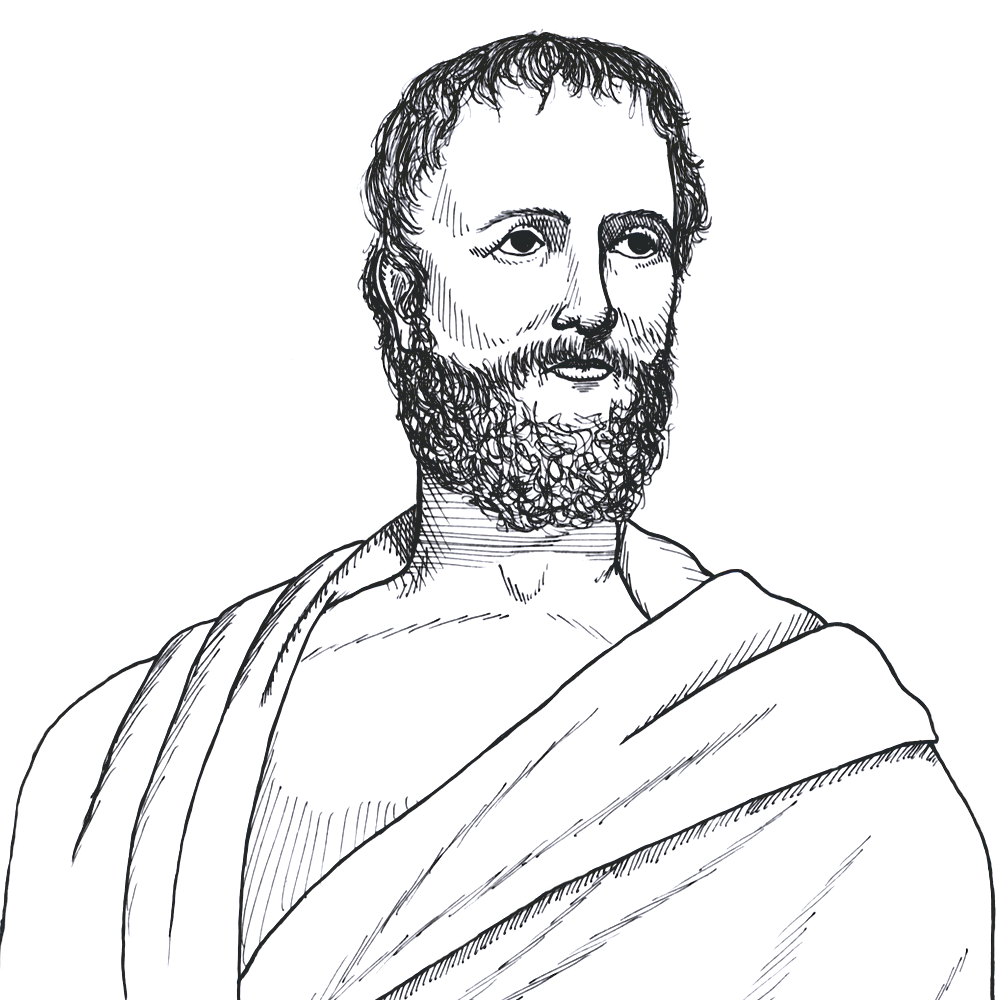
THE READING ROOM
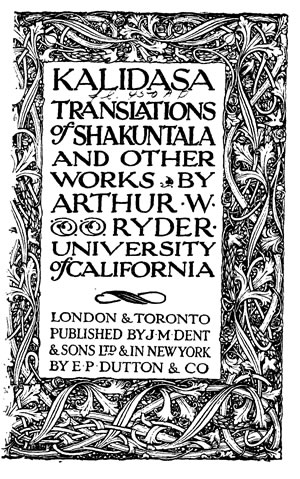
THE READING ROOM
THE READING ROOM
THE READING ROOM

THE READING ROOM
THE READING ROOM
THE READING ROOM
THE READING ROOM
THE READING ROOM
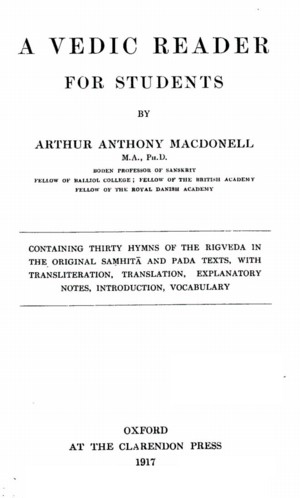
THE READING ROOM
THE READING ROOM
THE READING ROOM
THE READING ROOM
THE READING ROOM
THE READING ROOM
THE READING ROOM
THE READING ROOM
THE READING ROOM
THE READING ROOM
THE READING ROOM
THE READING ROOM
THE READING ROOM
THE READING ROOM
THE READING ROOM
THE READING ROOM
THE READING ROOM
THE READING ROOM
THE READING ROOM
THE READING ROOM
THE READING ROOM
THE READING ROOM
THE READING ROOM
THE READING ROOM
THE READING ROOM
THE READING ROOM
THE READING ROOM
THE READING ROOM
THE READING ROOM
THE READING ROOM
LIBERTY MATTERS
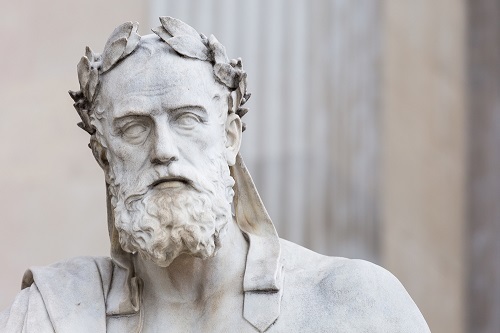
Roosevelt Montás (contributor)
Why have ancient texts fallen out of favor today? Once read widely- both in homes and schools- texts by "dead white men" are looked upon today with disfavor. Yet some scholars- and readers- insist upon their enduring...
LIBERTY MATTERS
THE READING ROOM
THE READING ROOM
THE READING ROOM
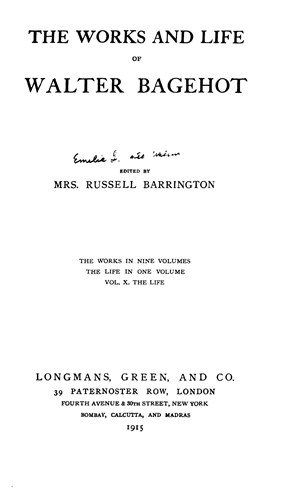
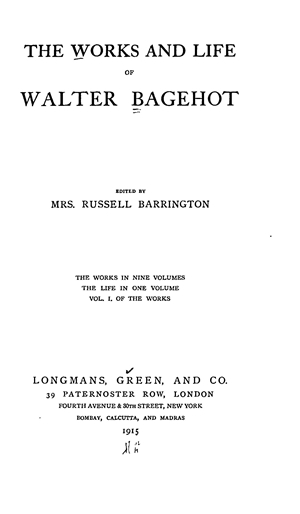
Mrs. Russell Barrington (editor)
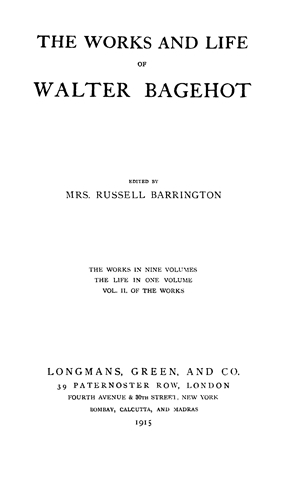
Mrs. Russell Barrington (editor)
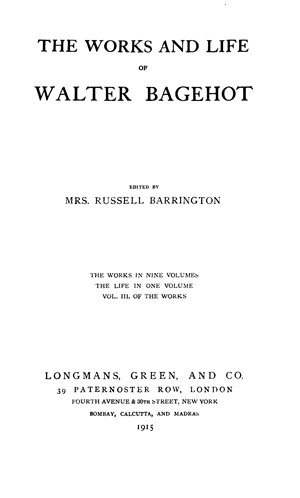
Mrs. Russell Barrington (editor)
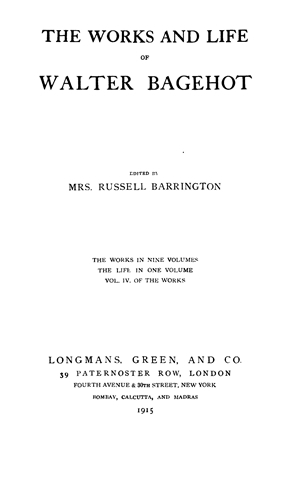
Mrs. Russell Barrington (editor)
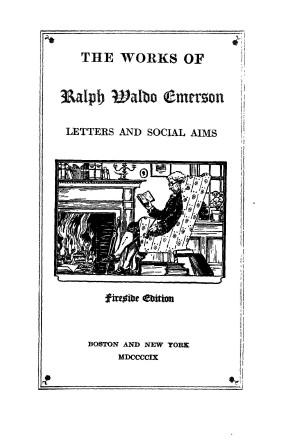
Ralph Waldo Emerson (author)
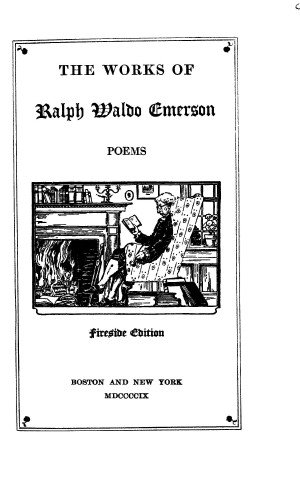
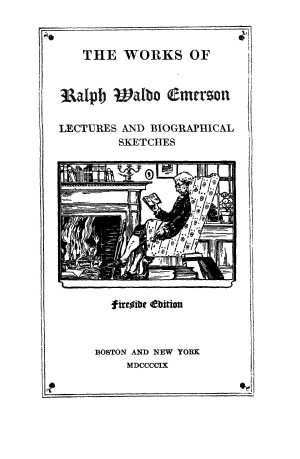
Ralph Waldo Emerson (author)
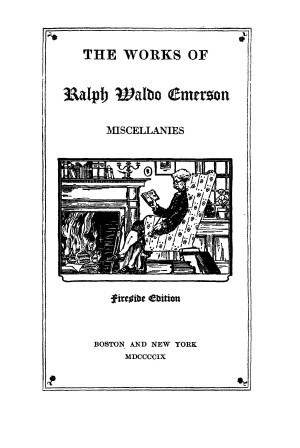
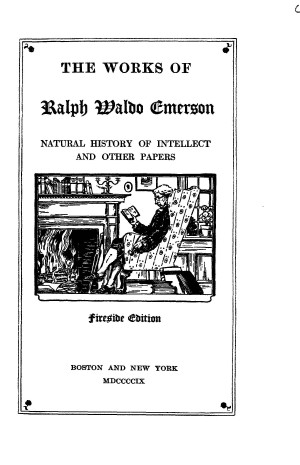
Ralph Waldo Emerson (author)
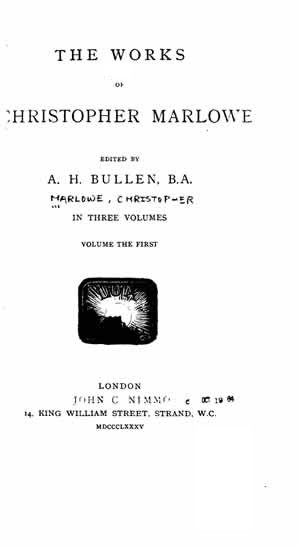

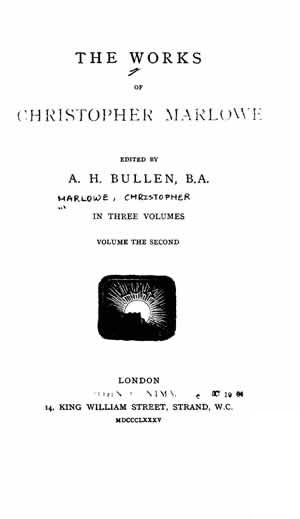
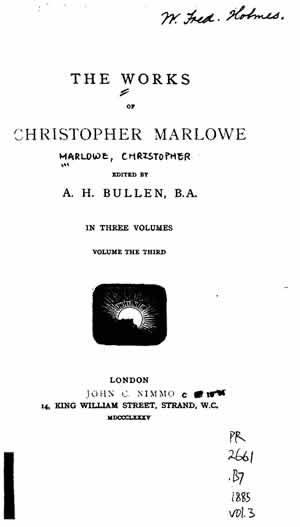
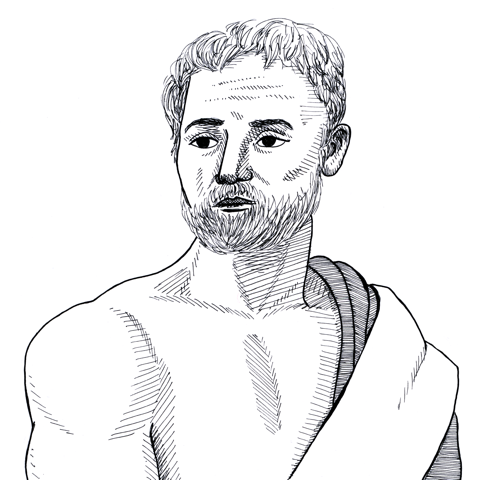
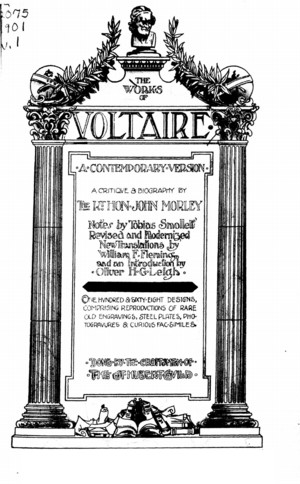

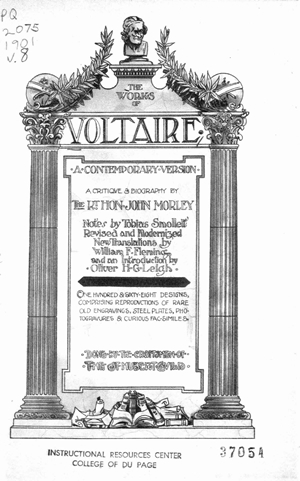
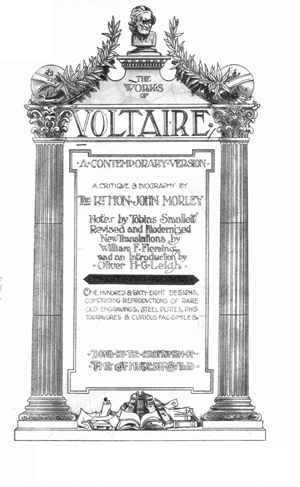
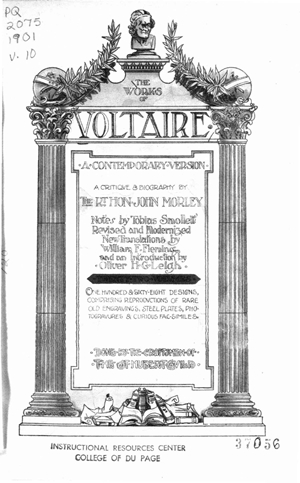
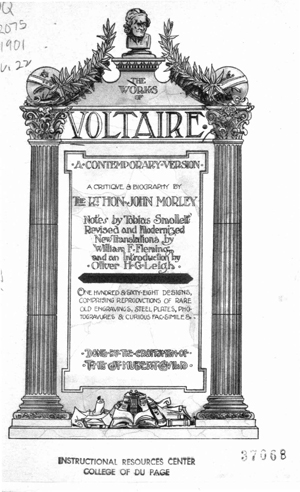
Oliver Herbrand Gordon Leigh (author)
Quotes
Literature & Music
Aeschylus has Prometheus denounce the lord of heaven for unjustly punishing him for giving mankind the gift of fire (5thC BC)
Presidents, Kings, Tyrants, & Despots
After the restoration of the monarchy in 1660, John Milton was concerned with both how the triumphalist monarchists would treat the English people and how the disheartened English people would face their descendants (1660)
Economics
Alexander Pope on how private “self love” can lead to the public good (1732)
Presidents, Kings, Tyrants, & Despots
Cato denounces generals like Julius Caesar who use success on the battlefield as a stepping stone to political power (1710)
Literature & Music
Confucius edited this collection of poems which contains a poem about “Yellow Birds” who ravenously eat the crops of the local people, thus alienating them completely (520 BC)
Odds & Ends
Emerson on selecting the right gift to give at Christmas and New Year (1844)
Colonies, Slavery & Abolition
Emerson on the right of self-ownership of slaves to themselves and to their labor (1863)
Food & Drink
Erasmus argues that Philosophizing is all very well but there is also a need for there to be a Philosopher of the Kitchen (1518)
Free Trade
Harriet Martineau condemns tariffs as a “vicious aristocratic principle” designed to harm the ordinary working man and woman (1861)
Literature & Music
In Measure for Measure, Shakespeare has Isabella denounce the Duke’s deputy for being corrupted by power, “it is excellent To have a giant’s strength, but it is tyrannous To use it like a giant” (1623)
Literature & Music
In Joseph Addison’s play Cato, Cato is asked what it would take for him to be Caesar’s “friend” - his answer is that Caesar would have to first “disband his legions” and then “restore the commonwealth to liberty” (1713)
Literature & Music
In Percy Shelley’s poem Liberty, liberty is compared to a force of nature sweeping the globe, where “tyrants and slaves are like shadows of night” which will disappear in “the van of the morning light” (1824)
Literature & Music
In Shakespeare’s Henry V the king is too easily persuaded by his advisors that the English economy will continue to function smoothly, like obedient little honey-bees in their hive, while he is away with his armies conquering France (1598)
Literature & Music
In Shakespeare’s Henry V the soldier Williams confronts the king by saying that “few die well that die in a battle” and that “a heavy reckoning” awaits the king that led them to it (1598)
Literature & Music
In Shakespeare’s The Tempest Caliban complains about the way the European lord Prospero taught him language and science then enslaved him and dispossessed him of the island on which he was born (1611)
Freedom of Speech
John Milton defends the right of freedom of the press and likens government censors to an “oligarchy” and a free press to a “flowery crop of knowledge” (1644)
Literature & Music
John Milton in Paradise Regained has Christ deplore the “false glory” which comes from military conquest and the despoiling of nations in battle (1671)
Presidents, Kings, Tyrants, & Despots
John Milton laments the case of a people who won their liberty “in the field” but who then foolishly “ran their necks again into the yoke” of tyranny (1660)
Literature & Music
John Milton on Satan’s Reign in Hell
Freedom of Speech
John Milton on the tyranny of government licensed printing (1644)
Literature & Music
John Milton on War and Peace
Freedom of Speech
John Milton opposed censorship for many reasons but one thought sticks in the mind, that “he who destroys a good book, kills reason itself” (1644)
Literature & Music
John Milton’s Advice to Kings
War & Peace
John Trenchard identifies who will benefit from any new war “got up” in Italy: princes, courtiers, jobbers, and pensioners, but definitely not the ordinary taxpayer (1722)
Parties & Elections
John Trenchard on the real nature of political parties (1721)
Economics
Lord Macaulay writes a devastating review of Southey’s Colloquies in which the Poet Laureate’s ignorance of the real condition of the working class in England is exposed (1830)
War & Peace
Lysistrata’s clever plan to end the war between Athens and Sparta (411 BC)
Sport and Liberty
Macaulay and Bunyan on the evils of swearing and playing hockey on Sunday (1830)
The State
Macaulay argues that “the main end” of government is the protection of persons and property (1839)
Presidents, Kings, Tyrants, & Despots
Macaulay argues that politicians are less interested in the economic value of public works to the citizens than they are in their own reputation, embezzlement and"jobs for the boys" (1830)
Rhetoric of Liberty
Macaulay wittily denounces a tyrannical priest as being an intermediate grub between sycophant and oppressor (1837)
The State
Michel Montaigne on the danger of becoming accustomed to state power (1580)
Presidents, Kings, Tyrants, & Despots
Milton argues that a Monarchy wants the people to be prosperous only so it can better fleece them (1660)
Literature & Music
Milton on Eve’s discovery of the benefits of the division of labor in the Garden of Eden (1667)
Presidents, Kings, Tyrants, & Despots
Milton on the ease with which tyrants find their academic defenders (1651)
War & Peace
Milton warns Parliament’s general Fairfax that justice must break free from violence if “endless war” is to be avoided (1648)
Presidents, Kings, Tyrants, & Despots
Montaigne argues that is right and proper for a people to speak ill of a “faulty prince” after his death (1580)
Law
Montesquieu and law as a fishing net (1720)
Presidents, Kings, Tyrants, & Despots
Montesquieu states that the Roman Empire fell because the costs of its military expansion introduced corruption and the loyalty of its soldiers was transferred from the City to its generals (1734)
Economics
Montesquieu thought that commerce improves manners and cures “the most destructive prejudices” (1748)
Politics & Liberty
Montesquieu was fascinated by the liberty which was enjoyed in England, which he attributed to security of person and the rule of law (1748)
Literature & Music
On Achilles' new shield Vulcan depicts the two different types of cities which humans can build on earth; one based on peace and the rule of law; the other based on war, killing, and pillage (900 BC)
Literature & Music
Percy Bysshe Shelley on the new Constitution of Naples which he hoped would be “as a mirror to make … blind slaves see” (1820)
Property Rights
Percy Shelley on the two types of property [1820]
Literature & Music
Shakespeare has King Henry IV reflect on the reasons for invading the Holy Land, namely to distract people from domestic civil war and to “march all one way” under his banner (1597)
Literature & Music
Shakespeare in Pericles on how the rich and powerful are like whales who eat up the harding working “little fish” (1608)
Literature & Music
Shakespeare on sweet love remembered (1609)
Presidents, Kings, Tyrants, & Despots
Shakespeare on the ruler who has “the power to hurt and will do none” (1609)
Taxation
Sven Forkbeard and new Yuletide Taxes (11thC)
War & Peace
The 2nd Day of Christmas: Petrarch on the mercenary wars in Italy and the need for peace on earth (1344)
War & Peace
The 4th Day of Christmas: Dante Alighieri on human perfectibility and peace on earth (1559)
War & Peace
The City of War and the City of Peace on Achilles' new shield (900 BC)
War & Peace
The Duke of Burgundy asks the Kings of France and England why “gentle peace” should not be allowed to return France to its former prosperity (1599)
Presidents, Kings, Tyrants, & Despots
Thomas Gordon asks whether tyranny is worse than anarchy (1728)
Presidents, Kings, Tyrants, & Despots
Thomas Gordon believes that bigoted Princes are subject to the “blind control” of other “Directors and Masters” who work behind the scenes (1737)
War & Peace
Thomas Gordon gives a long list of ridiculous and frivolous reasons why kings and tyrants have started wars which have led only to the enslavement and destruction of their own people (1737)
Literature & Music
Voltaire in Candide says that “tending one’s own garden” is not only a private activity but also productive (1759)
Philosophy
Voltaire lampooned the excessively optimistic Leibnitzian philosophers in his philosophic tale Candide by exposing his characters to one disaster after another, like a tsunami in Lisbon, to show that this was not “the best of all possible worlds”
Economics
Voltaire on the Benefits which Trade and Economic Abundance bring to People living in the Present Age (1736)
Literature & Music
William Shakespeare farewells his lover in a Sonnet using many mercantile and legal metaphors (1609)
Literature & Music
With the return of spring the memories of Petrarch’s beloved Laura awaken a new pang in him (late 14thC)
Notes About This Collection
See also the extracts, chapters, and introductions in the Literature section of the Ideas page.
